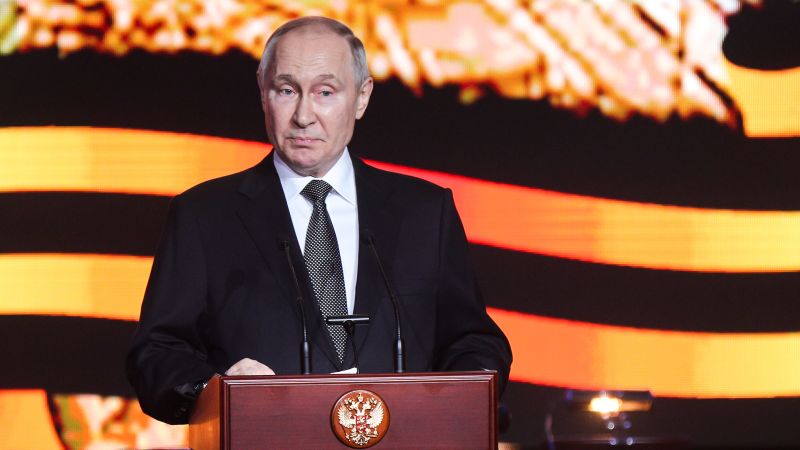
CNN
—
Russian opposition leader Alexey Navalny is fond of a phrase, “the wonderful Russia of the future,” his shorthand for a country without President Vladimir Putin.
But in the year that has passed since the full-scale invasion of Ukraine, Russia has gone back to a dark, repressive past.
Over the last 12 months, Putin’s government has crushed the remnants of Russia’s civil society and presided over his country’s first military mobilization since World War II. Political opponents such as Navalny are in prison or out of the country. And Putin has made it clear that he seeks to reassert Russia as an empire in which Ukraine has no place as an independent state.
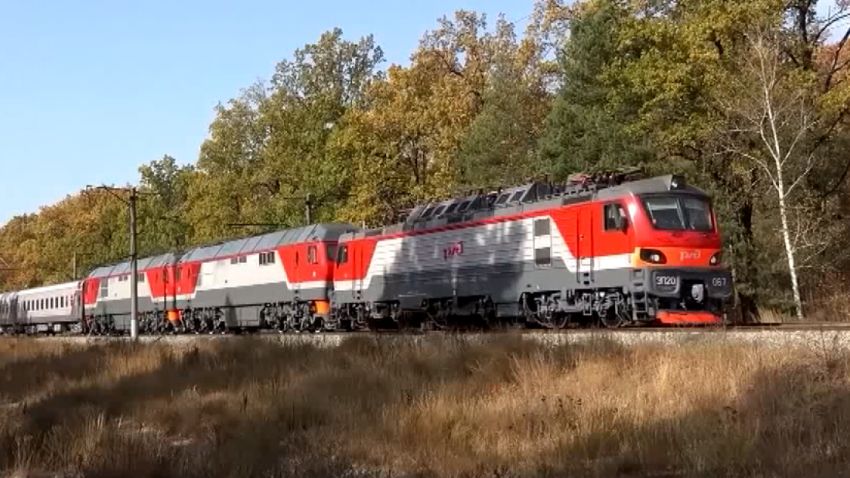
Reporter says Putin is now traveling by armored train. Hear why
The war in Ukraine drew a bright line under the period of High Putinism, a decade that began with Putin’s controversial return to the presidency in 2012. That era, in hindsight, was a prelude to the current war: Russia annexed the Crimean Peninsula in 2014 and backed armed separatists in Ukraine’s Donbas region, while Putin’s technocrats worked on sanction-proofing the Russian economy.
Since last February’s invasion, Putin has shrugged off protests and international sanctions. Independent media and human rights groups have been branded as foreign agents or shut down entirely.
Russia is now in an uncertain new phase, and it’s clear there will be no rewind, no return to the status quo ante, for ordinary citizens.
So is Putin’s grip on power unchallenged? Rumors are now flying inside the country about another wave of mobilization. And in Moscow, signs of elite competition are beginning to emerge, even as some Russians are seeing through the cracks in the wall of state propaganda.
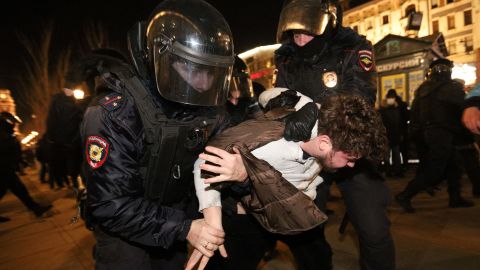
On February 2, Putin paid a visit to the southern Russian city of Volgograd to commemorate the 80th anniversary of the Soviet victory at what was then called Stalingrad, a crucial turning point in what the Russians call the Great Patriotic War.
In his speech at a gala concert in Volgograd, Putin made a direct link between the Battle of Stalingrad – the moment when the momentum shifted on the Eastern Front against Nazi Germany – and the war in Ukraine, warning that Russia faced a similar threat from a “collective West” bent on its destruction.
“Those who draw the European countries, including Germany, into a new war with Russia – and all the more irresponsibly declare this as a fait accompli – those who expect to win a victory over Russia on the battlefield, apparently do not understand that a modern war with Russia will be completely different for them,” he warned.
Invoking Stalingrad was a response to Germany’s decision to send Leopard 2 tanks to Ukraine, something Putin complained was “unbelievable, but true.” But the President’s visit to Volgograd had an element of what well-known Russian political scientist Kirill Rogov described as the “cosplay” – costume play – that Russia’s ruling class uses to drape their policies in the garments of a heroic past.
“Putin arrived in Volgograd, which was renamed Stalingrad for a few days on the occasion of the anniversary of the Battle of Stalingrad,” Rogov wrote on Telegram. “The anniversary of the Battle of Stalingrad, which is perceived as a turning point in the Patriotic War, is, of course, used as a great allusion and patriotic warm-up before the decisive second offensive against Ukraine that is being prepared.”
Ukrainian officials have been warning for weeks that Russia may be preparing a major new assault, perhaps to coincide with the anniversary of the 2022 invasion. Back in September, Putin ordered a “partial mobilization” after a swift and unexpected Ukrainian counteroffensive that chased Russian forces out of the northeastern Kharkiv region and set the stage for Ukraine’s recapture of the southern city of Kherson. Many of those troops have now gone through the training pipeline, further fueling speculation that Russia is committed to a manpower-intensive war of attrition.
Observers also note that Russia’s military has been adapting. While Putin never got the victory parade in Kyiv his generals were planning for, he has appointed a new battlefield commander, signaling another change in strategy.
“After the failure of the (2022) blitzkrieg, Russia adapted and placed its bets on a long war, relying on its superior numbers in population, resources, military industry and the size of its territory beyond reach of enemy strikes,” Russian political observer and commentator Alexander Baunov wrote in a recent Telegram post. “This is a war of attrition that can be won without involving too many people … On the strategy of ‘wait them out, add pressure, put the squeeze on.’”
War, however, is fluid and unpredictable. As Baunov noted, the recent decision by Germany, the United States and other European allies to deliver main battle tanks to Ukraine may test Putin’s long game.
“A return to rapid warfare with tanks ruins this new strategy that Russia has just set its sights on,” Baunov wrote. “New people may also be needed to hold the front, and this is risky.”
In pictures: Russia invades Ukraine
Exactly why this is risky should be clear: The first mobilization caused major tremors in Russian society. Hundreds of thousands of Russians voted with their feet. Protests erupted in ethnic minority regions such as Dagestan where police faced off against anti-mobilization demonstrators in multiple cities. Russian social media saw a surge of videos and public complaints about the lack of equipment and appalling conditions for newly mobilized recruits.
Putin was able to weather the unrest with his formidable and well-funded security apparatus, much as he was able to crack down on antiwar protests that broke out right after the February 24 invasion. And in the months that followed mobilization, Russia made some slow, grinding advances in Ukraine’s Donbas region, particularly around the embattled city of Bakhmut.
Many of those advances have been led by soldiers of the Wagner Group, a private military company headed by oligarch Yevgeny Prigozhin. Many reports on Wagner have focused on the group’s brutal tactics, including human-wave attacks and summary execution for waverers or deserters.
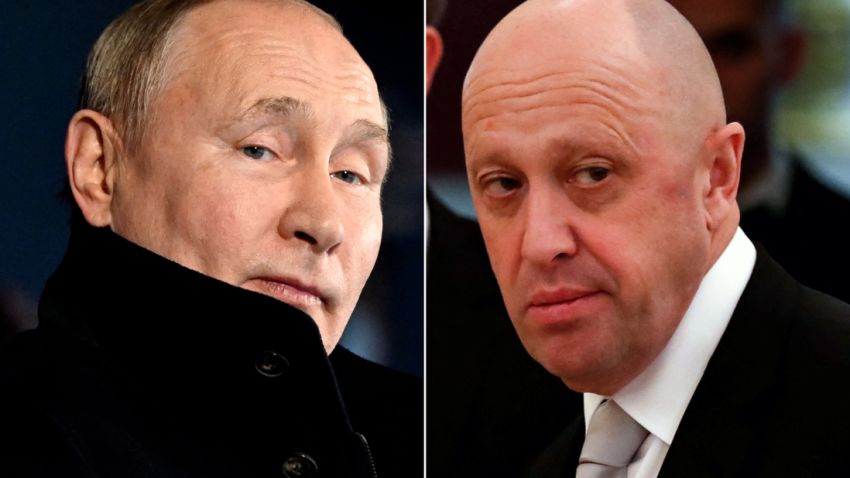
Could this man replace Putin? Hear Russian journalist’s answer
But Wagner’s methods are also a flashback to a bleak chapter of Soviet history. Prigozhin has recruited thousands of prisoners with the promise of amnesty or a pardon, a practice that mirrors Stalin’s use of penal battalions and convicts to take on desperate or suicidal missions in the toughest sectors of the front, using human-wave attacks to overwhelm enemy defenses, regardless of the human cost.
The mercenary group says it is no longer recruiting prisoners, but Wagner’s costly battlefield successes have raised Prigozhin’s profile. While the oligarch has no official government office or administrative power, his ability to deliver some results and his swaggering PR operation have vaulted him significantly closer to Putin.
How close, exactly, is a matter of intense debate. In an interview with CNN’s Erin Burnett, Russian author and journalist Mikhail Zygar called Prigozhin’s ambitions “the most hot topic for speculation in Moscow,” noting that he is accumulating a political following that would potentially allow him to challenge Putin.
“He’s the first folk hero (in) many years,” Zygar said. “He’s a hero for the most ultraconservative – the most, I would say, fascist – part of Russian society, as long as we don’t have any liberal part in Russian society, because most of the leaders of that part of Russian society have left, he’s an obvious rival to President Putin.”
Recent speculation has centered on whether rivals within Russia’s power elite have been trying to clip Prigozhin’s wings. Russian political analyst Tatiana Stanovaya recently offered a skeptical take on Prigozhin’s rise that factors in some of those considerations. In a recent article published by the Carnegie Endowment for International Peace, she noted that Prigozhin has rivalries with Russia’s power ministries and doesn’t have much showing in polls.
“Is Prigozhin ready to challenge Putin?” she wrote in a recent piece. “While the answer is negative, there is one important ‘but.’ It is difficult to remain balanced and sane after going through bloody meat grinders and losing a significant part of one’s personnel. As long as Putin is relatively strong and able to maintain a balance between groups of influence, Prigozhin is safe. But the slightest easing could provoke Prigozhin to challenge power, even if not directly to Putin at first. War breeds monsters, whose recklessness and desperation can become a challenge to the state.”
Part of the fascination with Prigozhin has to do with the fact that Putin, until a year ago, enjoyed a secure monopoly on power. The authorities were well practiced in quashing street protests, and any meaningful political opposition had been effectively neutered. That’s fueled speculation – or perhaps wishful thinking – that the collapse of Putinism might be brought on by some fissure within the elite. The so-called siloviki (the hardcore authoritarians in Putin’s inner circle) remain publicly loyal, but further setbacks in Ukraine may create a potential scramble for power.
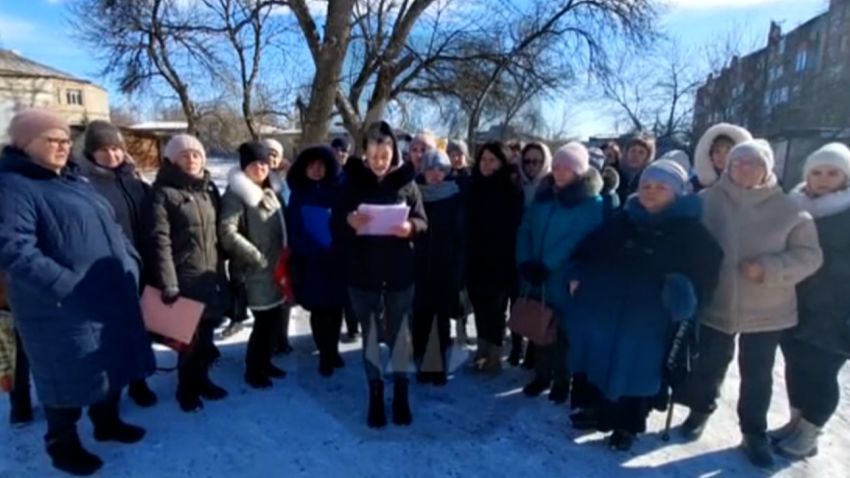
Russian mothers gather to send Putin a message about their sons fighting in war
Against that backdrop, some Russians have taken refuge in a form of political apathy. CNN recently spoke to several Muscovites about how their lives have changed since last year, on condition that their surnames not be used over the risks of publicly criticizing the government.
“There have been a lot of changes (in Russia), but I can’t really make a difference,” said Ira, a 47-year-old who works for a business publication. “I just try to keep some internal balance. Maybe I’m too apolitical, but I don’t feel it (further mobilization) is going to happen.”
Ira said she felt acute anxiety in February and March of last year, immediately after the invasion. She had just bought an apartment and was worried that work might dry up and she wouldn’t be able to pay her mortgage.
“It got a lot worse in the spring,” she said. “Now it seems we’ve gotten used to a new reality. I started to meet and go out with girlfriends. I started to buy a lot more wine.”
The restaurants are now full, she said, but added: “The faces look completely different. The hipsters – you know what hipsters are? – there are less of them.”
Ira doesn’t have a son, so she does not have to worry about him being mobilized. But she did say that her 21-year-old daughter has started going out to kvartirniki – informal, word-of-mouth gatherings in private apartments, somewhat reminiscent of the underground performances held in the Soviet era.
Olya, a 51-year-old events organizer with two teenage children, said her family had opted for more domestic holidays. Europe is largely closed to direct flights from Russia, and opportunities to travel abroad are more limited.
“We started to travel around the country more,” she said.
Olya and her family travel with a group of friends, but some topics are off-limits in that circle.
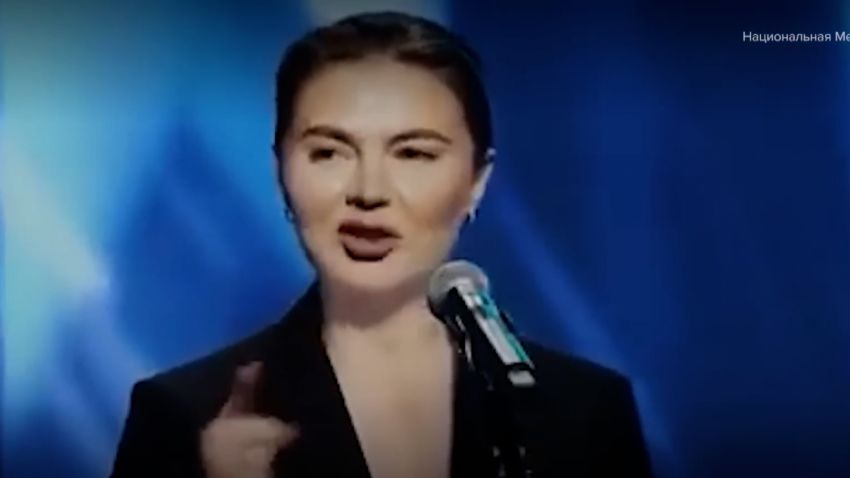
Putin’s reputed girlfriend makes public comments about Ukraine war
“We know in our group what everyone thinks about it (the war) but we don’t talk about it, otherwise we’ll end up squabbling,” she said.
Life carries on, Olya said, even though there is a war on. “I can’t influence the situation,” she said. “My friends say, we do what we can, what’s possible. It doesn’t help to get depressed.”
Helping matters for the Russian government is the unexpected durability of parts of the Russian economy, despite heavy Western sanctions. The war has been costly for the government – the country’s Finance Ministry recently admitted it ran a higher-than-expected deficit in 2022, in large part due to a 30% increase in defense spending over the previous year – but the International Monetary Fund is projecting a small return to GDP growth for Russia in 2023 of 0.3%.
A 38-year-old entrepreneur named Georgy told CNN that from the perspective of his businesses, things appeared to be picking up.
“Those who adapted quickly reorganized, they are seeing growth,” he said. “In January we concluded an unusual number of deals, and most of our activity usually picks up in February.”
Georgy spoke to CNN while in a Moscow traffic snarl, evidence that life in the capital has resumed some of its normal rhythm.
“In terms of everyday life, practically nothing has changed,” he said, talking about the cutoff of Western imports. “If we’re talking parts for a (Mercedes Benz) G-Class, it might be trickier.”
Asked if his business was affected by the exodus of Russians since the beginning of the war, Georgy said no.
“Those I know personally who left? Probably about five people,” he said. “I have a patriotic social circle.”
Georgy said he was skeptical of state media, saying he looked for other sources of information. And he acknowledged that he could theoretically be called up in another wave of mobilization.
“My attitude is somewhat philosophical,” he said. “Of course, I’d prefer not to.”
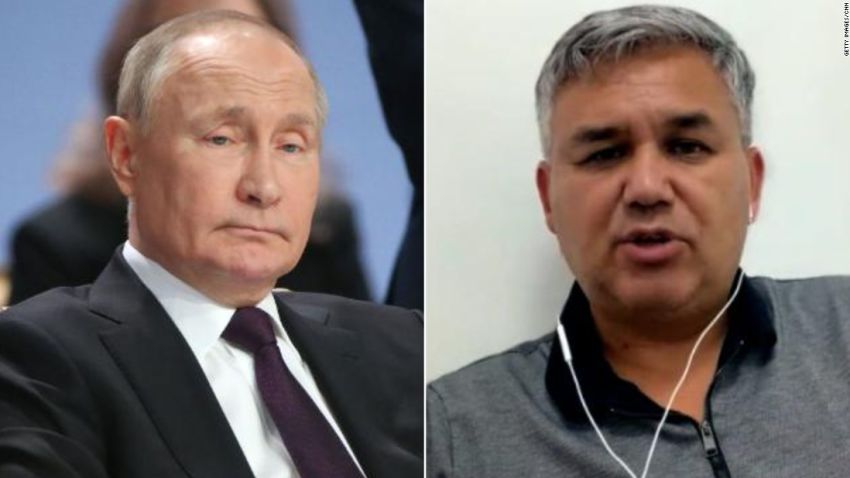
‘He’s becoming more and more emotional’: Putin’s former speechwriter decodes behavior
Before last February, Russia’s budding middle class could benefit from Putin’s social contract: Stay out of politics, and you’ll enjoy life in a European-style Moscow or St. Petersburg. Now that the bargain is out the window. Russia is further than ever from Europe, and it remains to be seen if support for an open-ended war can be sustained.

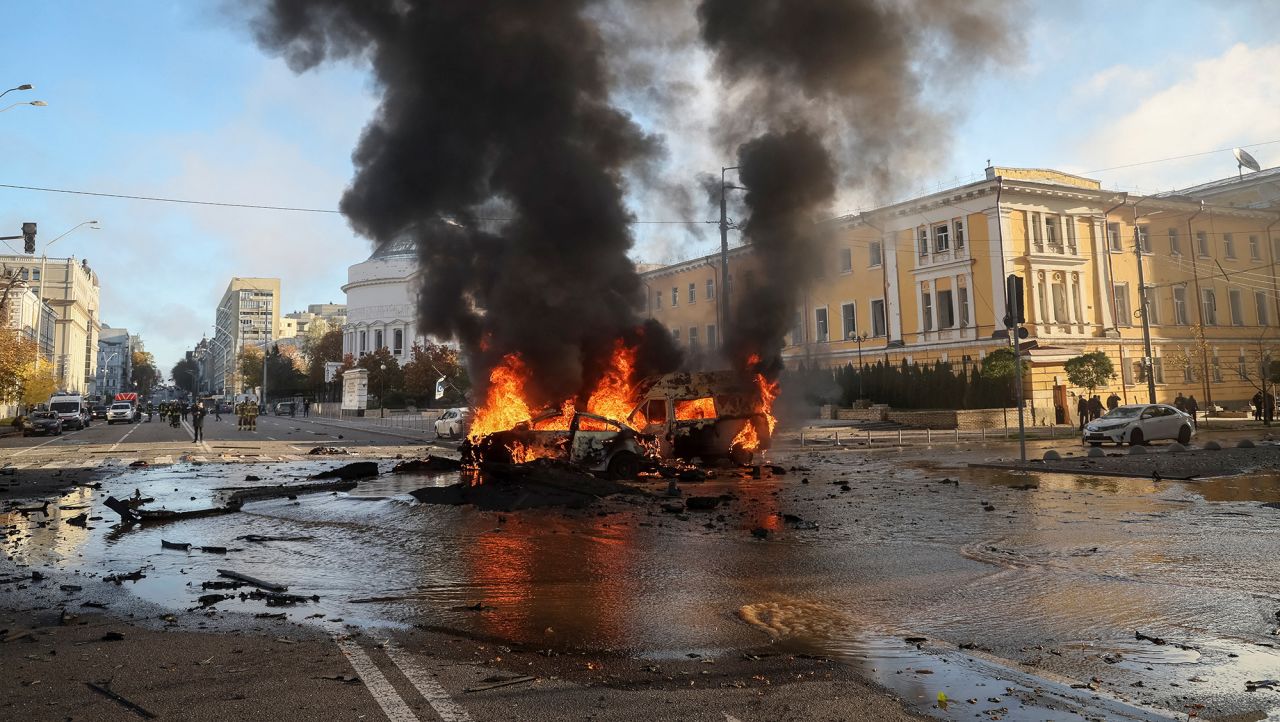 Russian military strike in central Kyiv, Ukraine, on October 10. At least 19 people were killed and more than 100 injured in Russian missile strikes on Kyiv and other Ukrainian cities on Monday as Moscow targeted critical energy infrastructure.” class=”image_gallery-image__dam-img image_gallery-image__dam-img–loading” onload=’this.classList.remove(‘image_gallery-image__dam-img–loading’)’ height=”1128″ width=”2000″/>
Russian military strike in central Kyiv, Ukraine, on October 10. At least 19 people were killed and more than 100 injured in Russian missile strikes on Kyiv and other Ukrainian cities on Monday as Moscow targeted critical energy infrastructure.” class=”image_gallery-image__dam-img image_gallery-image__dam-img–loading” onload=’this.classList.remove(‘image_gallery-image__dam-img–loading’)’ height=”1128″ width=”2000″/>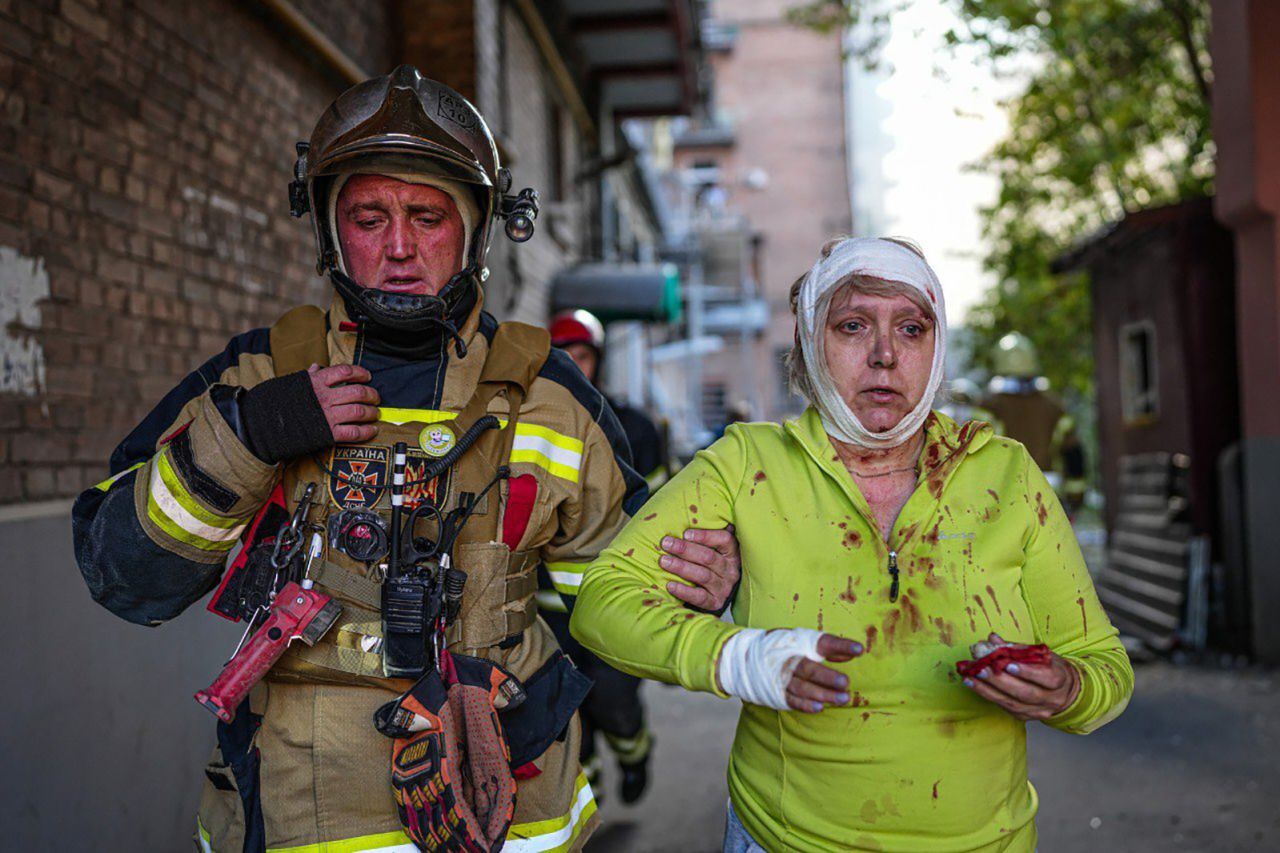
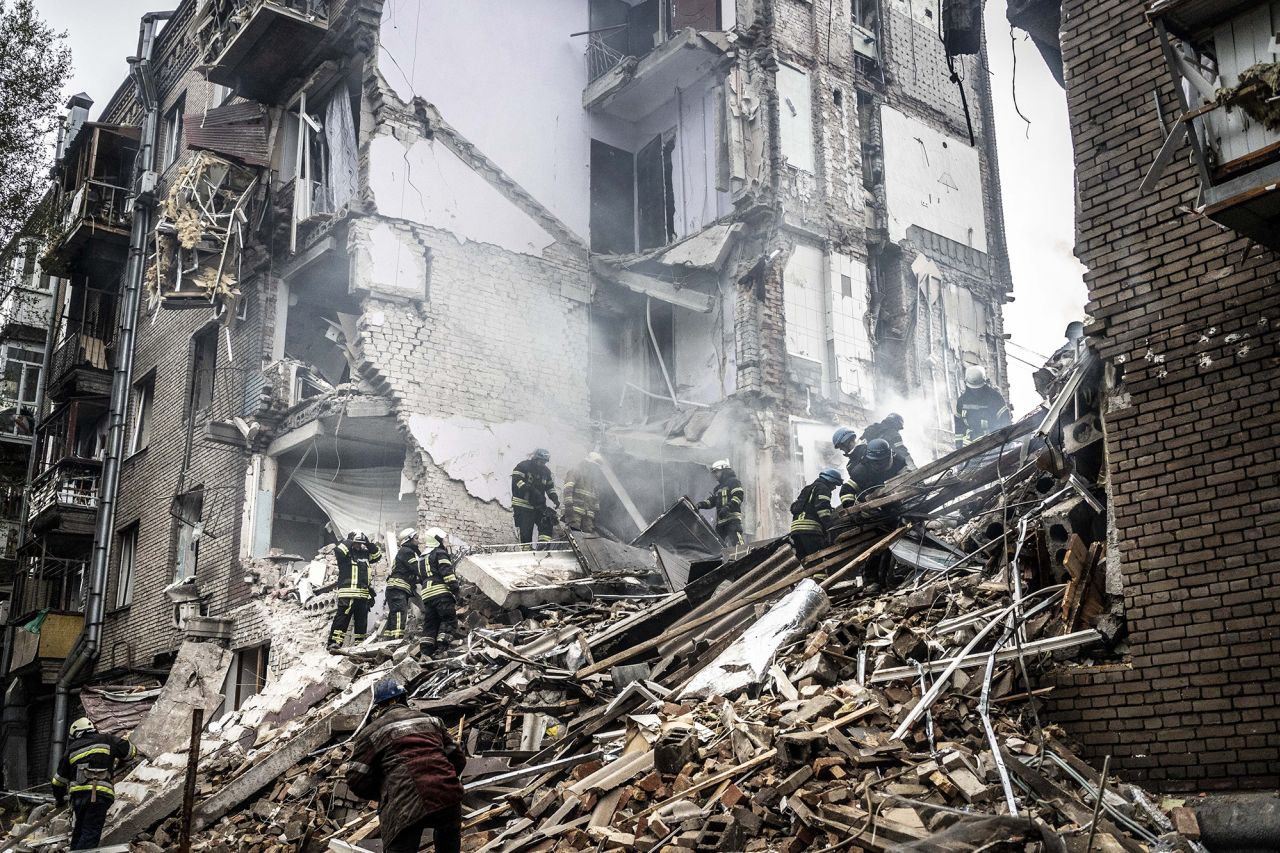
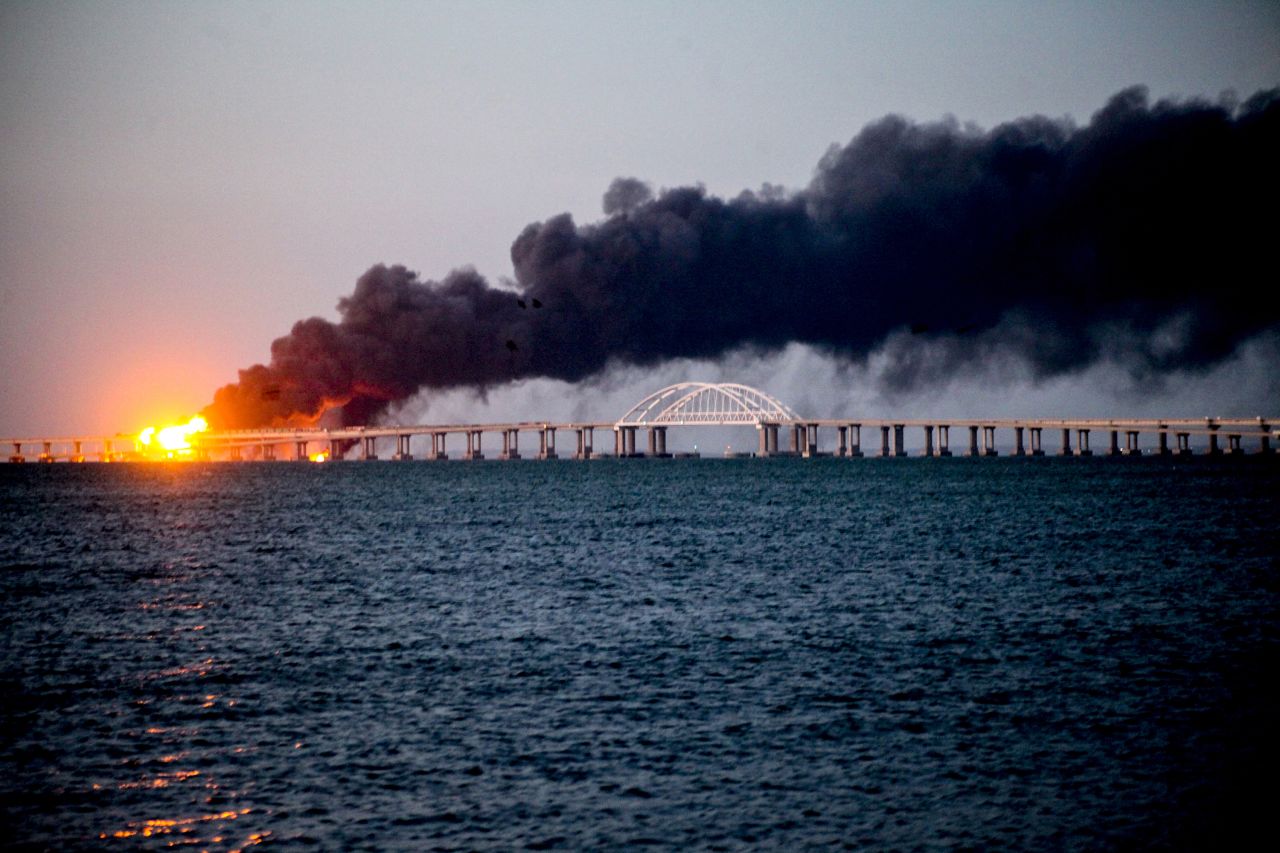
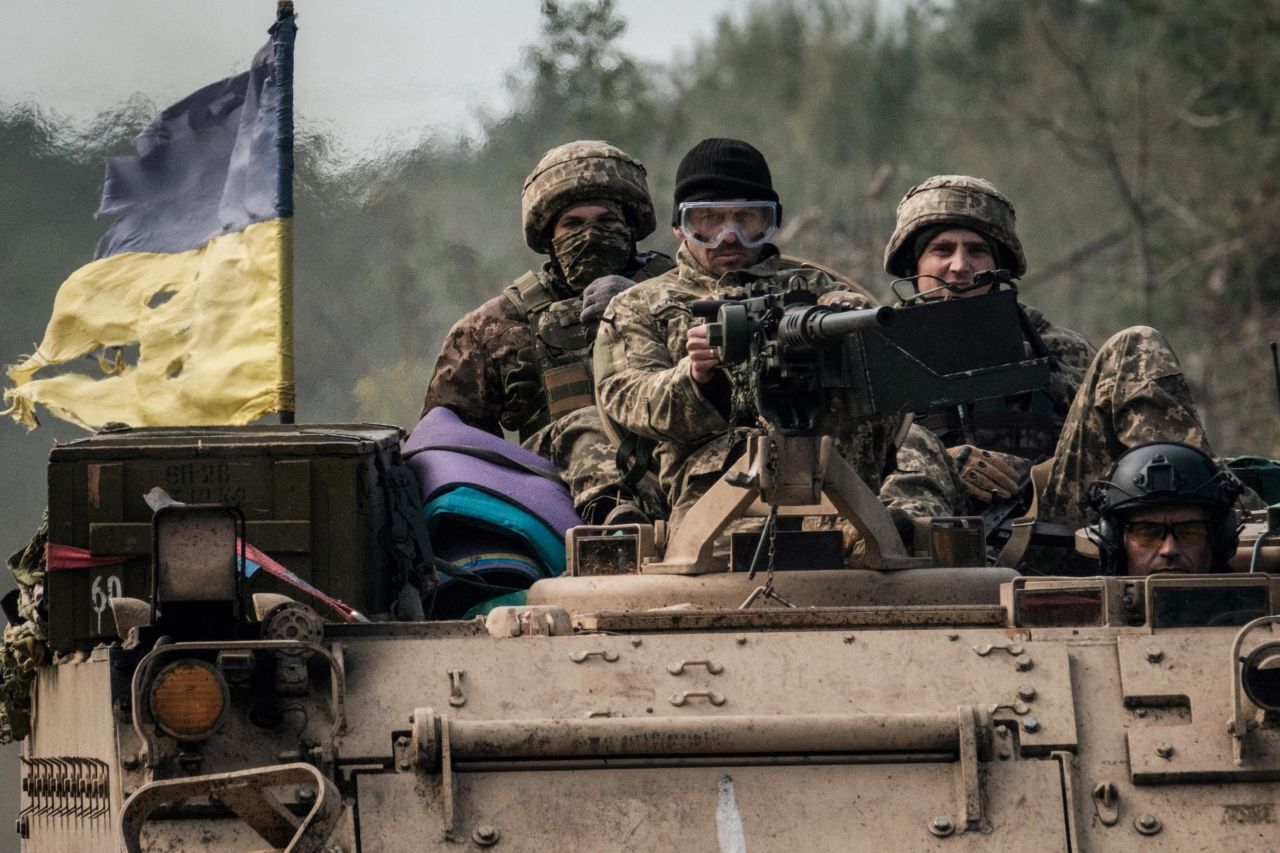 Ukrainian military continues to advance into several of the areas Russia now claims as its own.” class=”image_gallery-image__dam-img image_gallery-image__dam-img–loading” onload=’this.classList.remove(‘image_gallery-image__dam-img–loading’)’ height=”1953″ width=”2930″/>
Ukrainian military continues to advance into several of the areas Russia now claims as its own.” class=”image_gallery-image__dam-img image_gallery-image__dam-img–loading” onload=’this.classList.remove(‘image_gallery-image__dam-img–loading’)’ height=”1953″ width=”2930″/>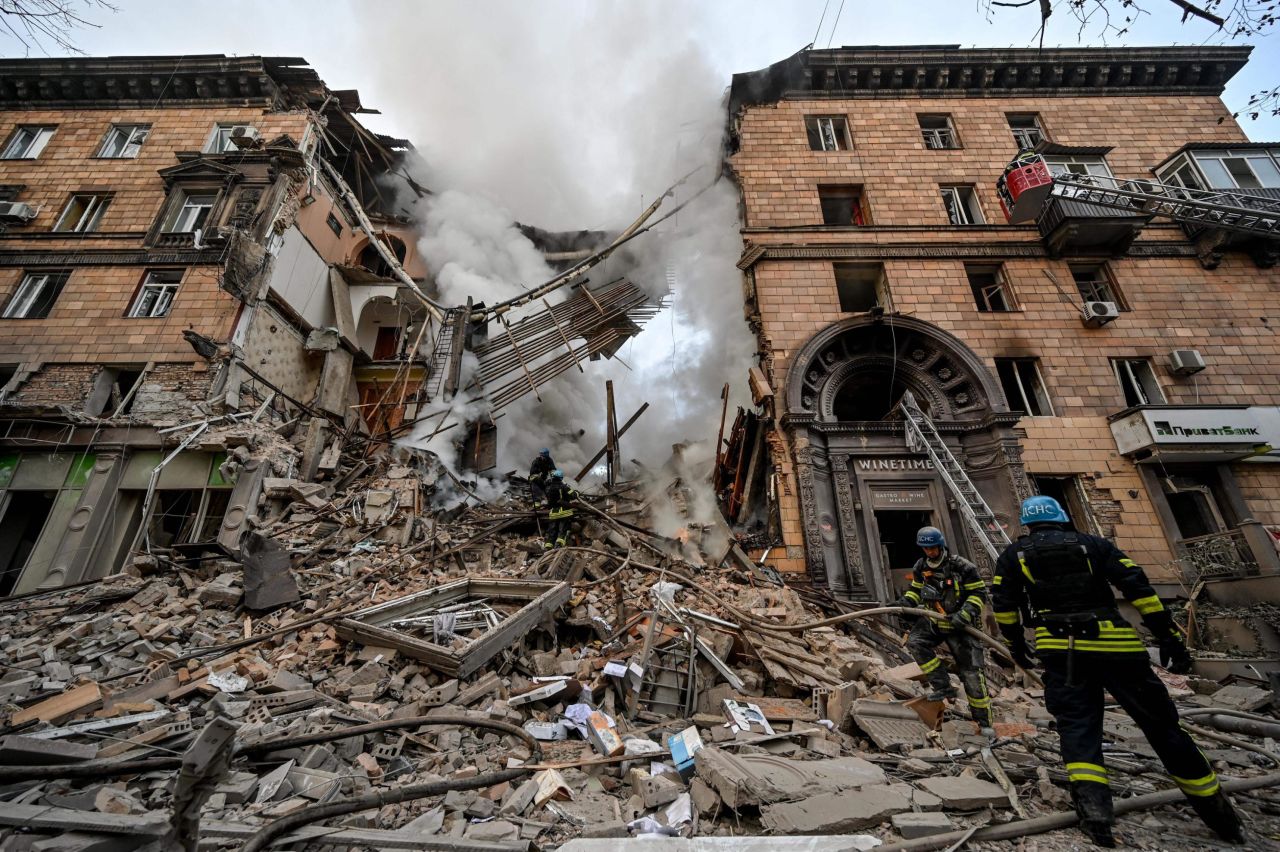
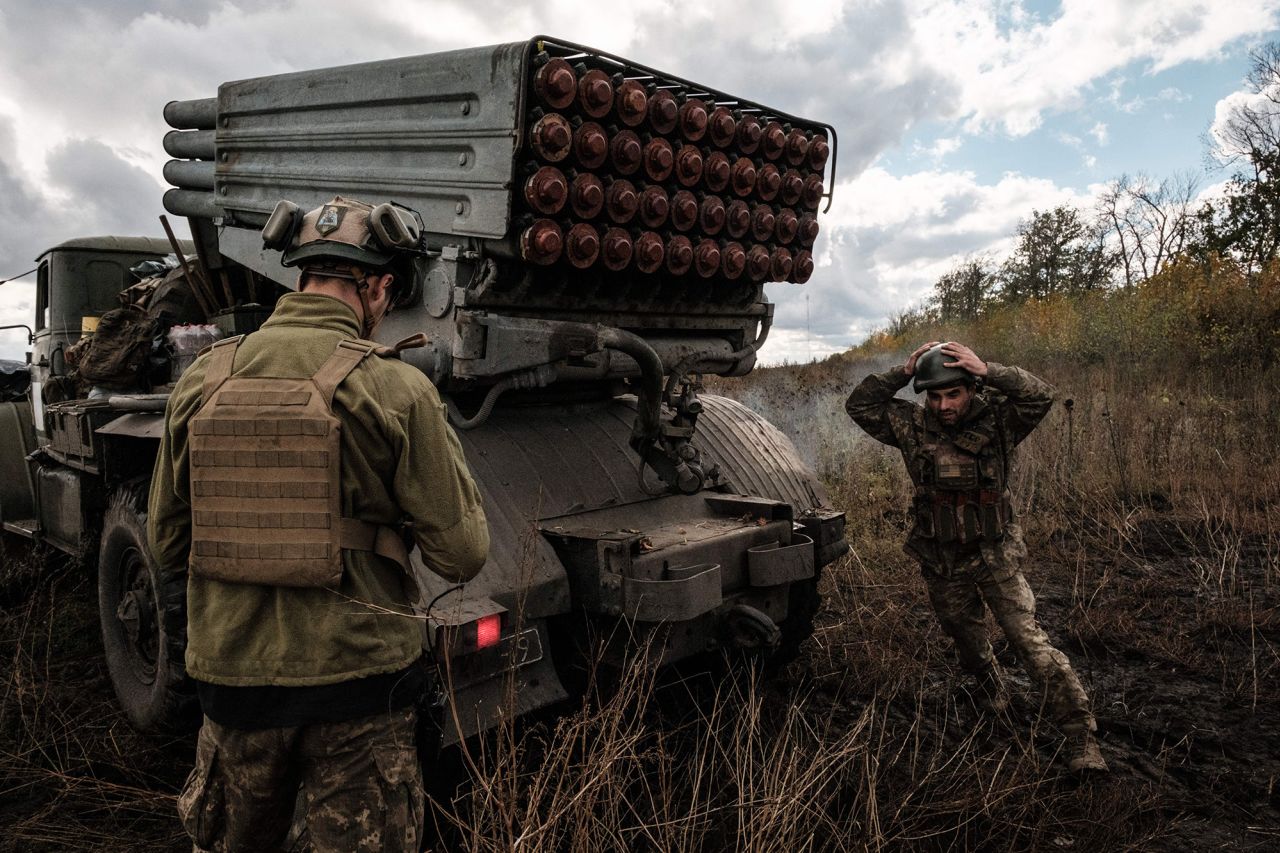
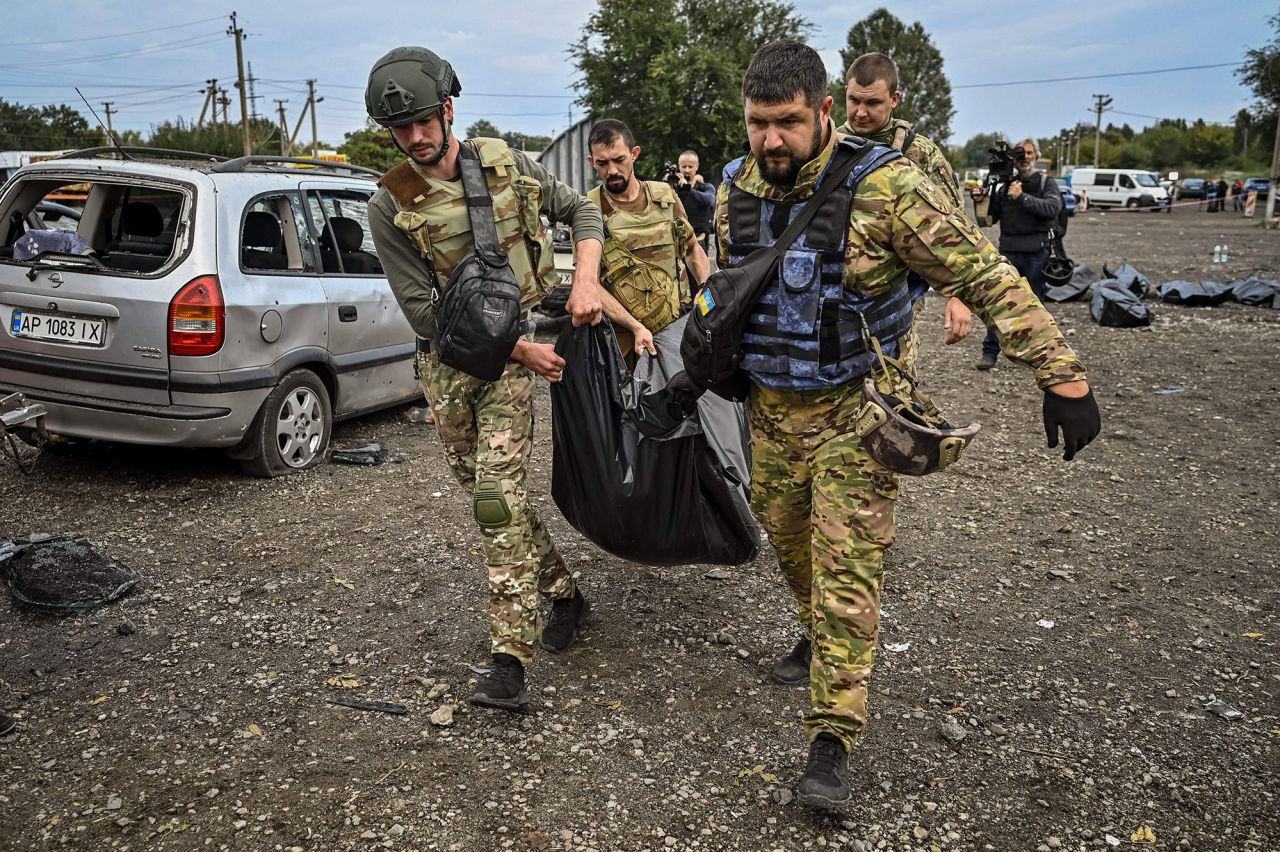 strike on a convoy of civilian cars that killed at least 30 people near Zaporizhzhia, Ukraine, on September 30.” class=”image_gallery-image__dam-img image_gallery-image__dam-img–loading” onload=’this.classList.remove(‘image_gallery-image__dam-img–loading’)’ height=”1331″ width=”2000″/>
strike on a convoy of civilian cars that killed at least 30 people near Zaporizhzhia, Ukraine, on September 30.” class=”image_gallery-image__dam-img image_gallery-image__dam-img–loading” onload=’this.classList.remove(‘image_gallery-image__dam-img–loading’)’ height=”1331″ width=”2000″/>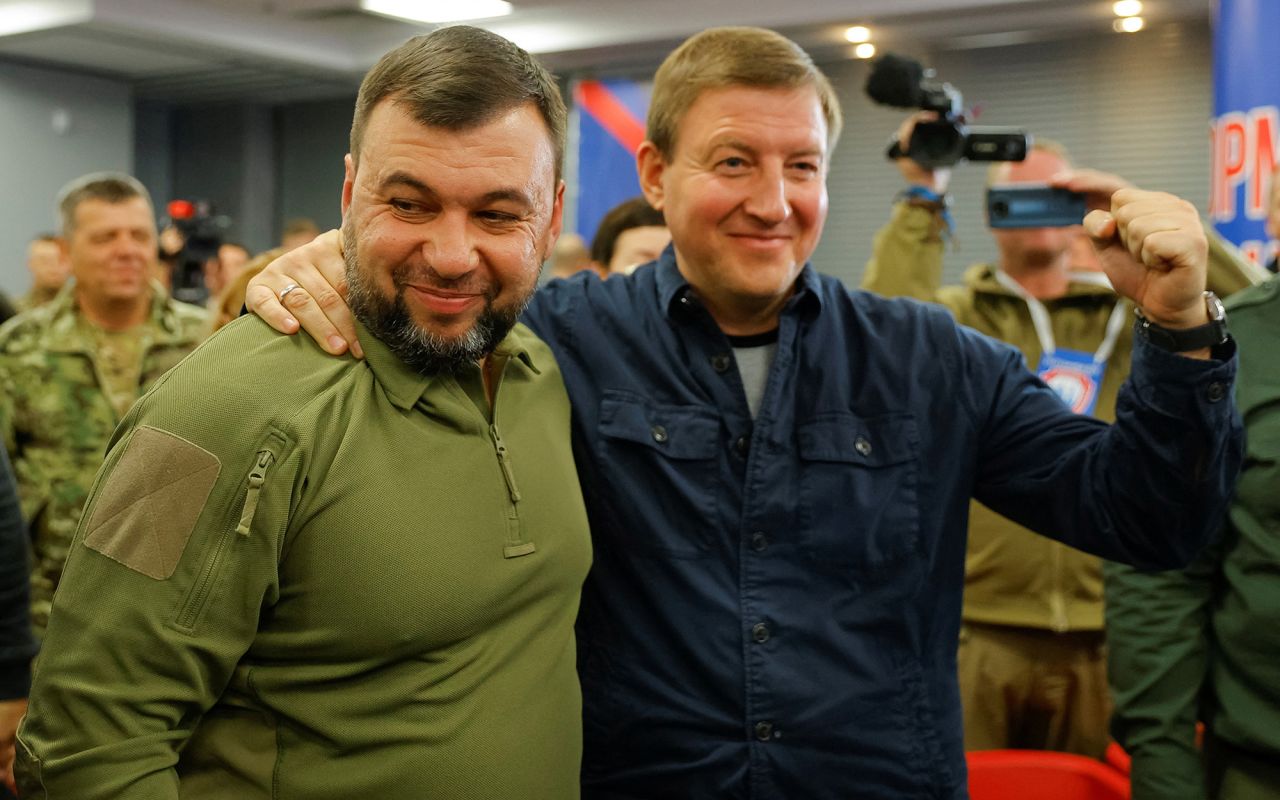 results of a referendum on the joining of the DPR to Russia, in Donetsk, Ukraine, on September 27.” class=”image_gallery-image__dam-img image_gallery-image__dam-img–loading” onload=’this.classList.remove(‘image_gallery-image__dam-img–loading’)’ height=”1250″ width=”2000″/>
results of a referendum on the joining of the DPR to Russia, in Donetsk, Ukraine, on September 27.” class=”image_gallery-image__dam-img image_gallery-image__dam-img–loading” onload=’this.classList.remove(‘image_gallery-image__dam-img–loading’)’ height=”1250″ width=”2000″/>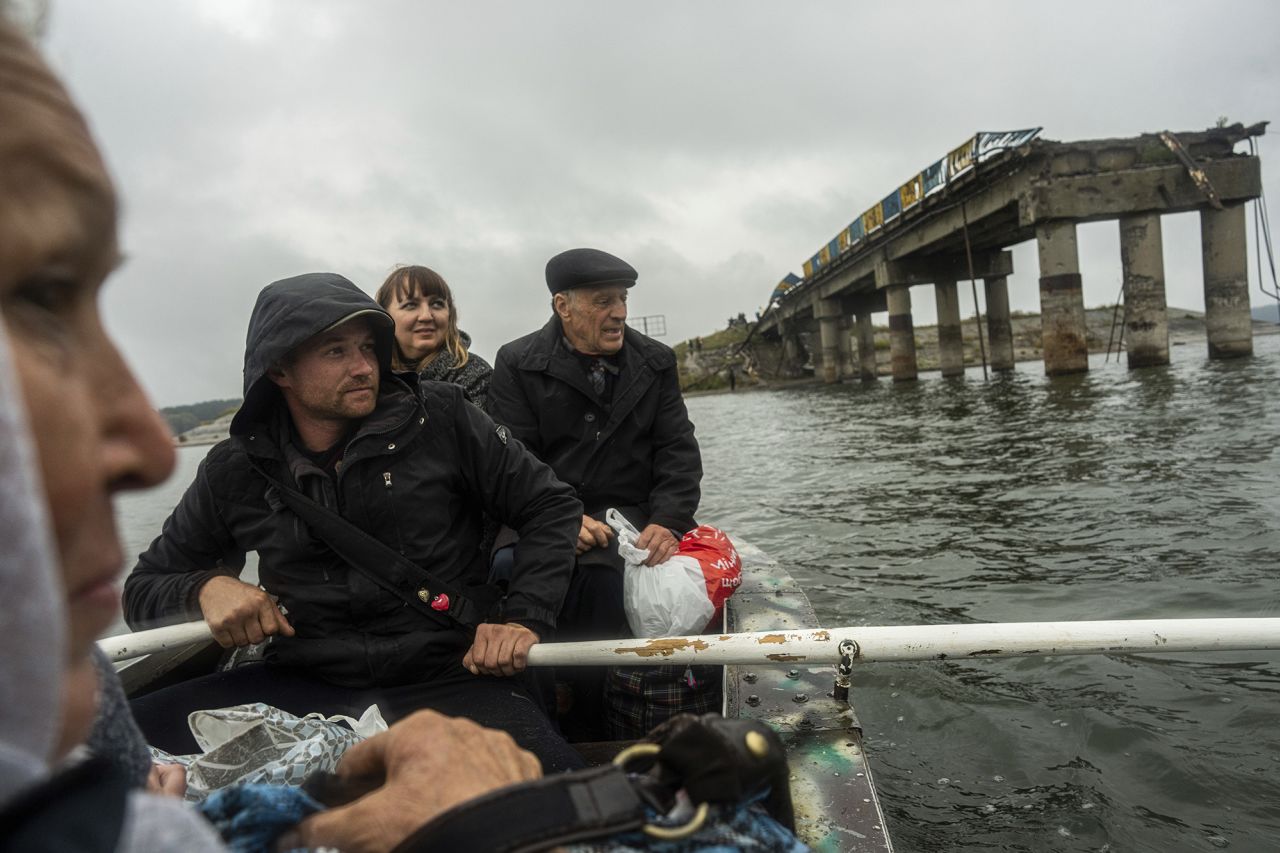
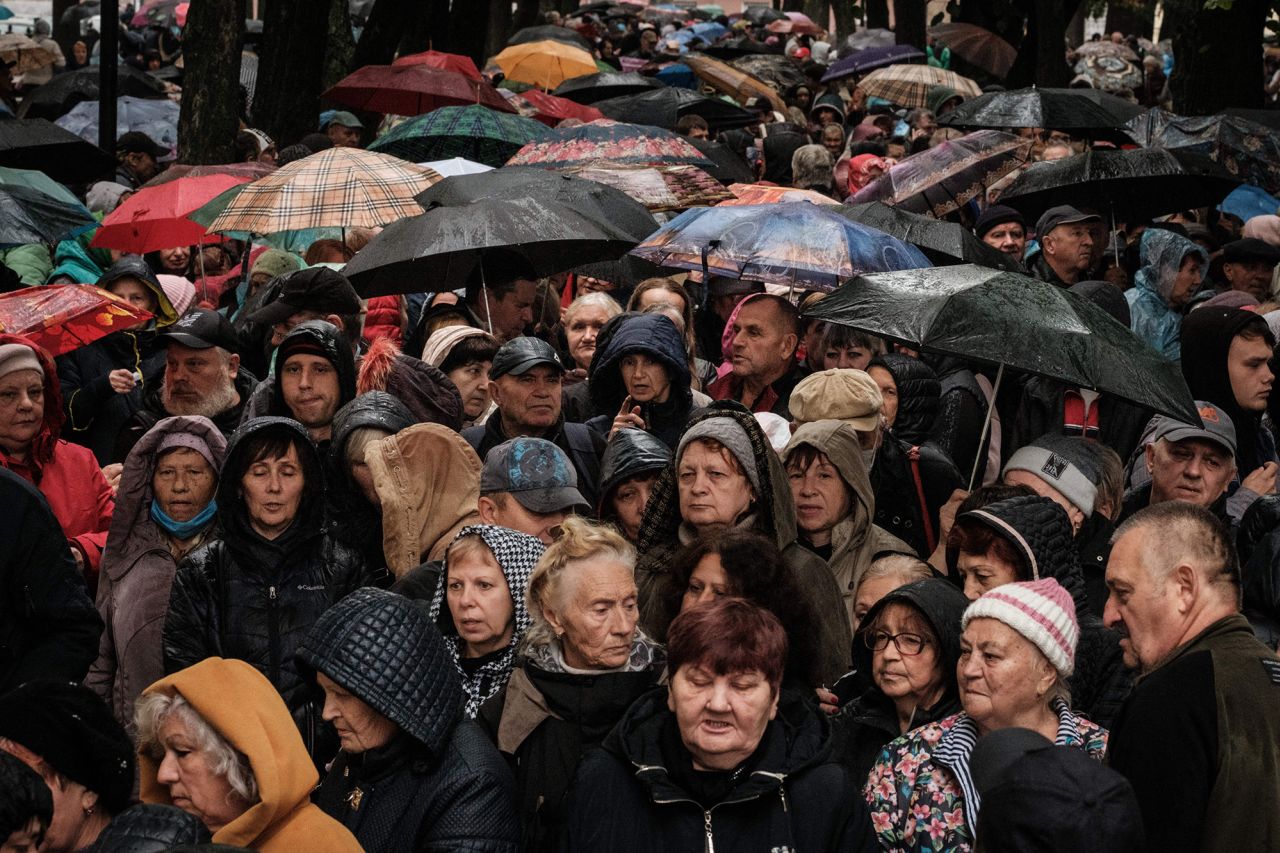
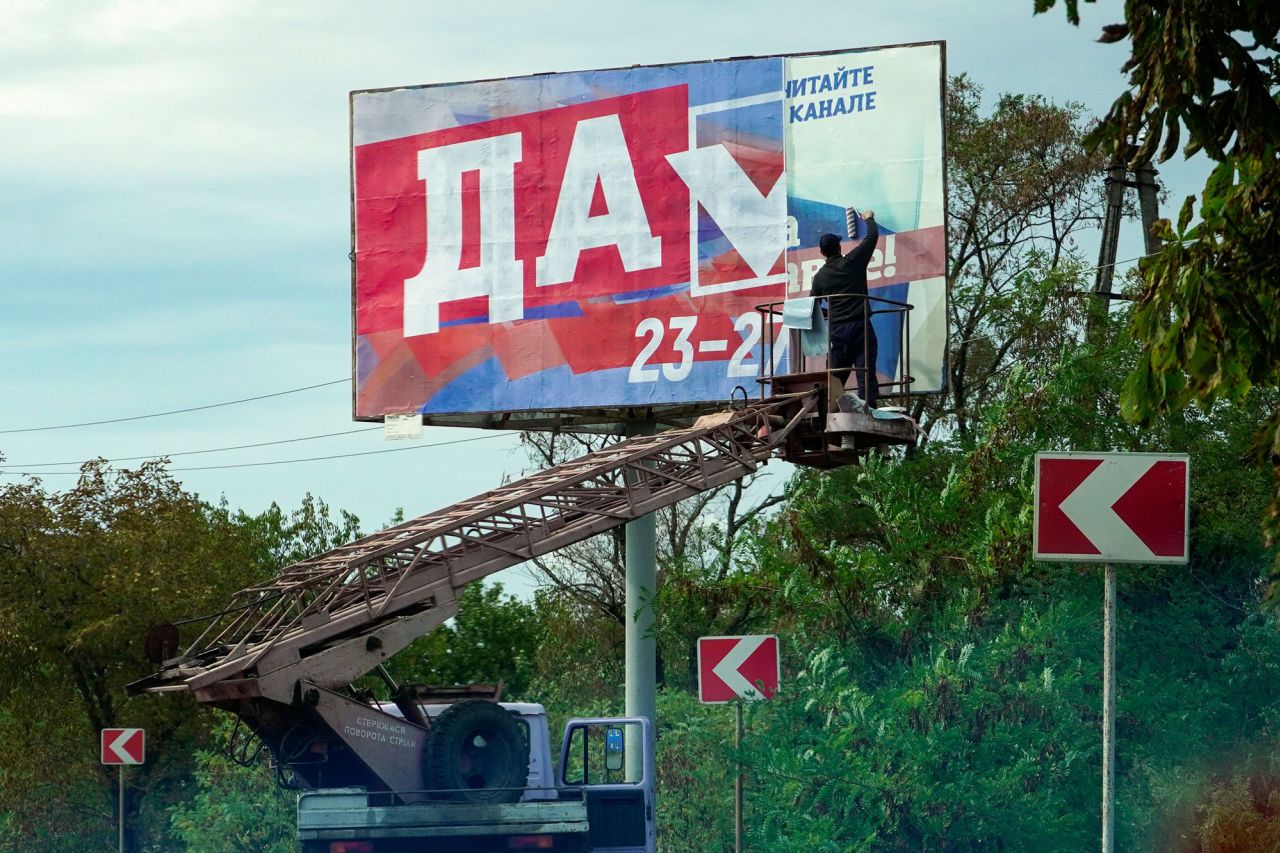 referendum poster reading “Yes” in Berdyansk, Ukraine, on September 26. Russia is attempting to annex up to 18% of Ukrainian territory, with President Vladimir Putin expected to host a ceremony in the Kremlin to declare four occupied Ukrainian territories part of Russia.” class=”image_gallery-image__dam-img image_gallery-image__dam-img–loading” onload=’this.classList.remove(‘image_gallery-image__dam-img–loading’)’ height=”1333″ width=”2000″/>
referendum poster reading “Yes” in Berdyansk, Ukraine, on September 26. Russia is attempting to annex up to 18% of Ukrainian territory, with President Vladimir Putin expected to host a ceremony in the Kremlin to declare four occupied Ukrainian territories part of Russia.” class=”image_gallery-image__dam-img image_gallery-image__dam-img–loading” onload=’this.classList.remove(‘image_gallery-image__dam-img–loading’)’ height=”1333″ width=”2000″/>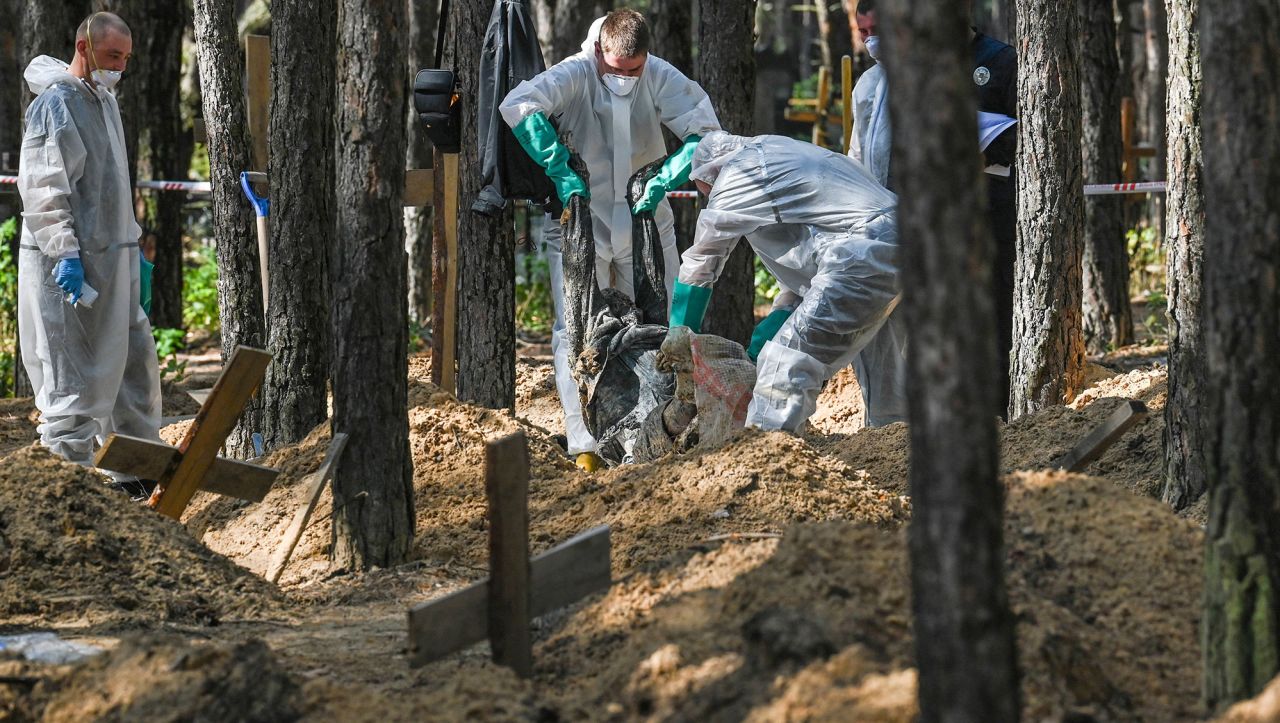 mass grave in a forest on the outskirts of Izyum, eastern Ukraine on September 18. Ukrainian authorities discovered hundreds of graves outside the formerly Russian-occupied city.” class=”image_gallery-image__dam-img image_gallery-image__dam-img–loading” onload=’this.classList.remove(‘image_gallery-image__dam-img–loading’)’ height=”1129″ width=”2000″/>
mass grave in a forest on the outskirts of Izyum, eastern Ukraine on September 18. Ukrainian authorities discovered hundreds of graves outside the formerly Russian-occupied city.” class=”image_gallery-image__dam-img image_gallery-image__dam-img–loading” onload=’this.classList.remove(‘image_gallery-image__dam-img–loading’)’ height=”1129″ width=”2000″/>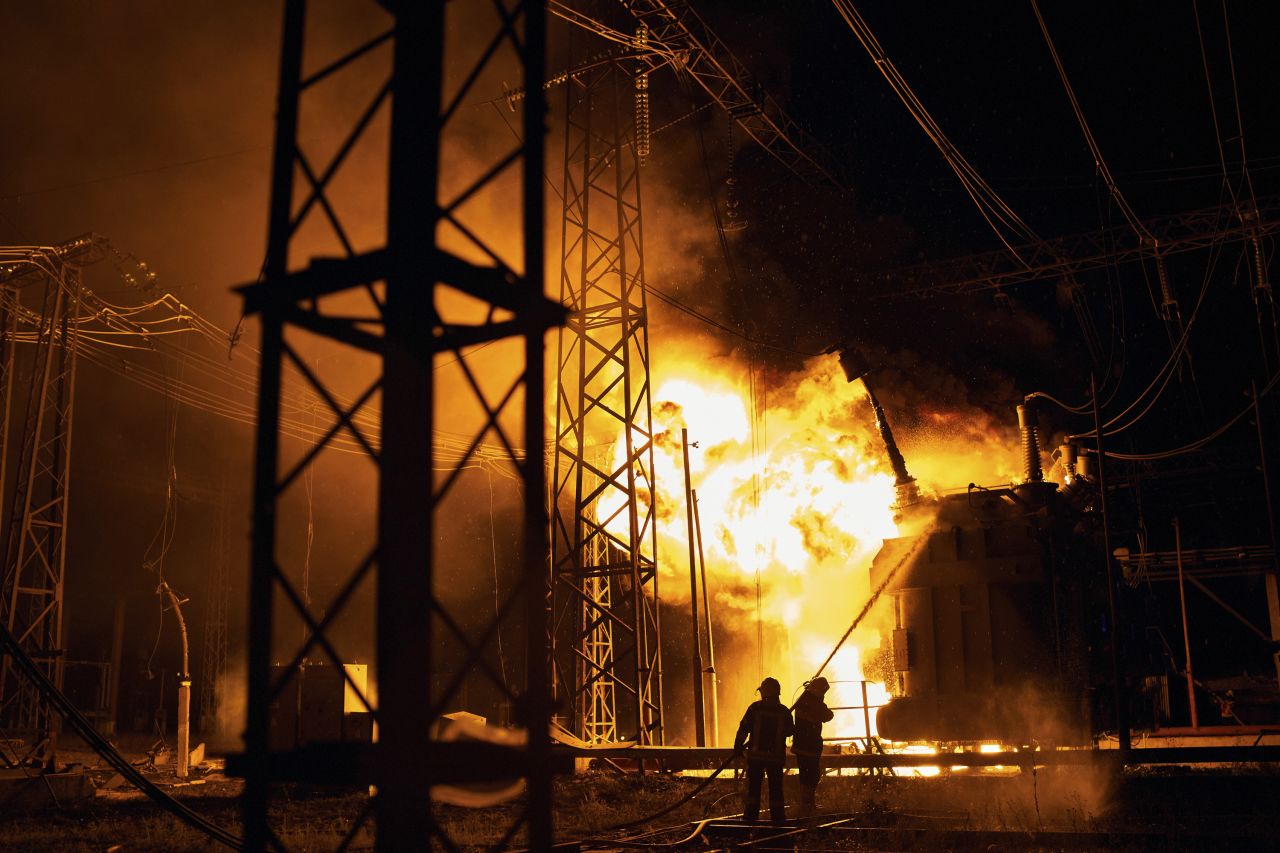
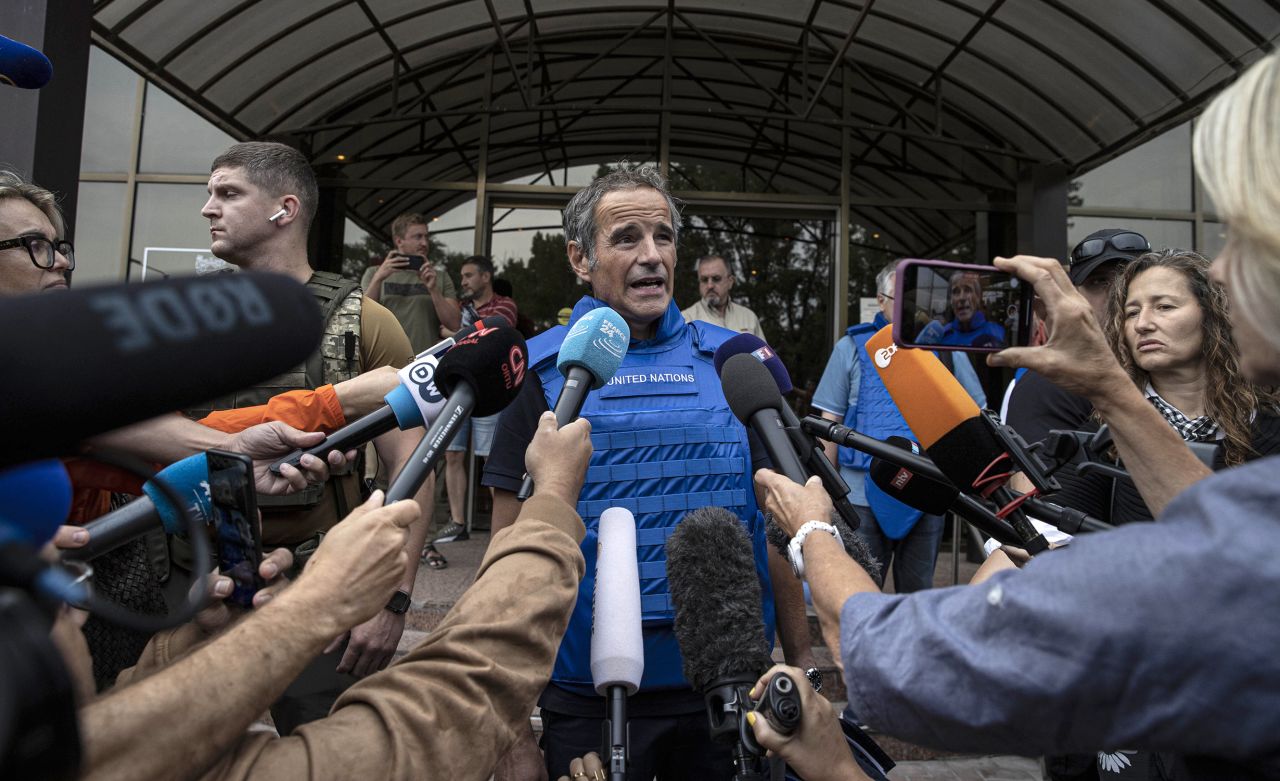 inspect the Zaporizhzhia nuclear power plant in Zaporizhzhia, Ukraine, on September 1.” class=”image_gallery-image__dam-img image_gallery-image__dam-img–loading” onload=’this.classList.remove(‘image_gallery-image__dam-img–loading’)’ height=”1501″ width=”2461″/>
inspect the Zaporizhzhia nuclear power plant in Zaporizhzhia, Ukraine, on September 1.” class=”image_gallery-image__dam-img image_gallery-image__dam-img–loading” onload=’this.classList.remove(‘image_gallery-image__dam-img–loading’)’ height=”1501″ width=”2461″/>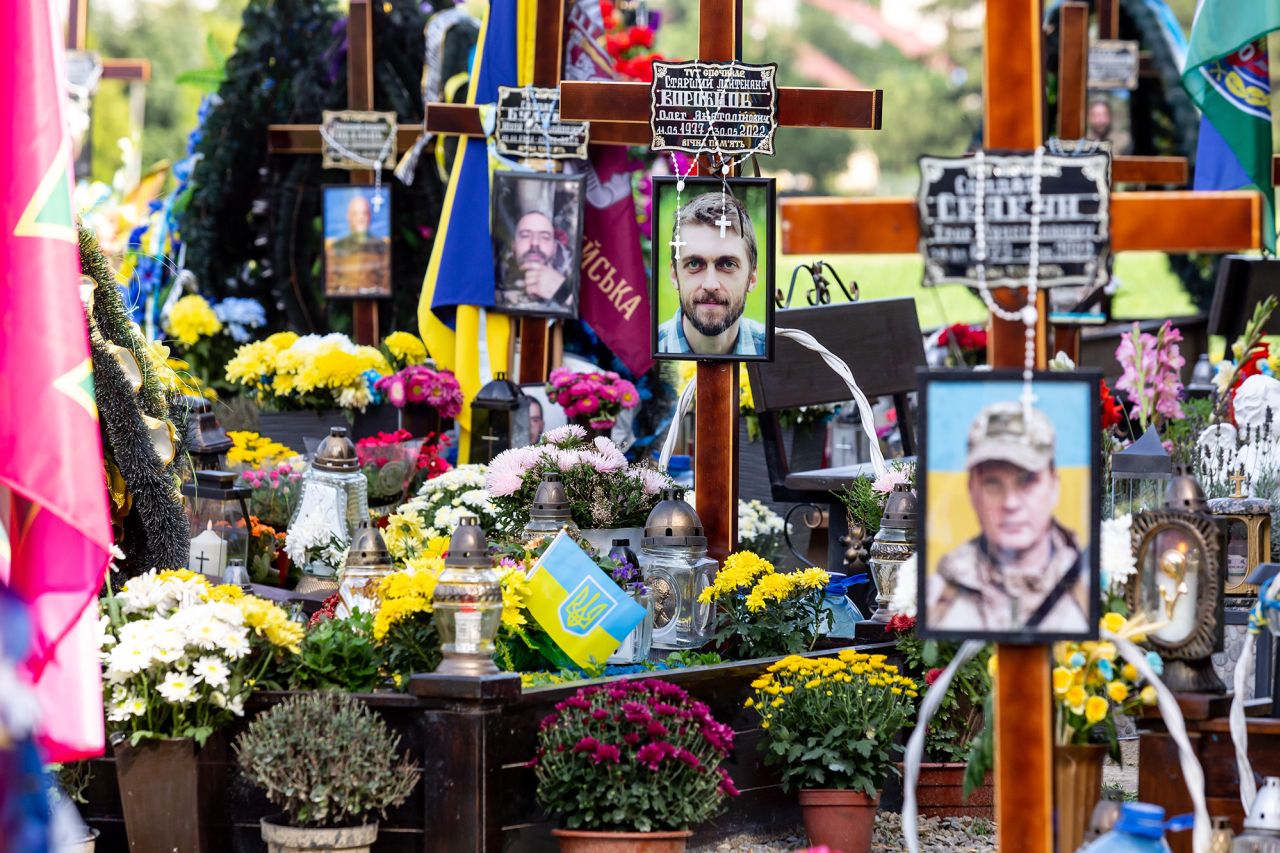 six month anniversary of the Russian invasion, on August 24. ” class=”image_gallery-image__dam-img image_gallery-image__dam-img–loading” onload=’this.classList.remove(‘image_gallery-image__dam-img–loading’)’ height=”1333″ width=”2000″/>
six month anniversary of the Russian invasion, on August 24. ” class=”image_gallery-image__dam-img image_gallery-image__dam-img–loading” onload=’this.classList.remove(‘image_gallery-image__dam-img–loading’)’ height=”1333″ width=”2000″/>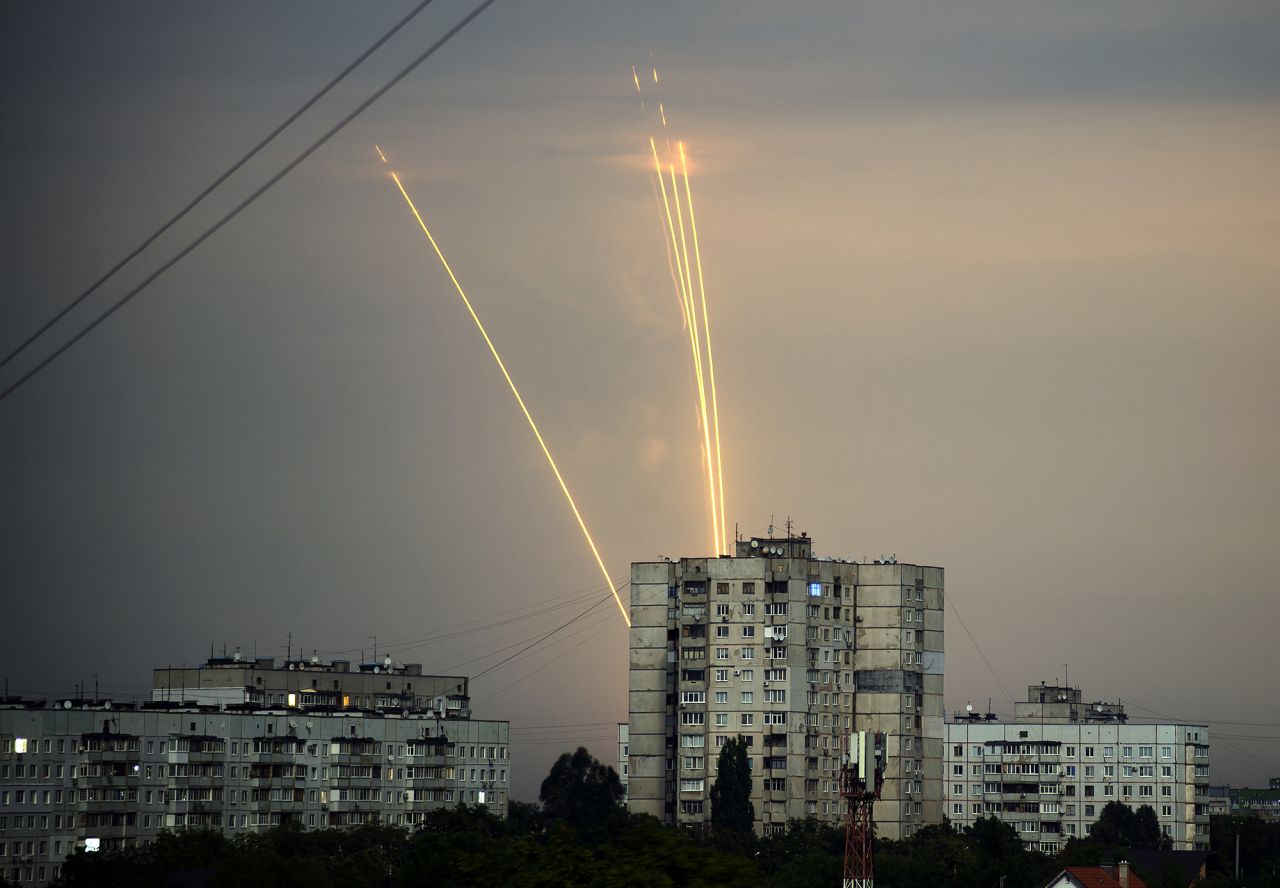
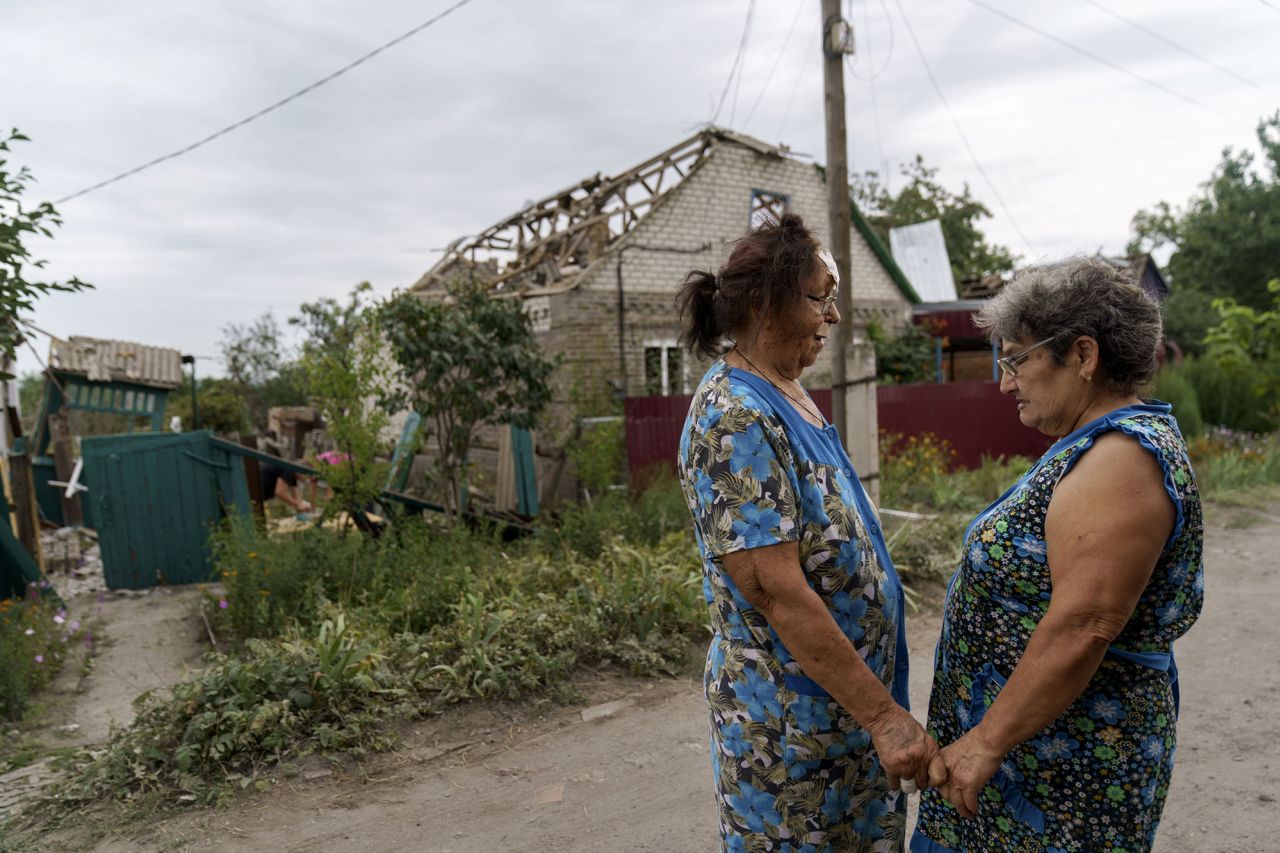
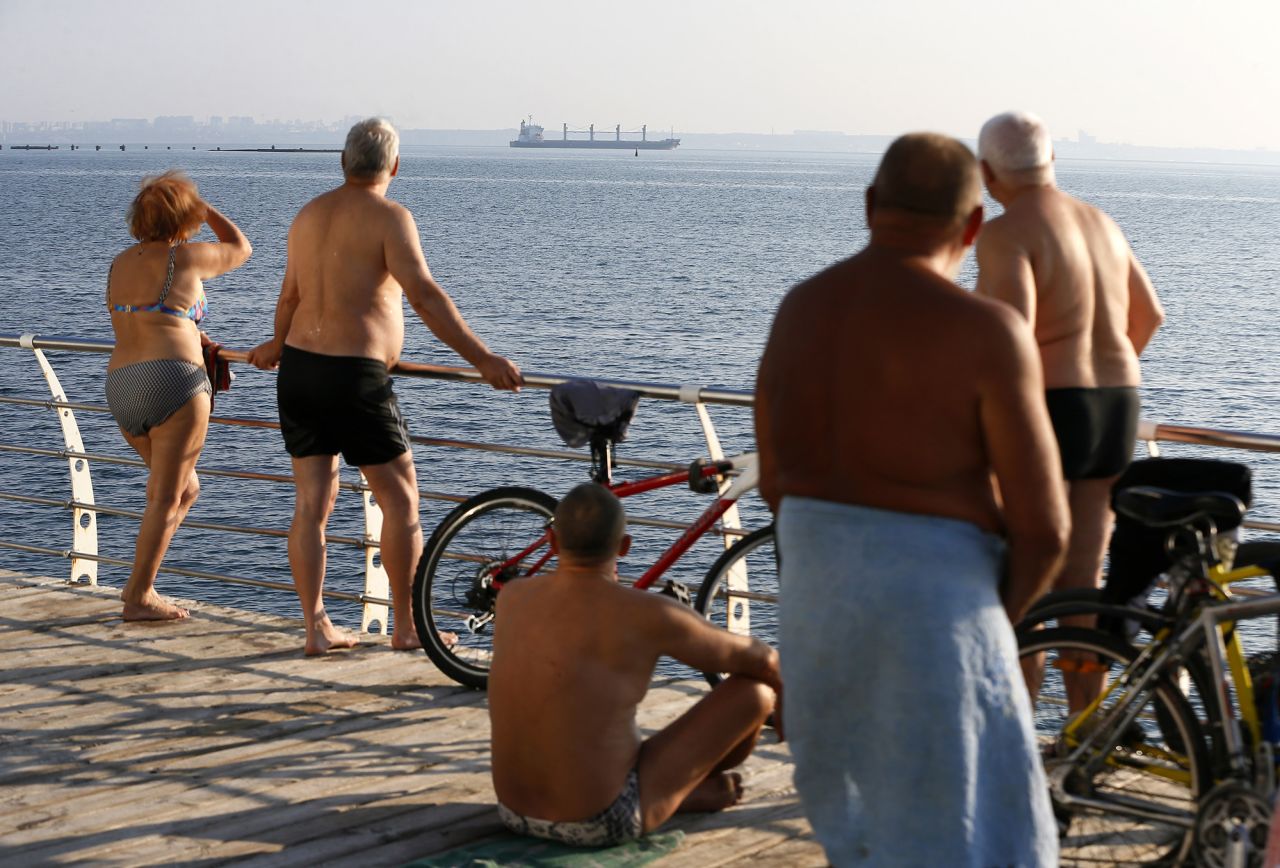 leaving port of Odesa, Ukraine, on August 5. ” class=”image_gallery-image__dam-img image_gallery-image__dam-img–loading” onload=’this.classList.remove(‘image_gallery-image__dam-img–loading’)’ height=”1356″ width=”2000″/>
leaving port of Odesa, Ukraine, on August 5. ” class=”image_gallery-image__dam-img image_gallery-image__dam-img–loading” onload=’this.classList.remove(‘image_gallery-image__dam-img–loading’)’ height=”1356″ width=”2000″/>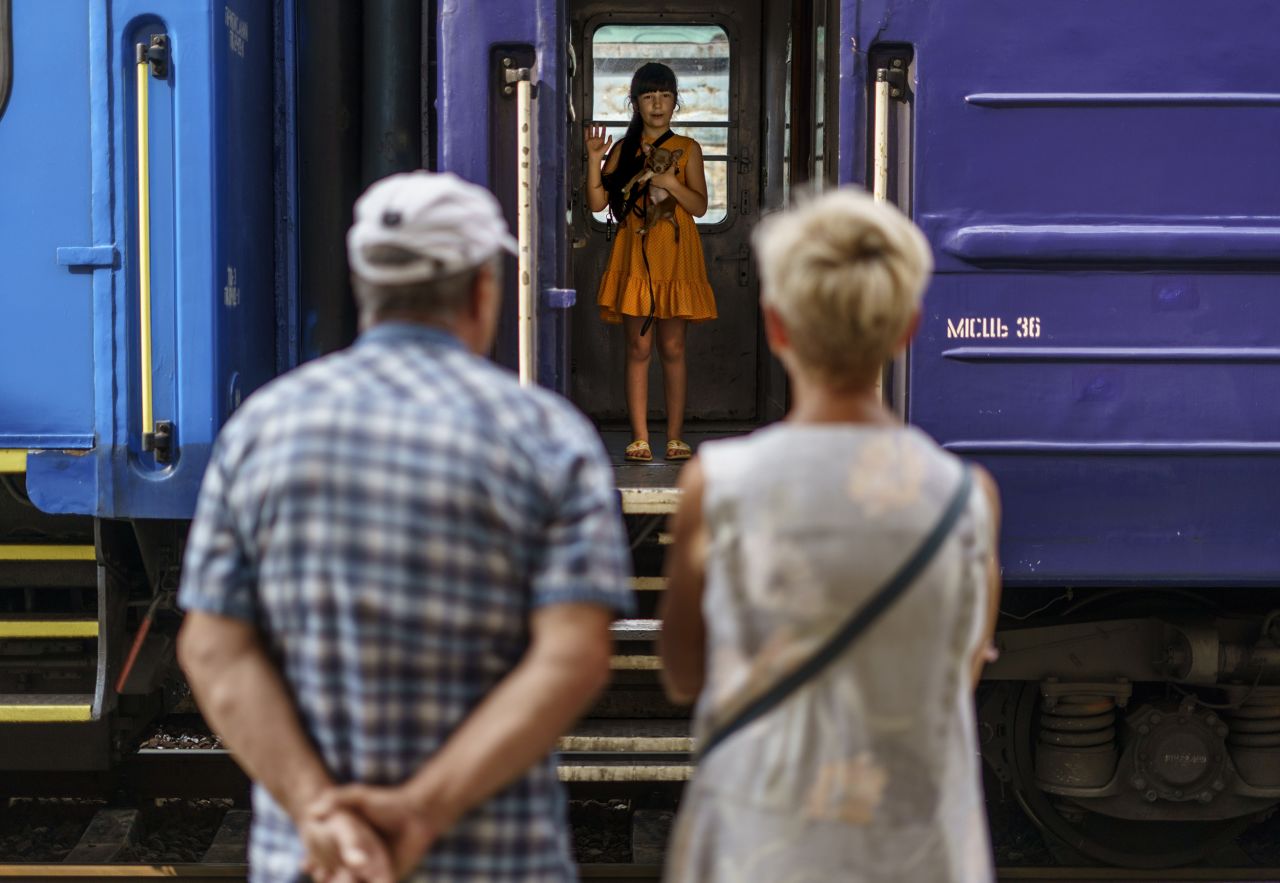 evacuation train departs from Pokrovsk, eastern Ukraine, on August 2.” class=”image_gallery-image__dam-img image_gallery-image__dam-img–loading” onload=’this.classList.remove(‘image_gallery-image__dam-img–loading’)’ height=”1724″ width=”2500″/>
evacuation train departs from Pokrovsk, eastern Ukraine, on August 2.” class=”image_gallery-image__dam-img image_gallery-image__dam-img–loading” onload=’this.classList.remove(‘image_gallery-image__dam-img–loading’)’ height=”1724″ width=”2500″/>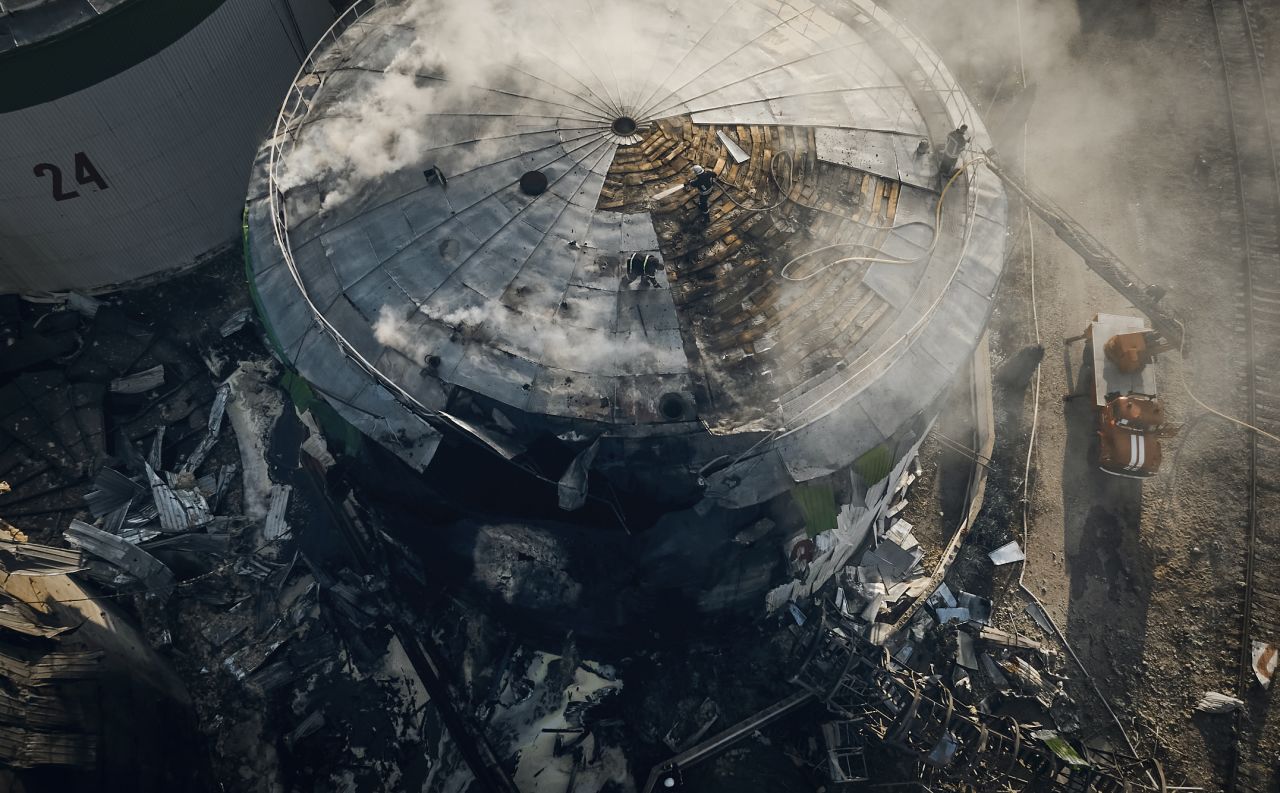
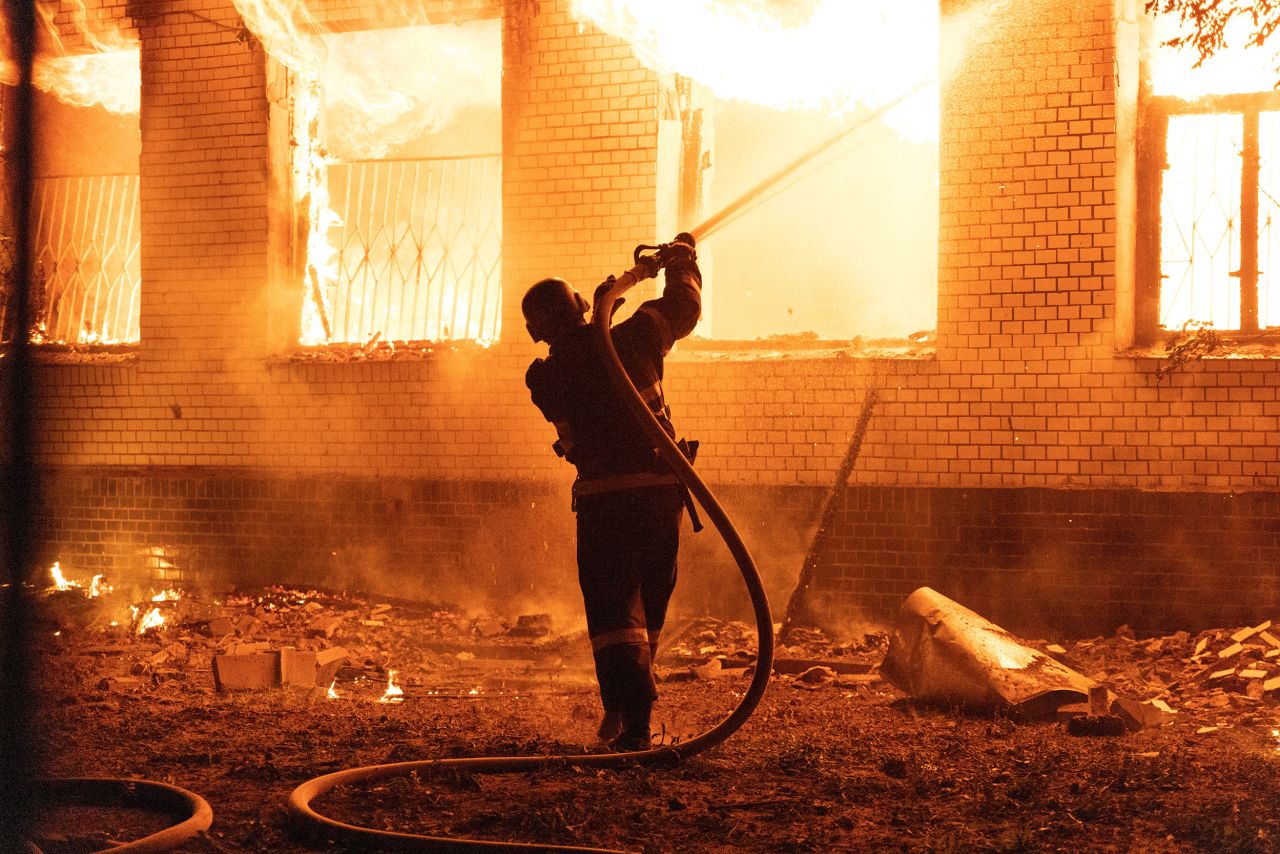 Russian missile strike in Mykolaiv, Ukraine, on August 1.” class=”image_gallery-image__dam-img image_gallery-image__dam-img–loading” onload=’this.classList.remove(‘image_gallery-image__dam-img–loading’)’ height=”1667″ width=”2500″/>
Russian missile strike in Mykolaiv, Ukraine, on August 1.” class=”image_gallery-image__dam-img image_gallery-image__dam-img–loading” onload=’this.classList.remove(‘image_gallery-image__dam-img–loading’)’ height=”1667″ width=”2500″/>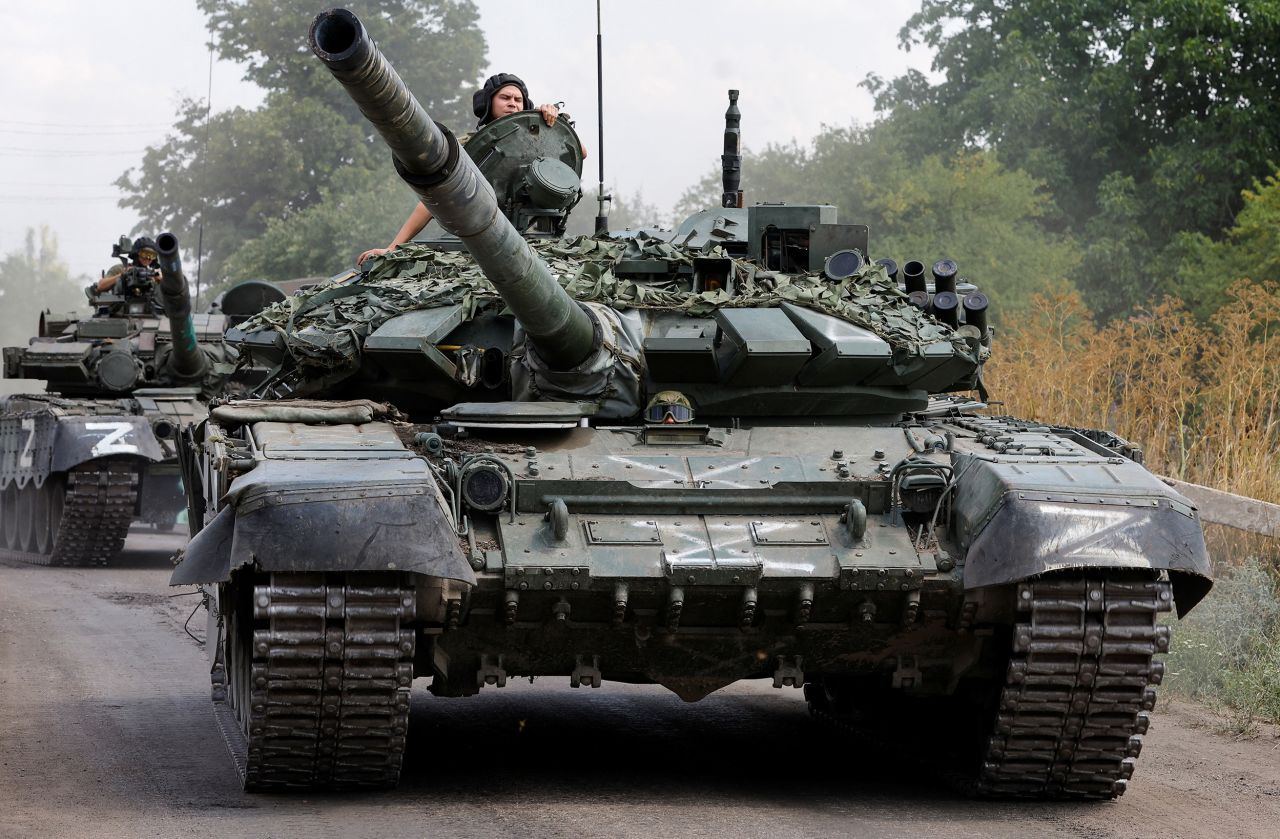
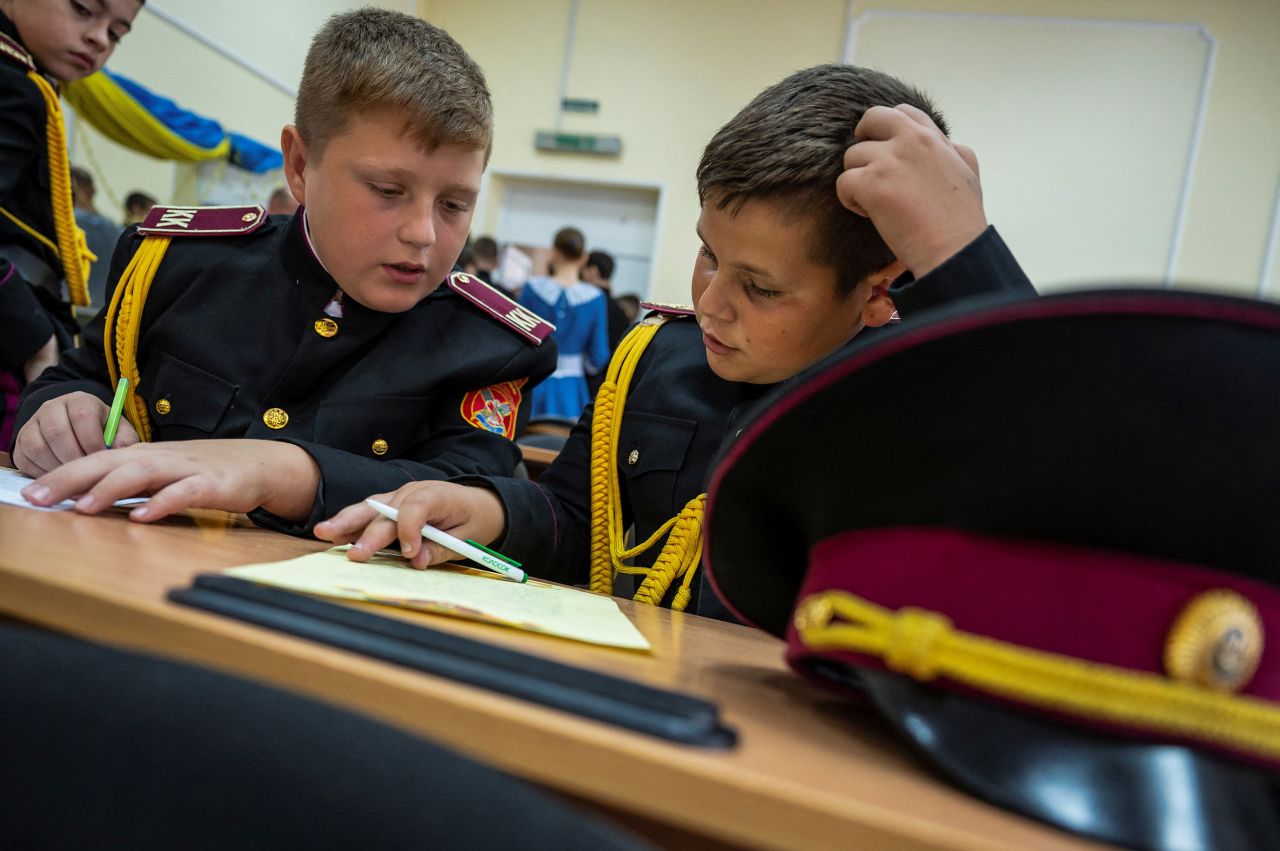
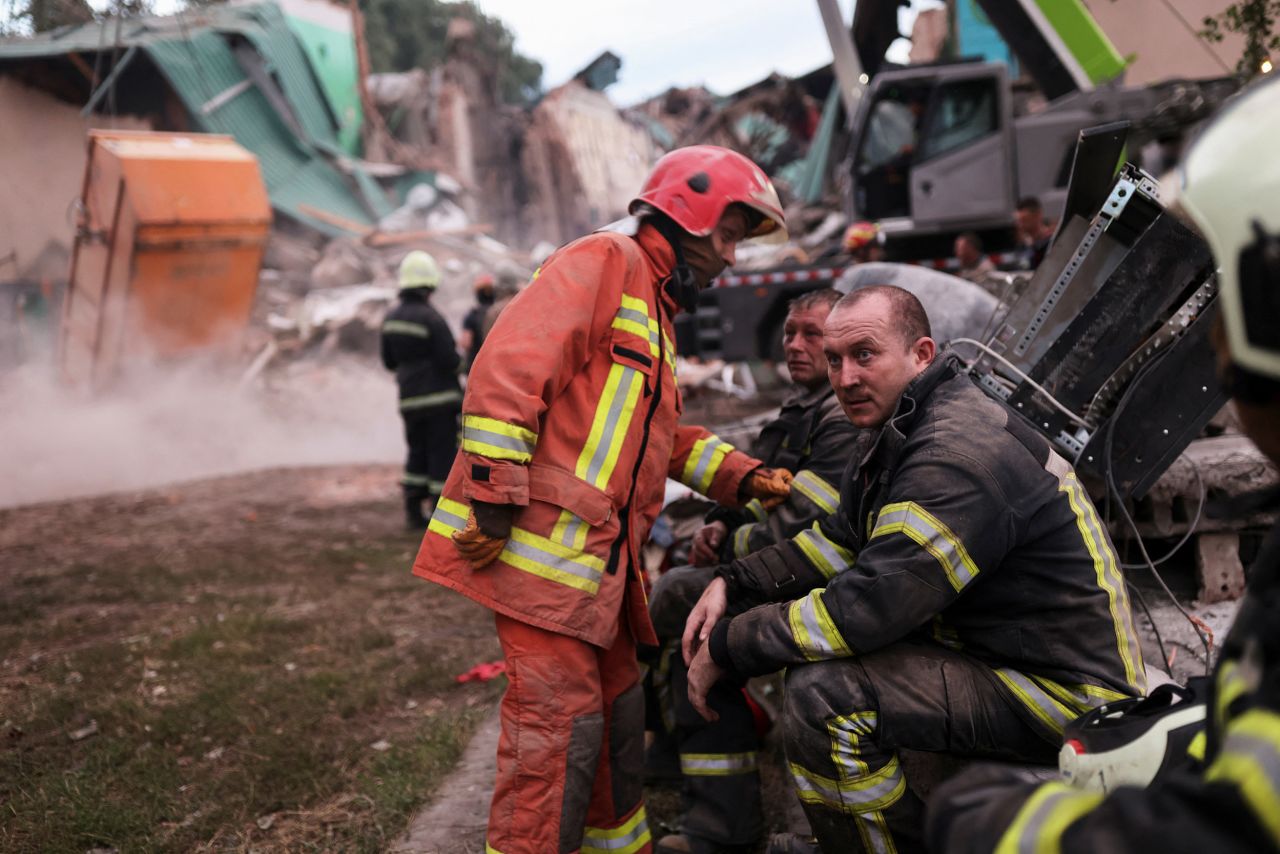
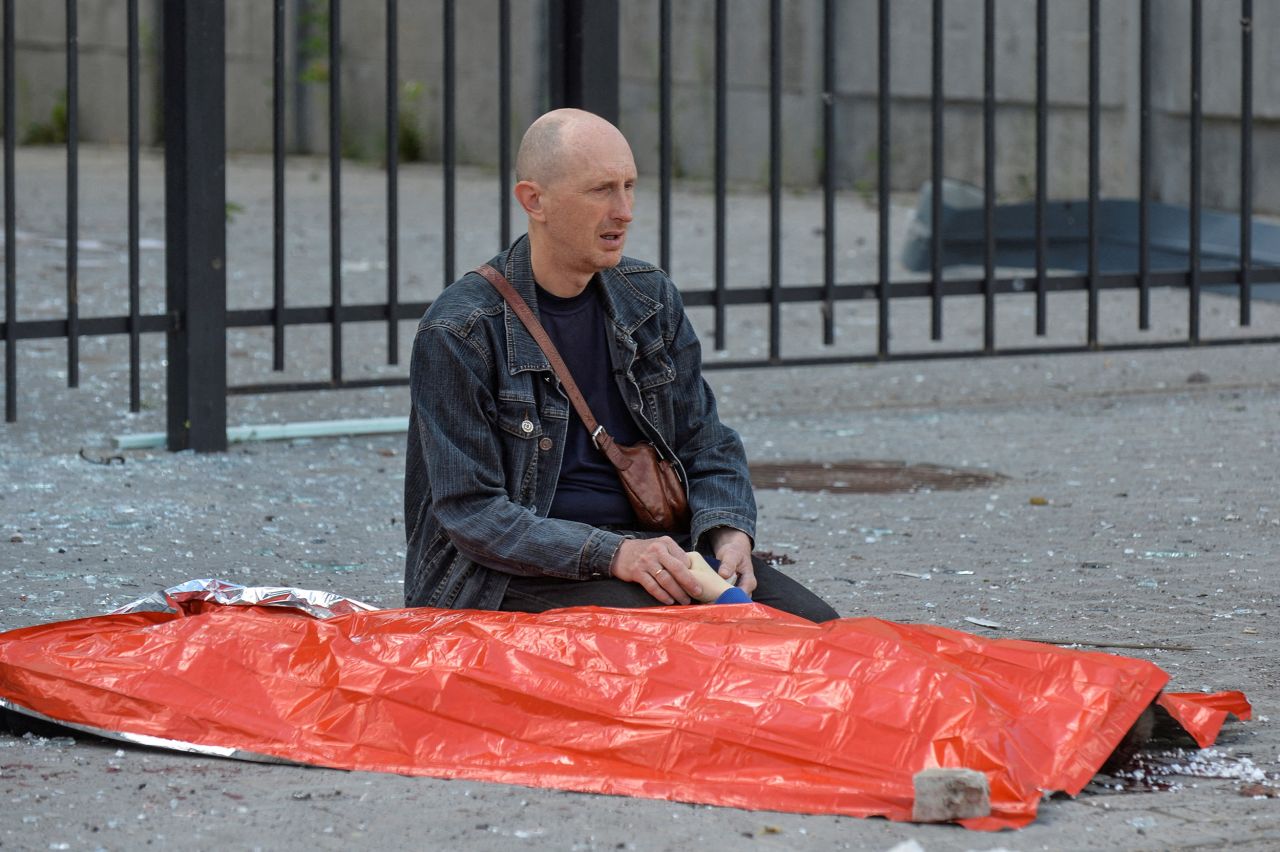
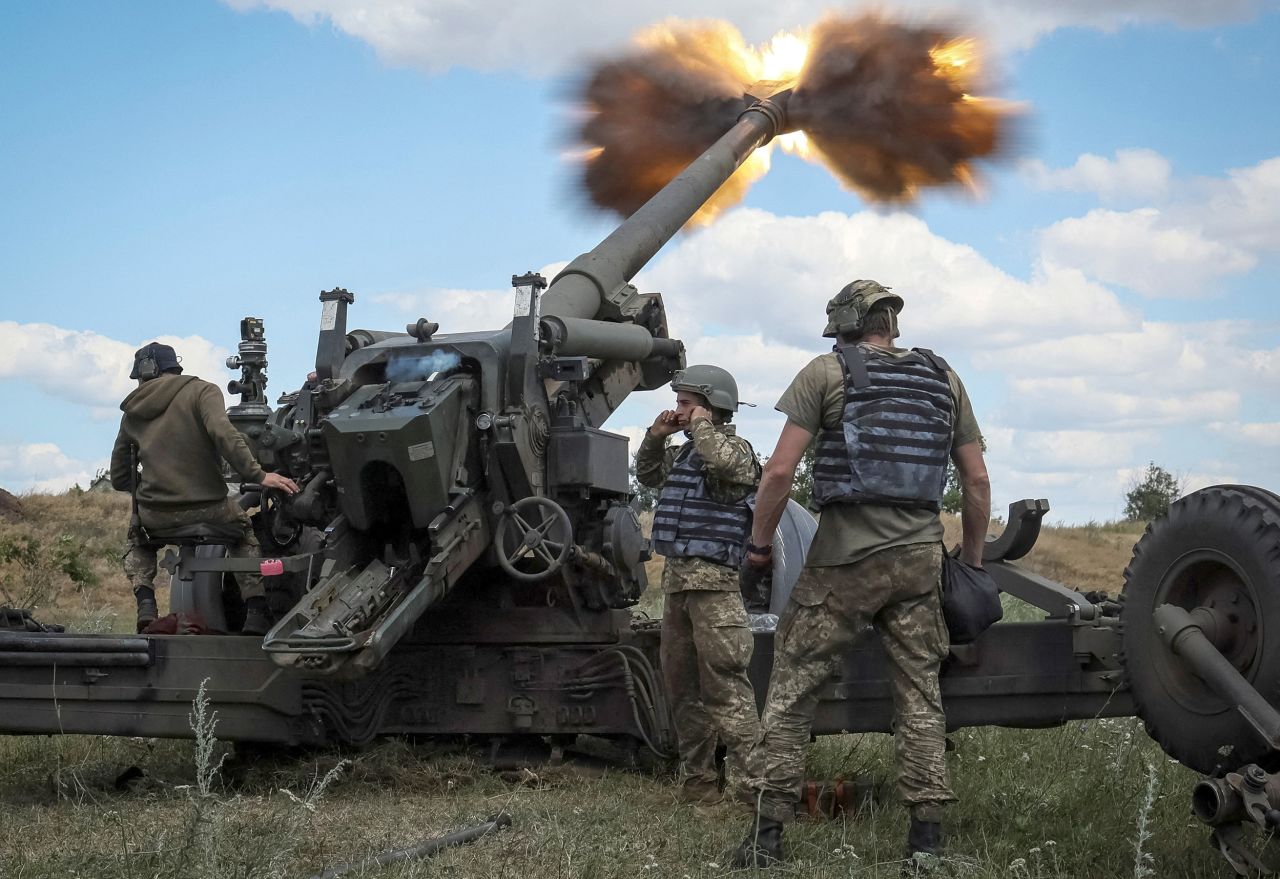
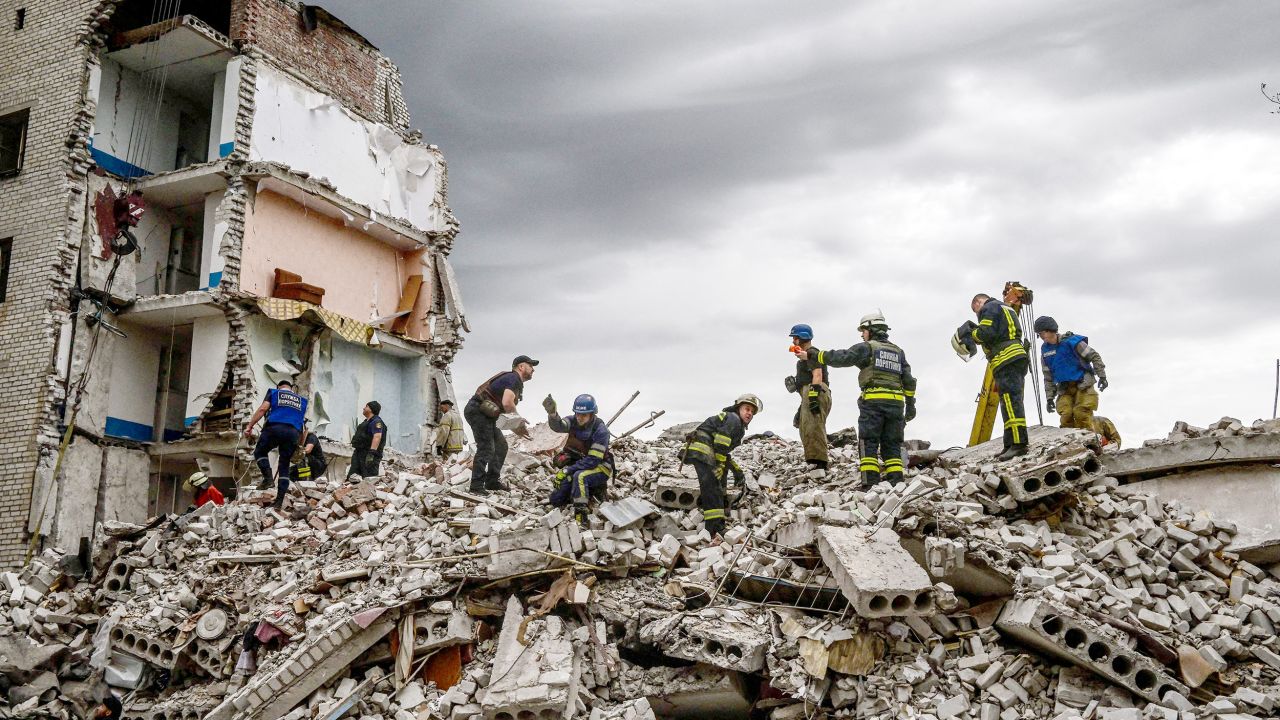 At least 29 people have been confirmed dead.” class=”image_gallery-image__dam-img image_gallery-image__dam-img–loading” onload=’this.classList.remove(‘image_gallery-image__dam-img–loading’)’ height=”1407″ width=”2500″/>
At least 29 people have been confirmed dead.” class=”image_gallery-image__dam-img image_gallery-image__dam-img–loading” onload=’this.classList.remove(‘image_gallery-image__dam-img–loading’)’ height=”1407″ width=”2500″/>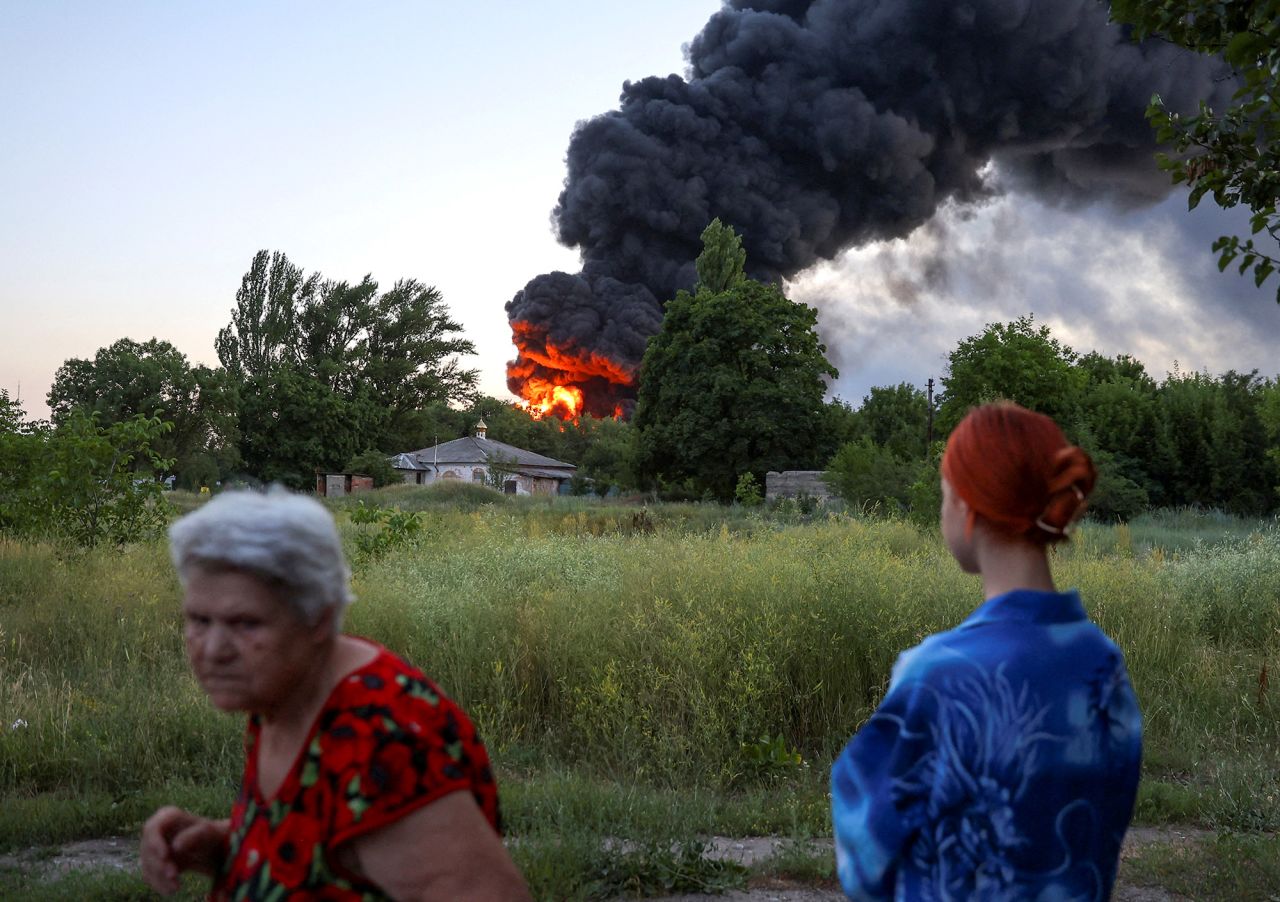
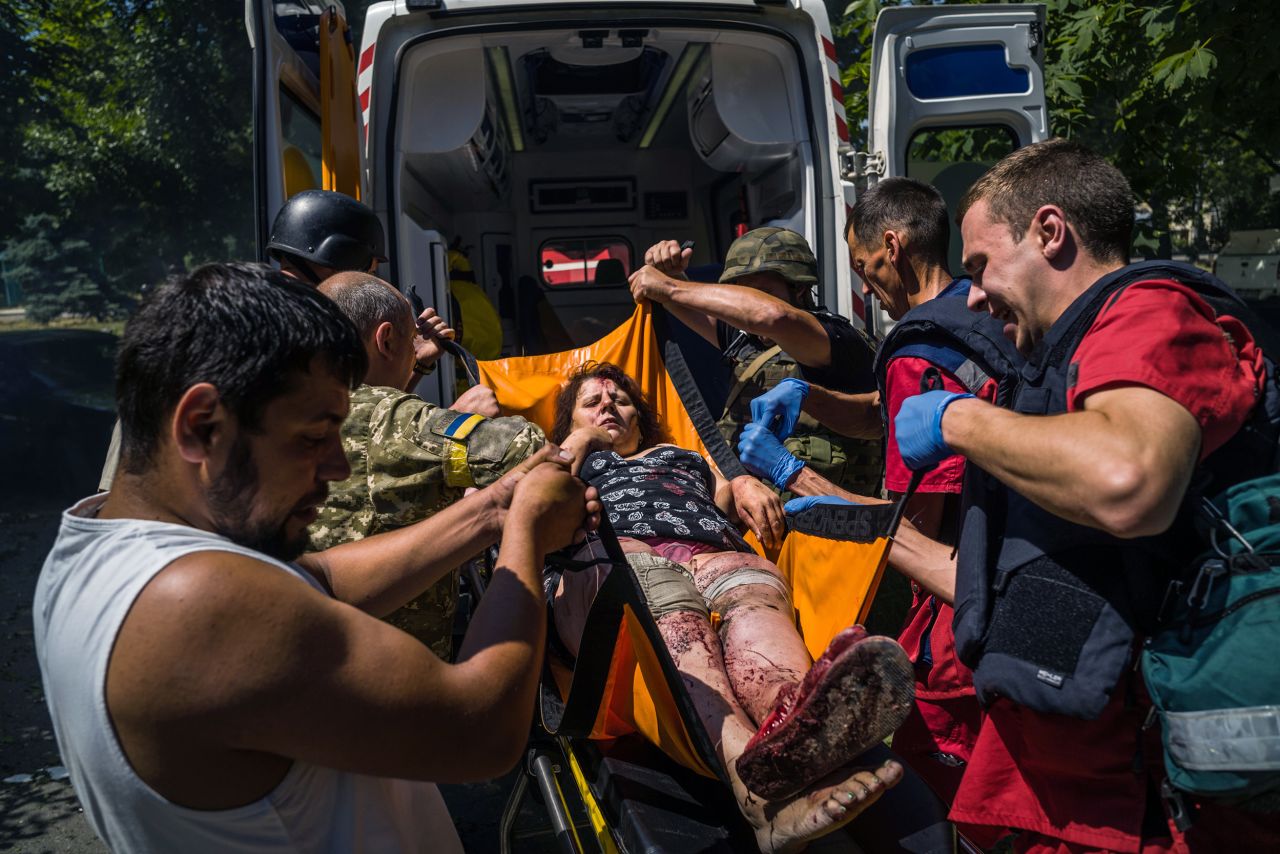
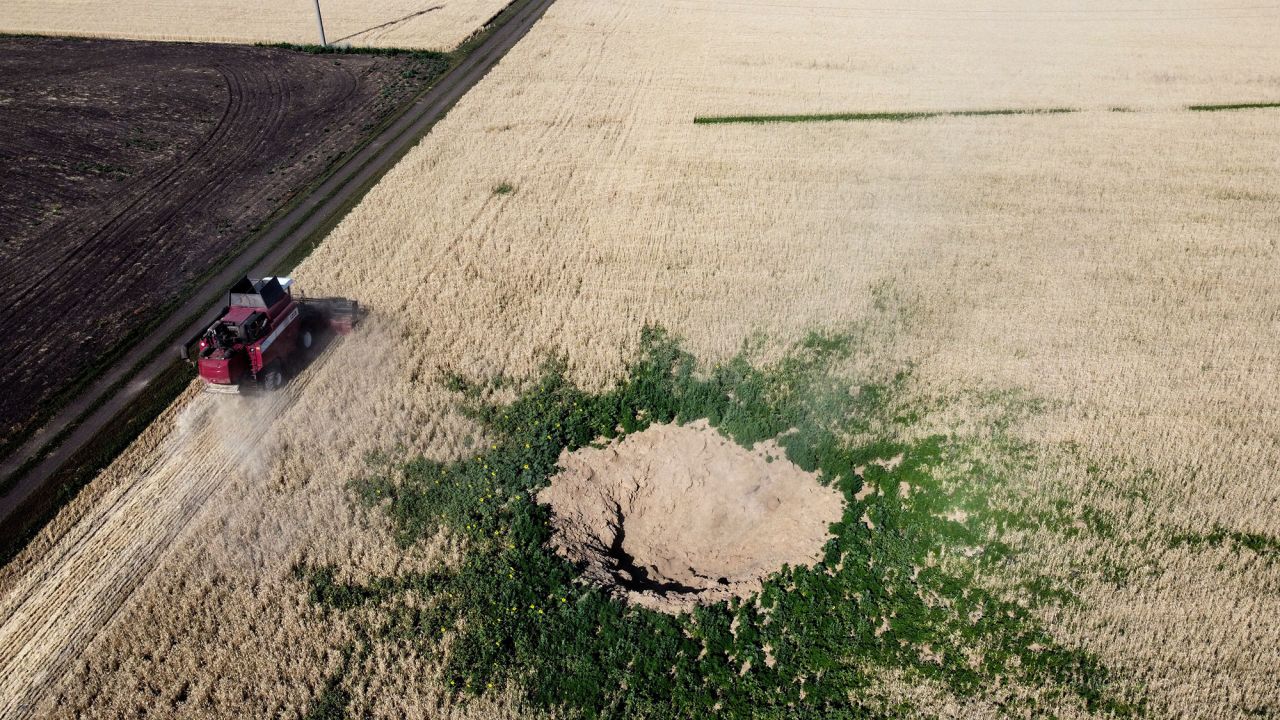
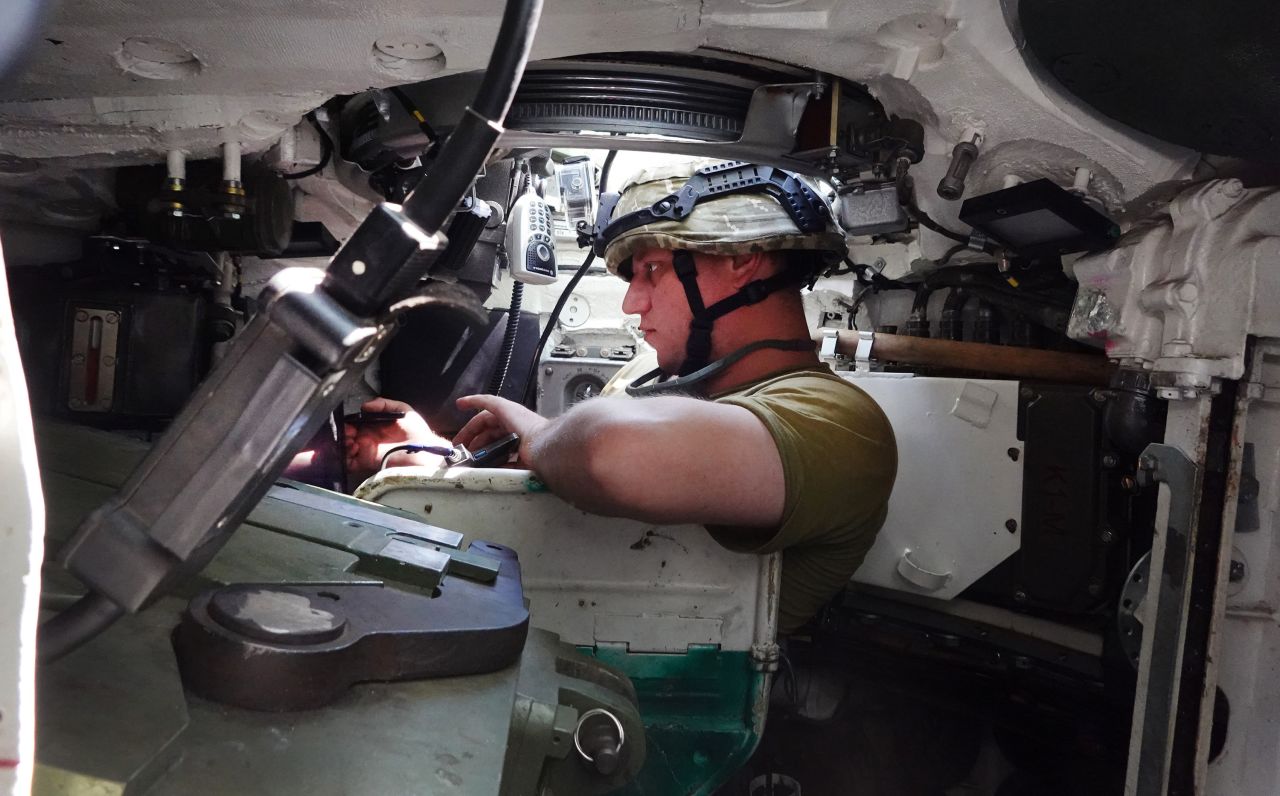
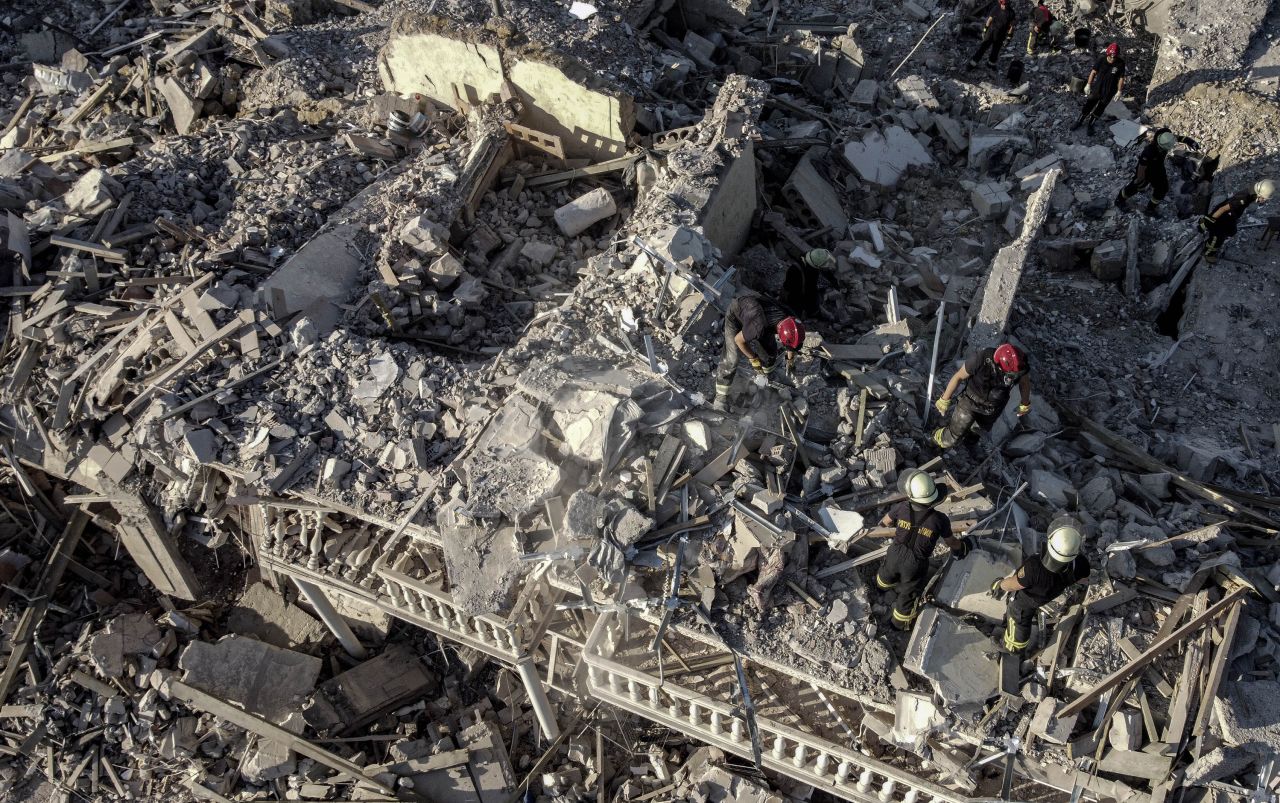 missile attack in the Serhiivka district of Odesa, Ukraine, on July 1.” class=”image_gallery-image__dam-img image_gallery-image__dam-img–loading” onload=’this.classList.remove(‘image_gallery-image__dam-img–loading’)’ height=”1881″ width=”3000″/>
missile attack in the Serhiivka district of Odesa, Ukraine, on July 1.” class=”image_gallery-image__dam-img image_gallery-image__dam-img–loading” onload=’this.classList.remove(‘image_gallery-image__dam-img–loading’)’ height=”1881″ width=”3000″/>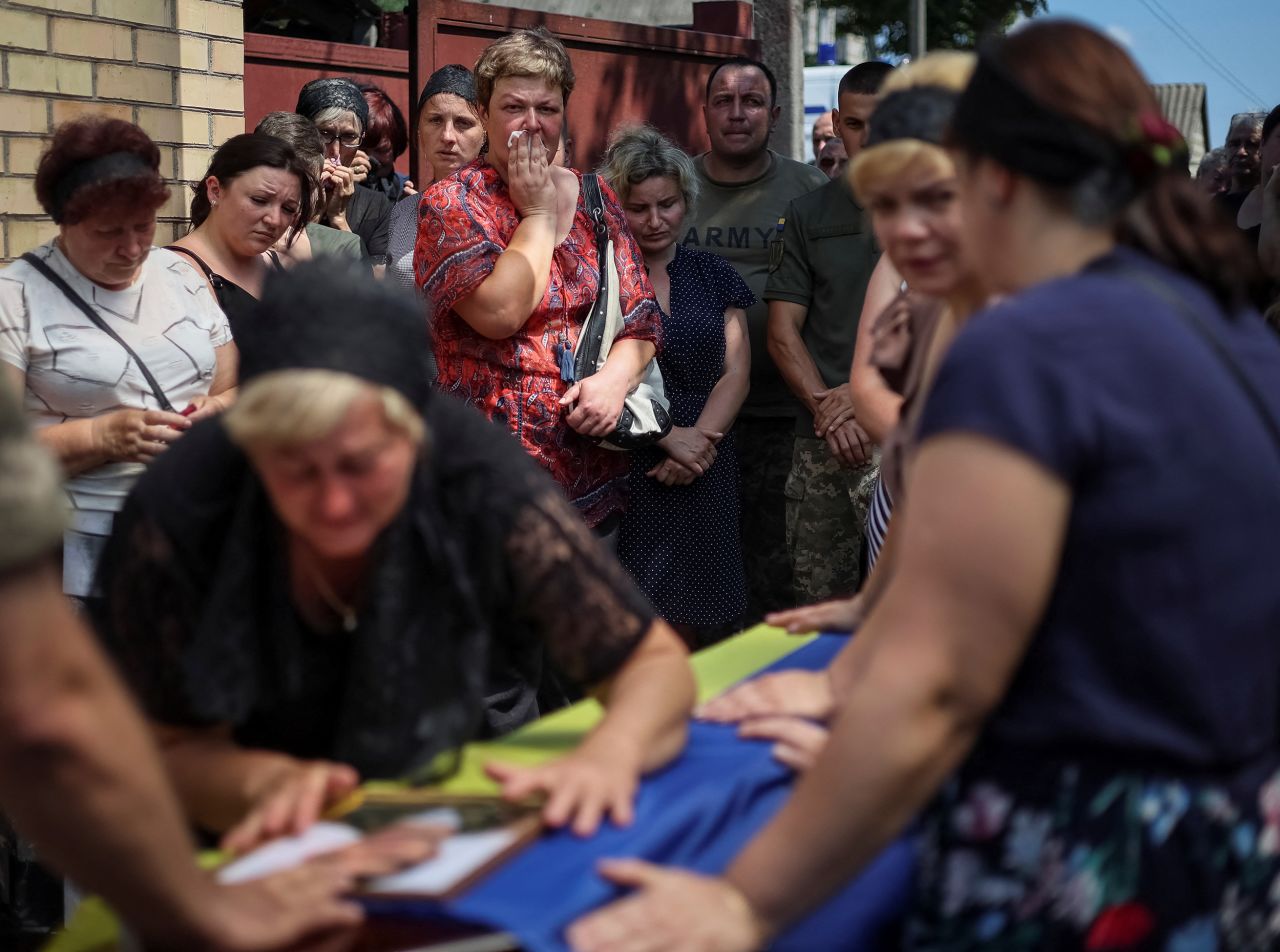
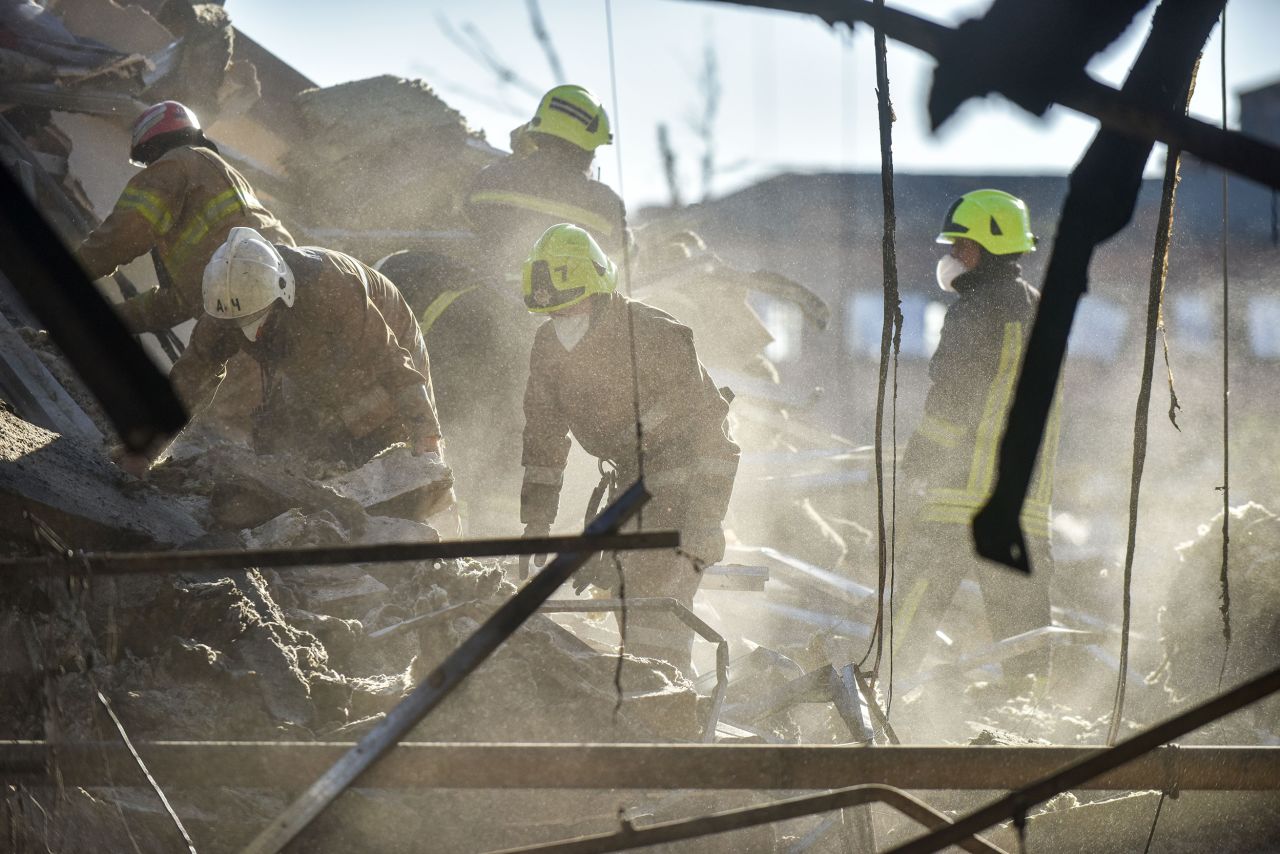
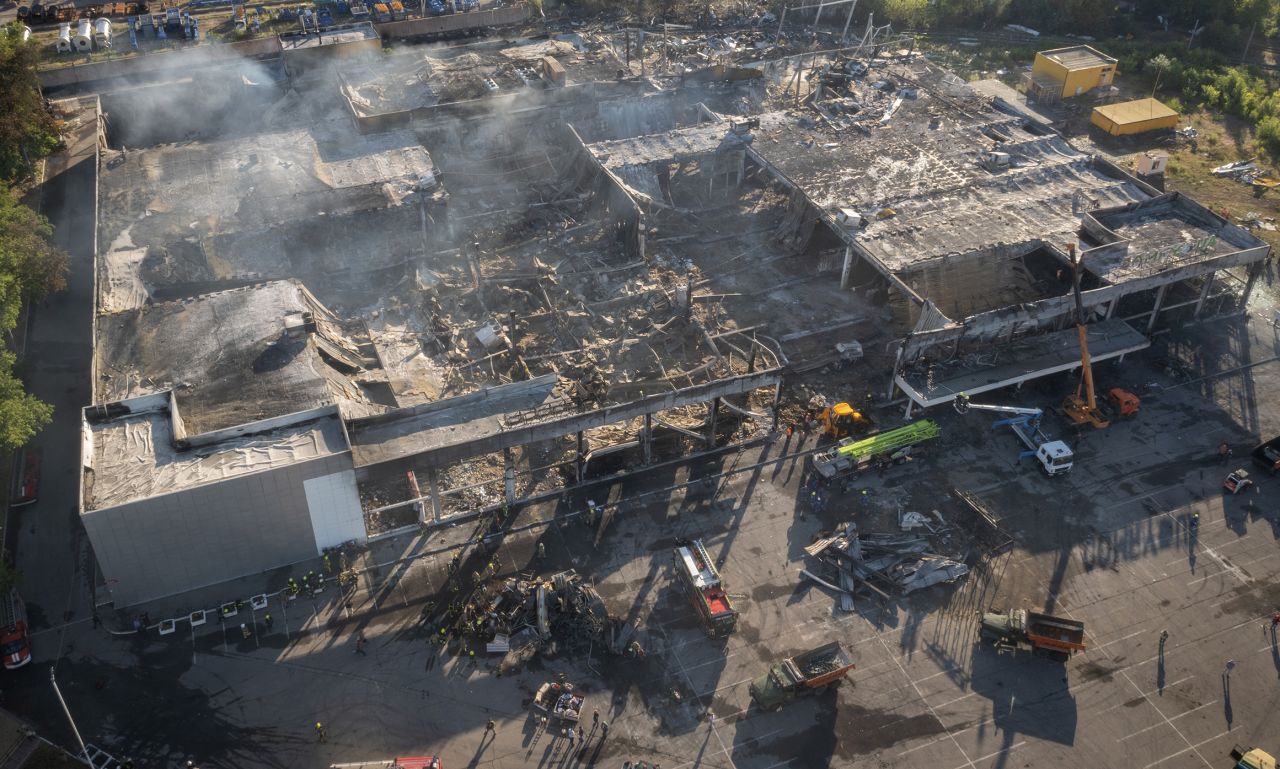 rocket attack in Kremenchuk, Ukraine, on June 28.” class=”image_gallery-image__dam-img image_gallery-image__dam-img–loading” onload=’this.classList.remove(‘image_gallery-image__dam-img–loading’)’ height=”1395″ width=”2322″/>
rocket attack in Kremenchuk, Ukraine, on June 28.” class=”image_gallery-image__dam-img image_gallery-image__dam-img–loading” onload=’this.classList.remove(‘image_gallery-image__dam-img–loading’)’ height=”1395″ width=”2322″/>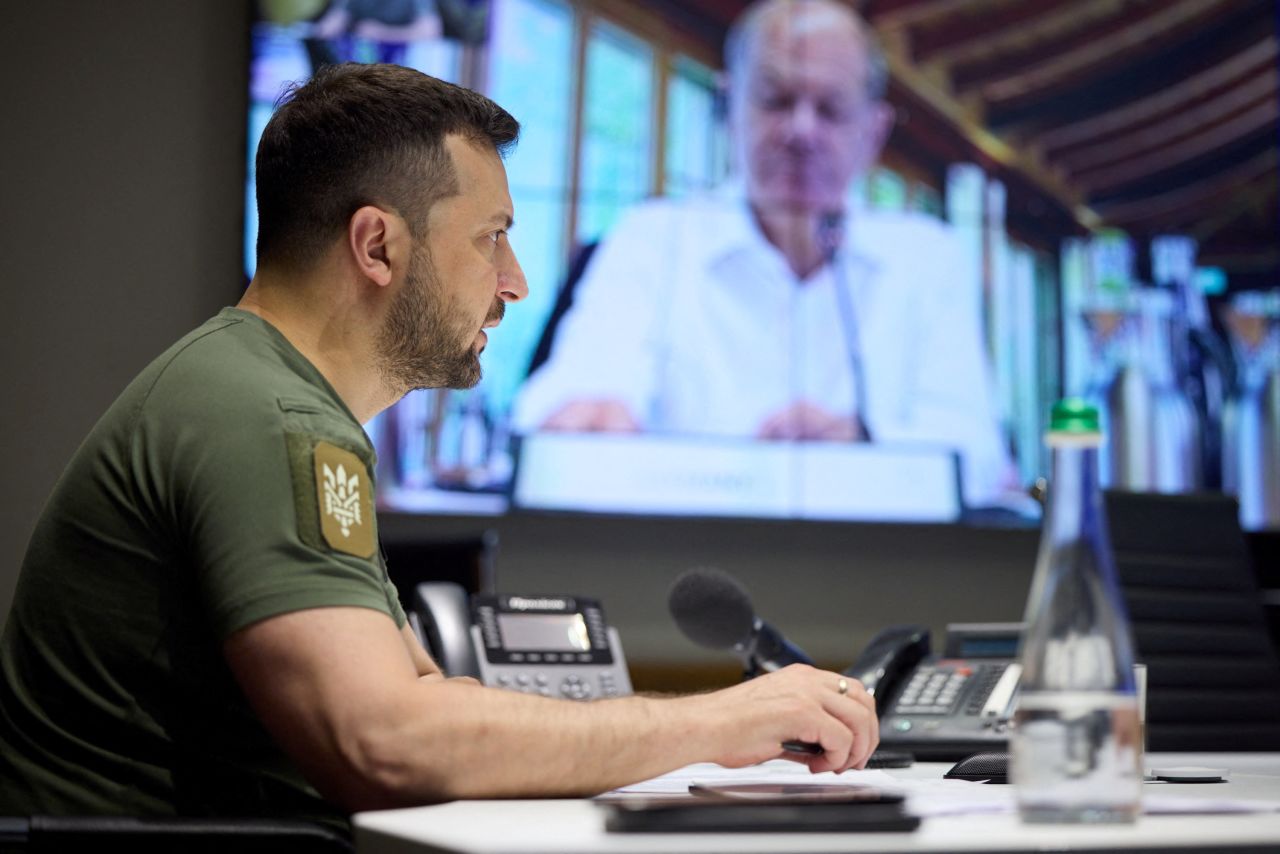 session of G7 leaders via video link from his office in Kyiv, Ukraine, on Monday June 27.” class=”image_gallery-image__dam-img image_gallery-image__dam-img–loading” onload=’this.classList.remove(‘image_gallery-image__dam-img–loading’)’ height=”2001″ width=”3000″/>
session of G7 leaders via video link from his office in Kyiv, Ukraine, on Monday June 27.” class=”image_gallery-image__dam-img image_gallery-image__dam-img–loading” onload=’this.classList.remove(‘image_gallery-image__dam-img–loading’)’ height=”2001″ width=”3000″/>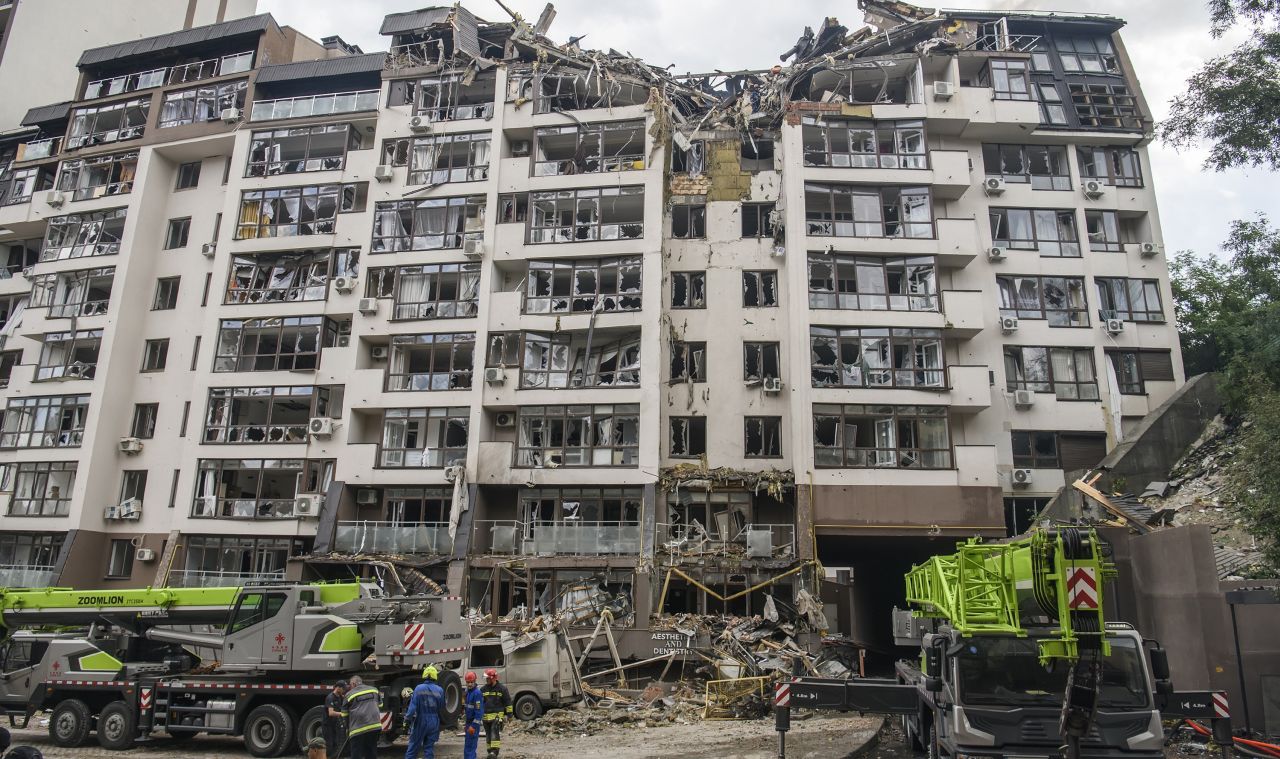
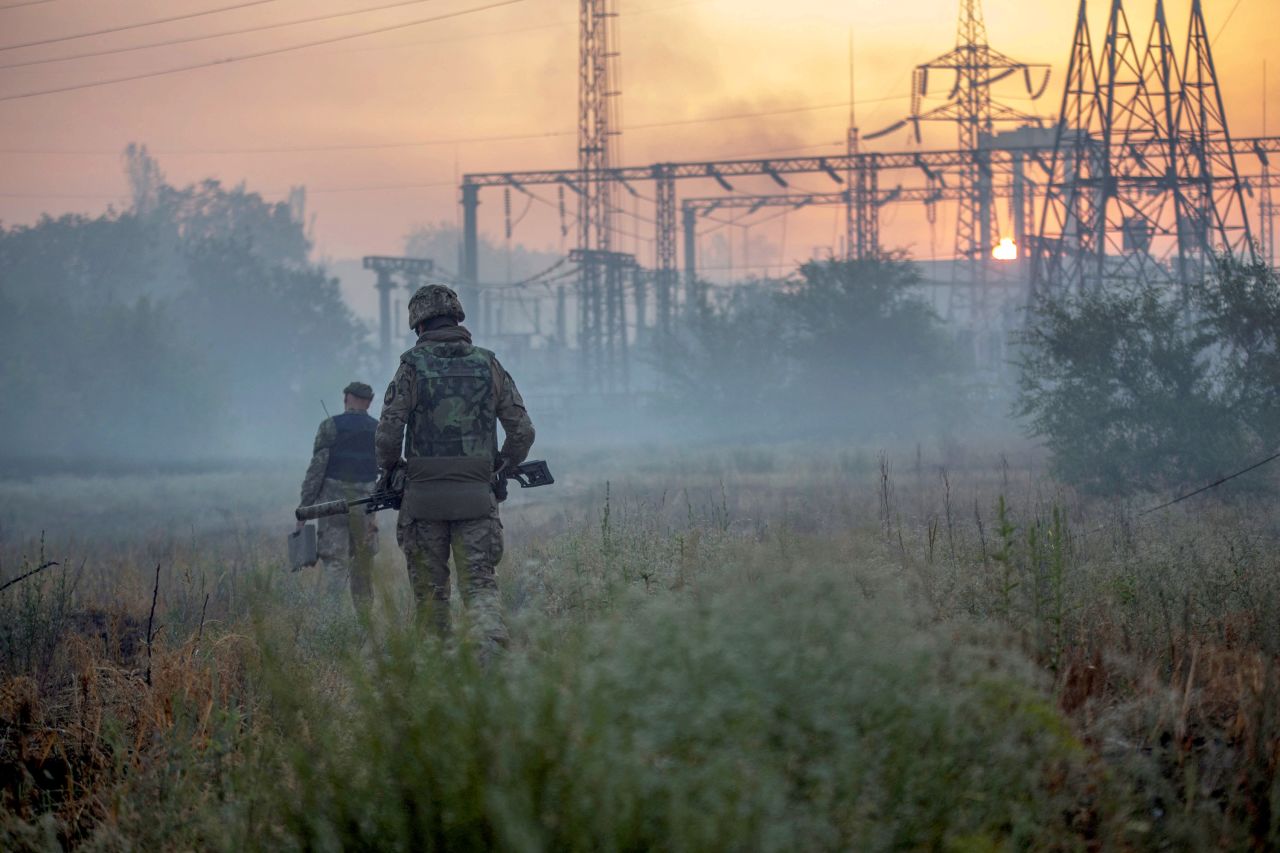 Severodonetsk, Ukraine, on June 20.” class=”image_gallery-image__dam-img image_gallery-image__dam-img–loading” onload=’this.classList.remove(‘image_gallery-image__dam-img–loading’)’ height=”2000″ width=”3000″/>
Severodonetsk, Ukraine, on June 20.” class=”image_gallery-image__dam-img image_gallery-image__dam-img–loading” onload=’this.classList.remove(‘image_gallery-image__dam-img–loading’)’ height=”2000″ width=”3000″/>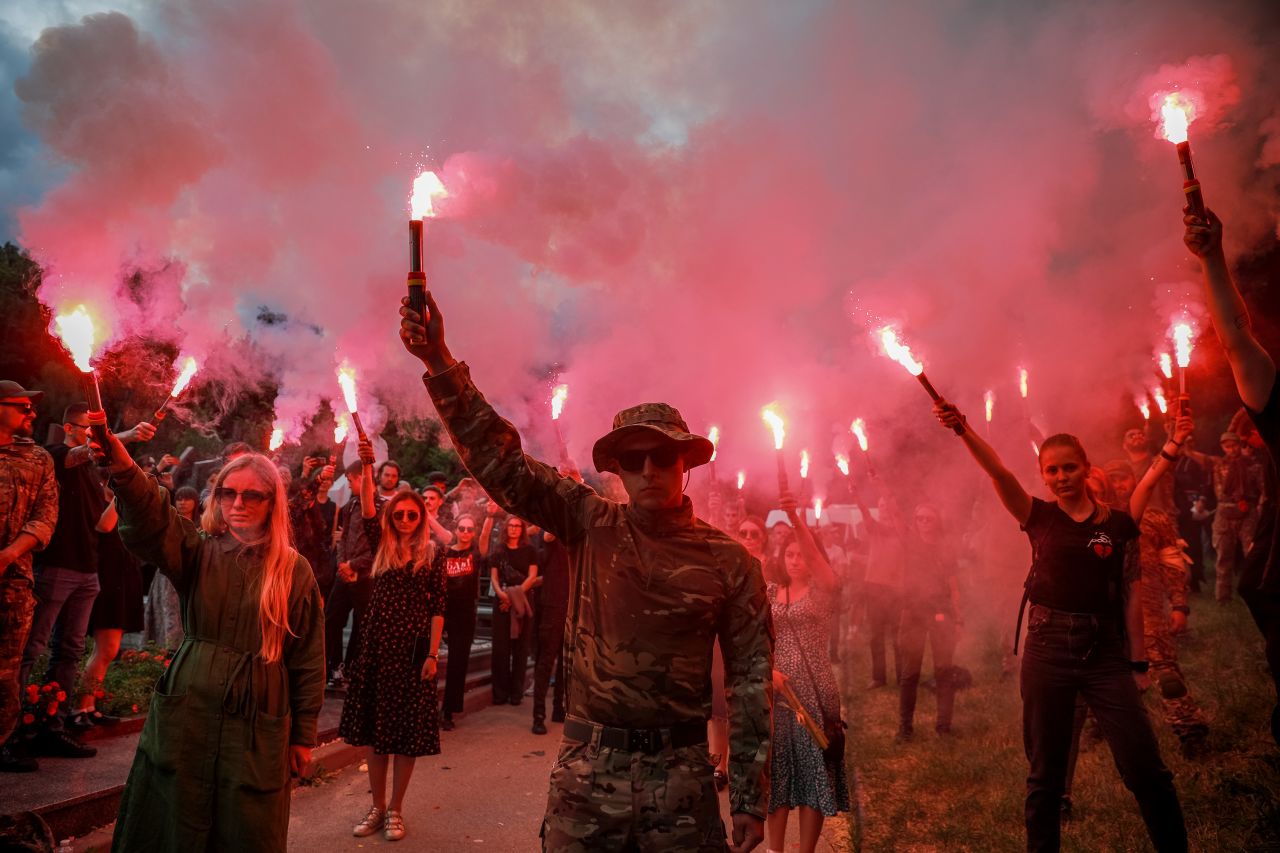
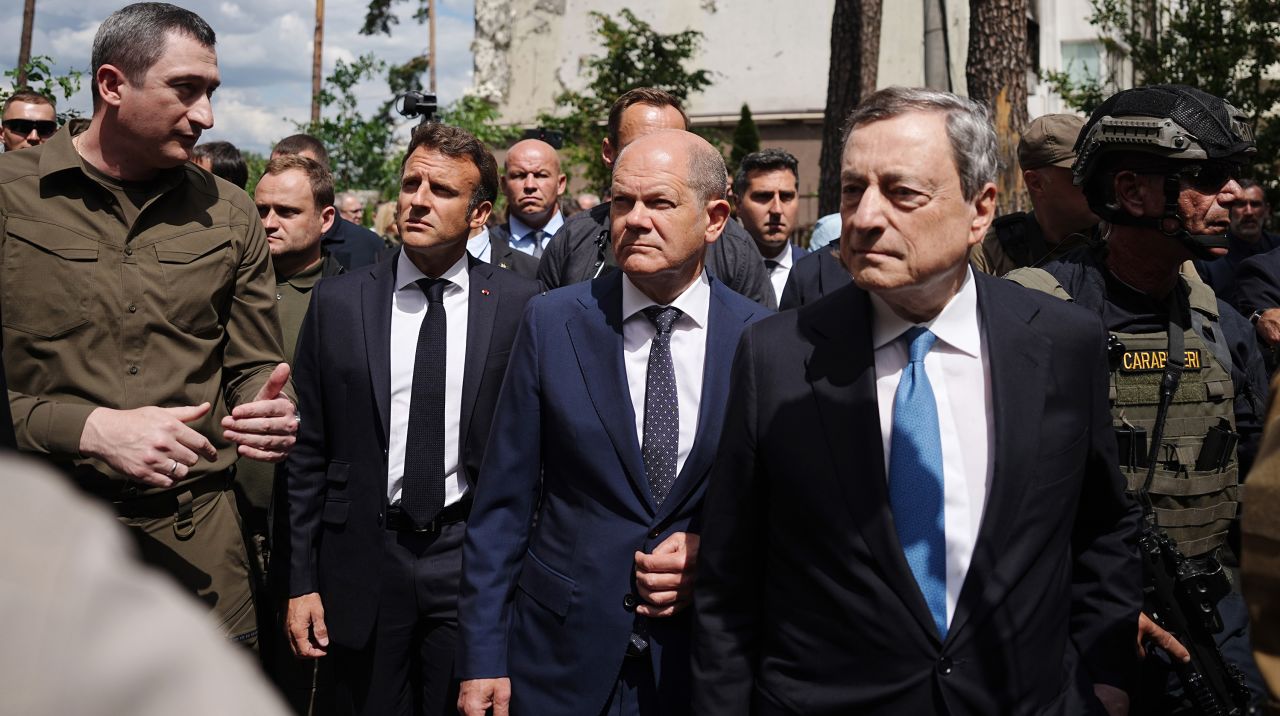 French President Emmanuel Macron, German Chancellor Olaf Scholz and Italian PM Mario Draghi past destroyed buildings in Irpin, Ukraine, on June 16.” class=”image_gallery-image__dam-img image_gallery-image__dam-img–loading” onload=’this.classList.remove(‘image_gallery-image__dam-img–loading’)’ height=”1677″ width=”3000″/>
French President Emmanuel Macron, German Chancellor Olaf Scholz and Italian PM Mario Draghi past destroyed buildings in Irpin, Ukraine, on June 16.” class=”image_gallery-image__dam-img image_gallery-image__dam-img–loading” onload=’this.classList.remove(‘image_gallery-image__dam-img–loading’)’ height=”1677″ width=”3000″/>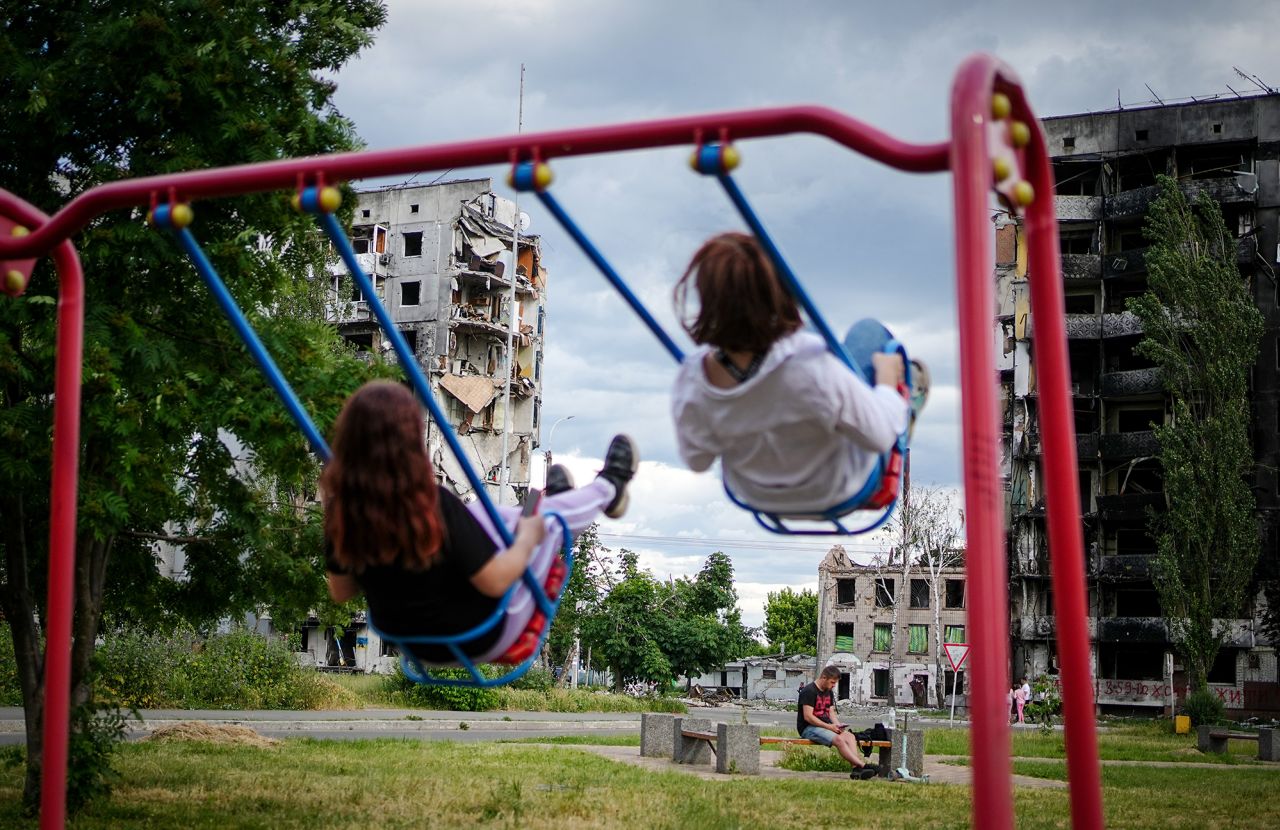 Young people swing in front of destroyed residential buildings in Borodyanka, Ukraine, on June 15.” class=”image_gallery-image__dam-img image_gallery-image__dam-img–loading” onload=’this.classList.remove(‘image_gallery-image__dam-img–loading’)’ height=”1297″ width=”2000″/>
Young people swing in front of destroyed residential buildings in Borodyanka, Ukraine, on June 15.” class=”image_gallery-image__dam-img image_gallery-image__dam-img–loading” onload=’this.classList.remove(‘image_gallery-image__dam-img–loading’)’ height=”1297″ width=”2000″/>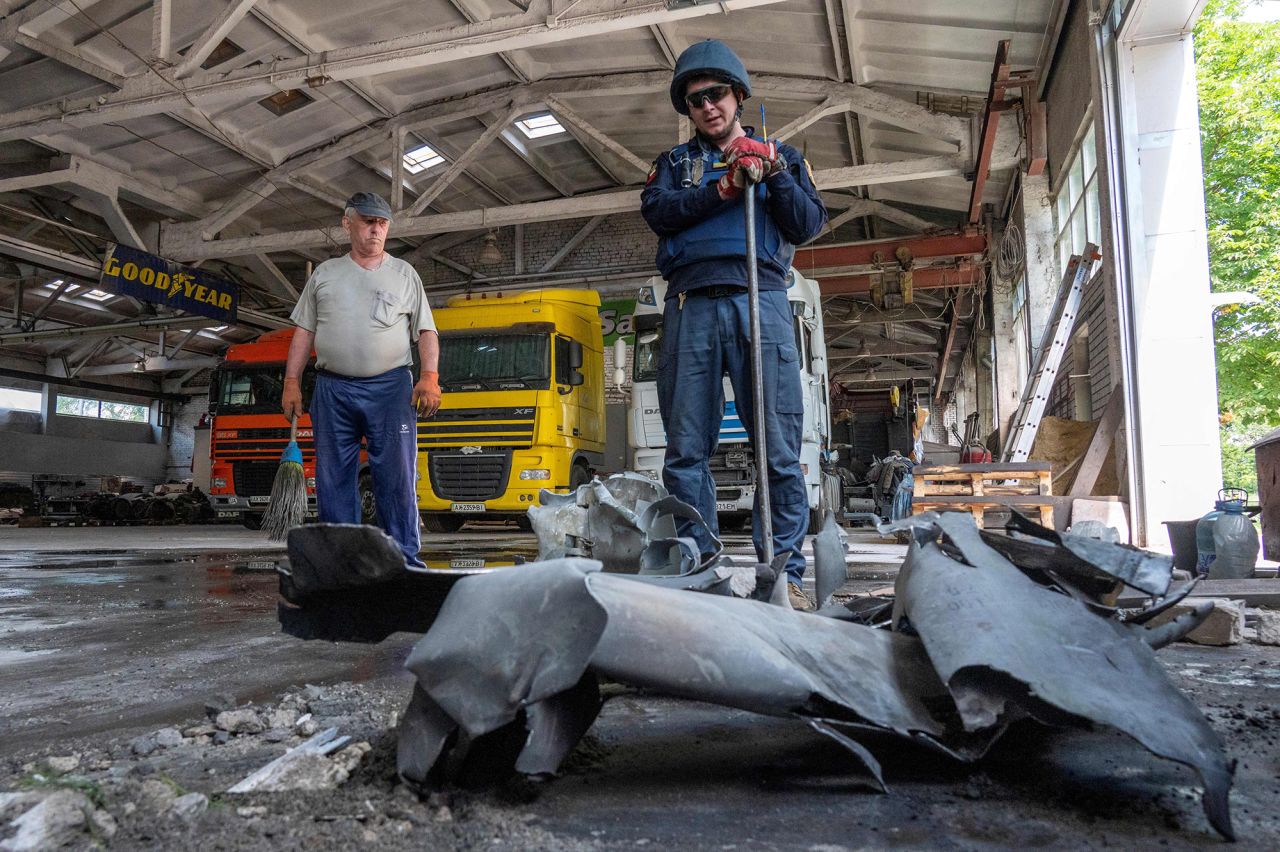
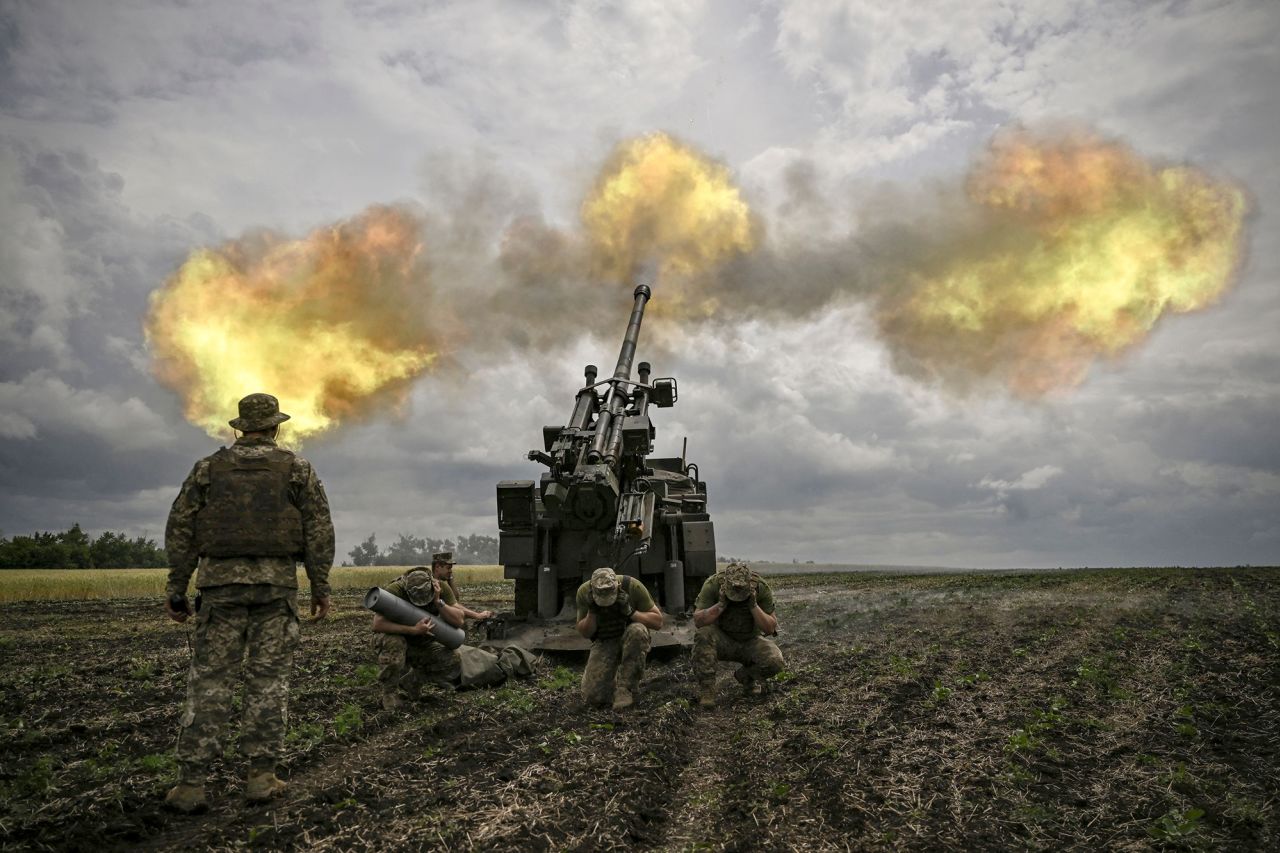
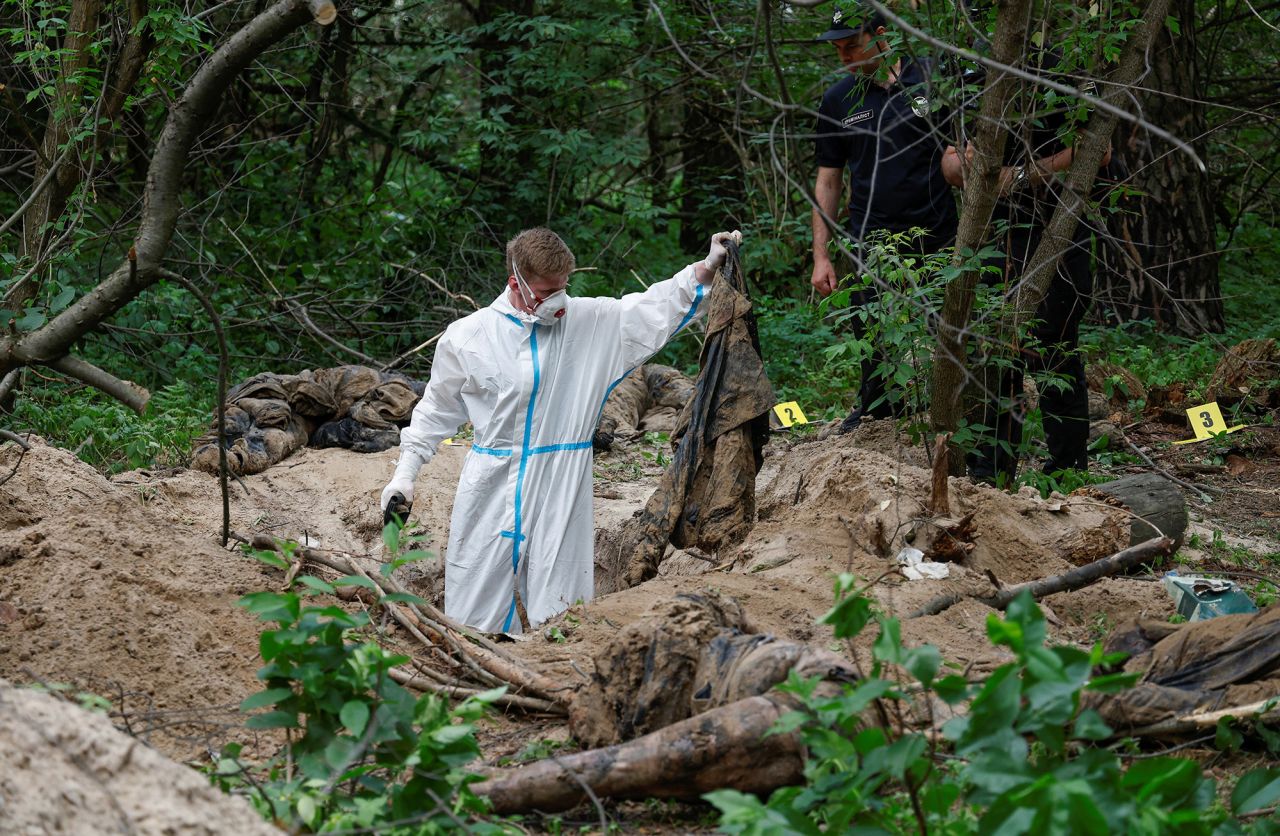 mass grave near the village of Vorzel in the Bucha district near Kyiv, Ukraine, on June 13.” class=”image_gallery-image__dam-img image_gallery-image__dam-img–loading” onload=’this.classList.remove(‘image_gallery-image__dam-img–loading’)’ height=”1306″ width=”2000″/>
mass grave near the village of Vorzel in the Bucha district near Kyiv, Ukraine, on June 13.” class=”image_gallery-image__dam-img image_gallery-image__dam-img–loading” onload=’this.classList.remove(‘image_gallery-image__dam-img–loading’)’ height=”1306″ width=”2000″/>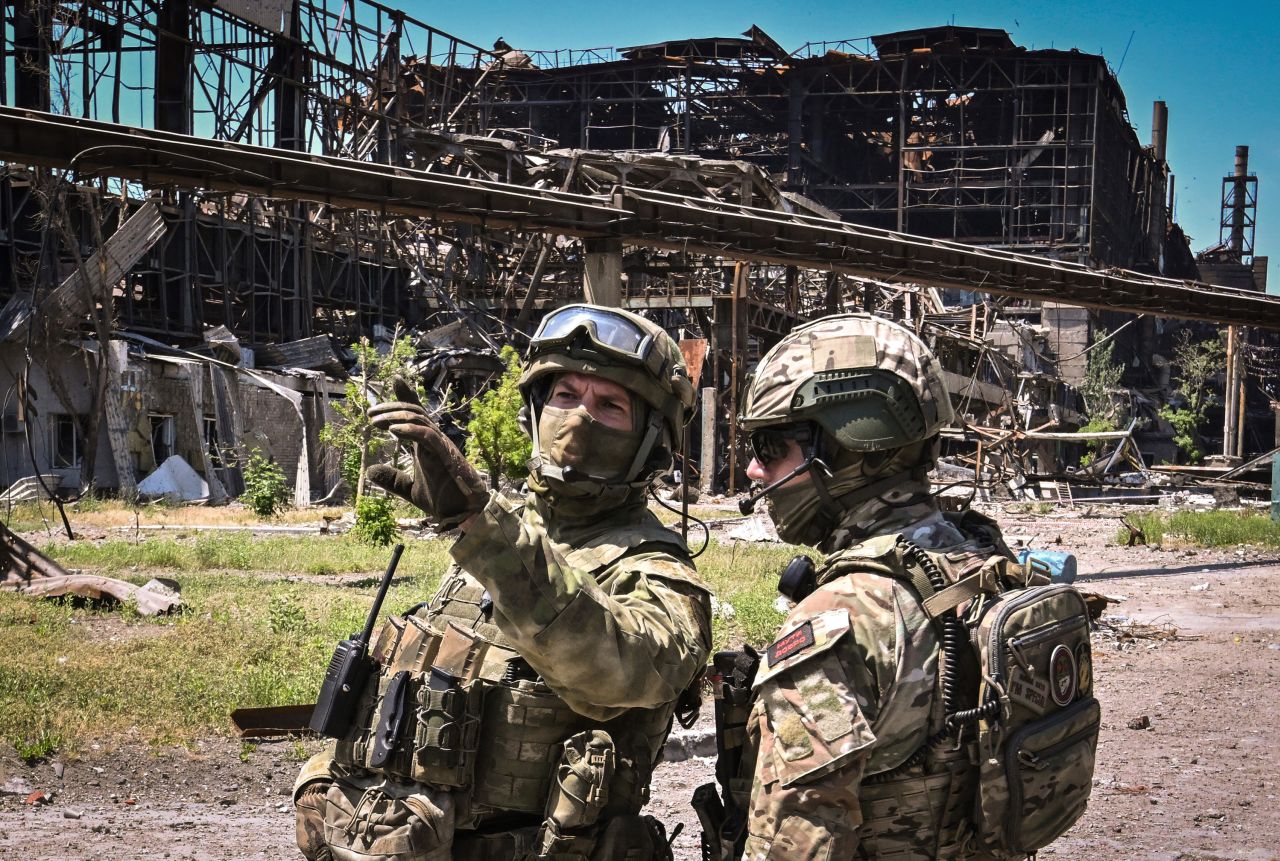
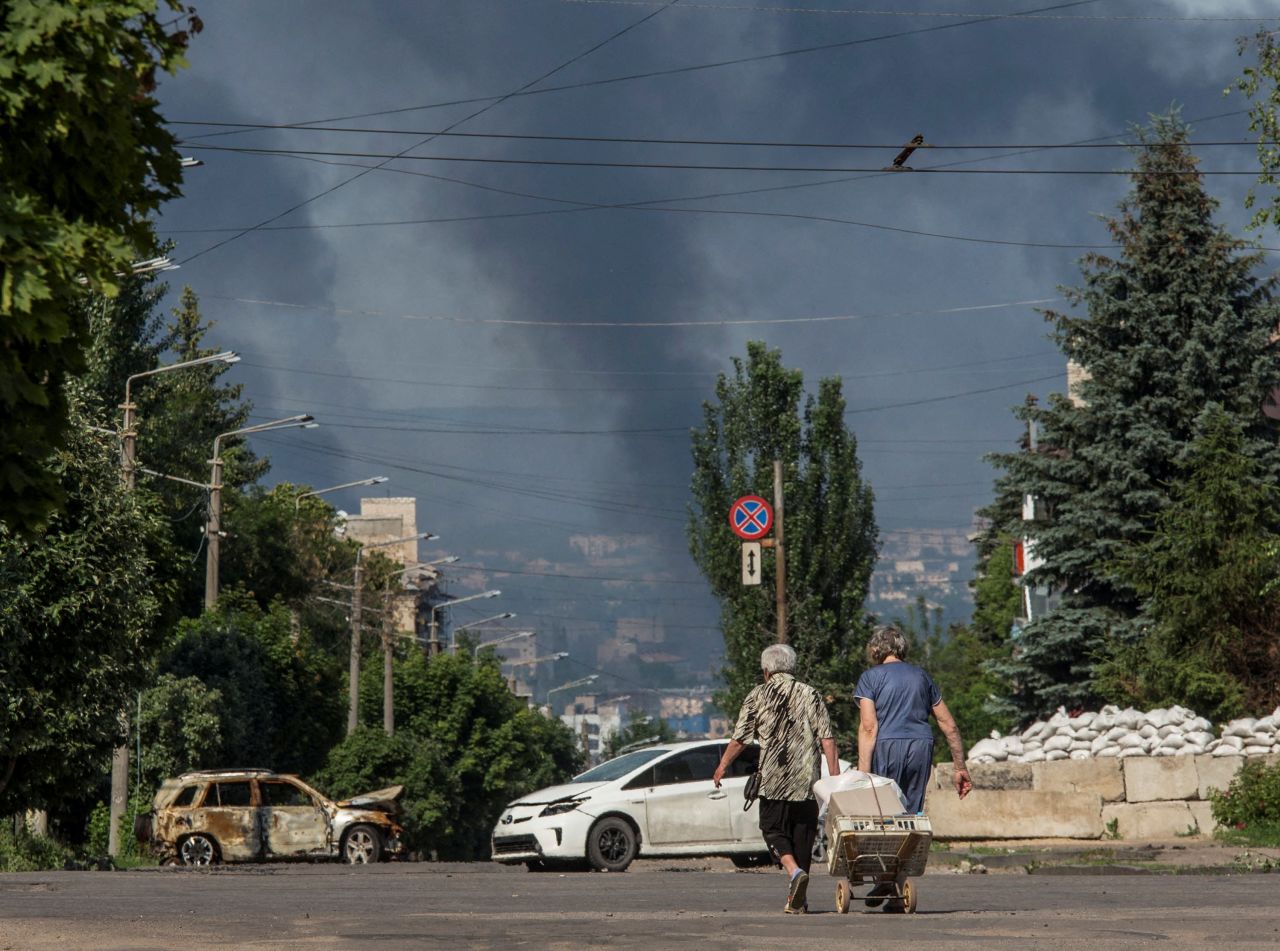
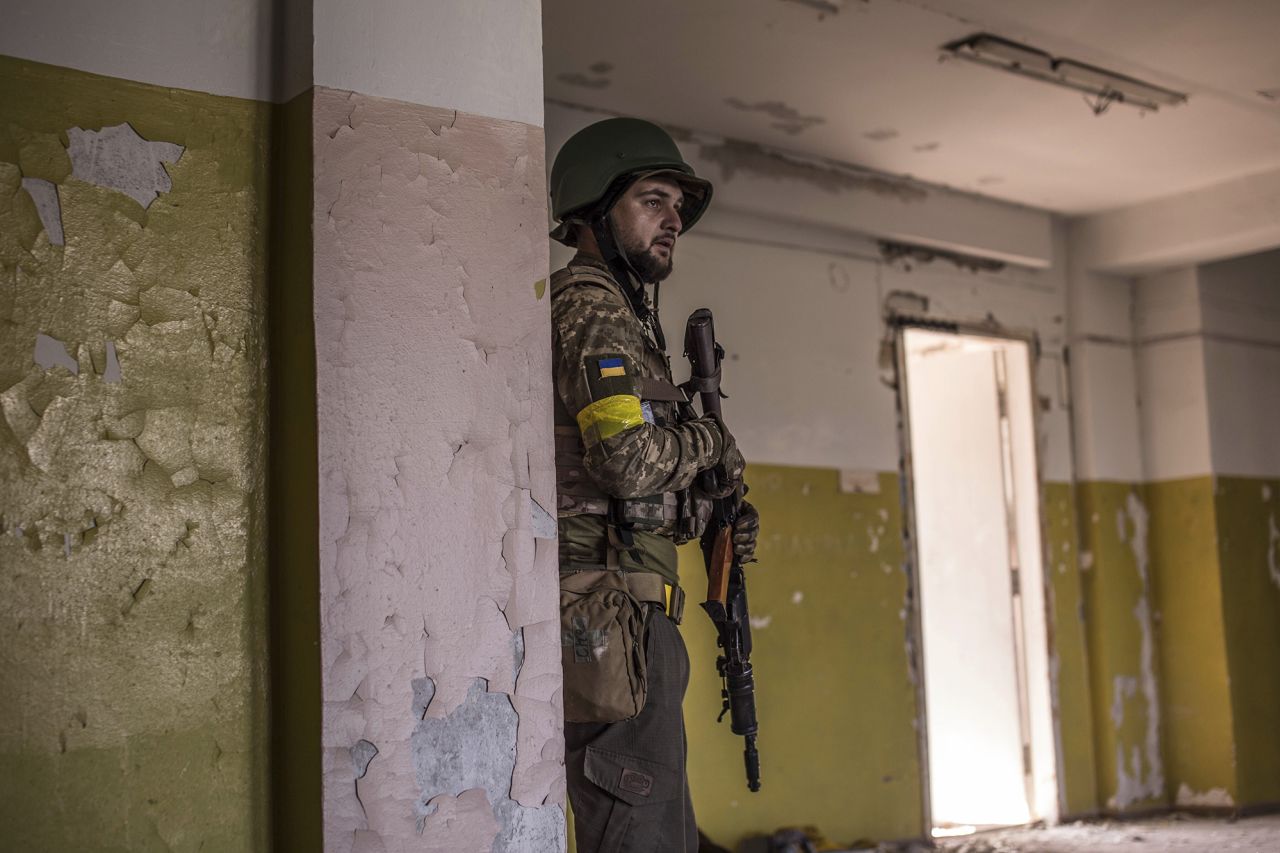 front line in Severodonetsk, Ukraine, on Wednesday, June 8.” class=”image_gallery-image__dam-img image_gallery-image__dam-img–loading” onload=’this.classList.remove(‘image_gallery-image__dam-img–loading’)’ height=”1333″ width=”2000″/>
front line in Severodonetsk, Ukraine, on Wednesday, June 8.” class=”image_gallery-image__dam-img image_gallery-image__dam-img–loading” onload=’this.classList.remove(‘image_gallery-image__dam-img–loading’)’ height=”1333″ width=”2000″/>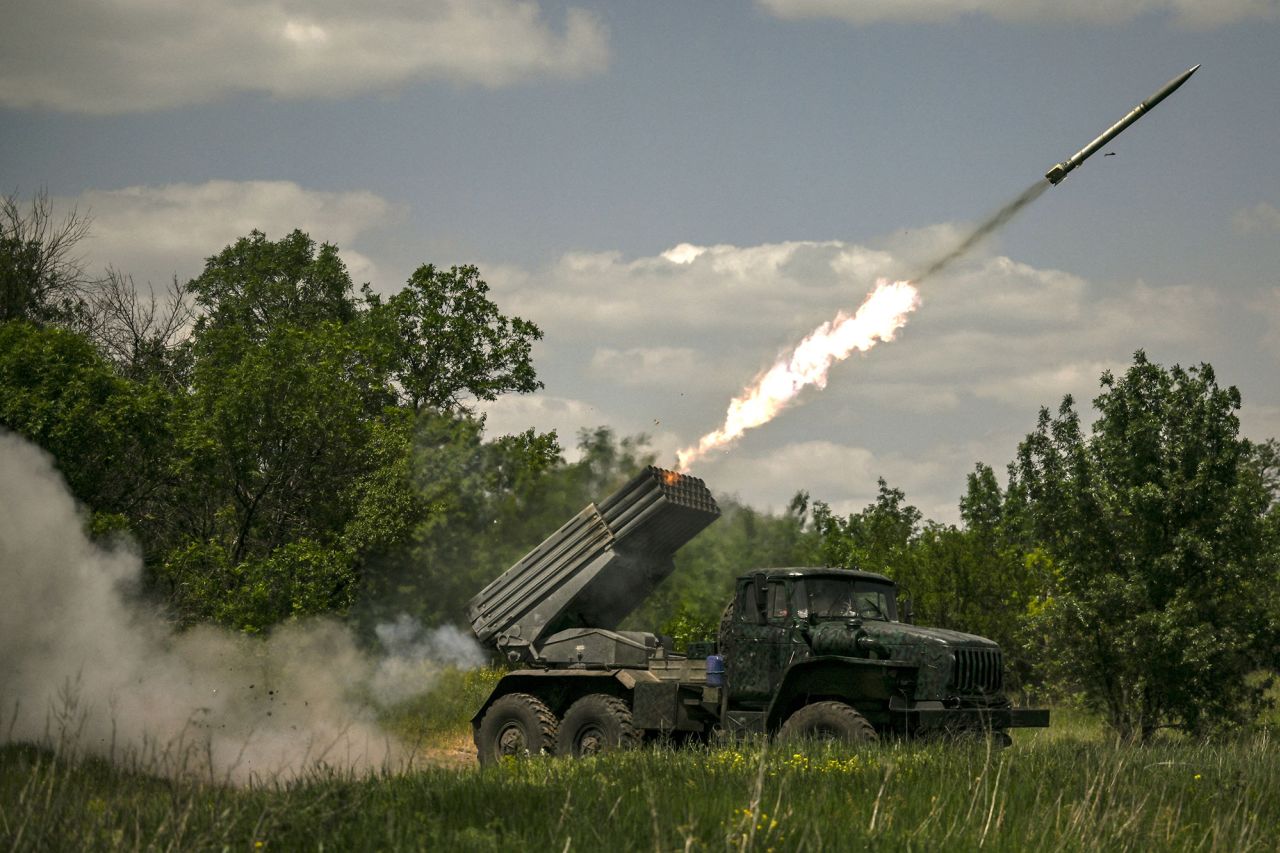 MLRS towards Russian positions at the front line in the eastern Ukrainian region of Donbas on June 7.” class=”image_gallery-image__dam-img image_gallery-image__dam-img–loading” onload=’this.classList.remove(‘image_gallery-image__dam-img–loading’)’ height=”1333″ width=”2000″/>
MLRS towards Russian positions at the front line in the eastern Ukrainian region of Donbas on June 7.” class=”image_gallery-image__dam-img image_gallery-image__dam-img–loading” onload=’this.classList.remove(‘image_gallery-image__dam-img–loading’)’ height=”1333″ width=”2000″/>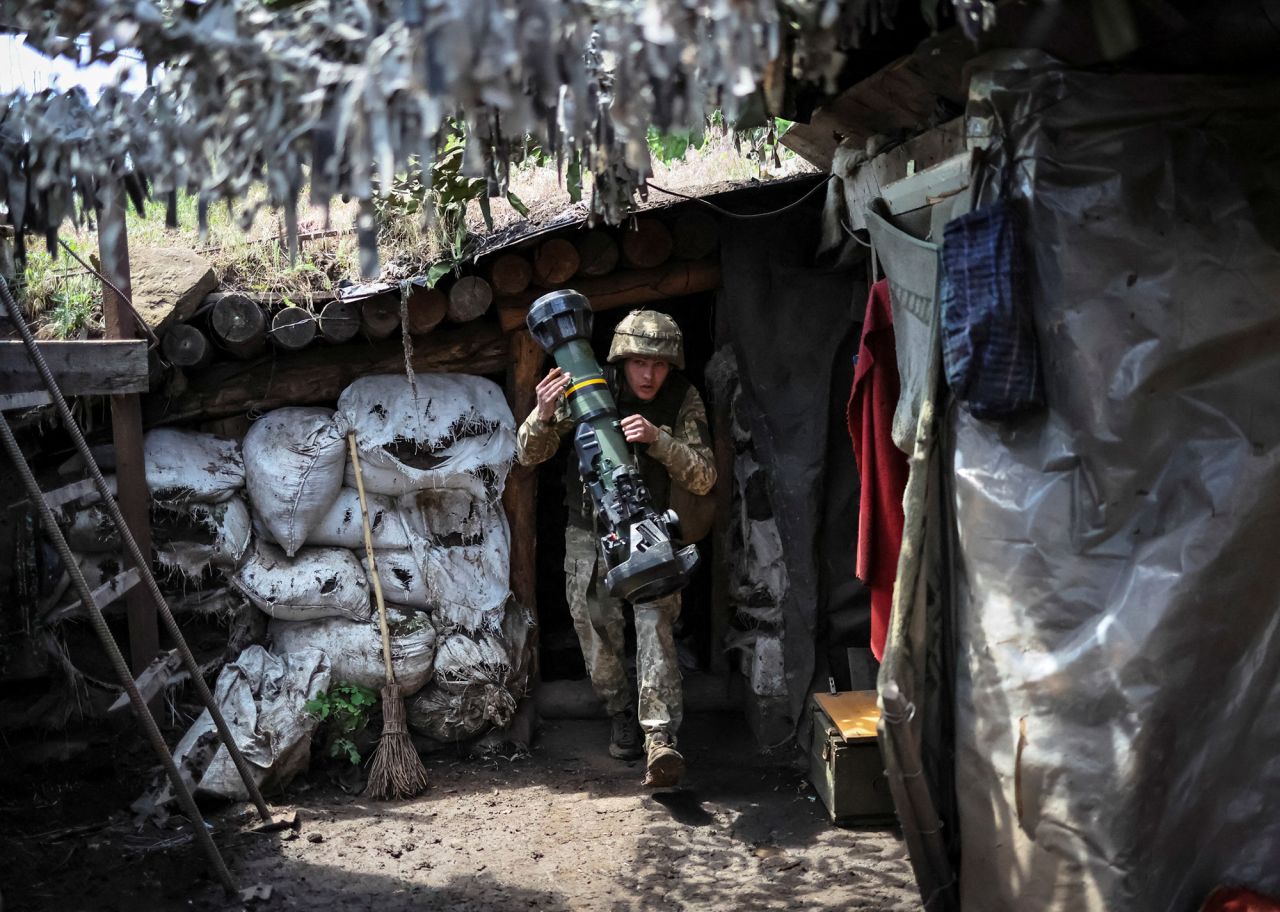
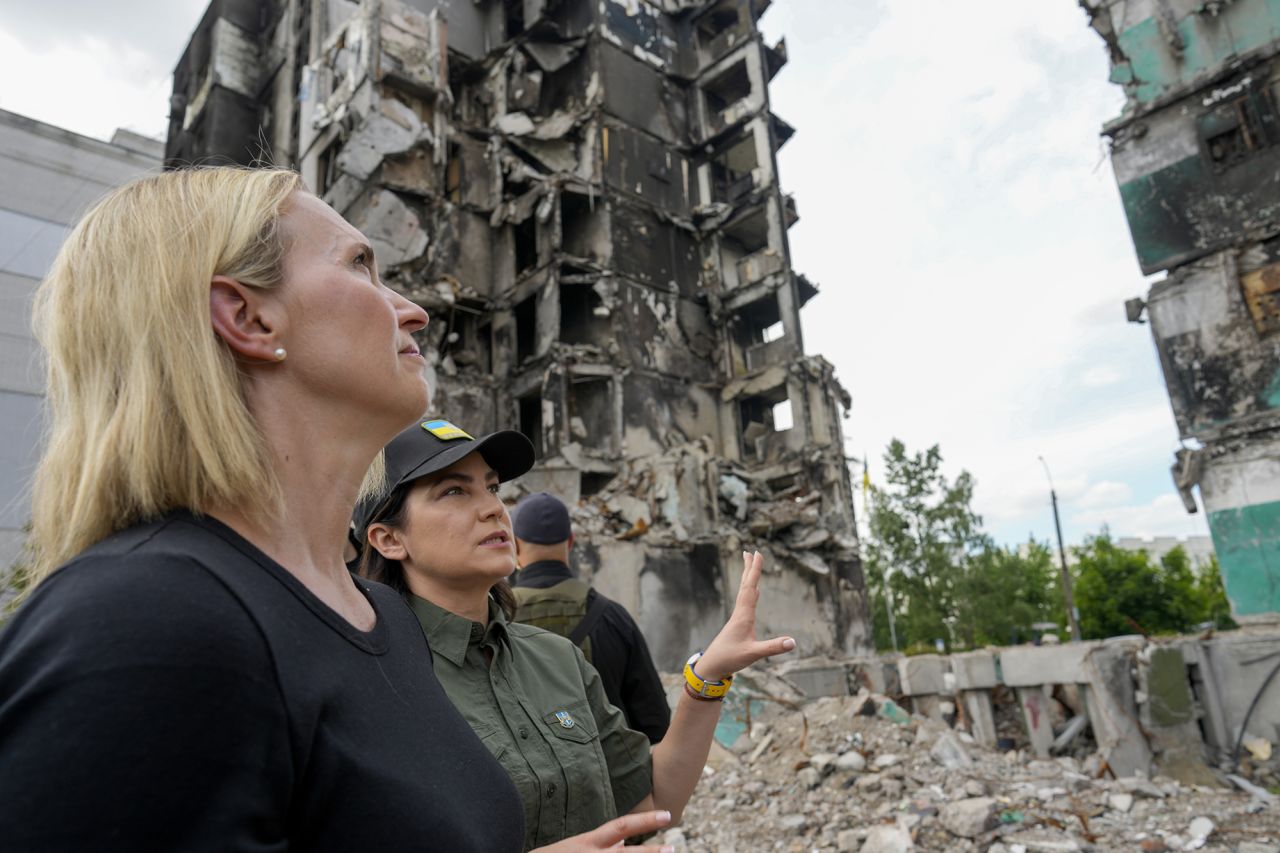
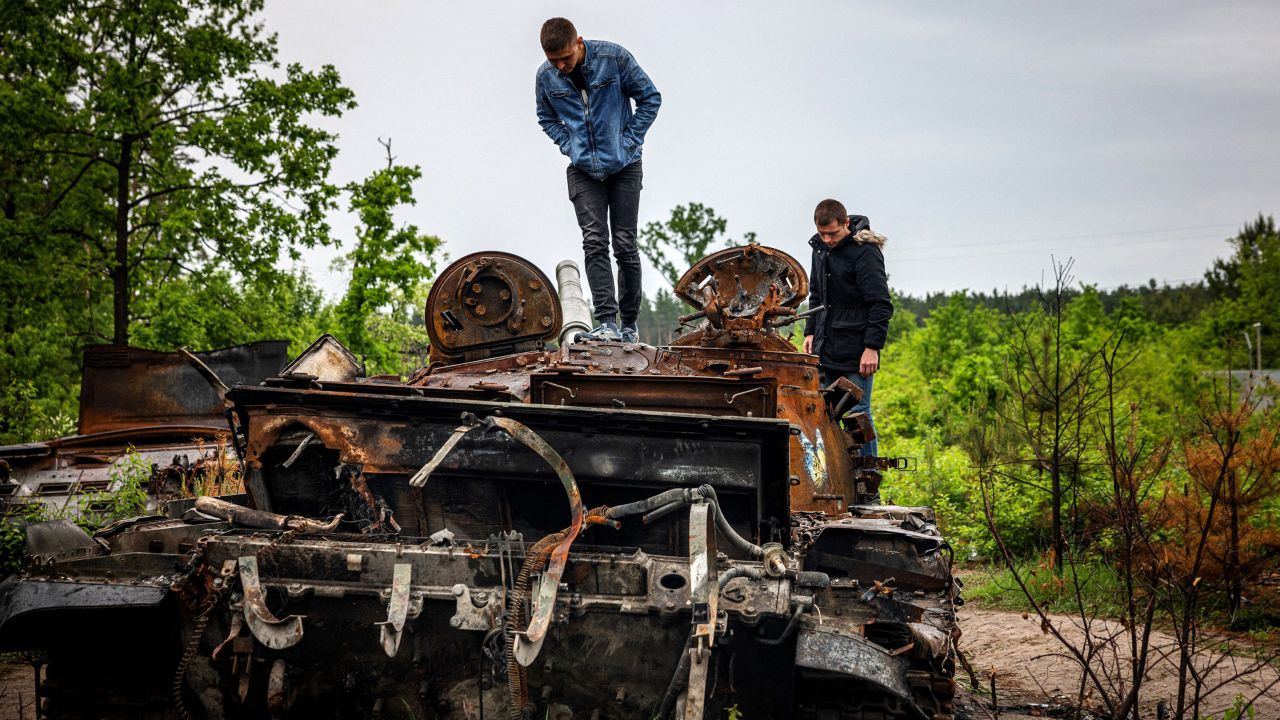
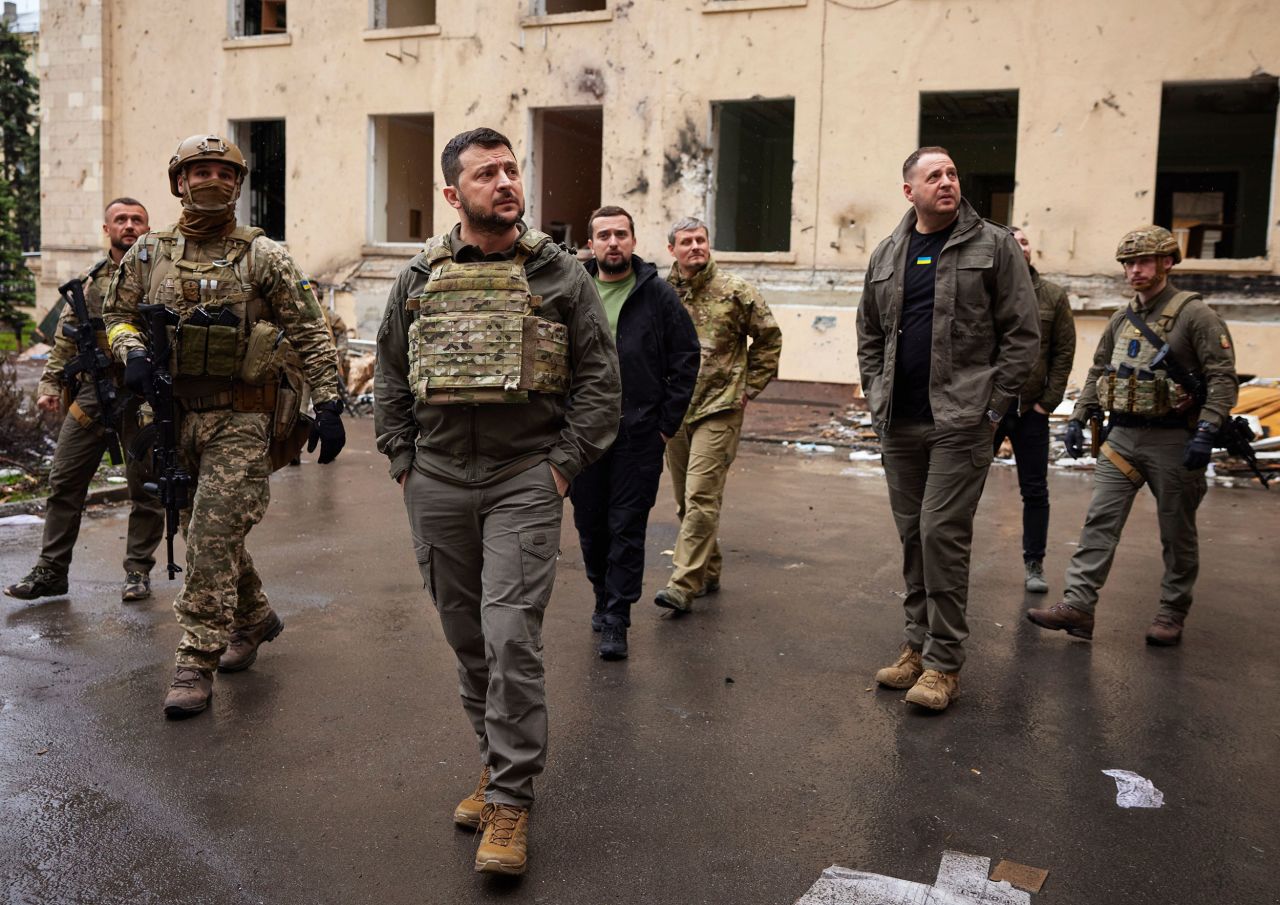
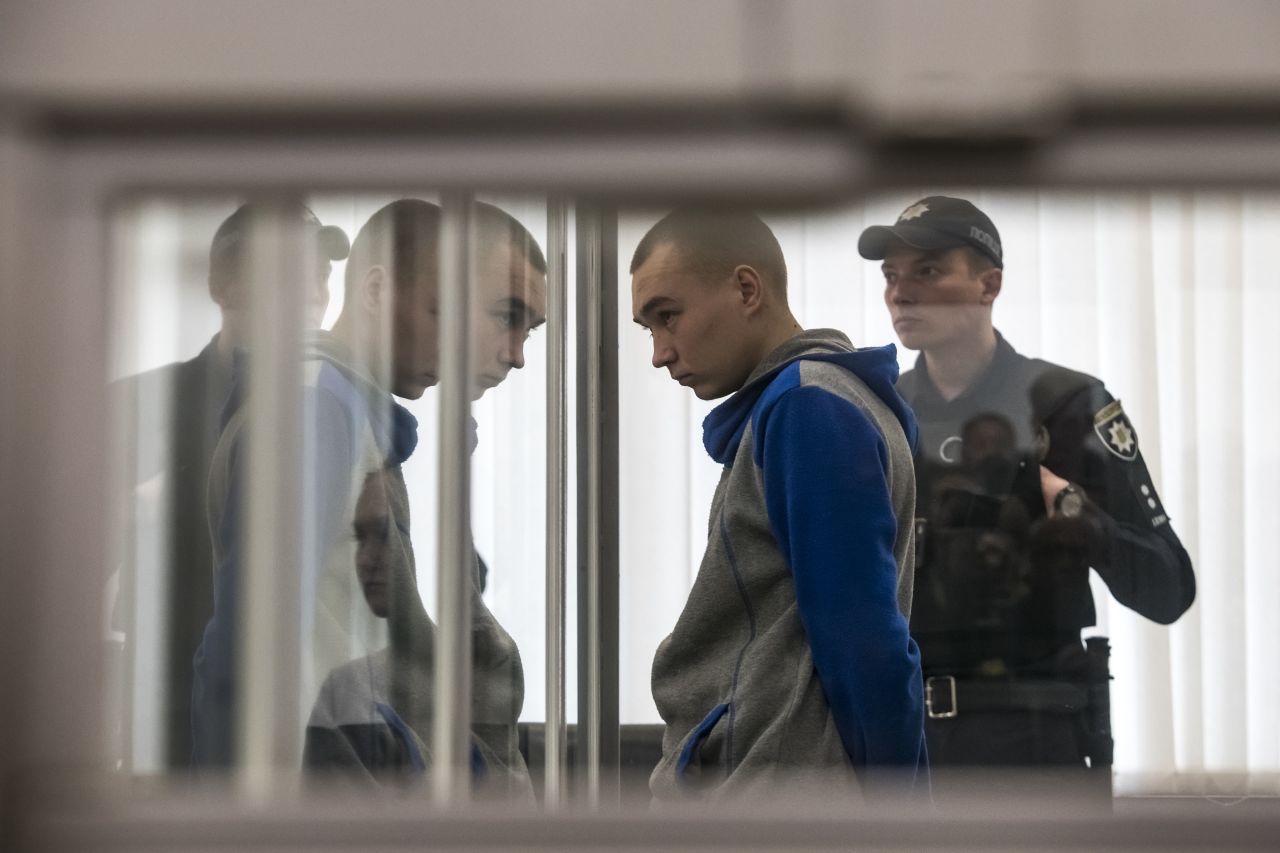 sentenced to life in prison by a Ukrainian court in Kyiv on May 23. He was convicted of killing an unarmed civilian. It was the first war crimes trial arising from Russia’s invasion.” class=”image_gallery-image__dam-img image_gallery-image__dam-img–loading” onload=’this.classList.remove(‘image_gallery-image__dam-img–loading’)’ height=”2667″ width=”4000″/>
sentenced to life in prison by a Ukrainian court in Kyiv on May 23. He was convicted of killing an unarmed civilian. It was the first war crimes trial arising from Russia’s invasion.” class=”image_gallery-image__dam-img image_gallery-image__dam-img–loading” onload=’this.classList.remove(‘image_gallery-image__dam-img–loading’)’ height=”2667″ width=”4000″/>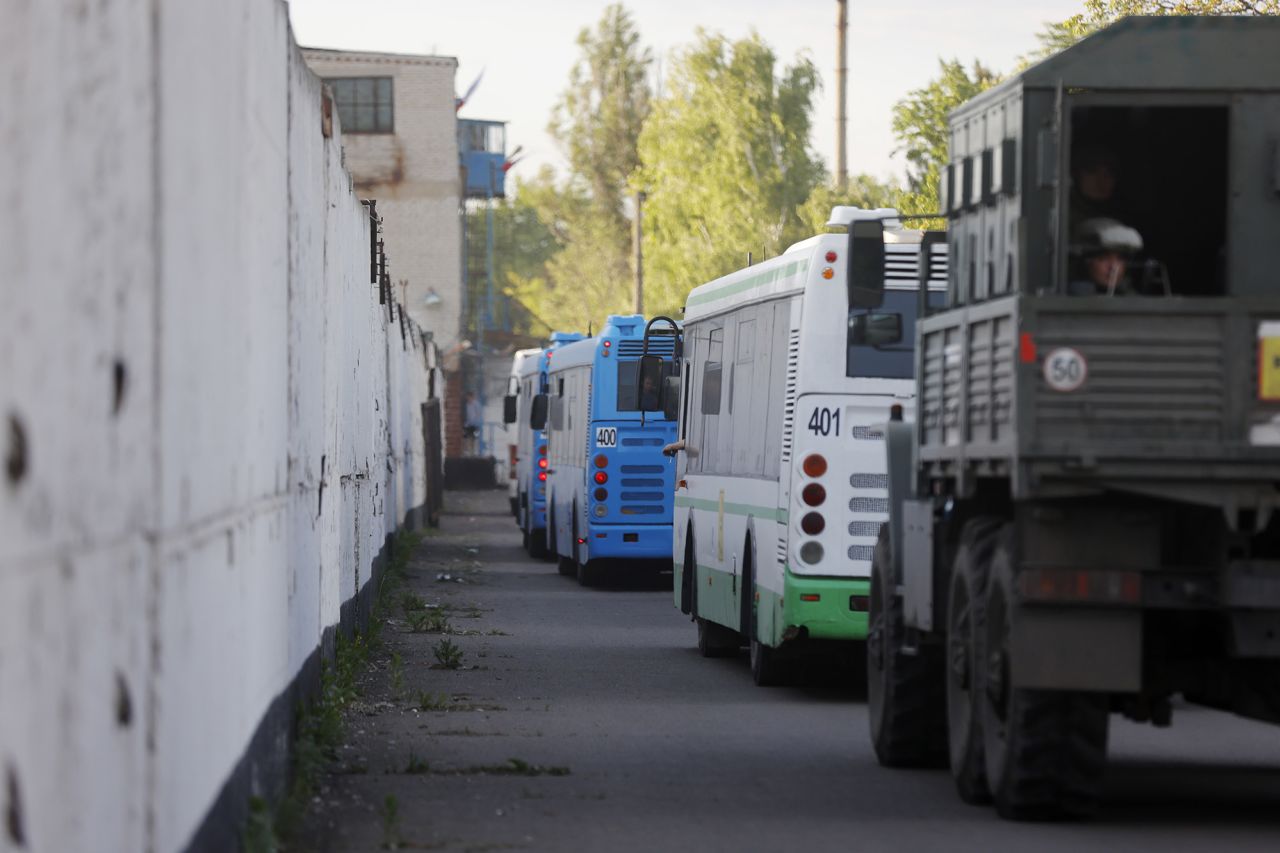 evacuated from the Azovstal steel plant wait near a prison in Olyonivka on May 17. The steel plant was the last holdout in Mariupol, a city that had become a symbol of Ukrainian resistance under relentless Russian bombardment.” class=”image_gallery-image__dam-img image_gallery-image__dam-img–loading” onload=’this.classList.remove(‘image_gallery-image__dam-img–loading’)’ height=”1333″ width=”2000″/>
evacuated from the Azovstal steel plant wait near a prison in Olyonivka on May 17. The steel plant was the last holdout in Mariupol, a city that had become a symbol of Ukrainian resistance under relentless Russian bombardment.” class=”image_gallery-image__dam-img image_gallery-image__dam-img–loading” onload=’this.classList.remove(‘image_gallery-image__dam-img–loading’)’ height=”1333″ width=”2000″/>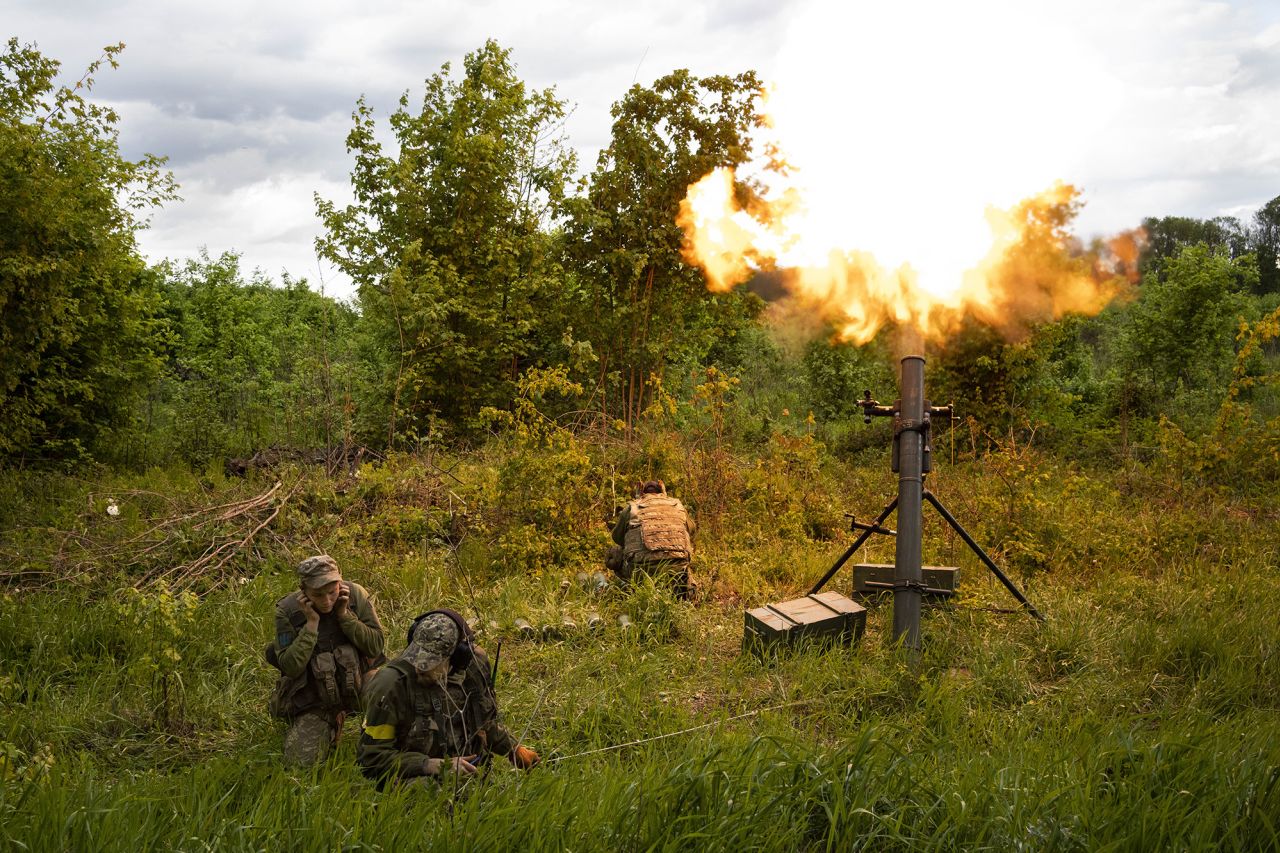
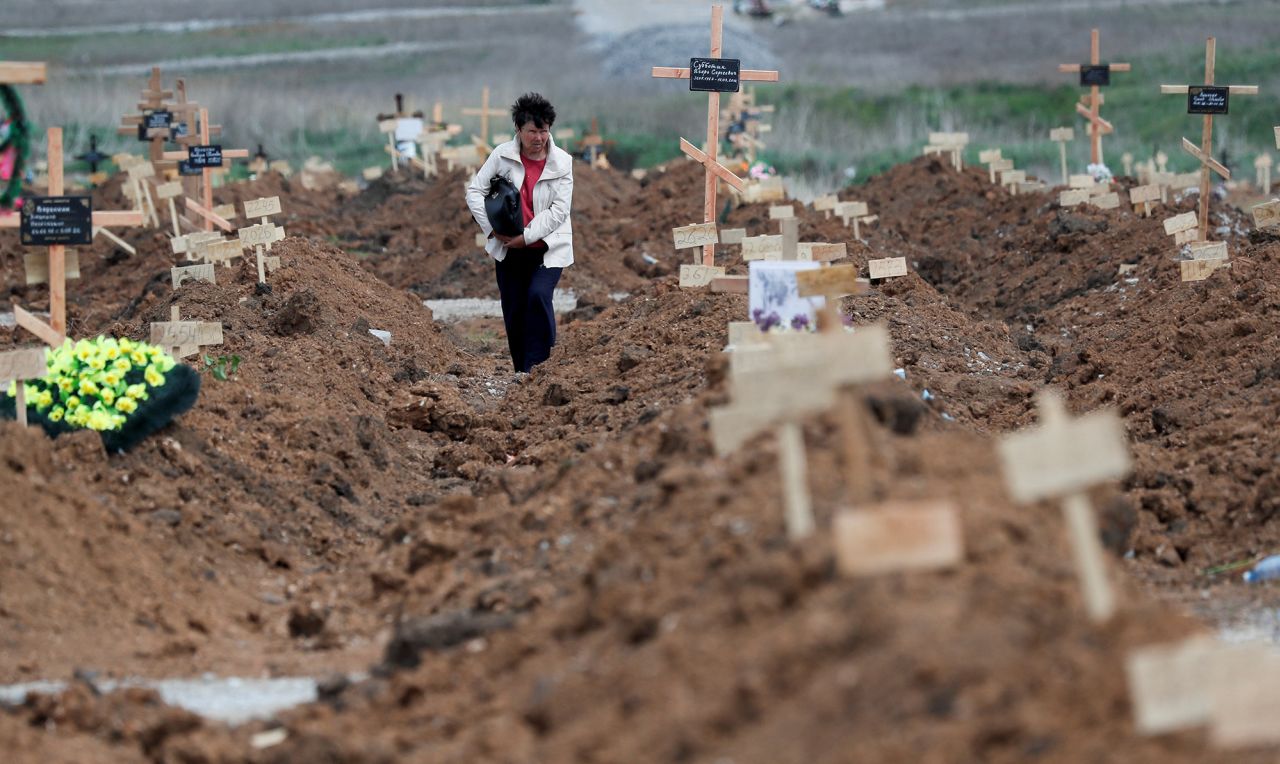
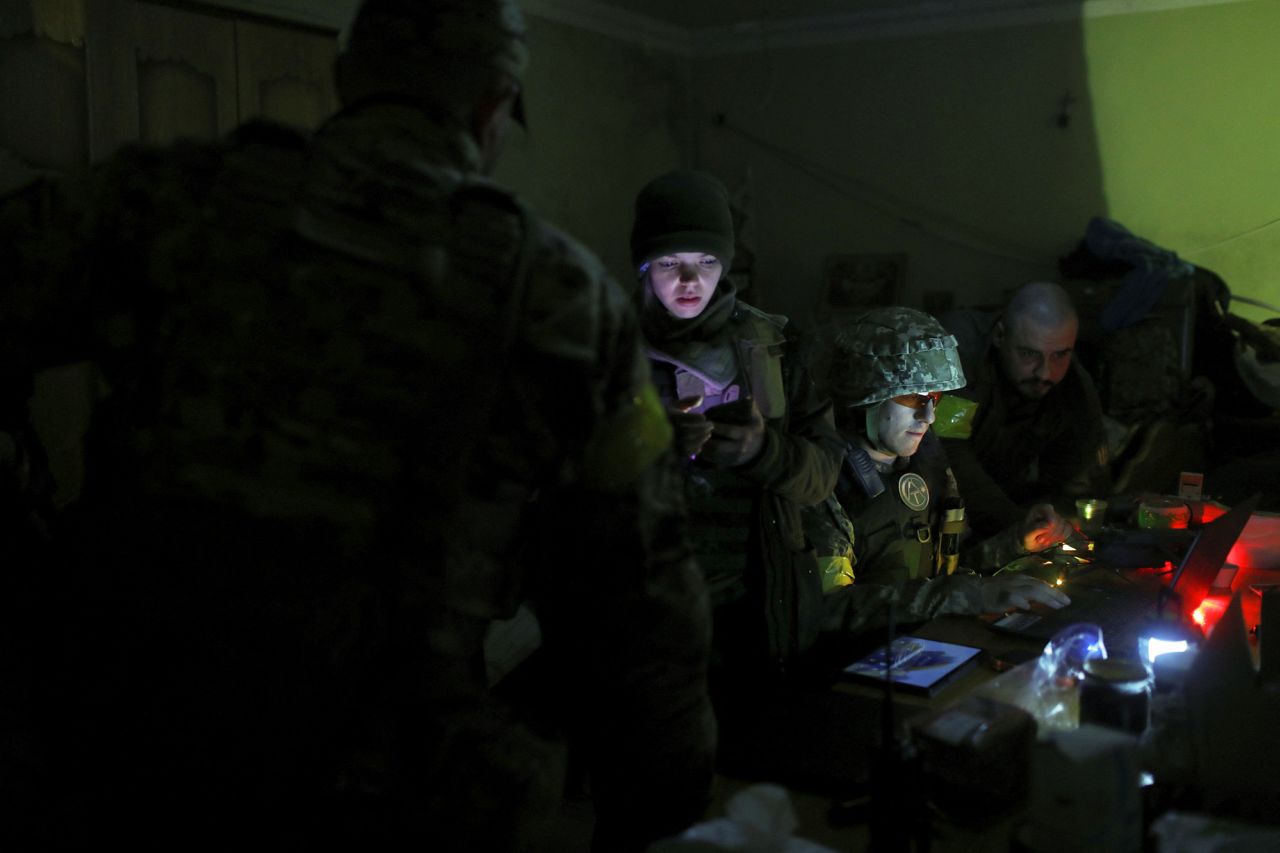
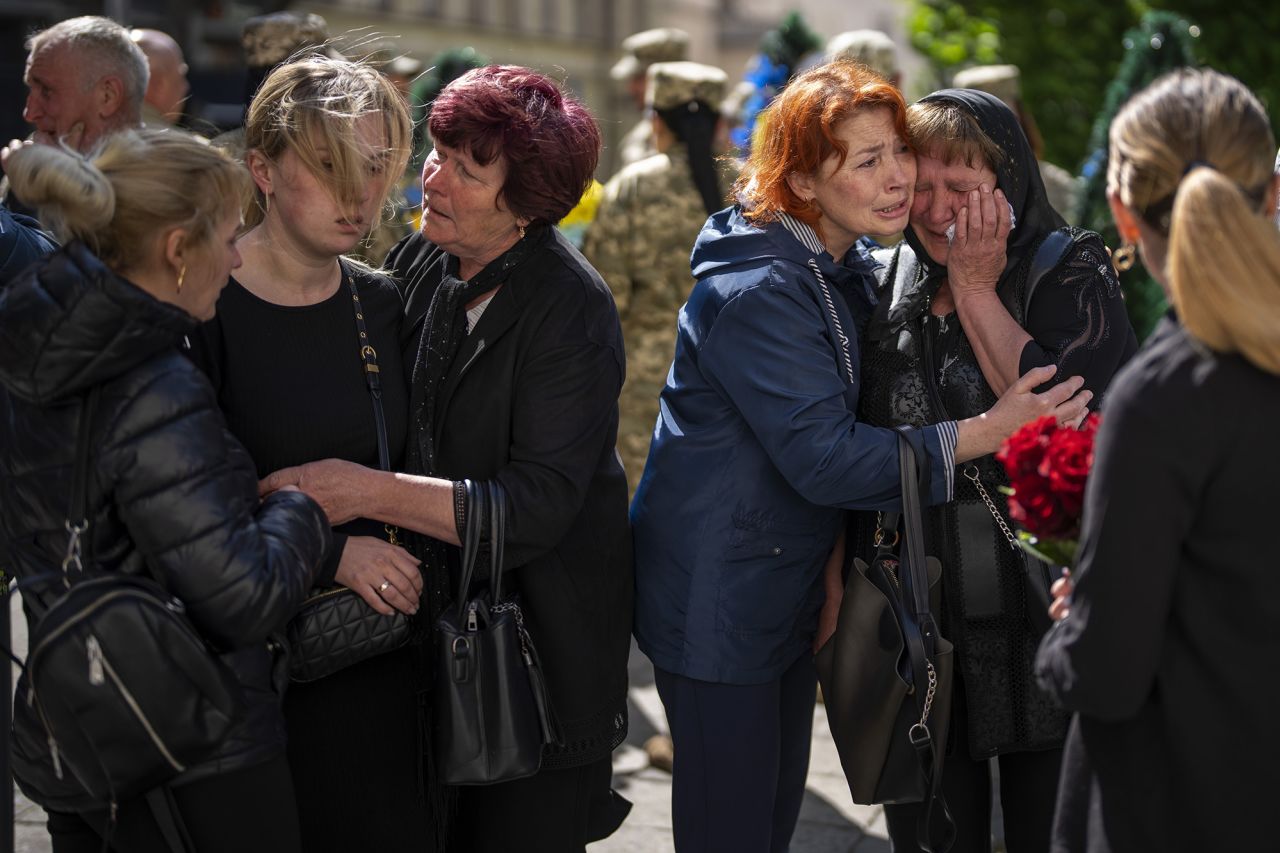
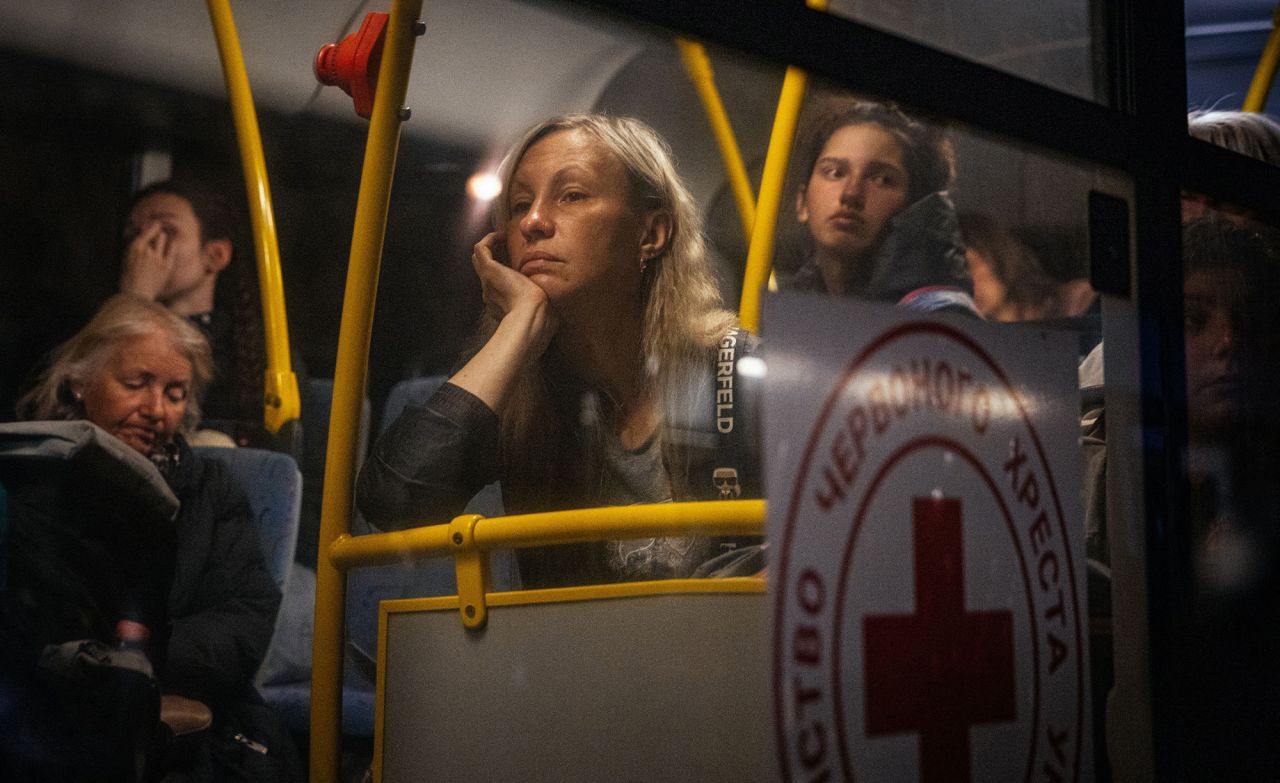 internally displaced people in Zaporizhzhia, Ukraine, on May 8.” class=”image_gallery-image__dam-img image_gallery-image__dam-img–loading” onload=’this.classList.remove(‘image_gallery-image__dam-img–loading’)’ height=”1224″ width=”2000″/>
internally displaced people in Zaporizhzhia, Ukraine, on May 8.” class=”image_gallery-image__dam-img image_gallery-image__dam-img–loading” onload=’this.classList.remove(‘image_gallery-image__dam-img–loading’)’ height=”1224″ width=”2000″/>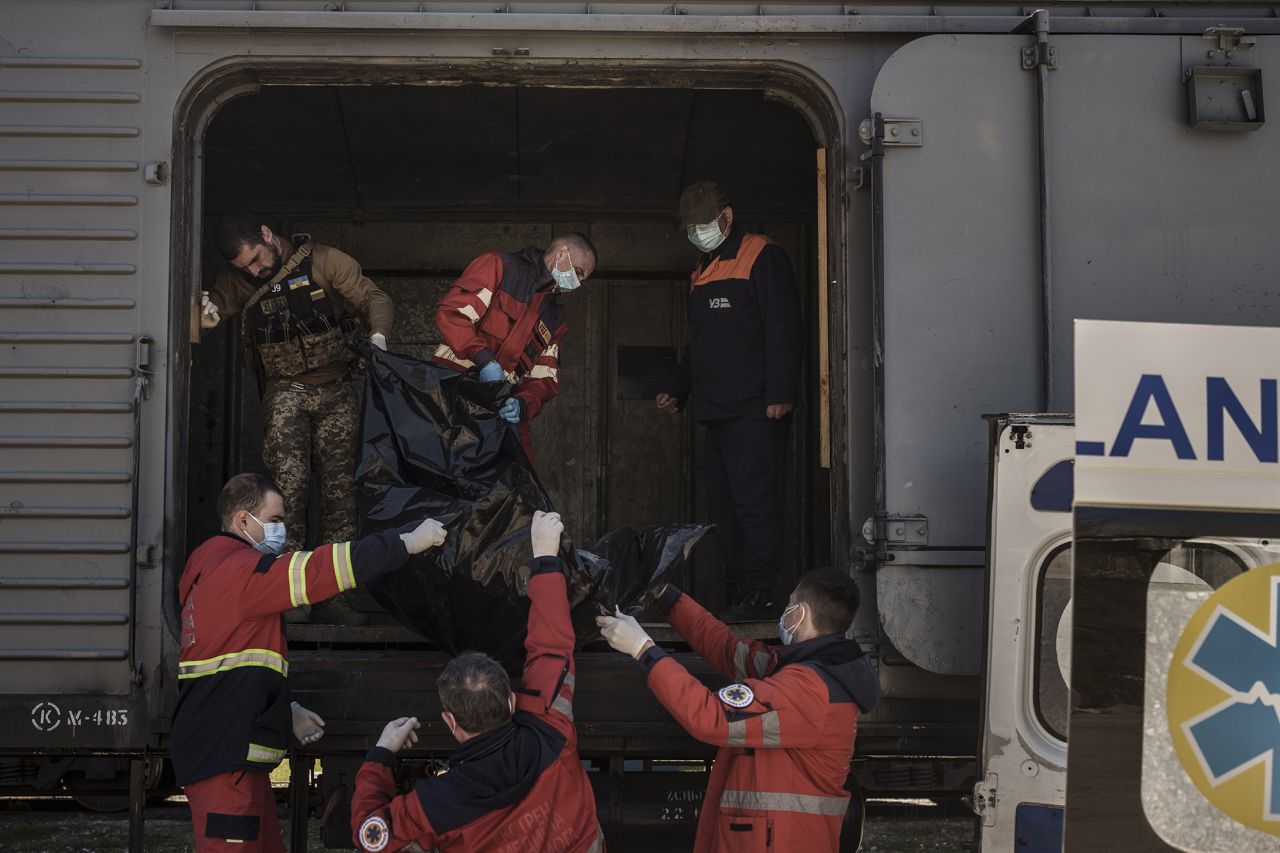
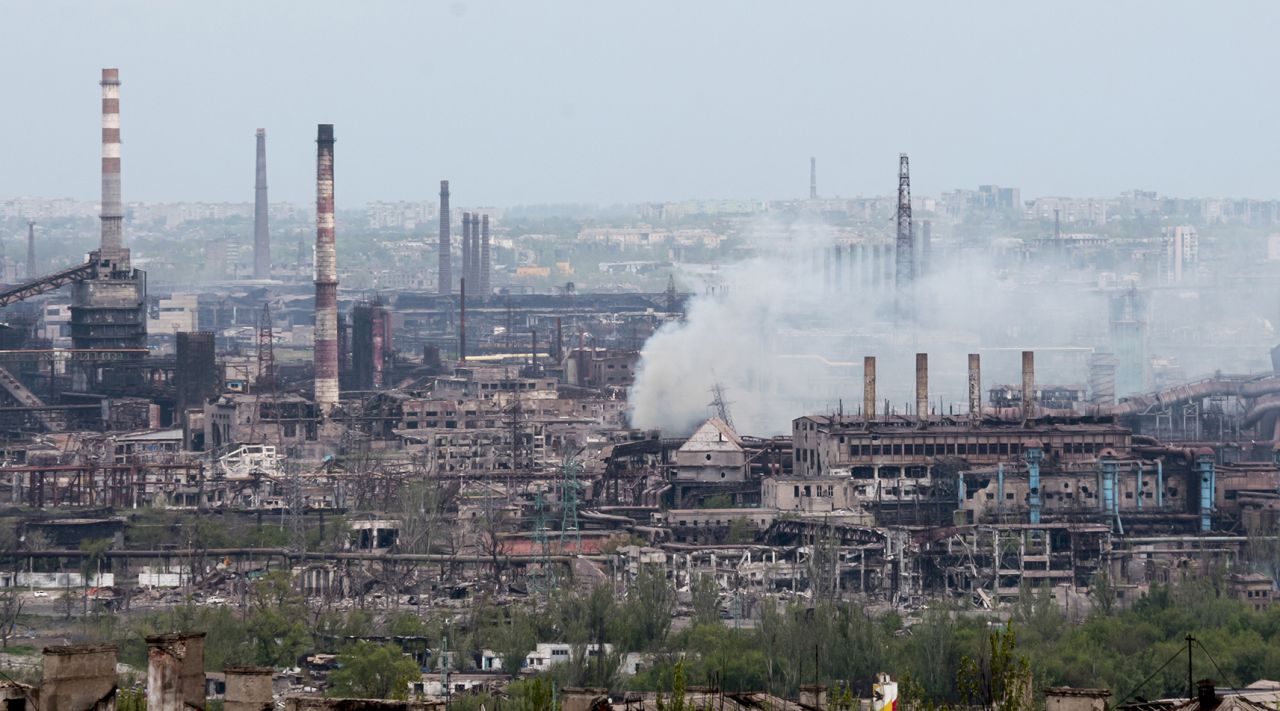
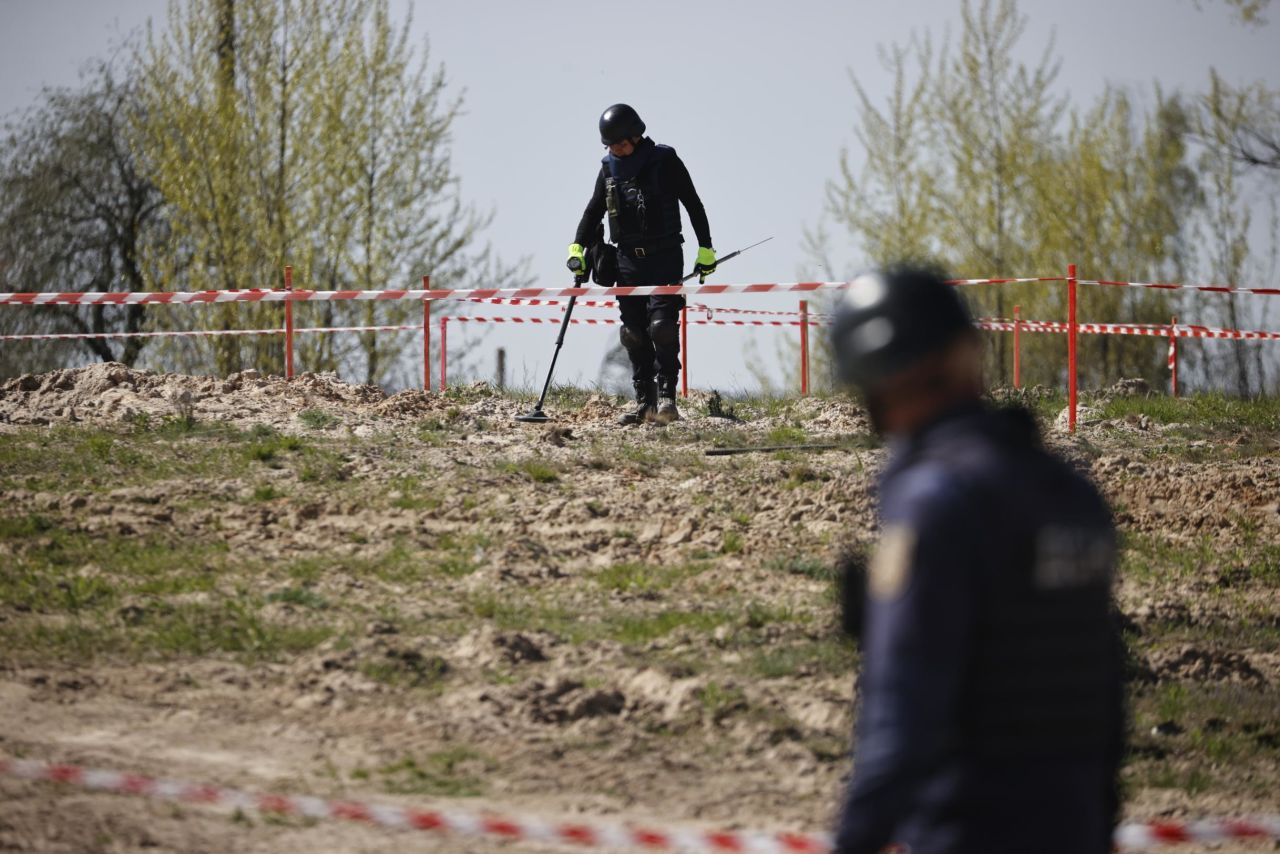 Antonov Airport in Hostomel, Ukraine, on May 5.” class=”image_gallery-image__dam-img image_gallery-image__dam-img–loading” onload=’this.classList.remove(‘image_gallery-image__dam-img–loading’)’ height=”1625″ width=”2437″/>
Antonov Airport in Hostomel, Ukraine, on May 5.” class=”image_gallery-image__dam-img image_gallery-image__dam-img–loading” onload=’this.classList.remove(‘image_gallery-image__dam-img–loading’)’ height=”1625″ width=”2437″/>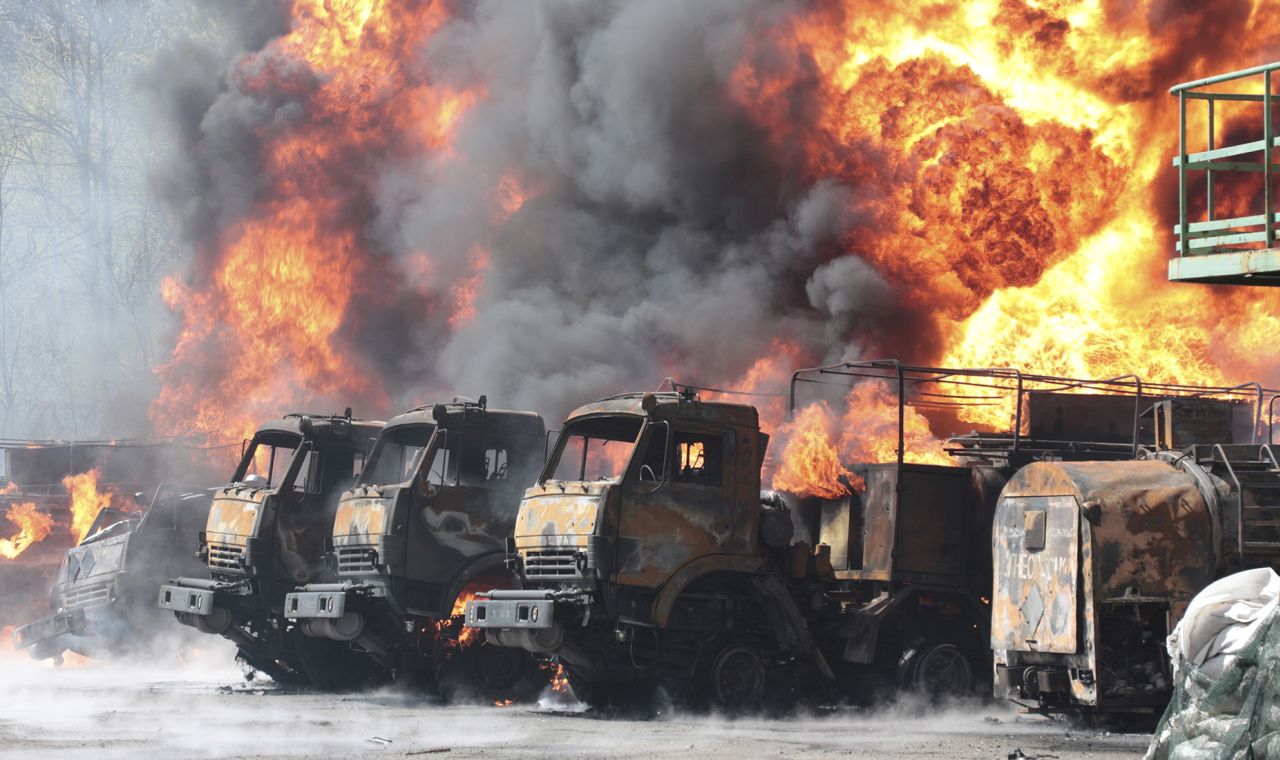 fire at an oil depot in Makiivka, Ukraine, after missiles struck a facility in an area controlled by Russian-backed separatist forces on May 4.” class=”image_gallery-image__dam-img image_gallery-image__dam-img–loading” onload=’this.classList.remove(‘image_gallery-image__dam-img–loading’)’ height=”1101″ width=”1854″/>
fire at an oil depot in Makiivka, Ukraine, after missiles struck a facility in an area controlled by Russian-backed separatist forces on May 4.” class=”image_gallery-image__dam-img image_gallery-image__dam-img–loading” onload=’this.classList.remove(‘image_gallery-image__dam-img–loading’)’ height=”1101″ width=”1854″/>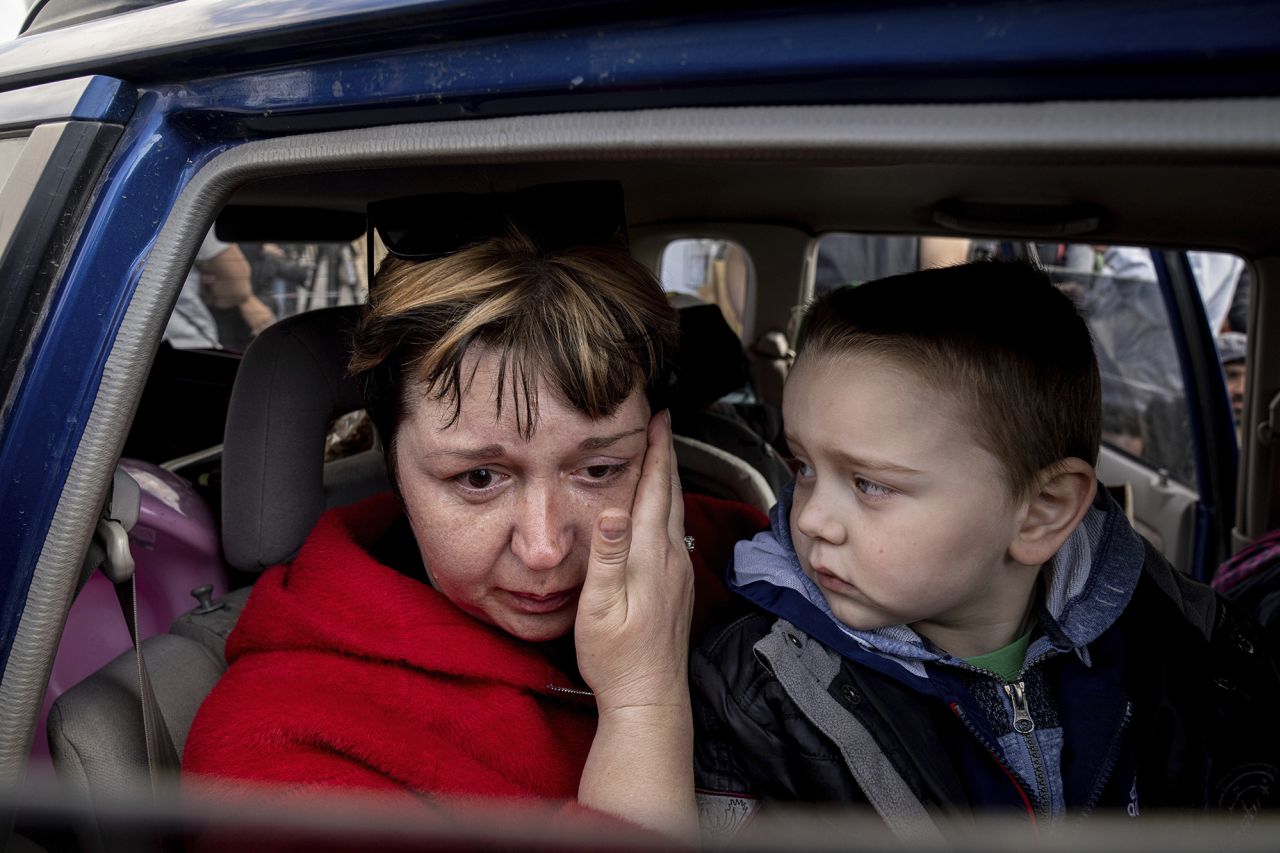
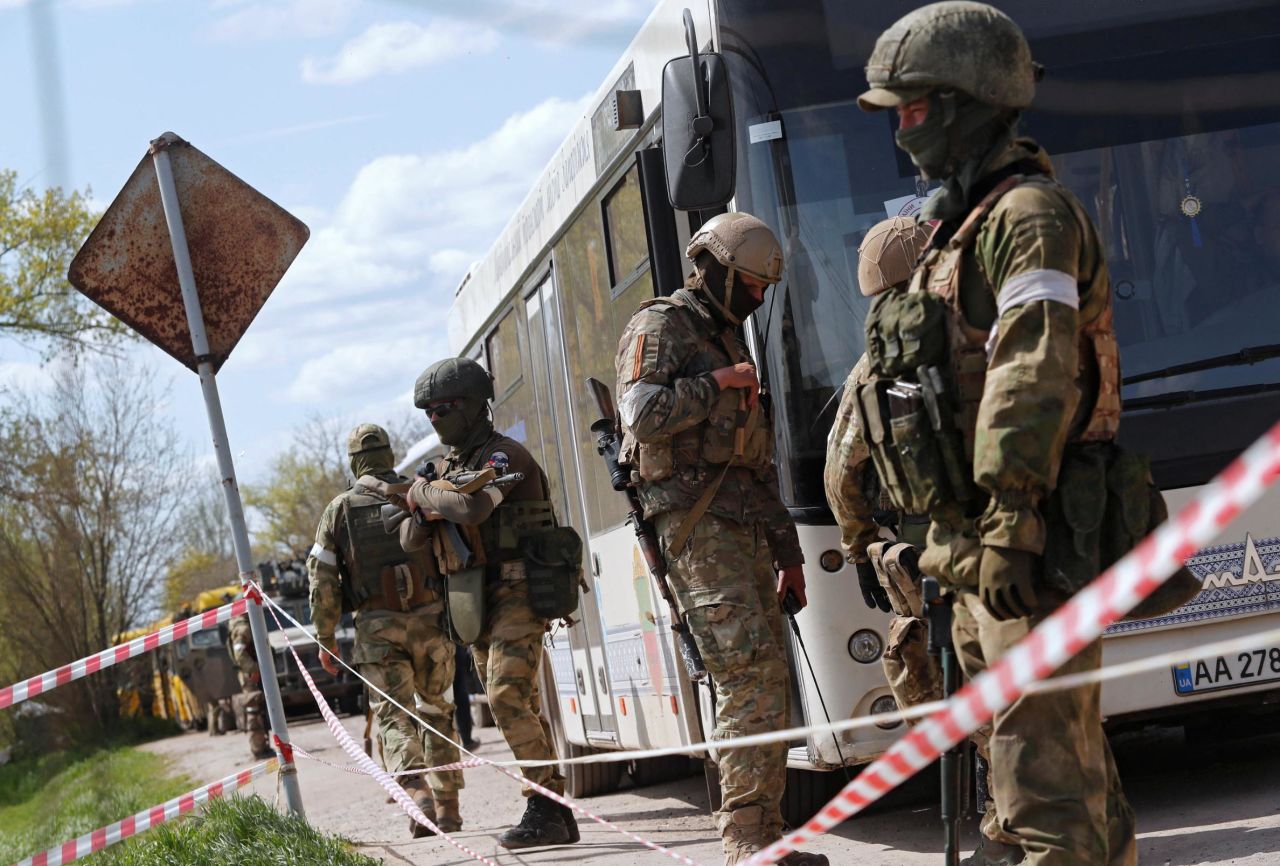
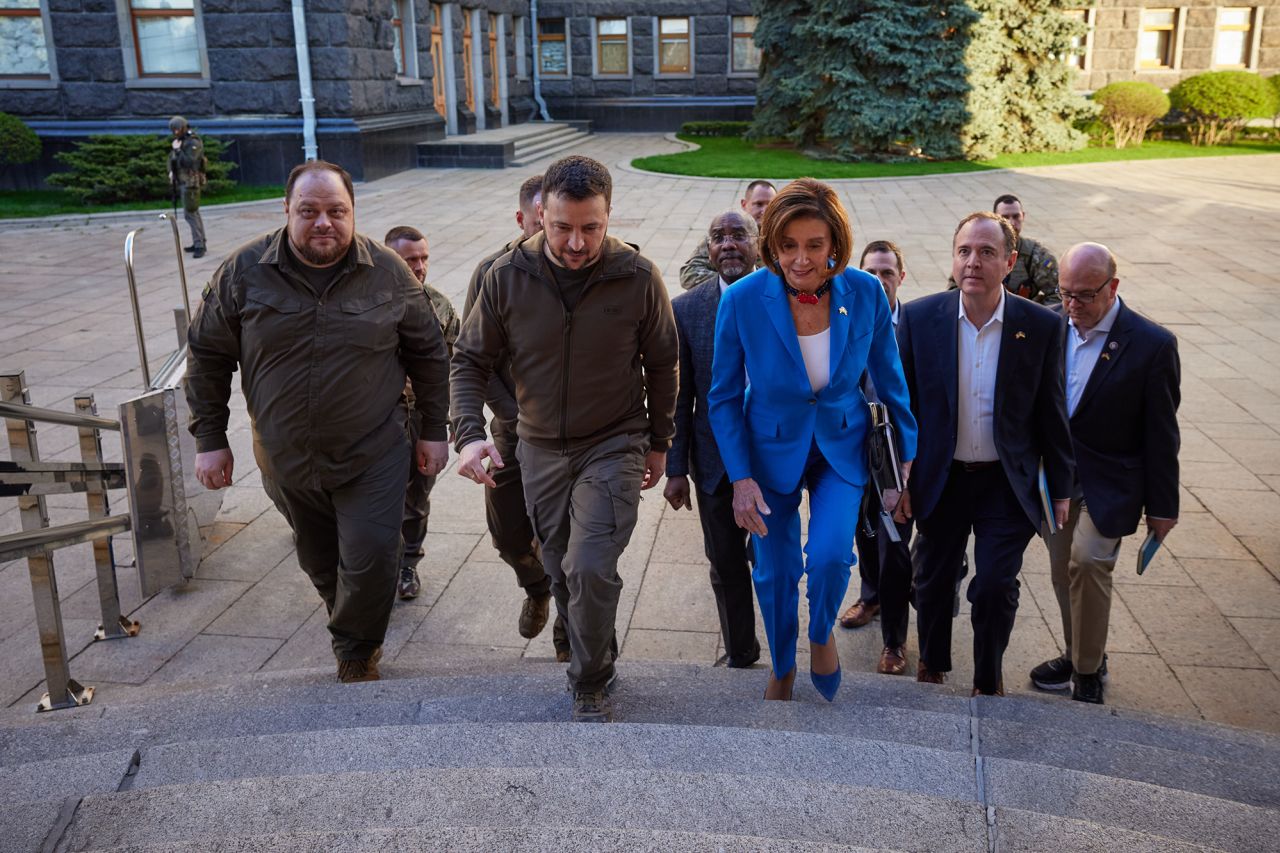 the most senior US official to meet with Zelensky since Russia invaded Ukraine.” class=”image_gallery-image__dam-img image_gallery-image__dam-img–loading” onload=’this.classList.remove(‘image_gallery-image__dam-img–loading’)’ height=”1333″ width=”2000″/>
the most senior US official to meet with Zelensky since Russia invaded Ukraine.” class=”image_gallery-image__dam-img image_gallery-image__dam-img–loading” onload=’this.classList.remove(‘image_gallery-image__dam-img–loading’)’ height=”1333″ width=”2000″/>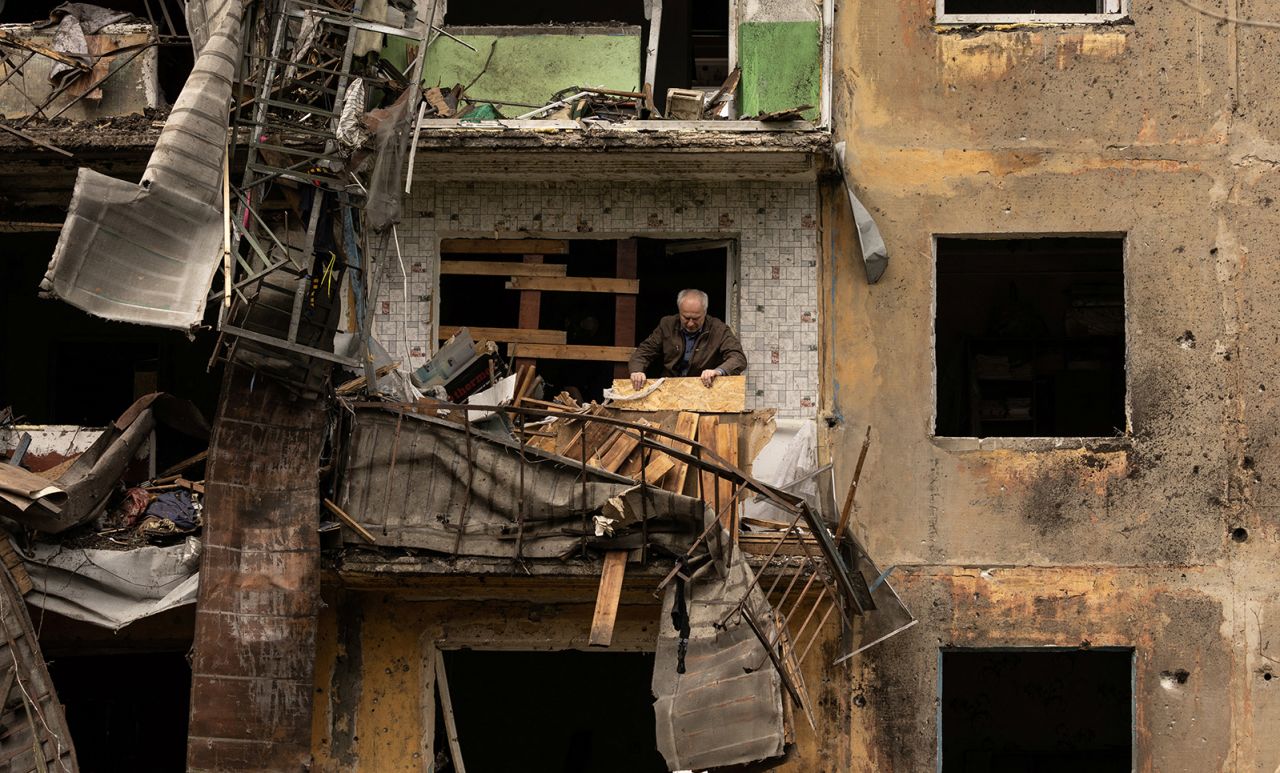
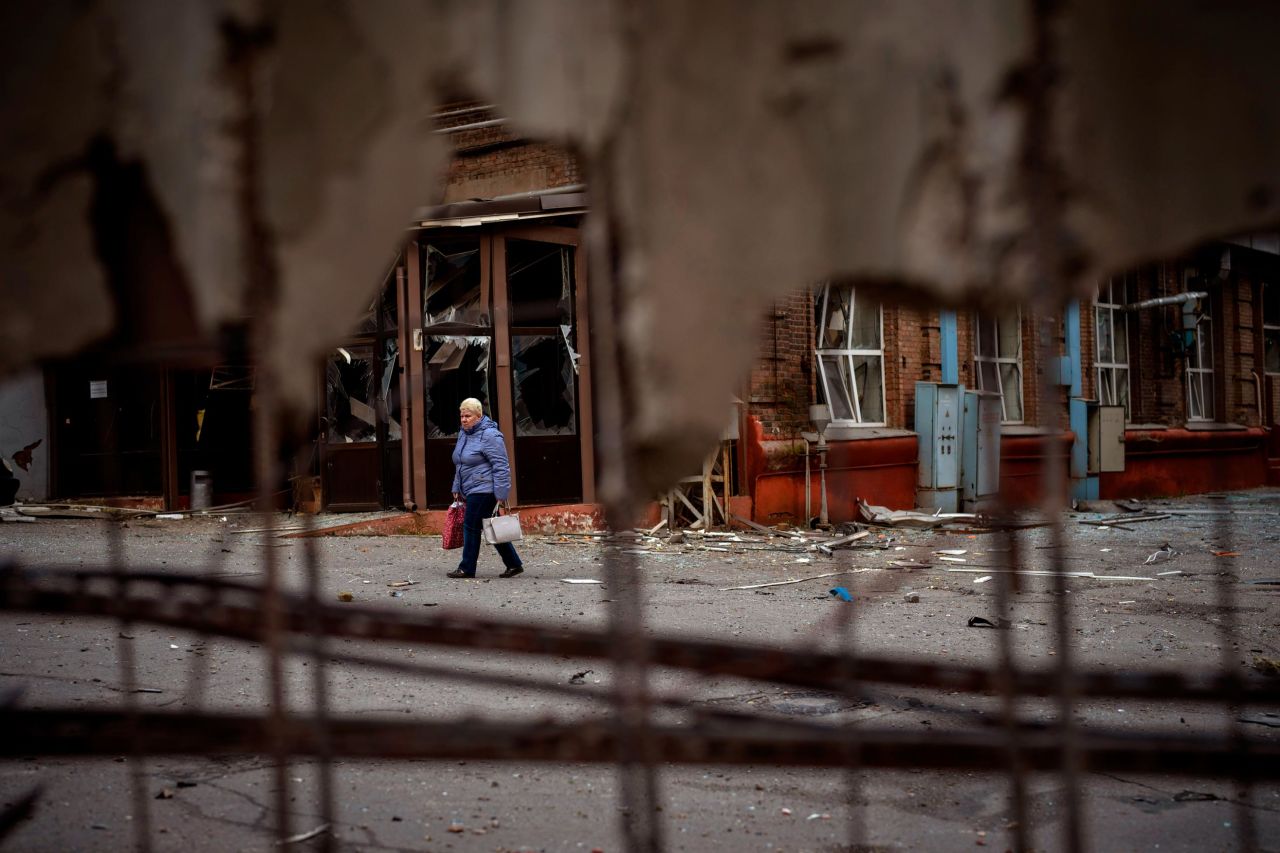 struck the Ukrainian capital shortly after a meeting between Ukrainian President Volodymyr Zelensky and UN Secretary-General António Guterres.” class=”image_gallery-image__dam-img image_gallery-image__dam-img–loading” onload=’this.classList.remove(‘image_gallery-image__dam-img–loading’)’ height=”1953″ width=”2930″/>
struck the Ukrainian capital shortly after a meeting between Ukrainian President Volodymyr Zelensky and UN Secretary-General António Guterres.” class=”image_gallery-image__dam-img image_gallery-image__dam-img–loading” onload=’this.classList.remove(‘image_gallery-image__dam-img–loading’)’ height=”1953″ width=”2930″/>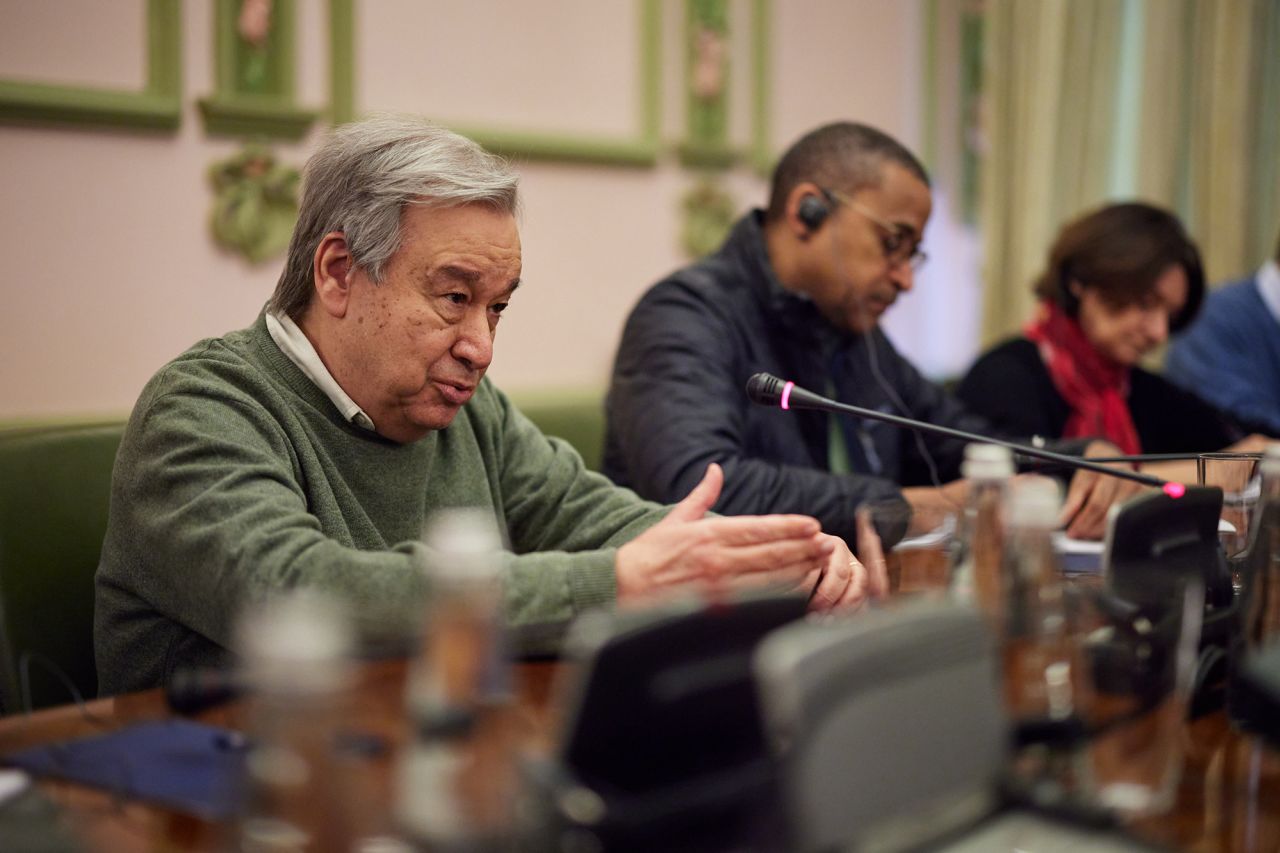
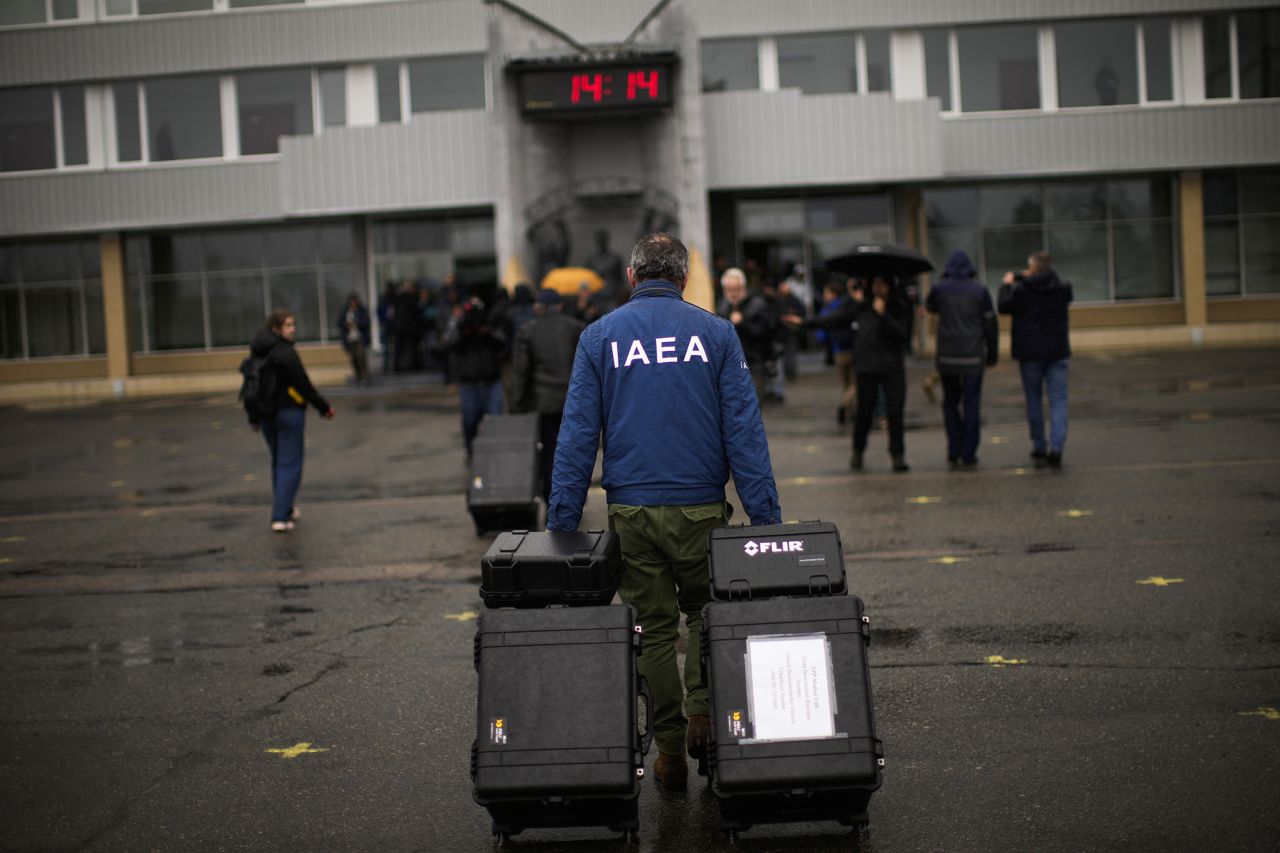
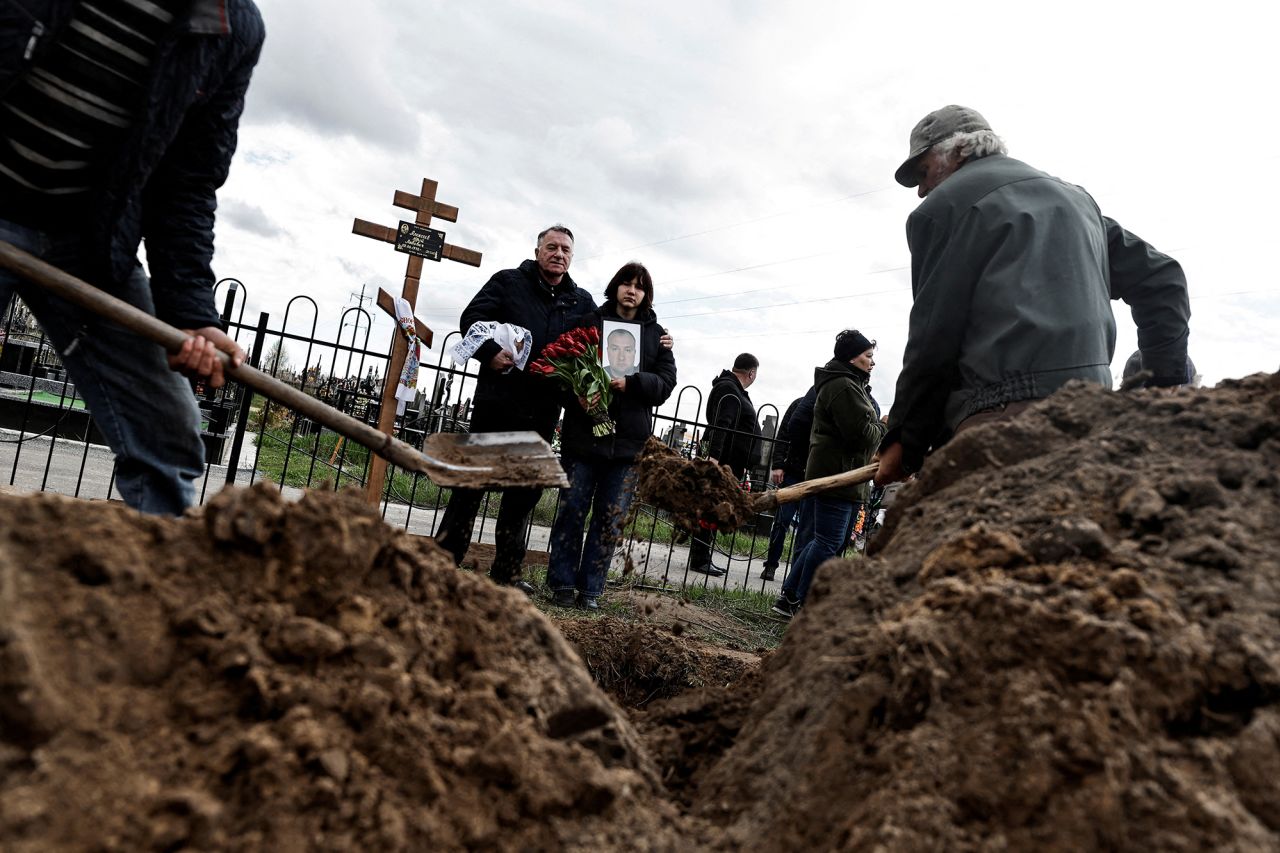
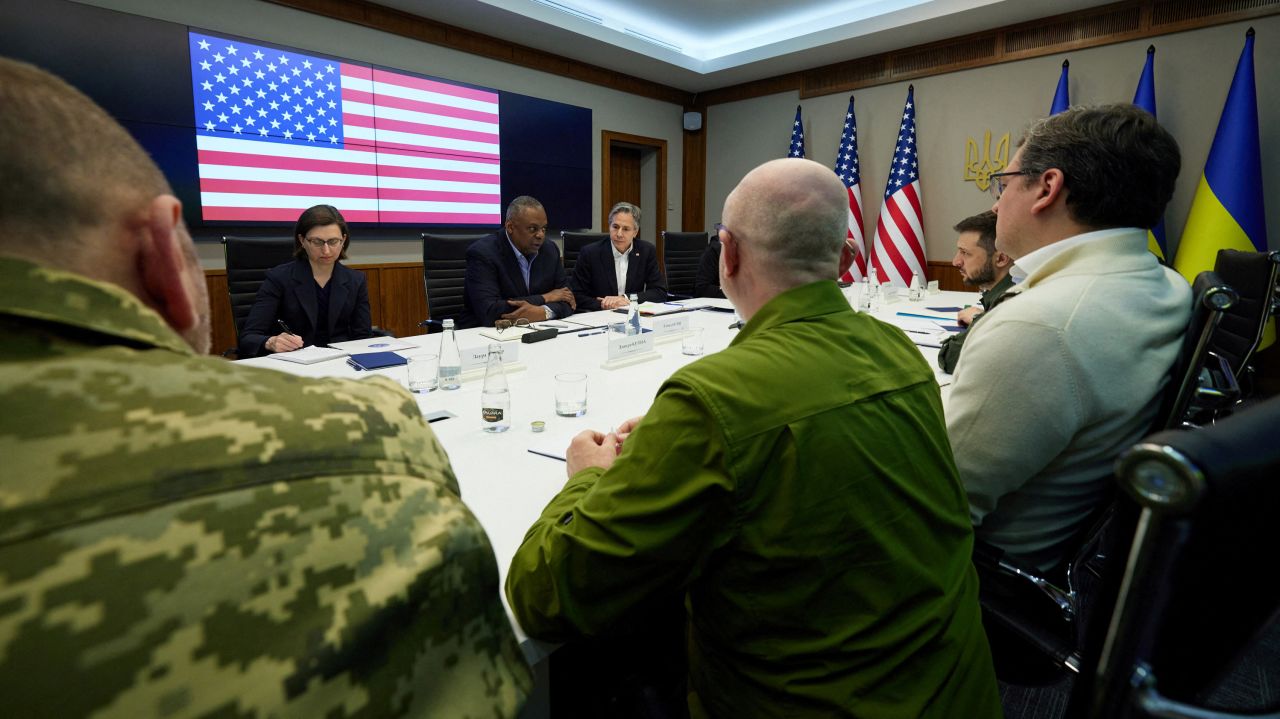 attend a meeting in Kyiv with Ukrainian President Volodymyr Zelensky on April 24.” class=”image_gallery-image__dam-img image_gallery-image__dam-img–loading” onload=’this.classList.remove(‘image_gallery-image__dam-img–loading’)’ height=”1684″ width=”3000″/>
attend a meeting in Kyiv with Ukrainian President Volodymyr Zelensky on April 24.” class=”image_gallery-image__dam-img image_gallery-image__dam-img–loading” onload=’this.classList.remove(‘image_gallery-image__dam-img–loading’)’ height=”1684″ width=”3000″/>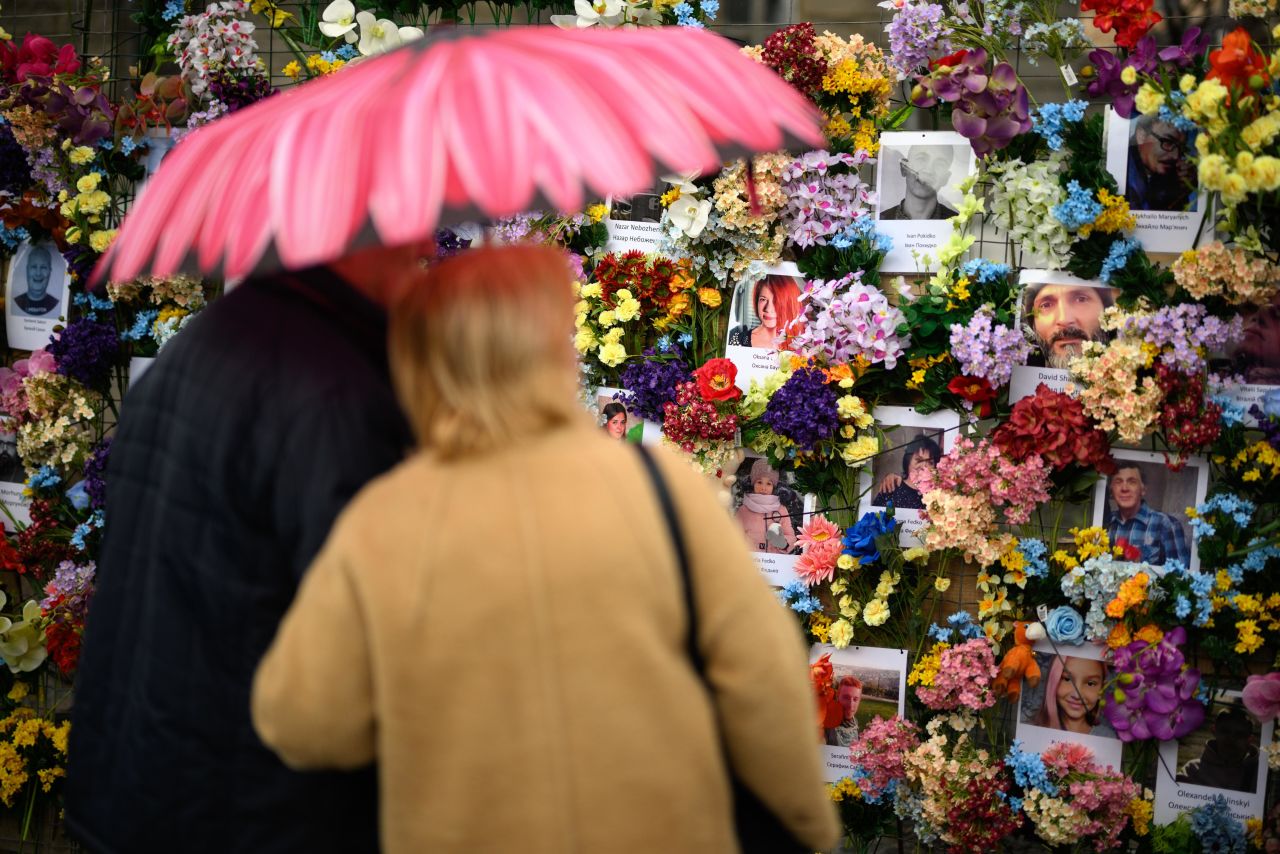
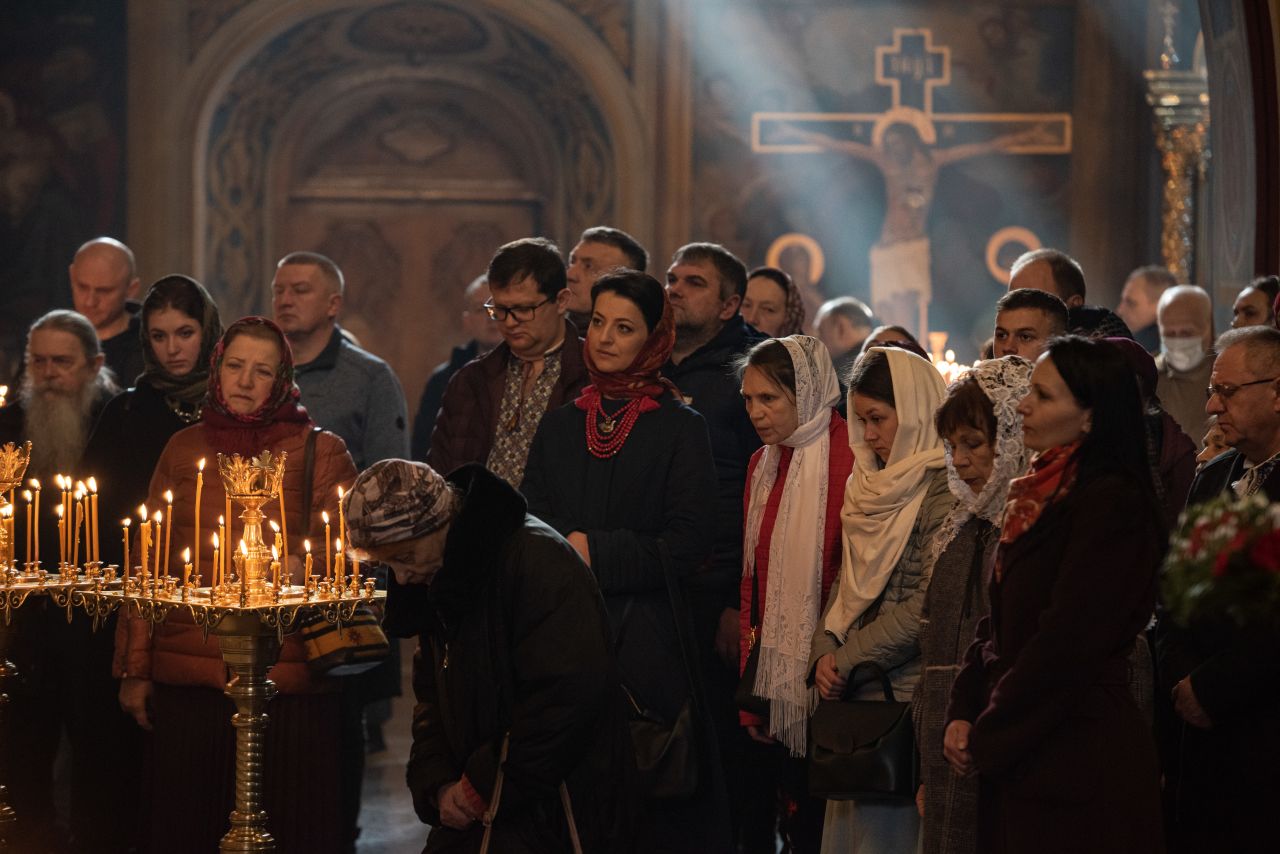 Easter church service at St. Michael’s Cathedral in Kyiv on April 24.” class=”image_gallery-image__dam-img image_gallery-image__dam-img–loading” onload=’this.classList.remove(‘image_gallery-image__dam-img–loading’)’ height=”2336″ width=”3500″/>
Easter church service at St. Michael’s Cathedral in Kyiv on April 24.” class=”image_gallery-image__dam-img image_gallery-image__dam-img–loading” onload=’this.classList.remove(‘image_gallery-image__dam-img–loading’)’ height=”2336″ width=”3500″/>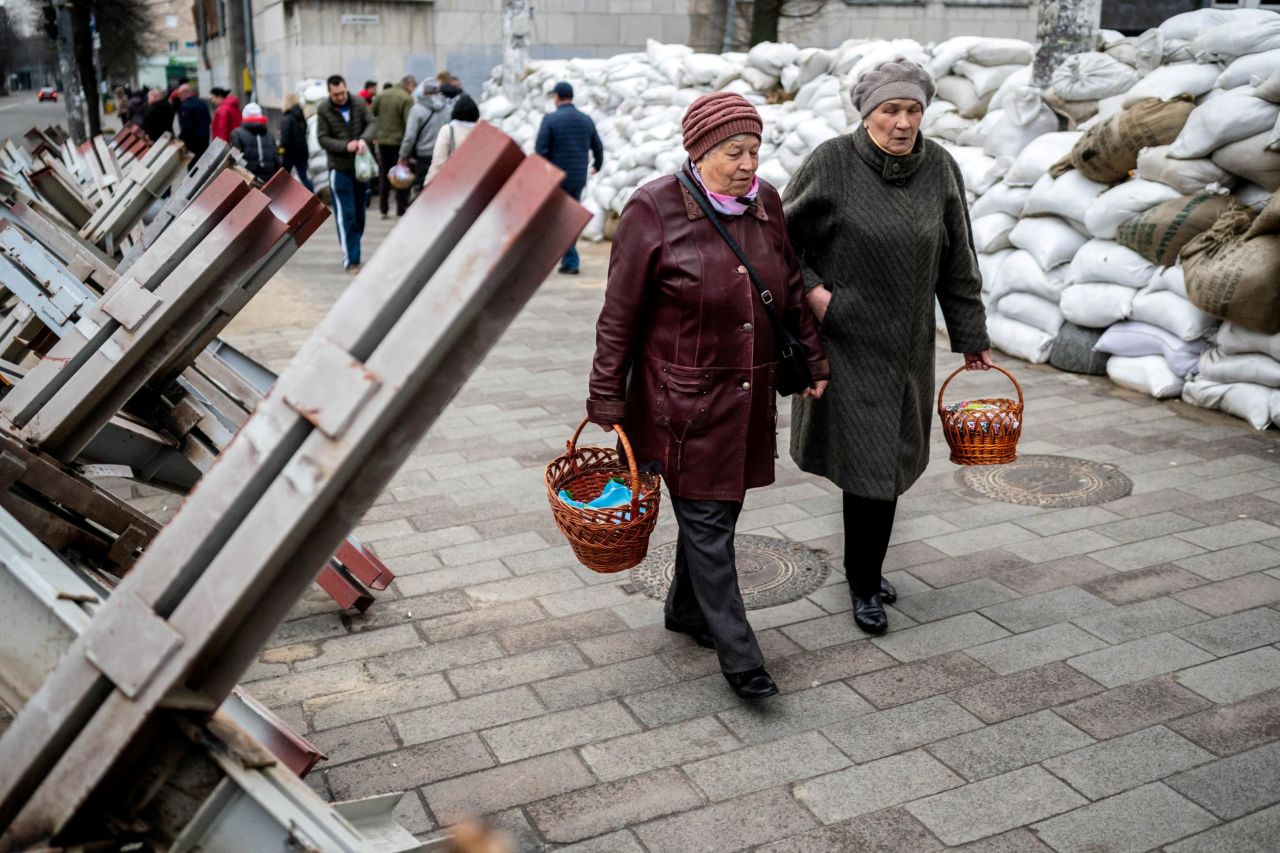
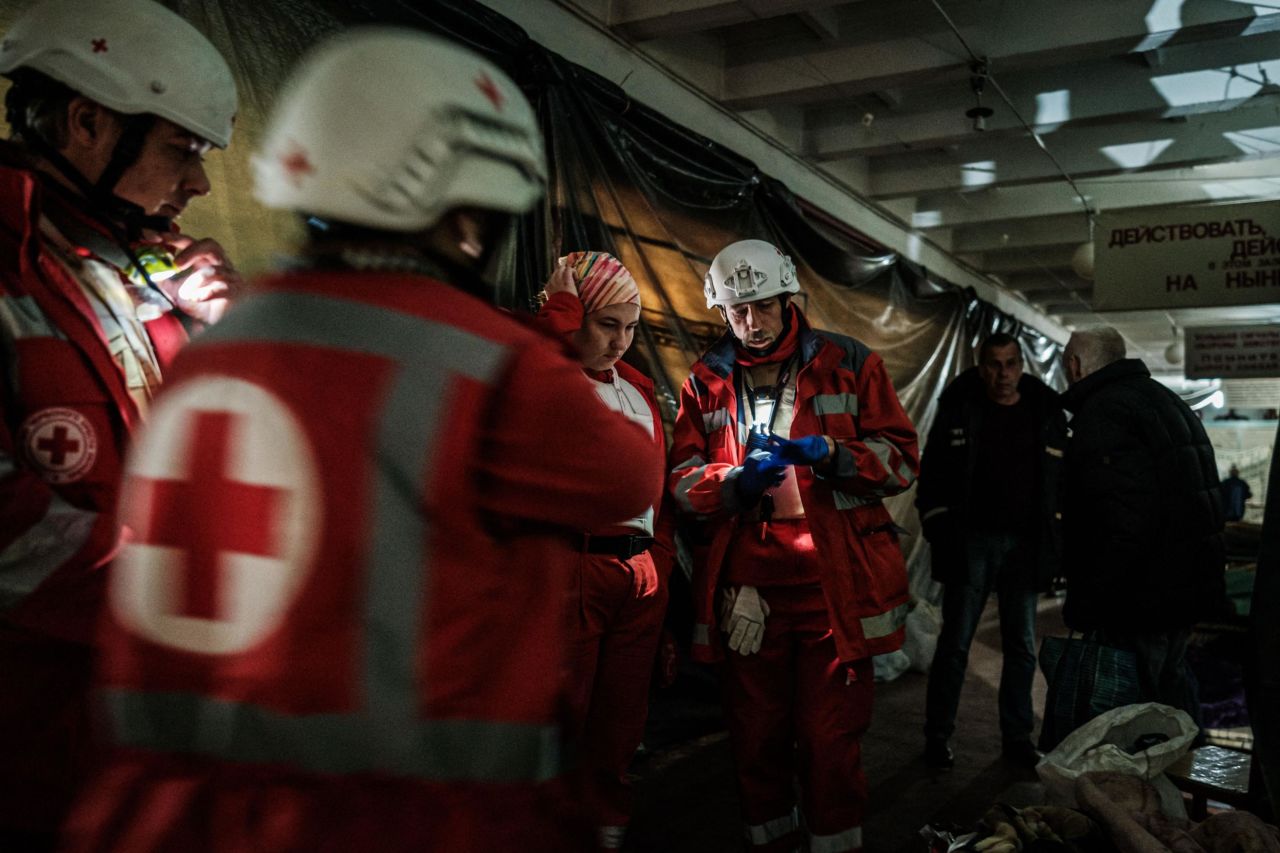
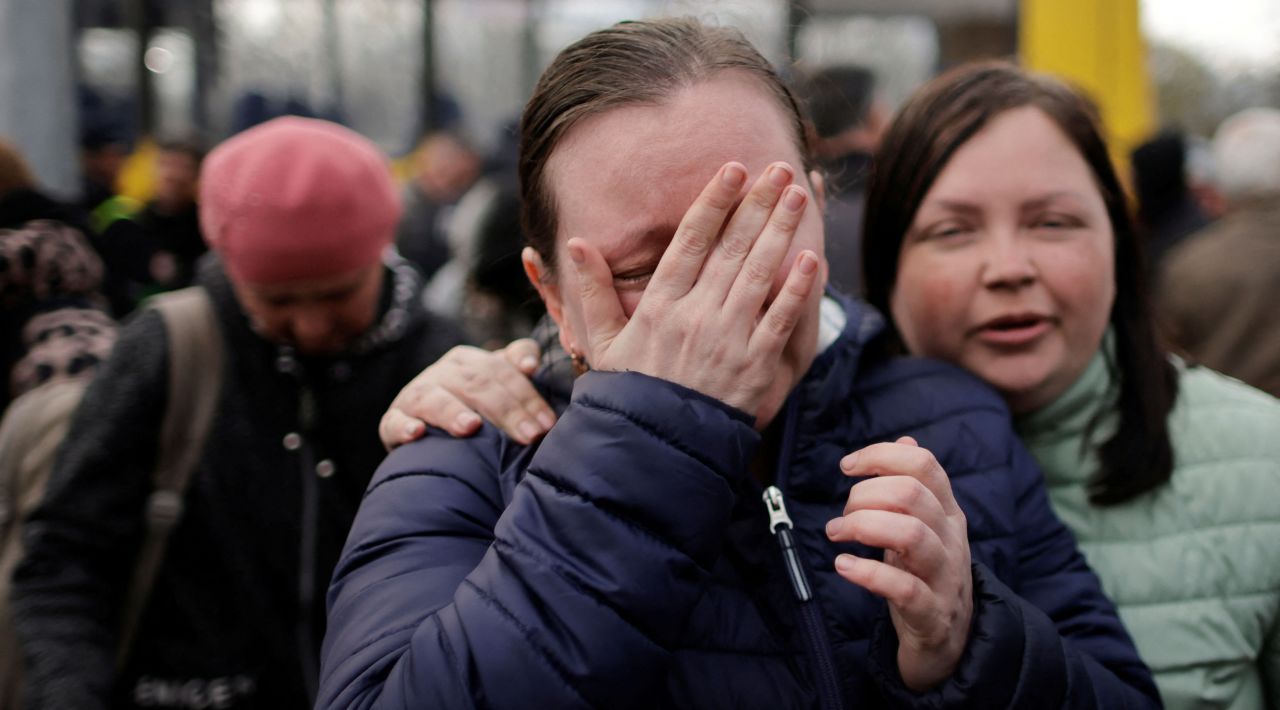
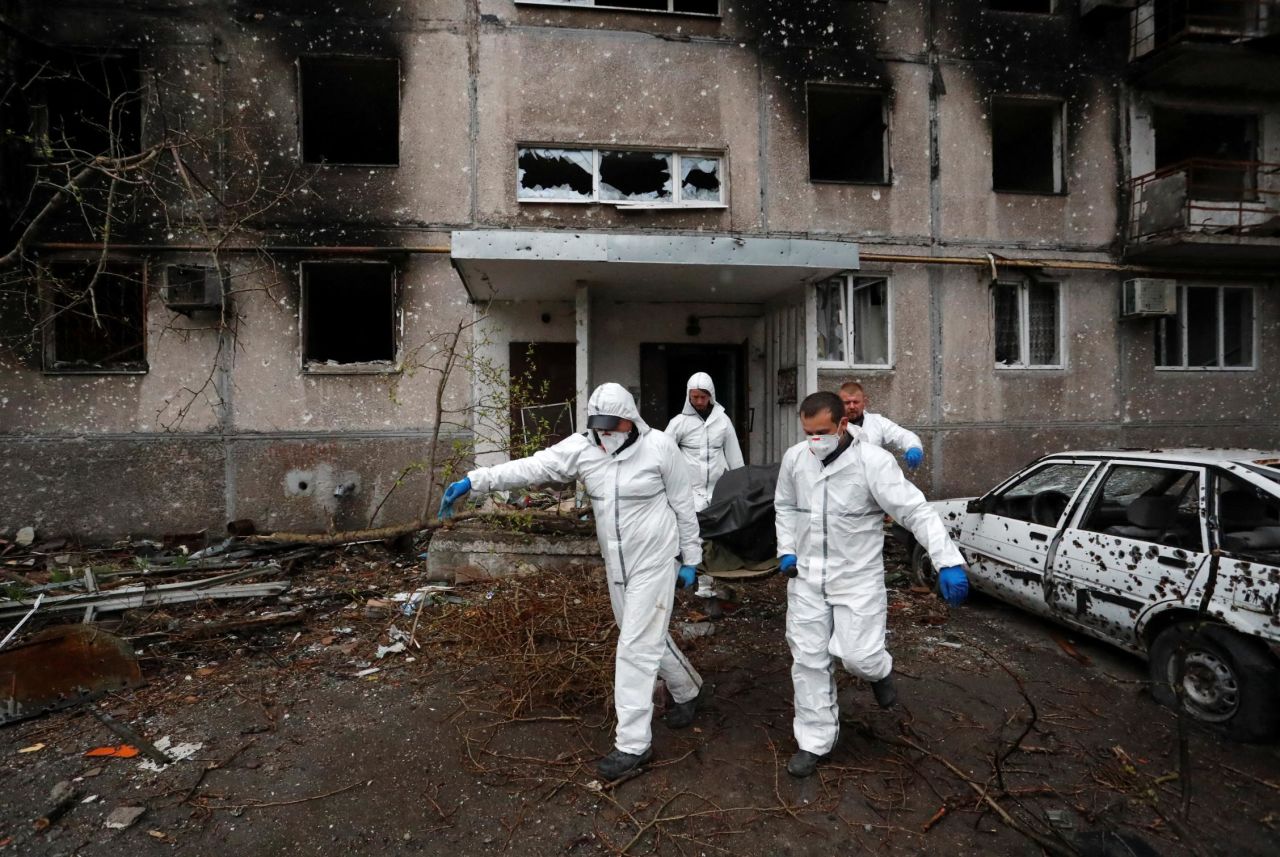 Russian attack on Mariupol.” class=”image_gallery-image__dam-img image_gallery-image__dam-img–loading” onload=’this.classList.remove(‘image_gallery-image__dam-img–loading’)’ height=”1511″ width=”2257″/>
Russian attack on Mariupol.” class=”image_gallery-image__dam-img image_gallery-image__dam-img–loading” onload=’this.classList.remove(‘image_gallery-image__dam-img–loading’)’ height=”1511″ width=”2257″/>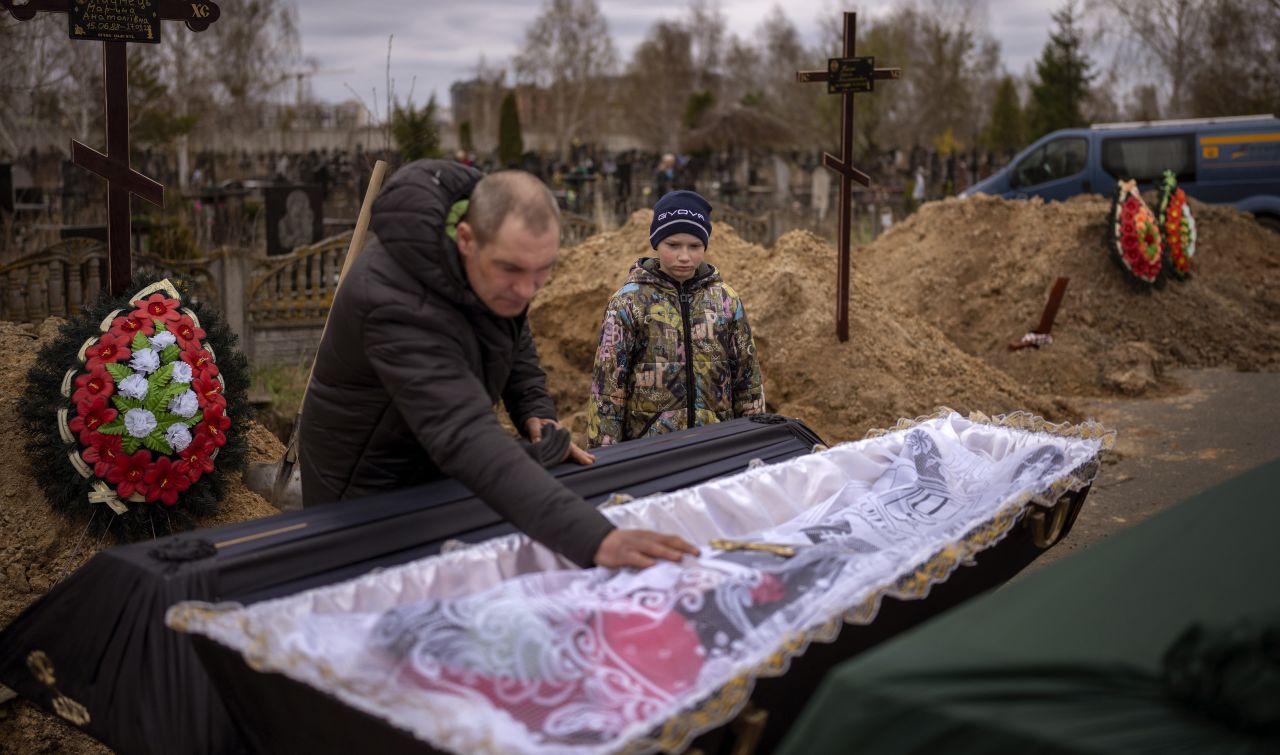
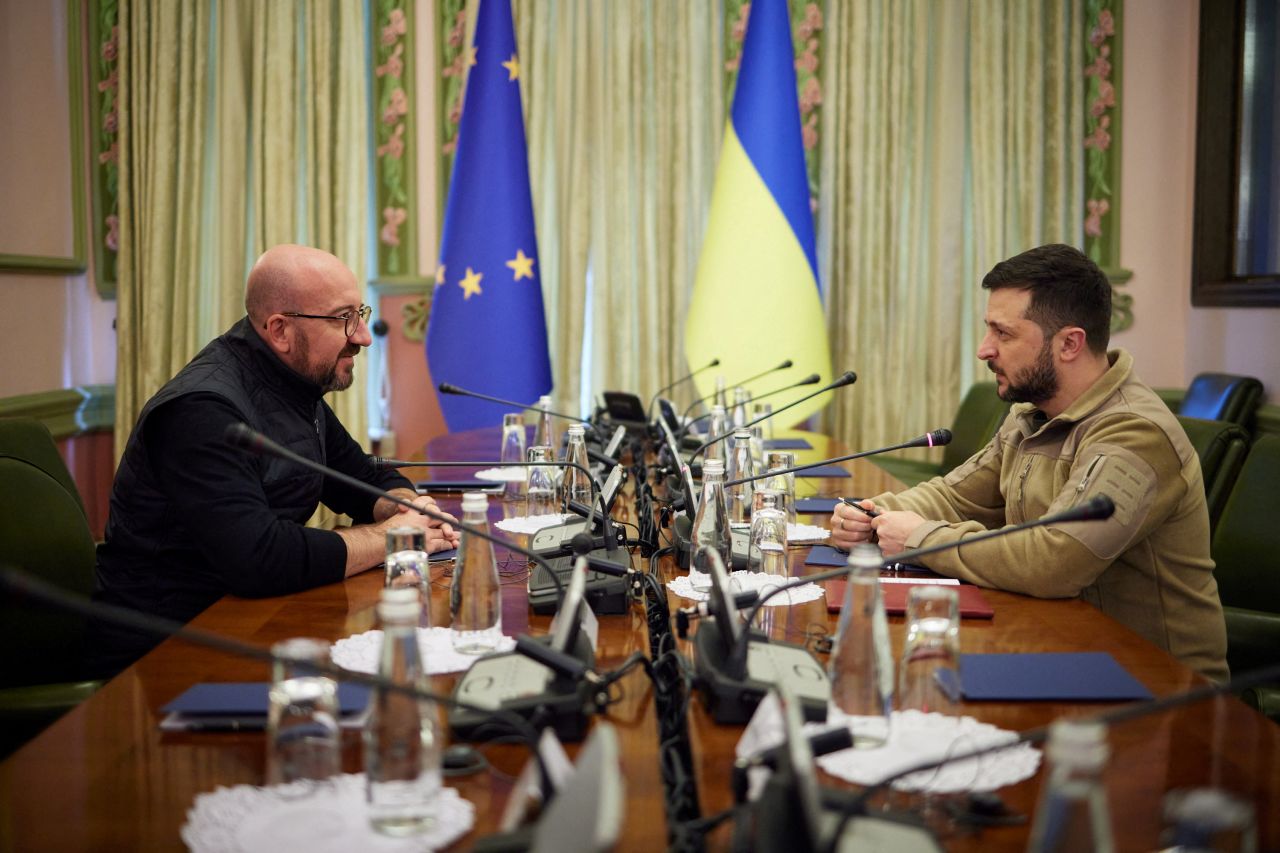
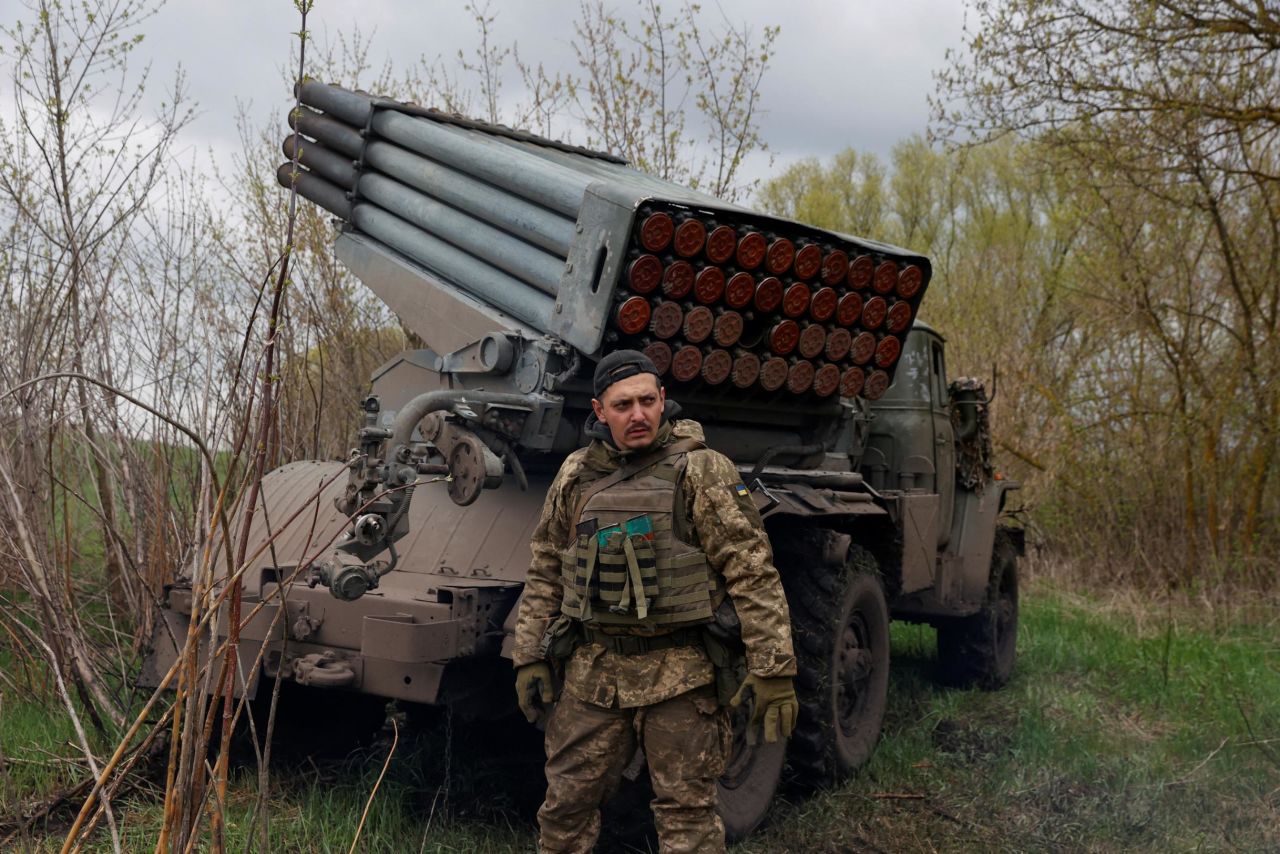
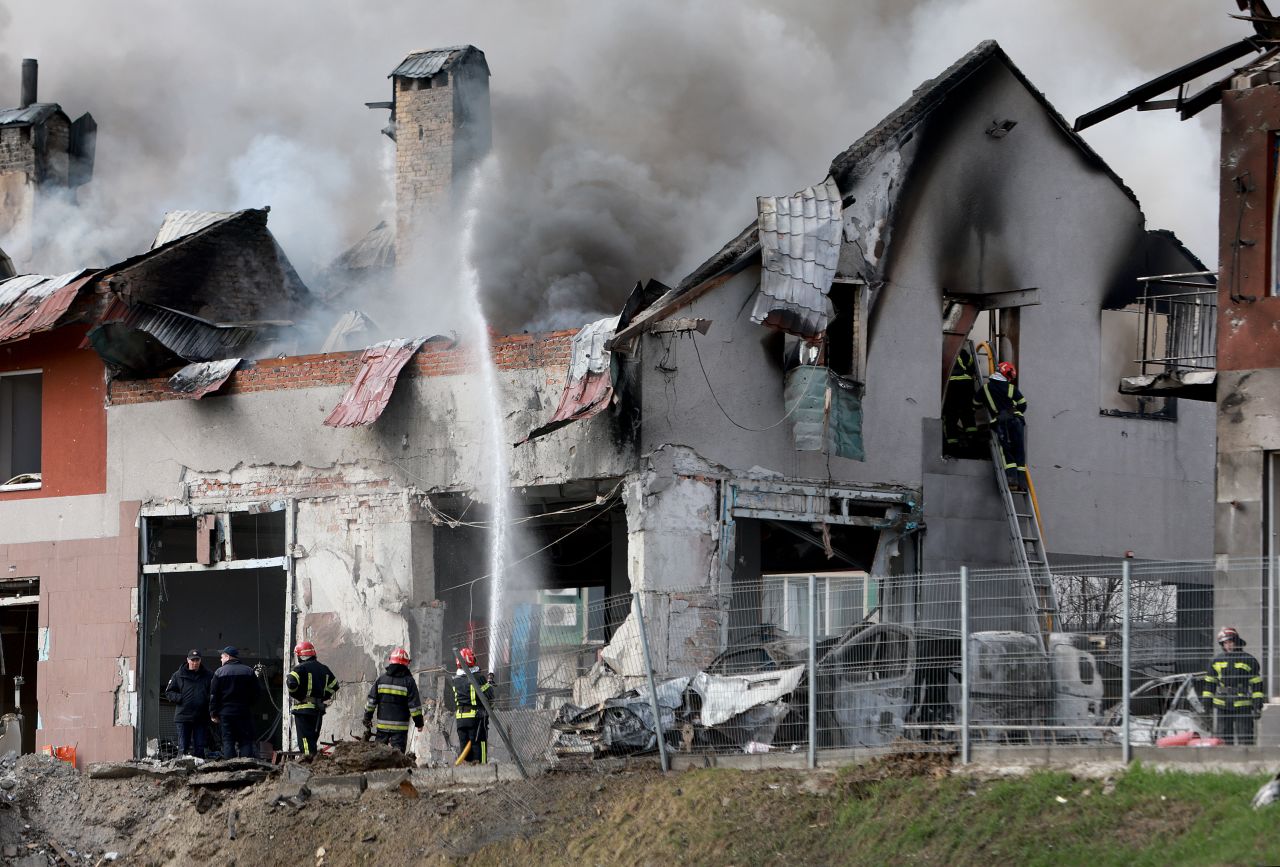
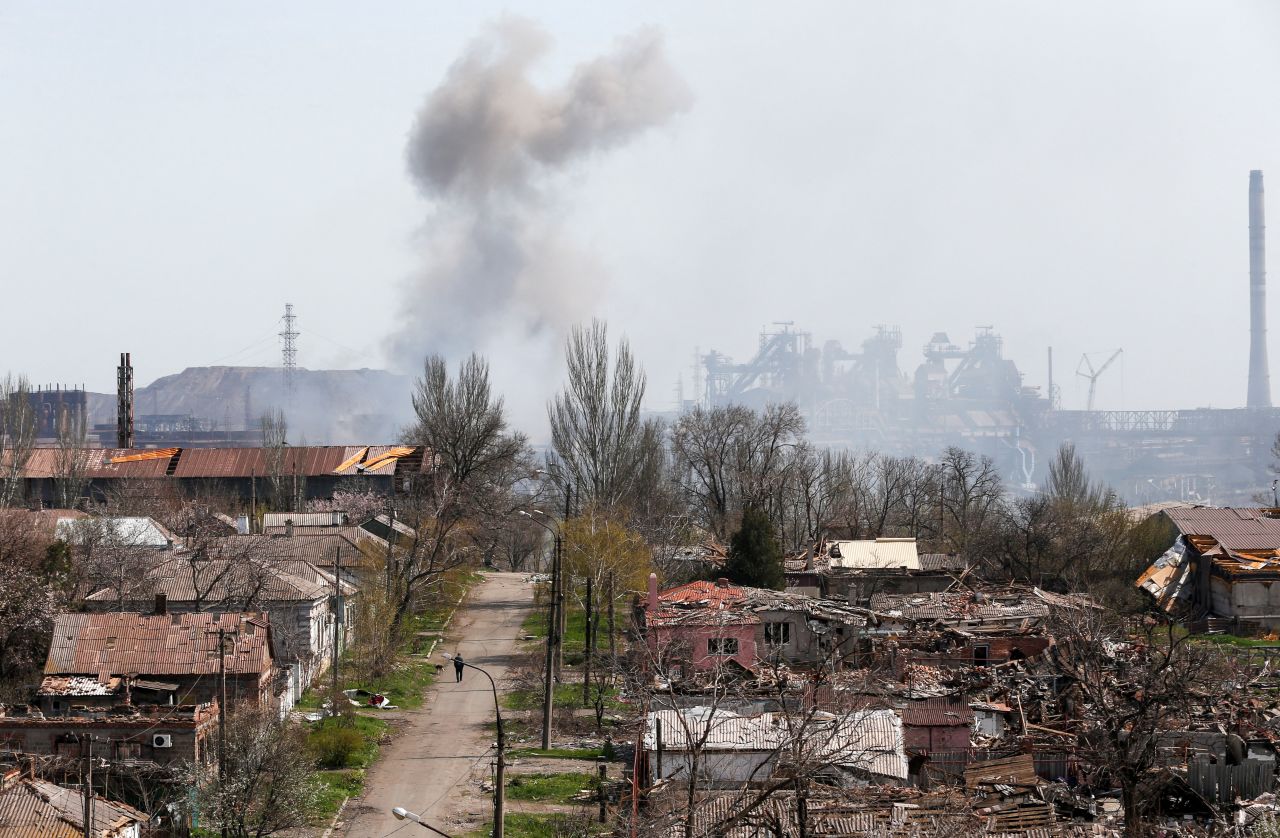
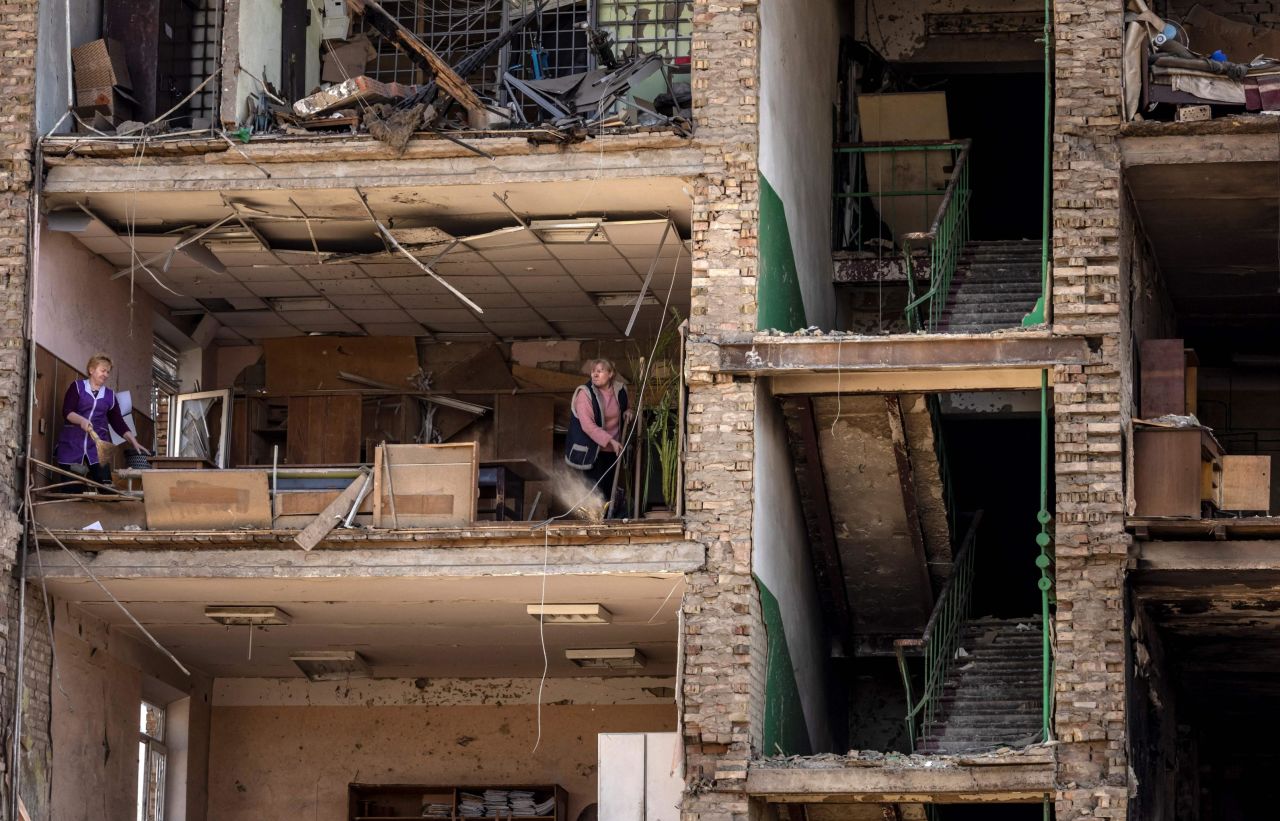
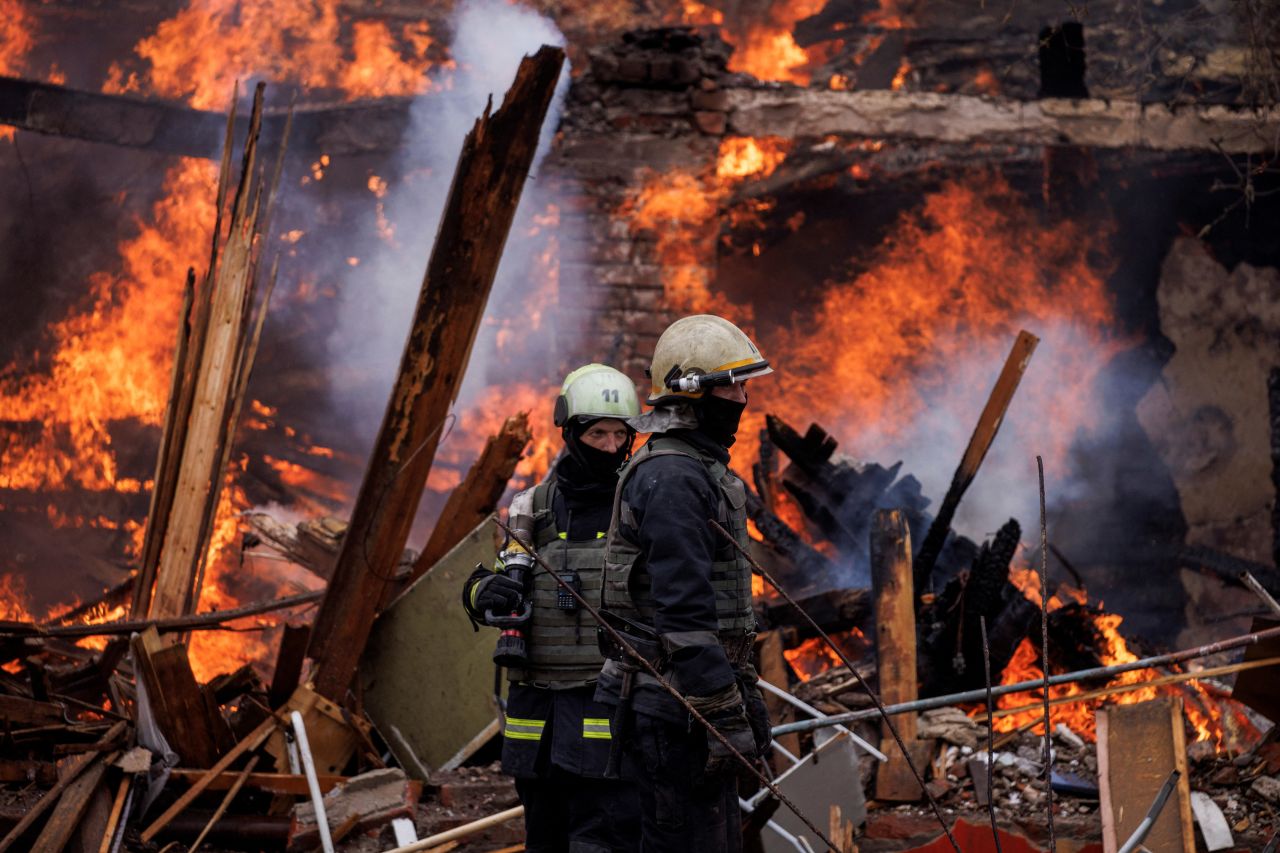
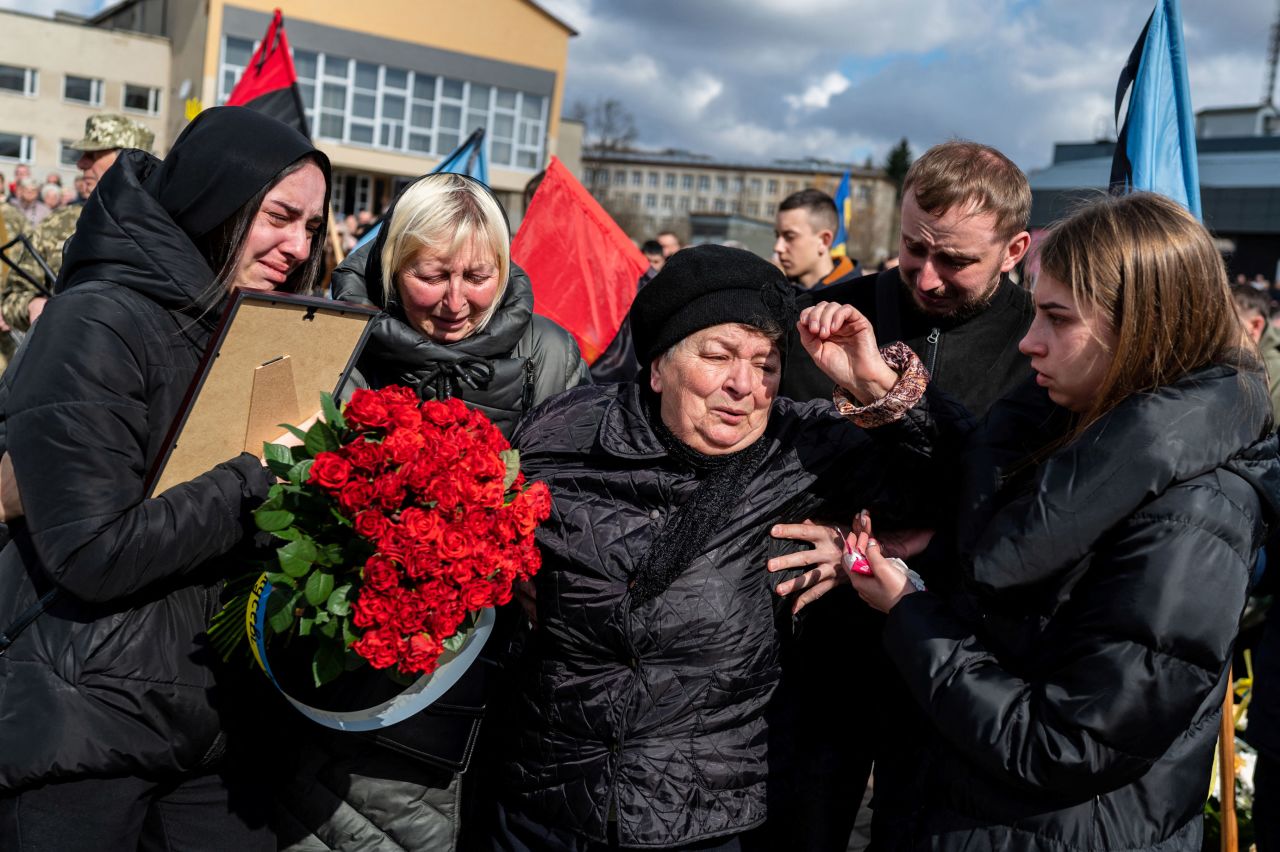
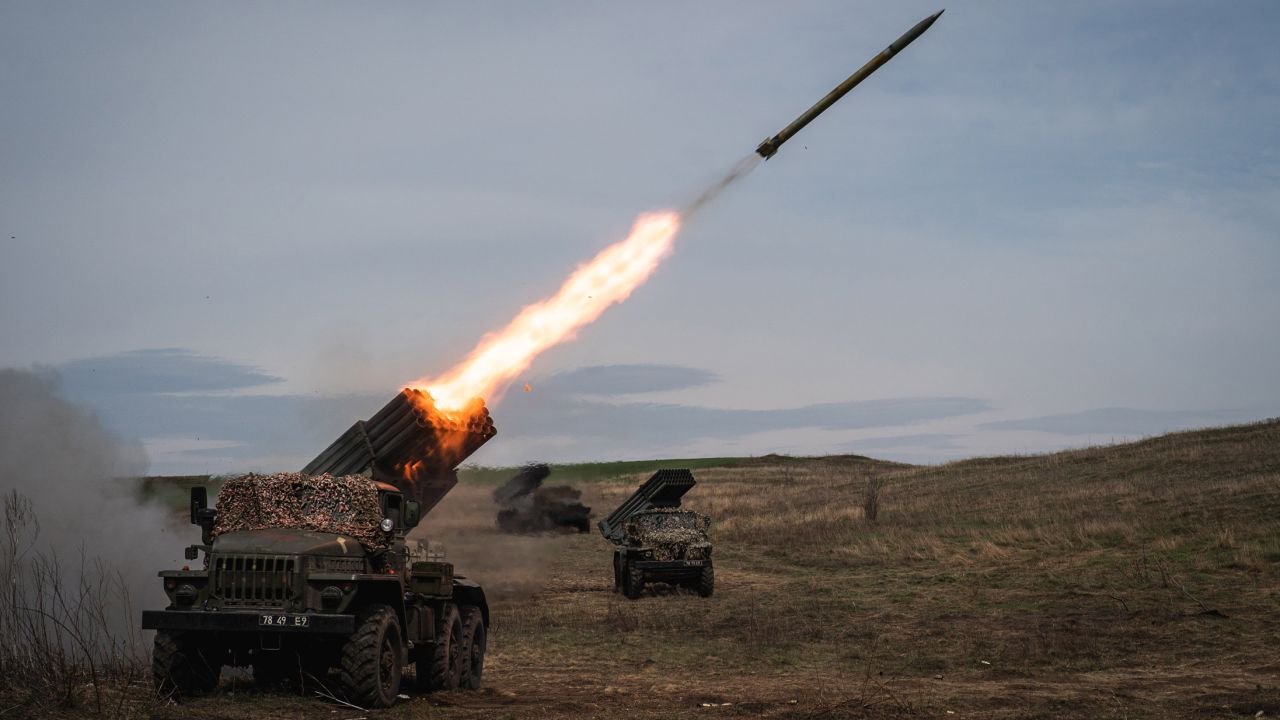
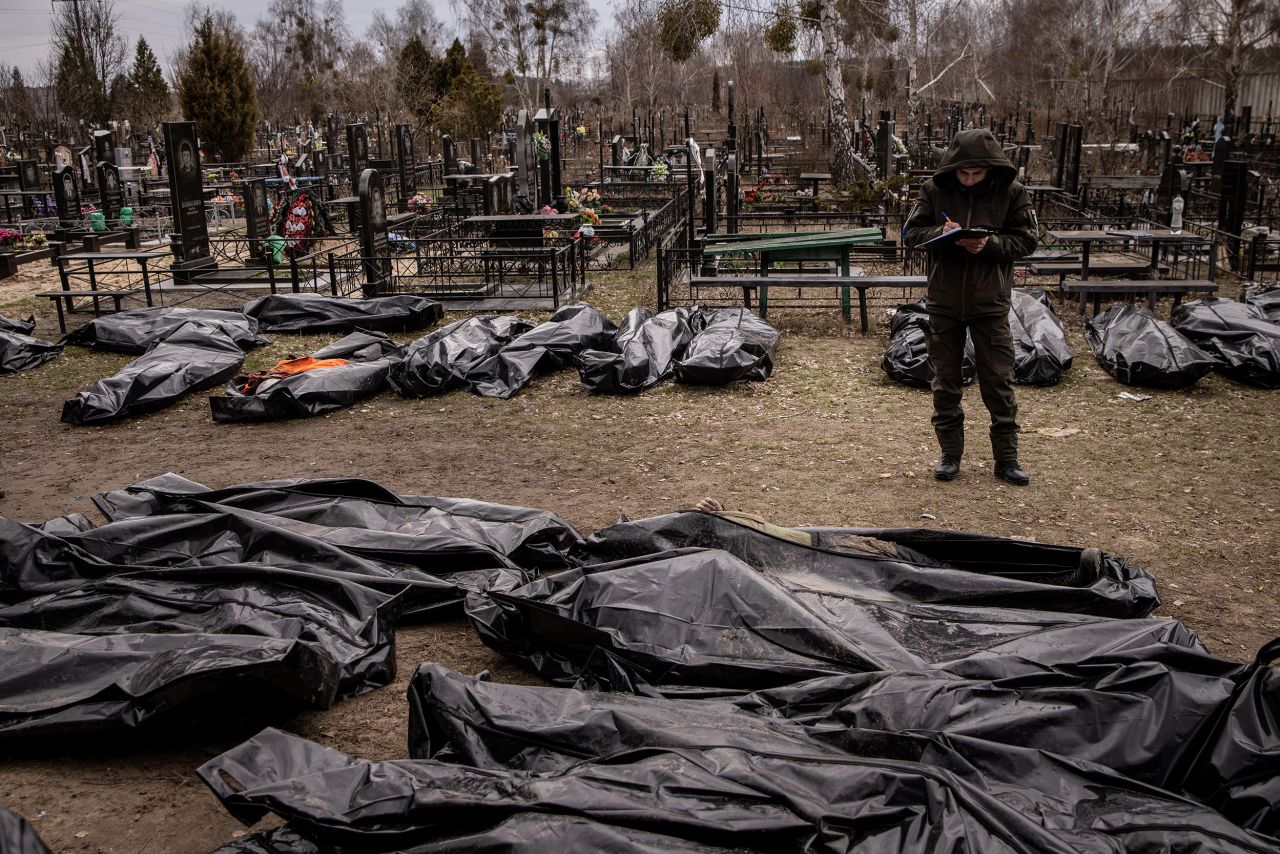 Shocking images showing the bodies of civilians scattered across the suburb of Kyiv sparked international outrage and raised the urgency of ongoing investigations into alleged Russian war crimes. Ukrainian President Volodymyr Zelensky called on Russian leaders to be held accountable for the actions of the nation’s military. The Russian Ministry of Defense, without evidence, claimed the extensive footage of Bucha was “fake.”” class=”image_gallery-image__dam-img image_gallery-image__dam-img–loading” onload=’this.classList.remove(‘image_gallery-image__dam-img–loading’)’ height=”1668″ width=”2500″/>
Shocking images showing the bodies of civilians scattered across the suburb of Kyiv sparked international outrage and raised the urgency of ongoing investigations into alleged Russian war crimes. Ukrainian President Volodymyr Zelensky called on Russian leaders to be held accountable for the actions of the nation’s military. The Russian Ministry of Defense, without evidence, claimed the extensive footage of Bucha was “fake.”” class=”image_gallery-image__dam-img image_gallery-image__dam-img–loading” onload=’this.classList.remove(‘image_gallery-image__dam-img–loading’)’ height=”1668″ width=”2500″/>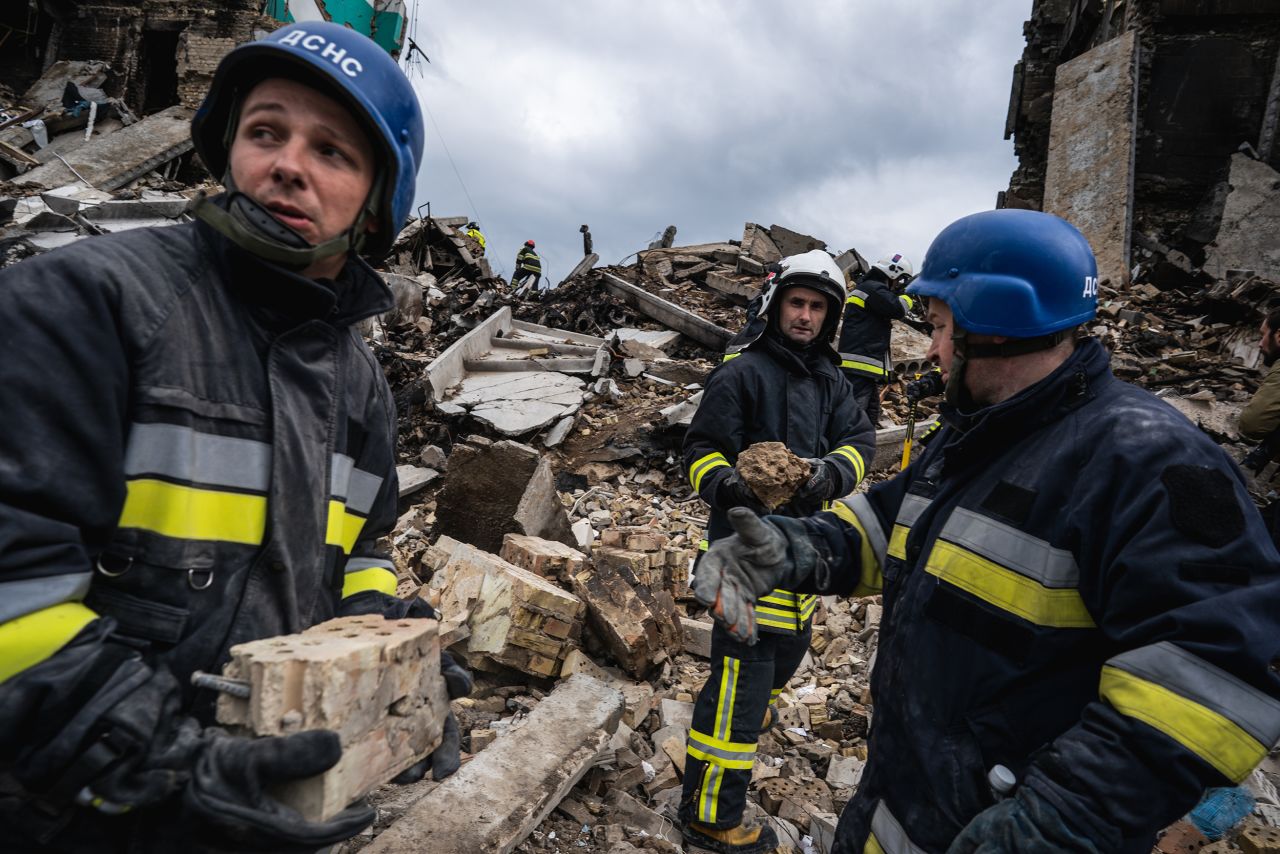
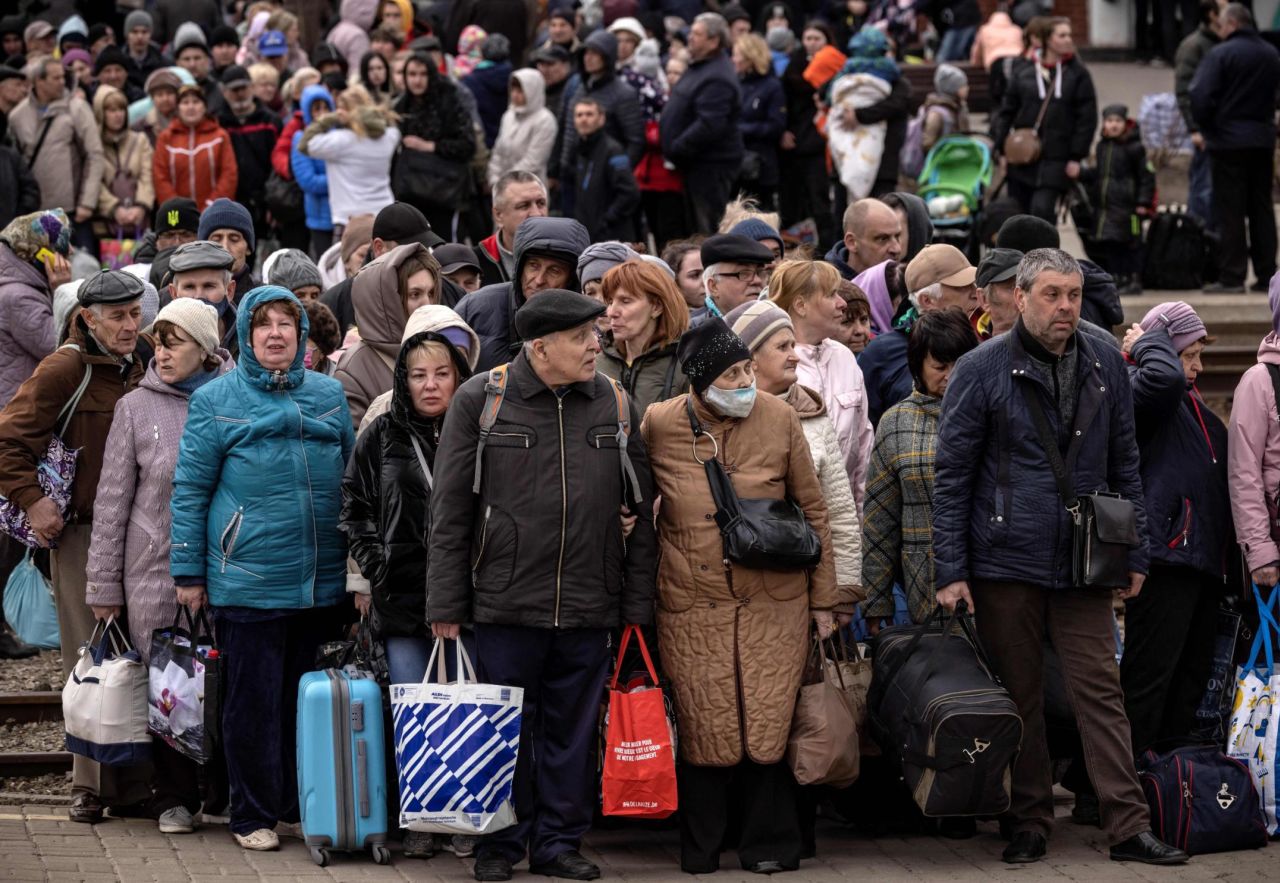
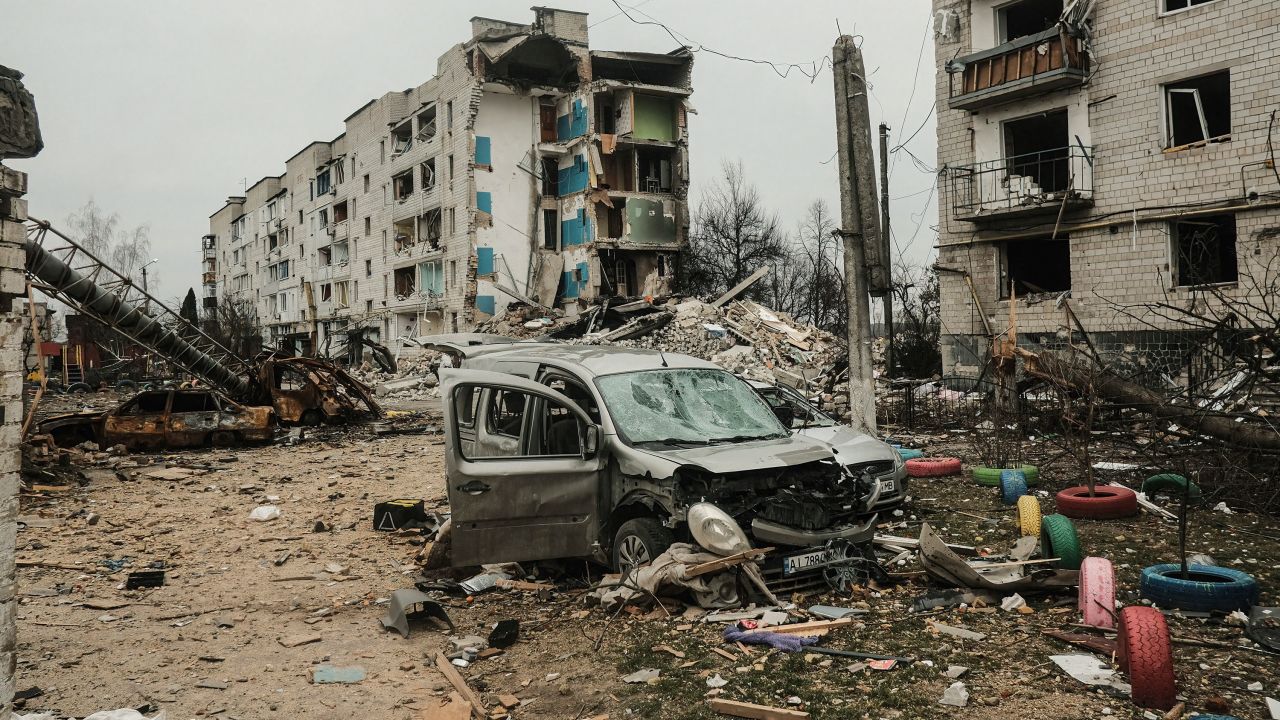 What was left of the town, after intense shelling and devastating airstrikes, was then occupied by Russian forces.” class=”image_gallery-image__dam-img image_gallery-image__dam-img–loading” onload=’this.classList.remove(‘image_gallery-image__dam-img–loading’)’ height=”1688″ width=”3000″/>
What was left of the town, after intense shelling and devastating airstrikes, was then occupied by Russian forces.” class=”image_gallery-image__dam-img image_gallery-image__dam-img–loading” onload=’this.classList.remove(‘image_gallery-image__dam-img–loading’)’ height=”1688″ width=”3000″/>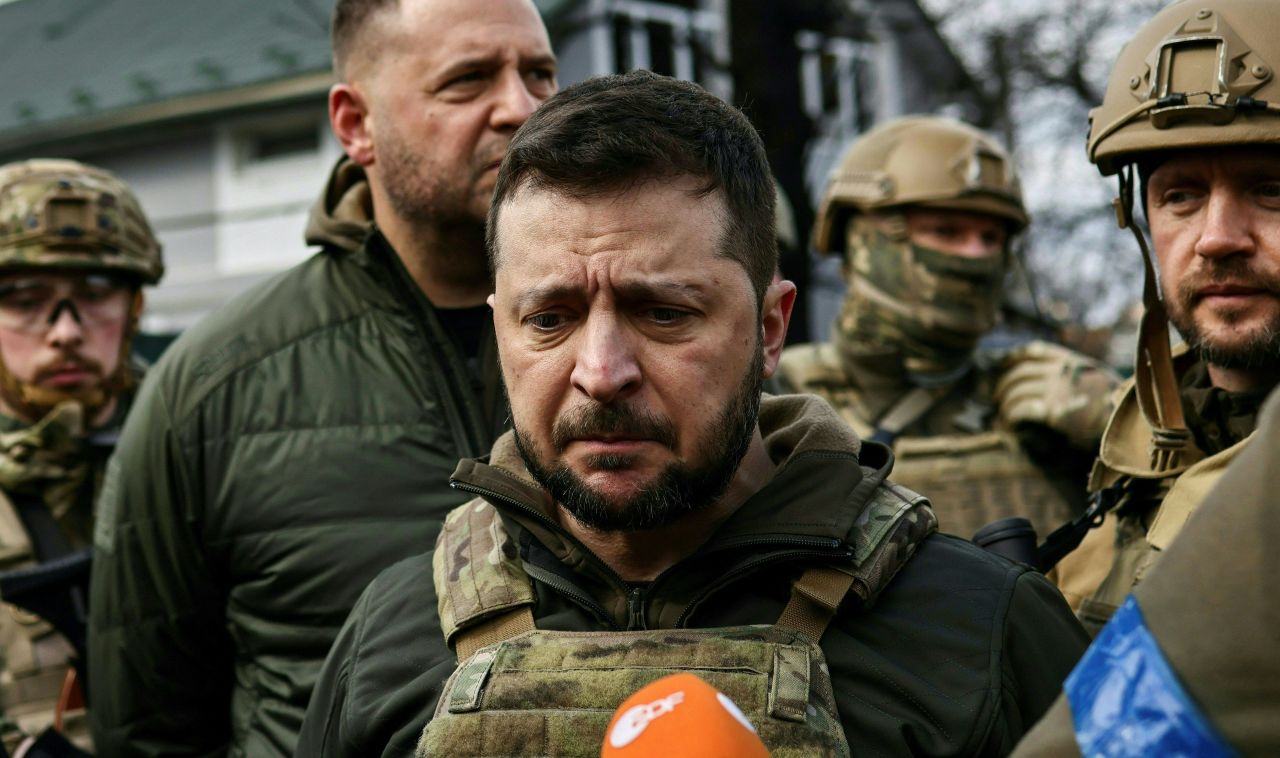 Zelensky emphasized as he stood in the town, surrounded by security.” class=”image_gallery-image__dam-img image_gallery-image__dam-img–loading” onload=’this.classList.remove(‘image_gallery-image__dam-img–loading’)’ height=”2989″ width=”5045″/>
Zelensky emphasized as he stood in the town, surrounded by security.” class=”image_gallery-image__dam-img image_gallery-image__dam-img–loading” onload=’this.classList.remove(‘image_gallery-image__dam-img–loading’)’ height=”2989″ width=”5045″/>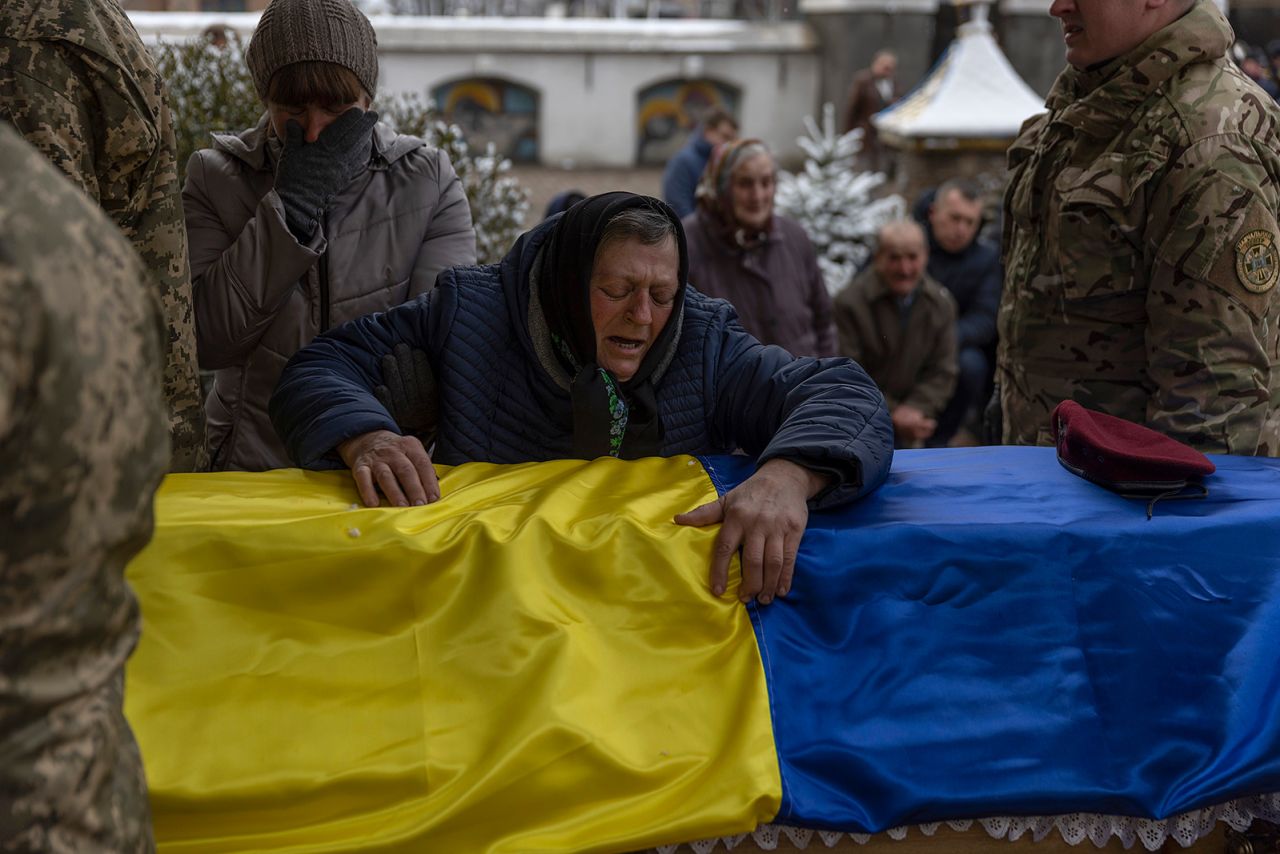
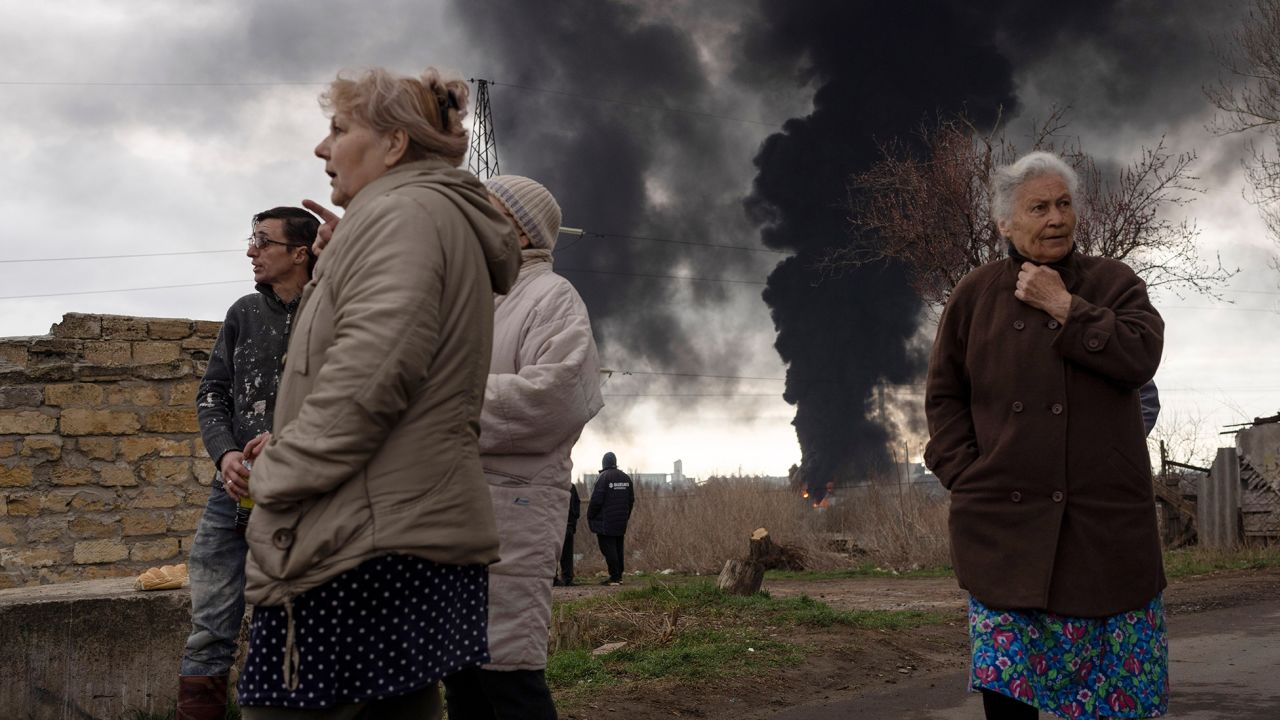 confirmed a strike on an oil refinery and fuel storage facilities in the port city.” class=”image_gallery-image__dam-img image_gallery-image__dam-img–loading” onload=’this.classList.remove(‘image_gallery-image__dam-img–loading’)’ height=”1099″ width=”1953″/>
confirmed a strike on an oil refinery and fuel storage facilities in the port city.” class=”image_gallery-image__dam-img image_gallery-image__dam-img–loading” onload=’this.classList.remove(‘image_gallery-image__dam-img–loading’)’ height=”1099″ width=”1953″/>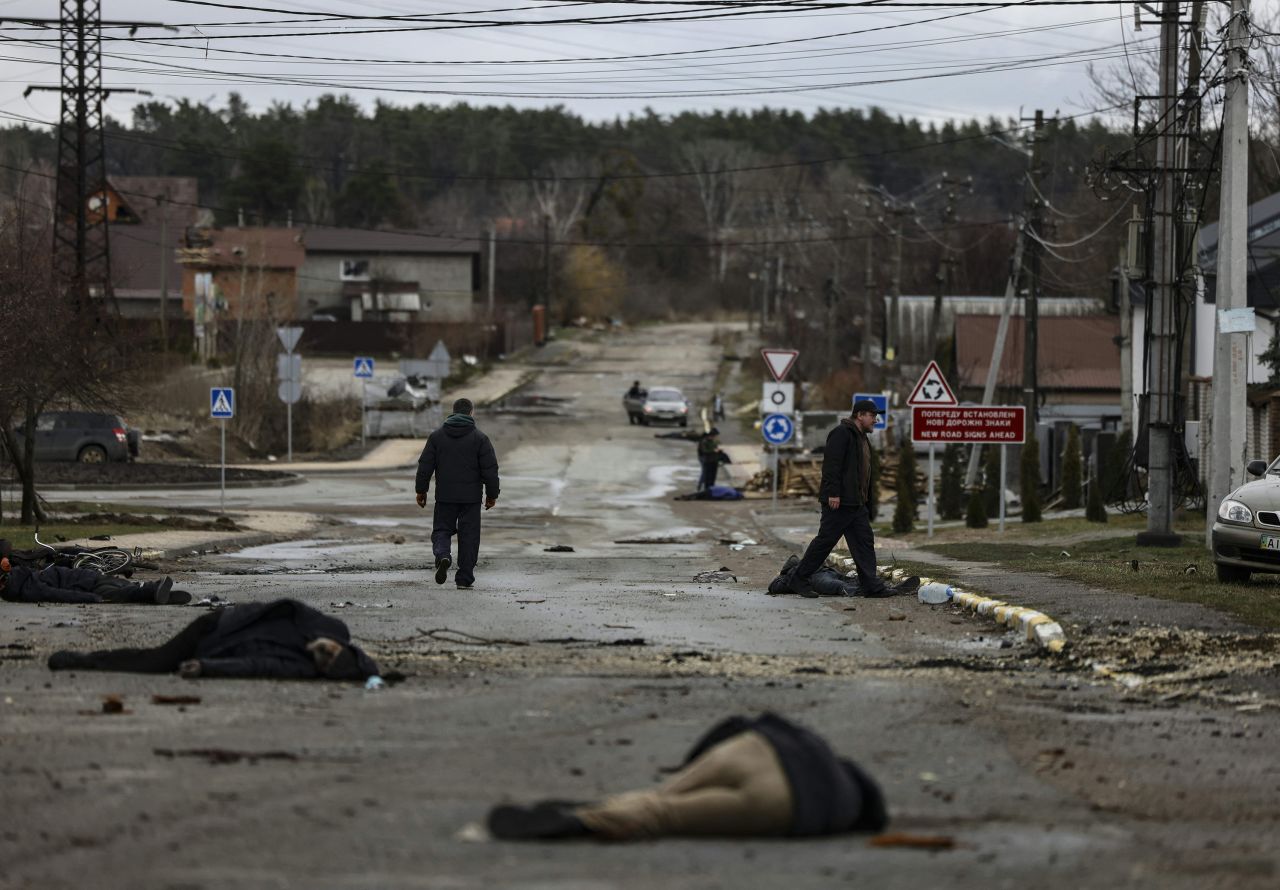
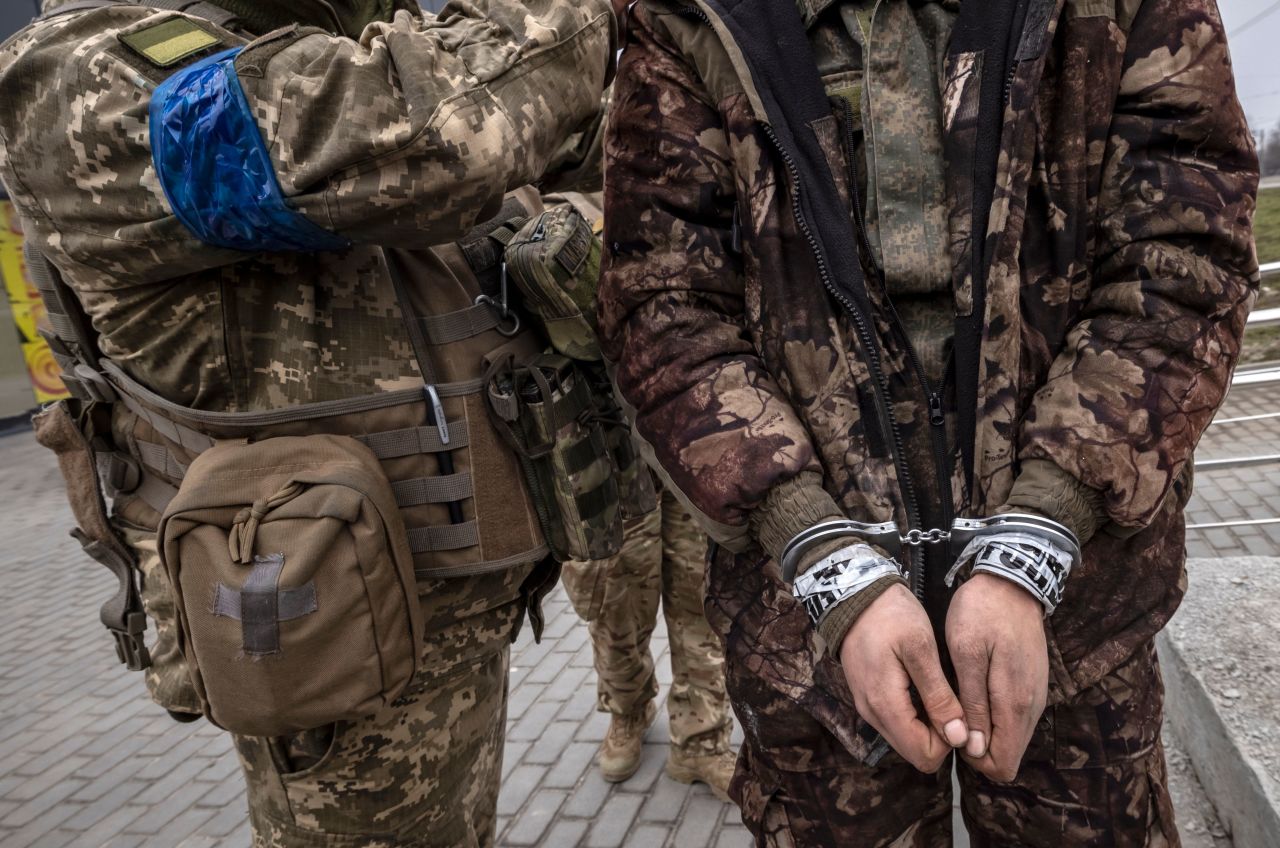
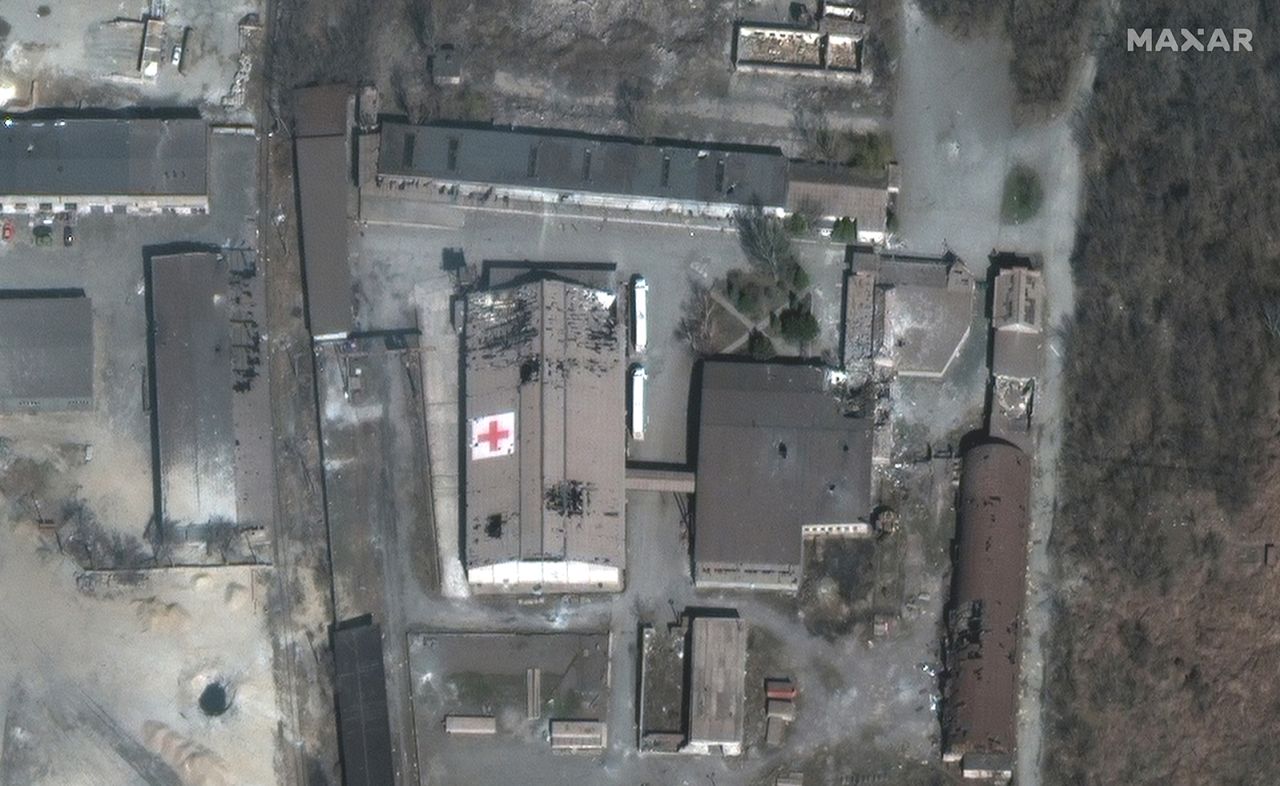
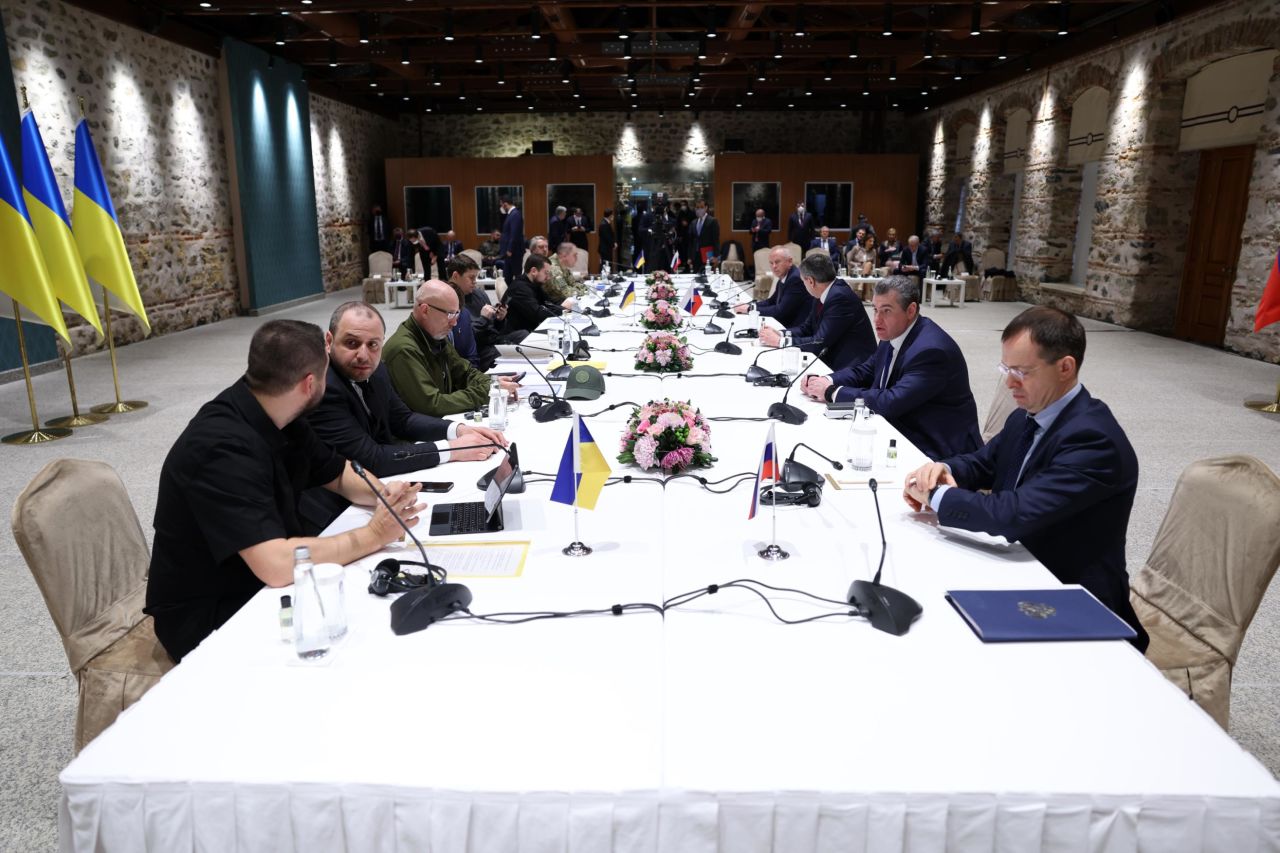 meet in Istanbul for talks on March 29. Russia said it would “drastically reduce” its military assault on the Ukrainian cities of Kyiv and Chernihiv. The announcement came after Ukrainian and Western intelligence assessments recently suggested that Russia’s advance on Kyiv was stalling. The talks also covered other important issues, including the future of the eastern Donbas region, the fate of Crimea, a broad alliance of security guarantors and a potential meeting between Russian President Vladimir Putin and Ukrainian President Volodymyr Zelensky.” class=”image_gallery-image__dam-img image_gallery-image__dam-img–loading” onload=’this.classList.remove(‘image_gallery-image__dam-img–loading’)’ height=”1953″ width=”2930″/>
meet in Istanbul for talks on March 29. Russia said it would “drastically reduce” its military assault on the Ukrainian cities of Kyiv and Chernihiv. The announcement came after Ukrainian and Western intelligence assessments recently suggested that Russia’s advance on Kyiv was stalling. The talks also covered other important issues, including the future of the eastern Donbas region, the fate of Crimea, a broad alliance of security guarantors and a potential meeting between Russian President Vladimir Putin and Ukrainian President Volodymyr Zelensky.” class=”image_gallery-image__dam-img image_gallery-image__dam-img–loading” onload=’this.classList.remove(‘image_gallery-image__dam-img–loading’)’ height=”1953″ width=”2930″/>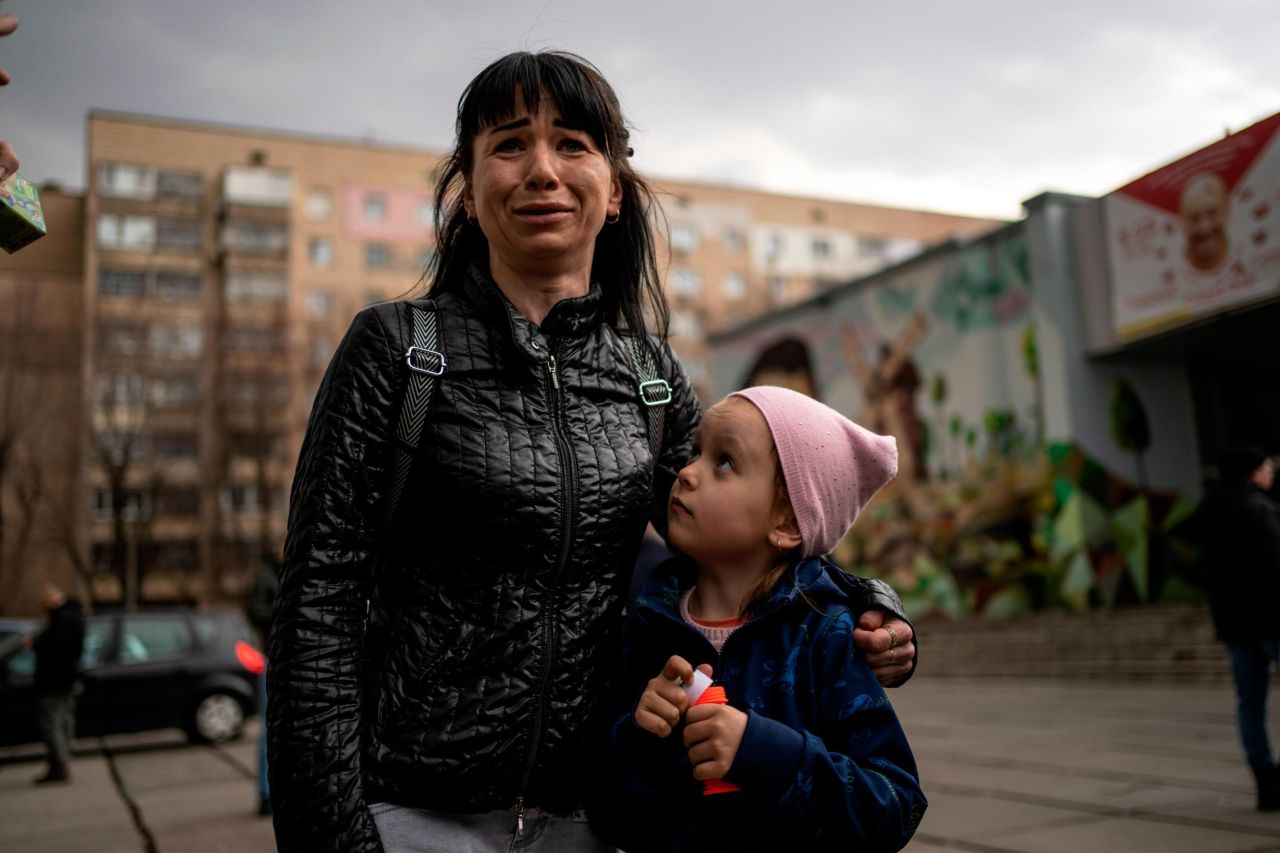
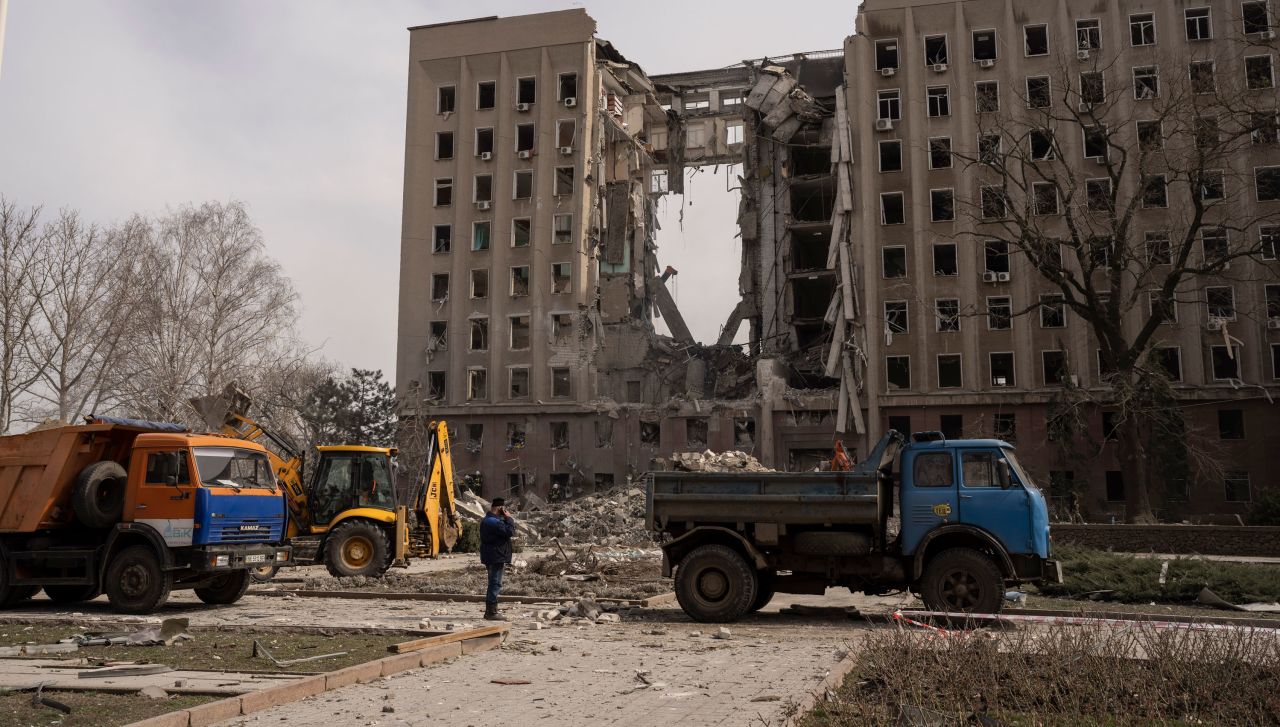 following a Russian attack on March 29. At least nine people were killed, according to the Mykolaiv regional media office’s Telegram channel.” class=”image_gallery-image__dam-img image_gallery-image__dam-img–loading” onload=’this.classList.remove(‘image_gallery-image__dam-img–loading’)’ height=”1703″ width=”3000″/>
following a Russian attack on March 29. At least nine people were killed, according to the Mykolaiv regional media office’s Telegram channel.” class=”image_gallery-image__dam-img image_gallery-image__dam-img–loading” onload=’this.classList.remove(‘image_gallery-image__dam-img–loading’)’ height=”1703″ width=”3000″/>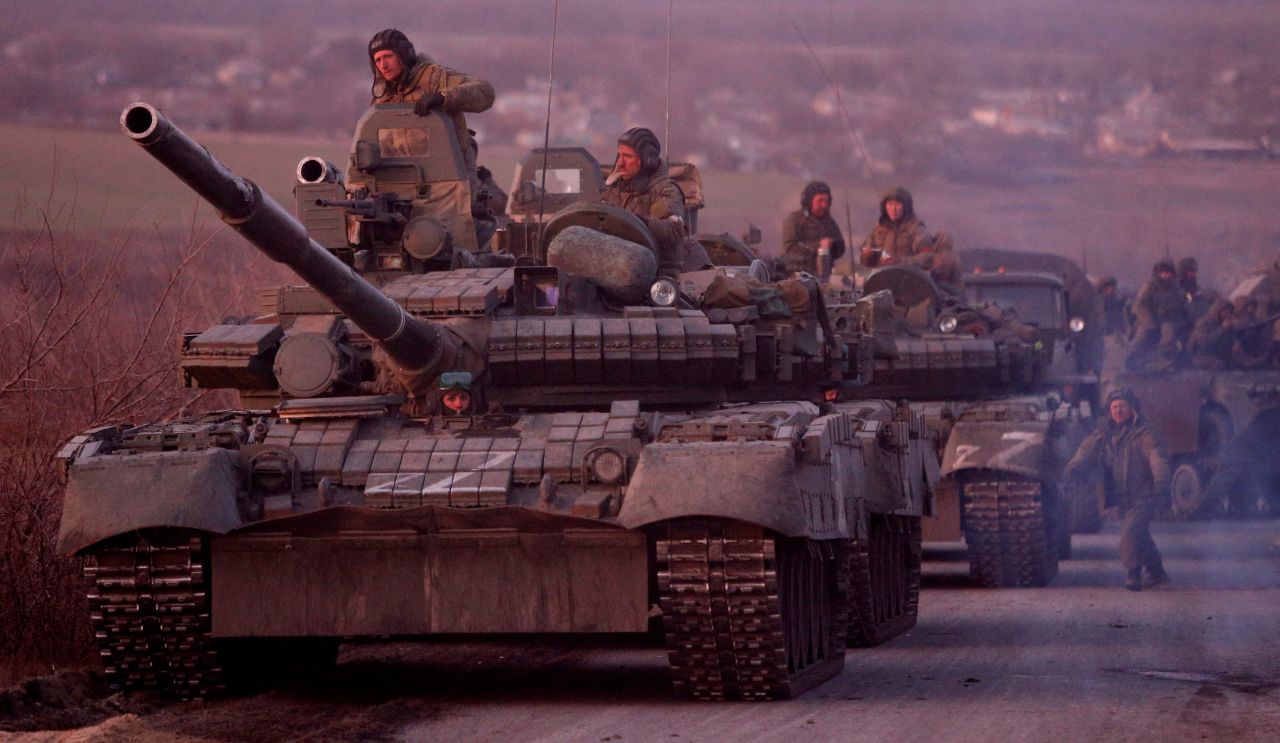
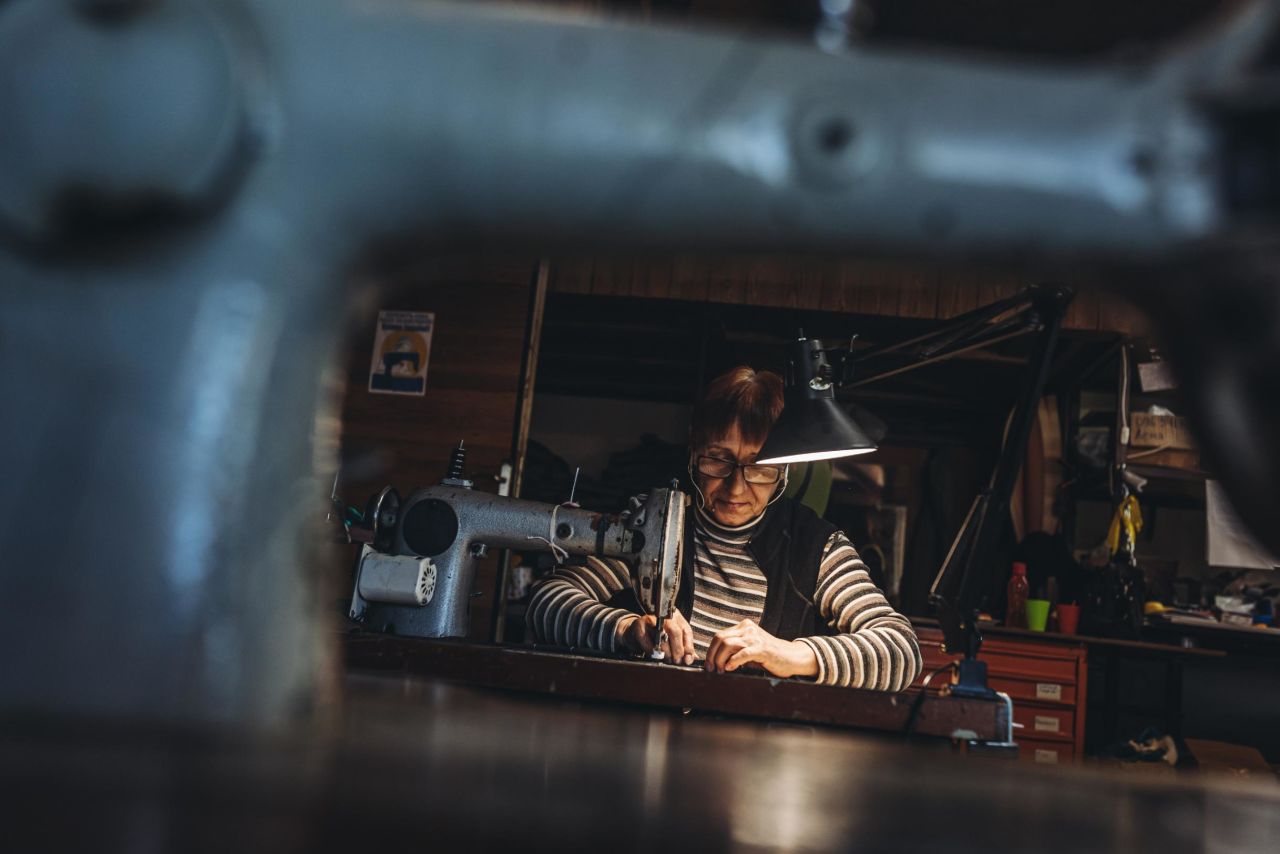
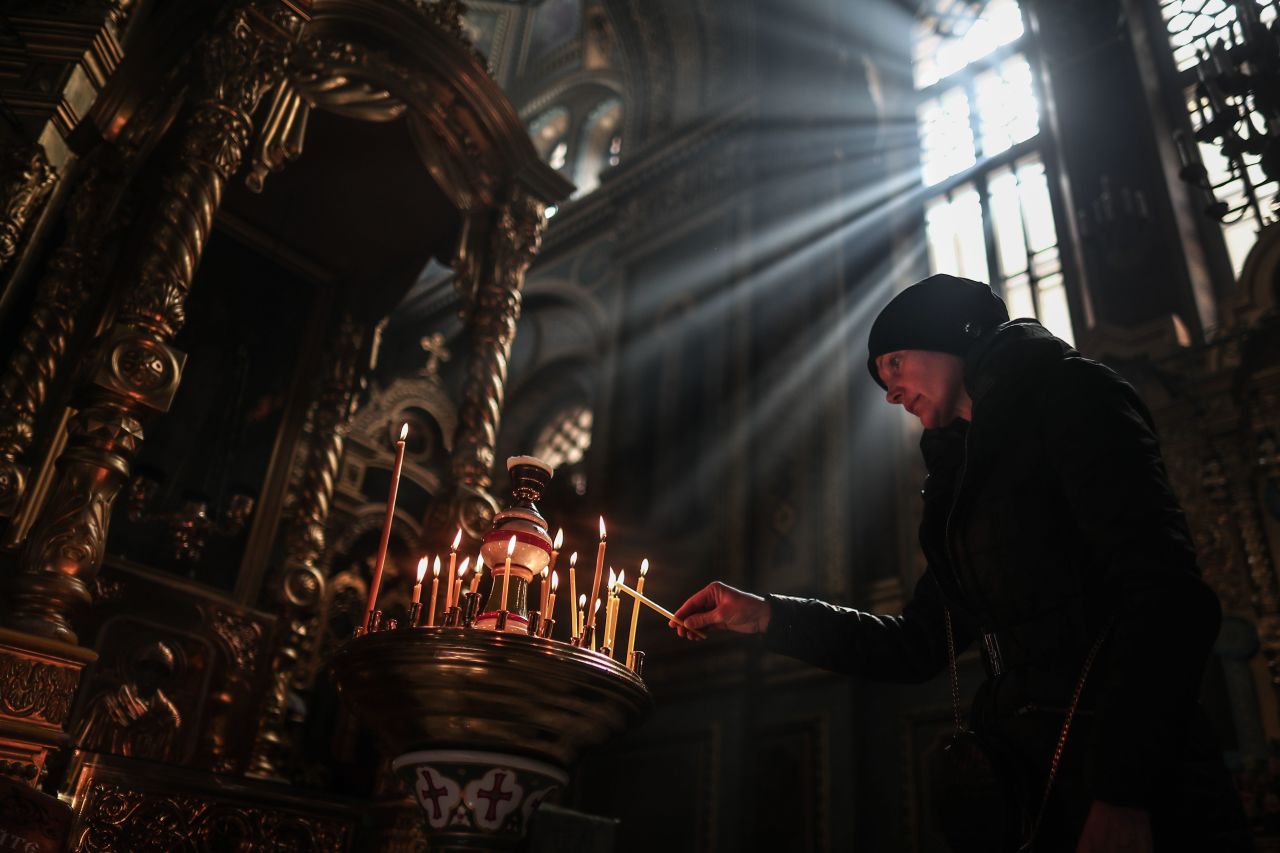
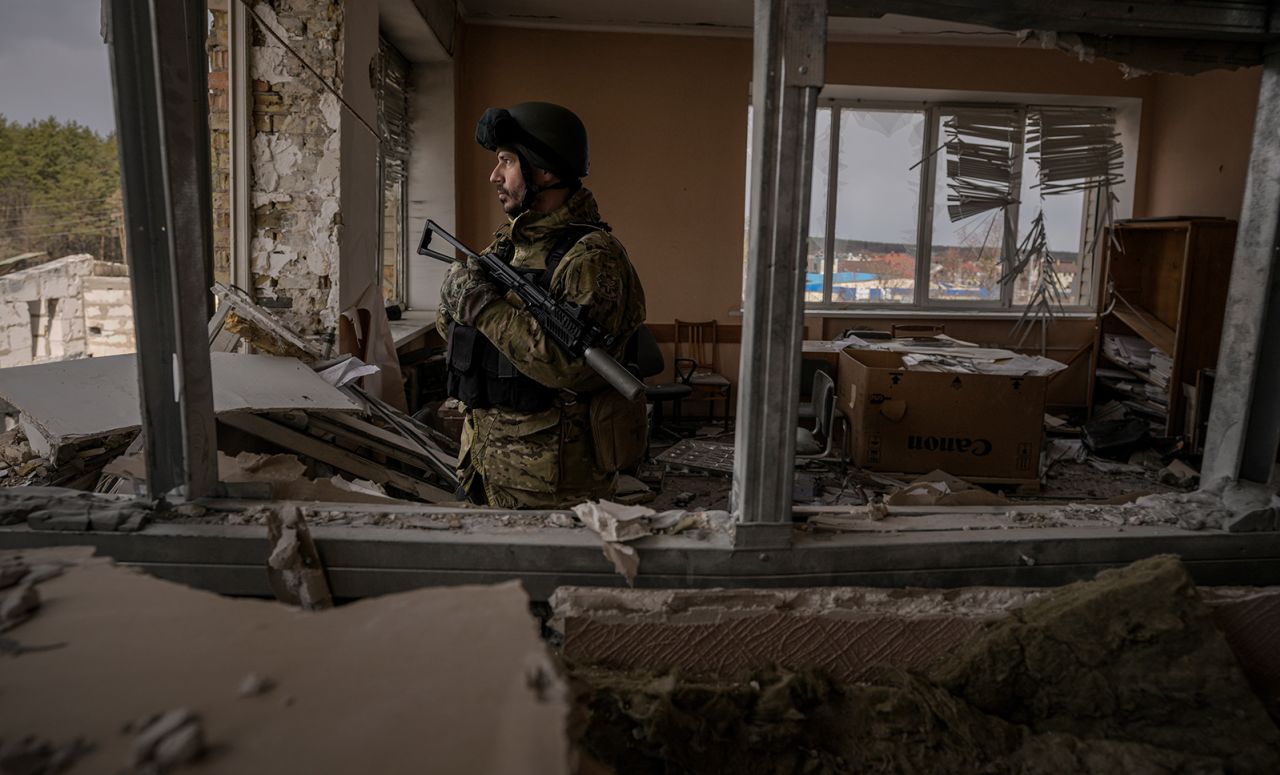
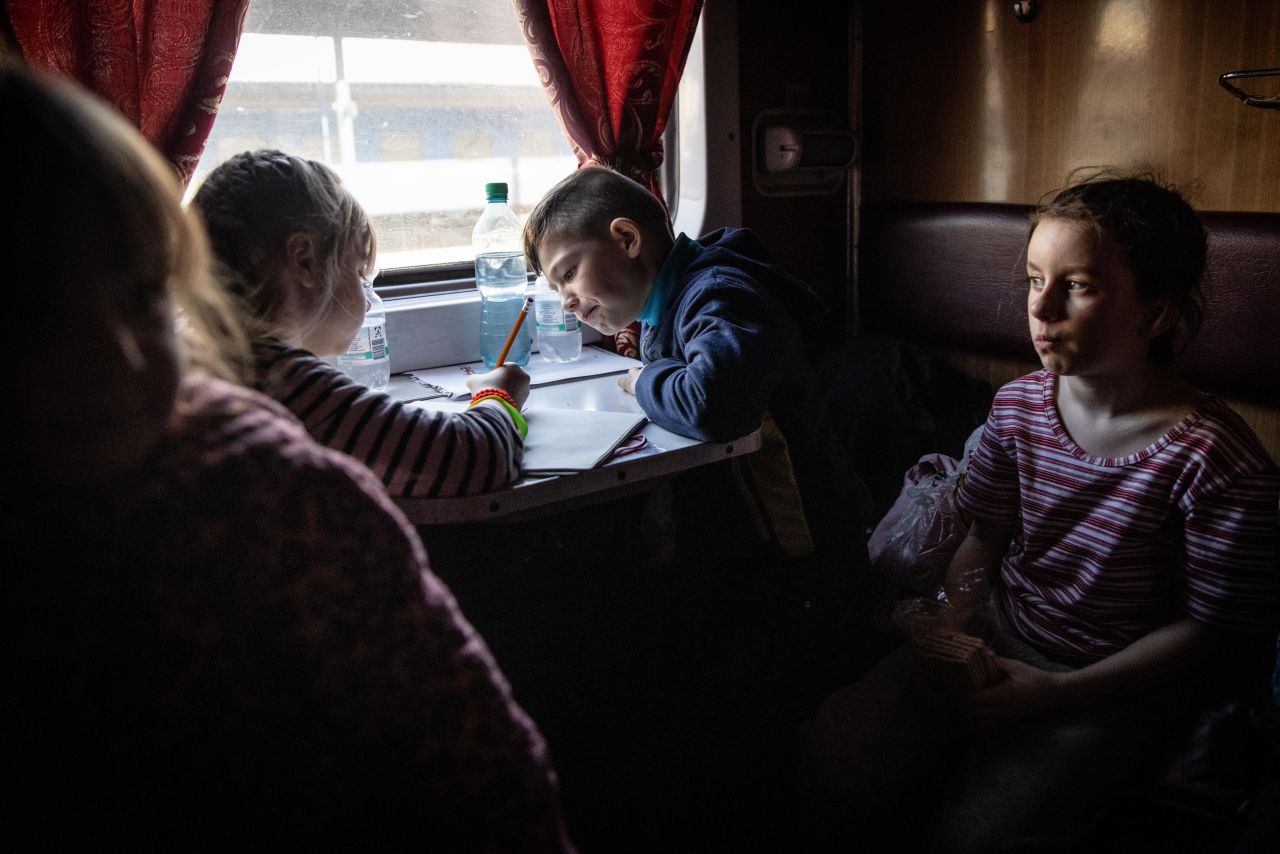
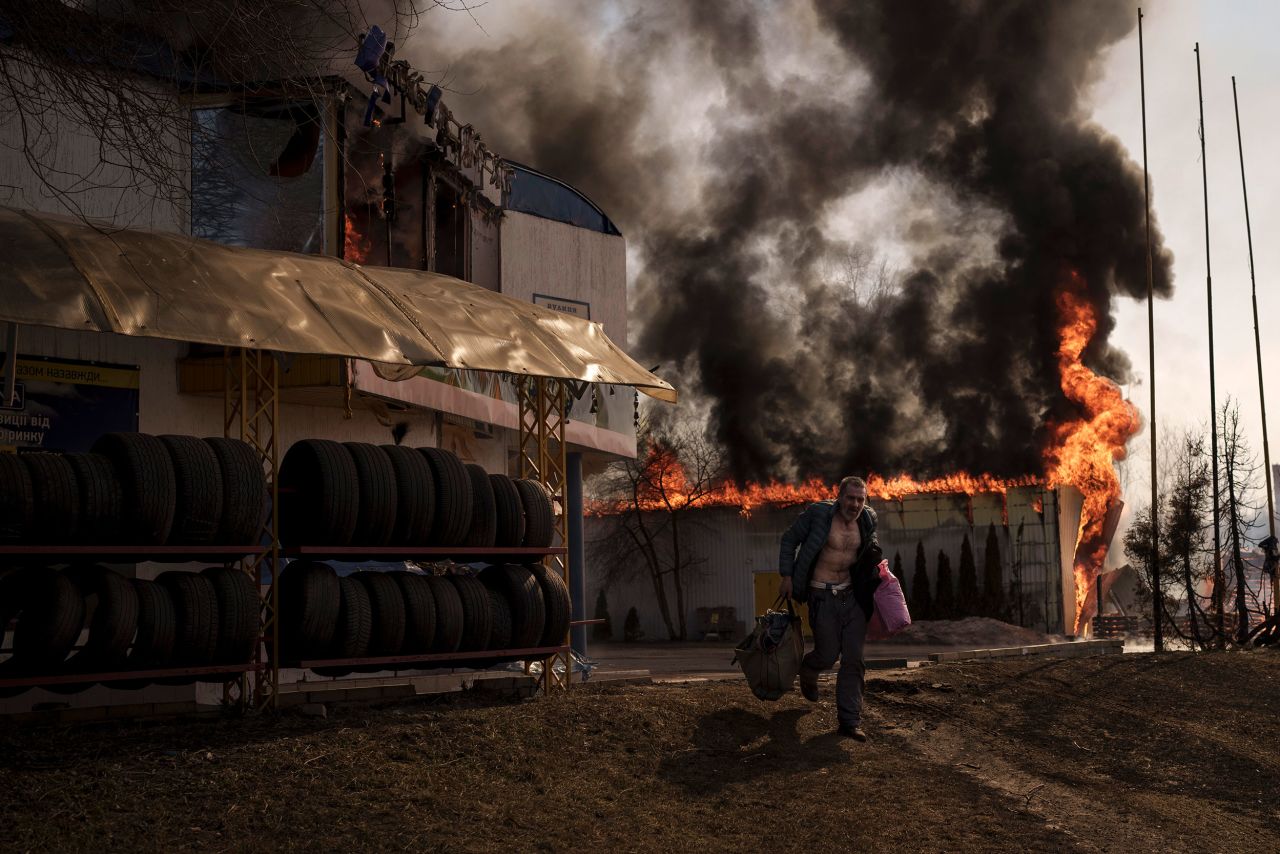
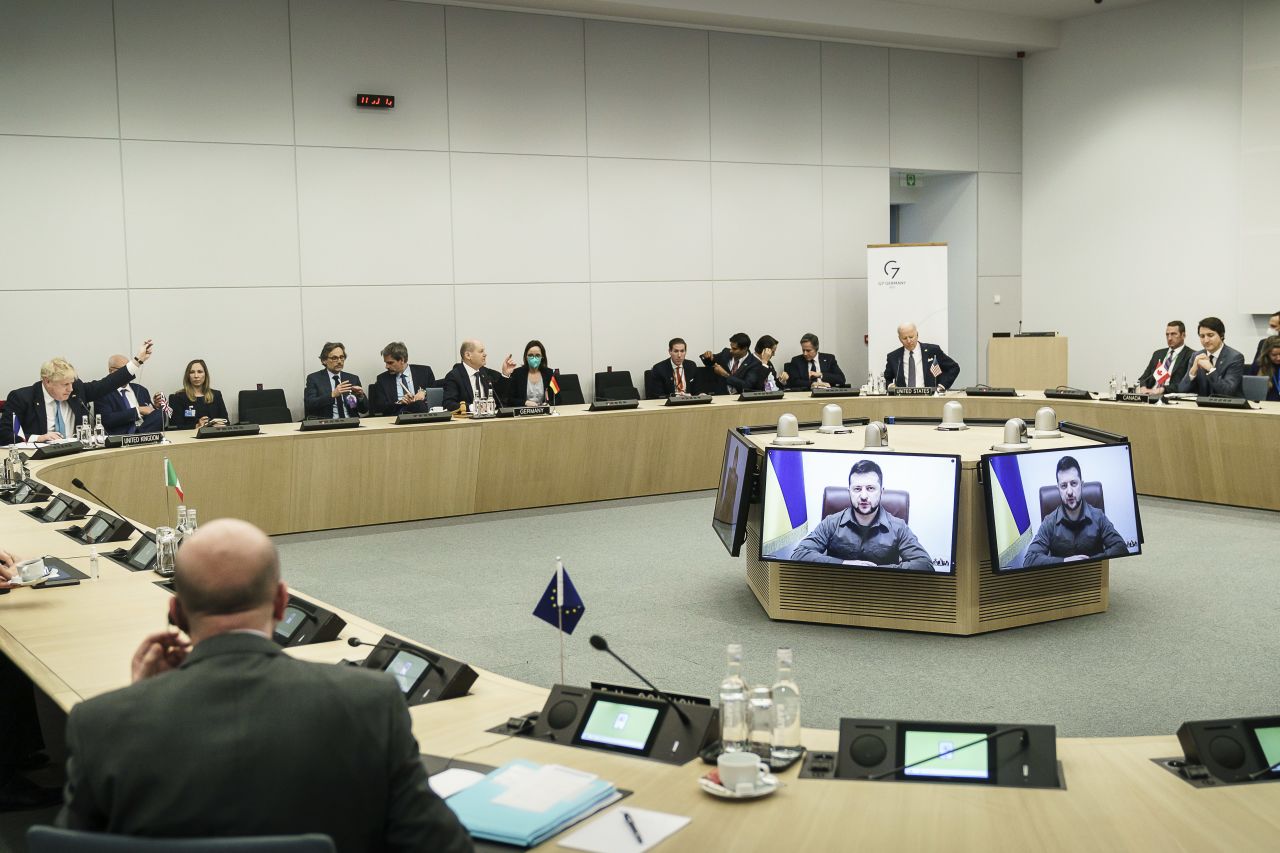
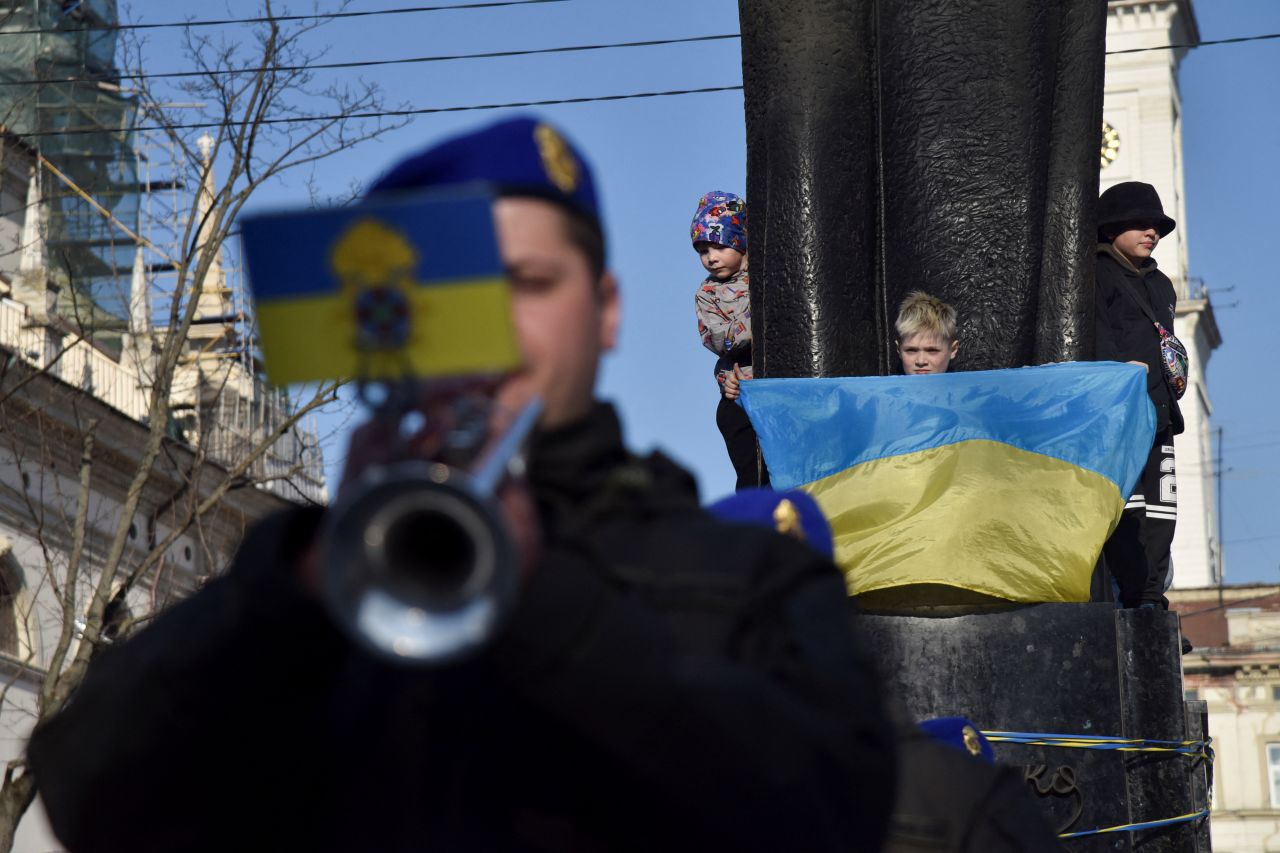
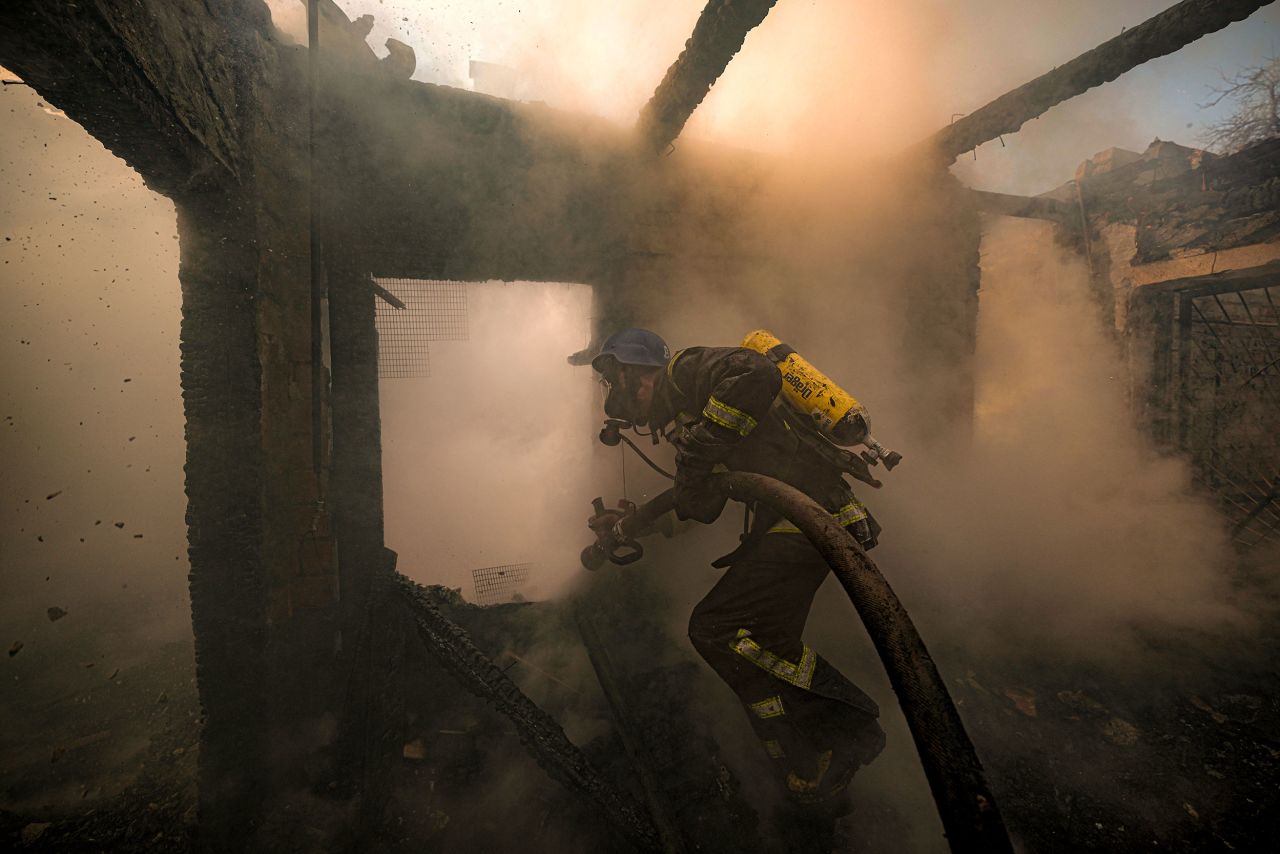
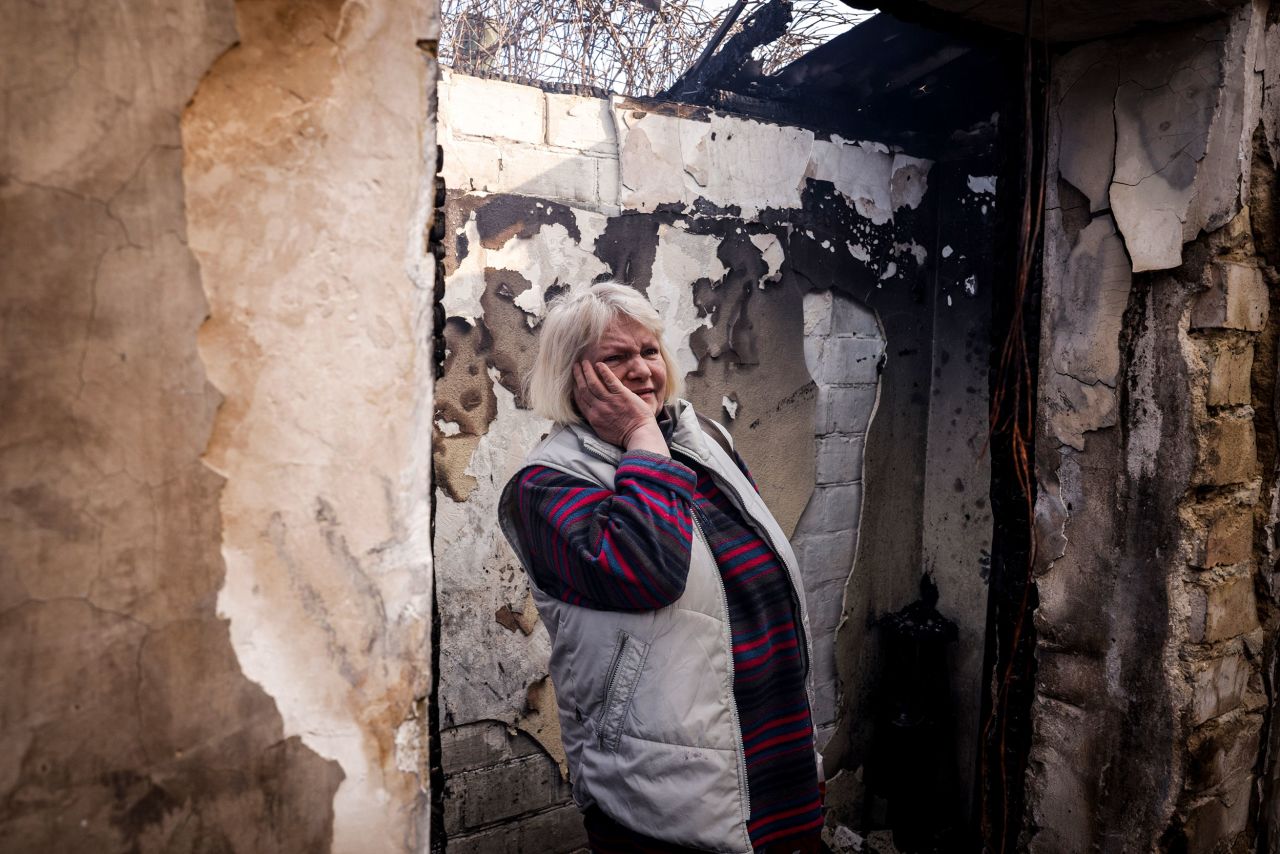
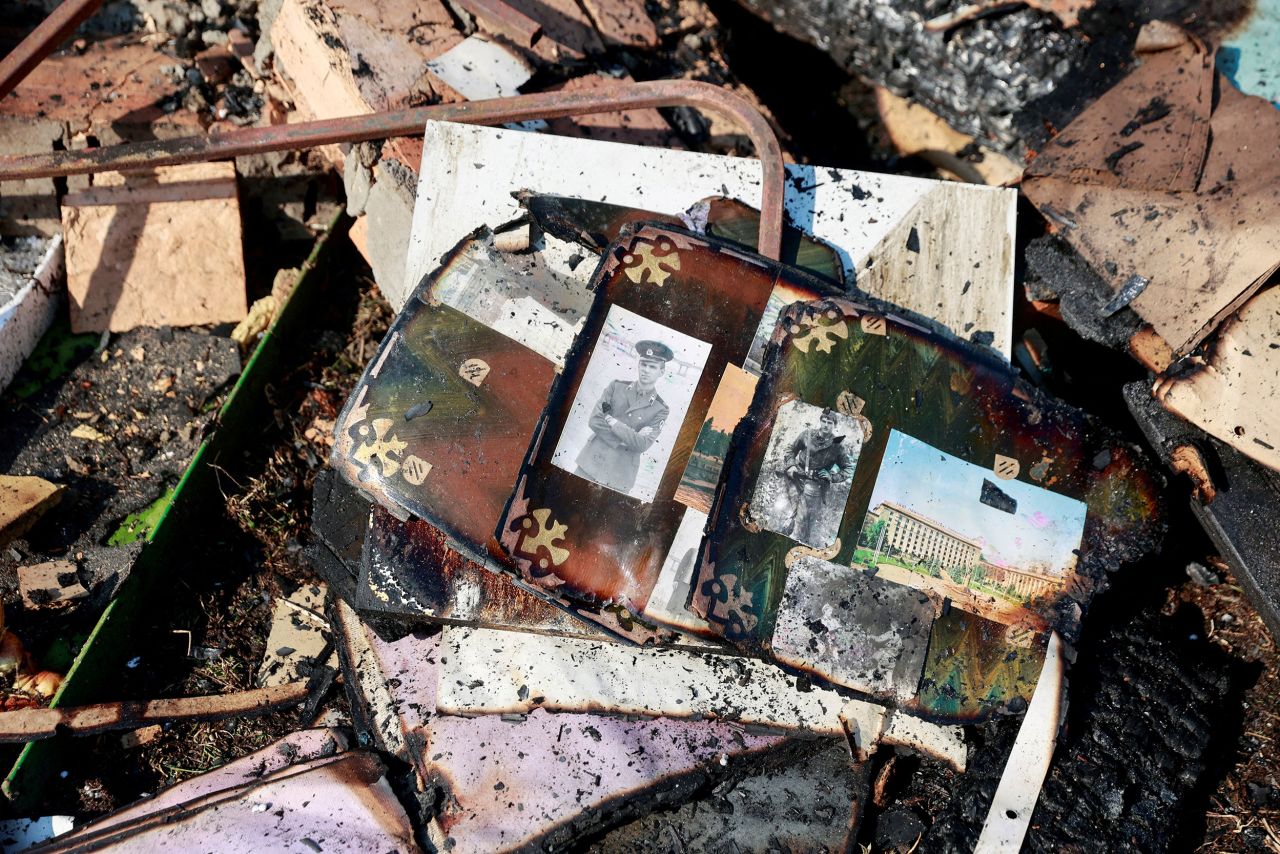
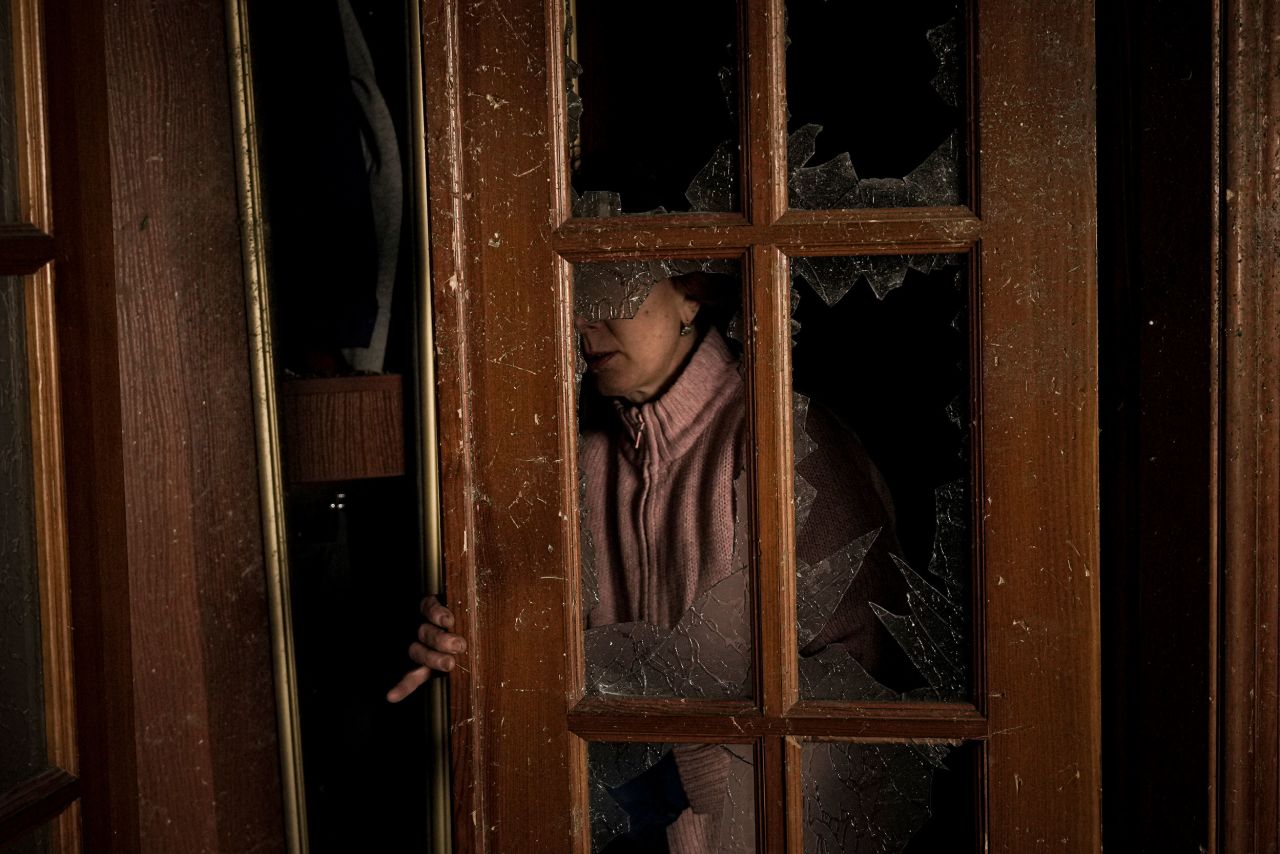
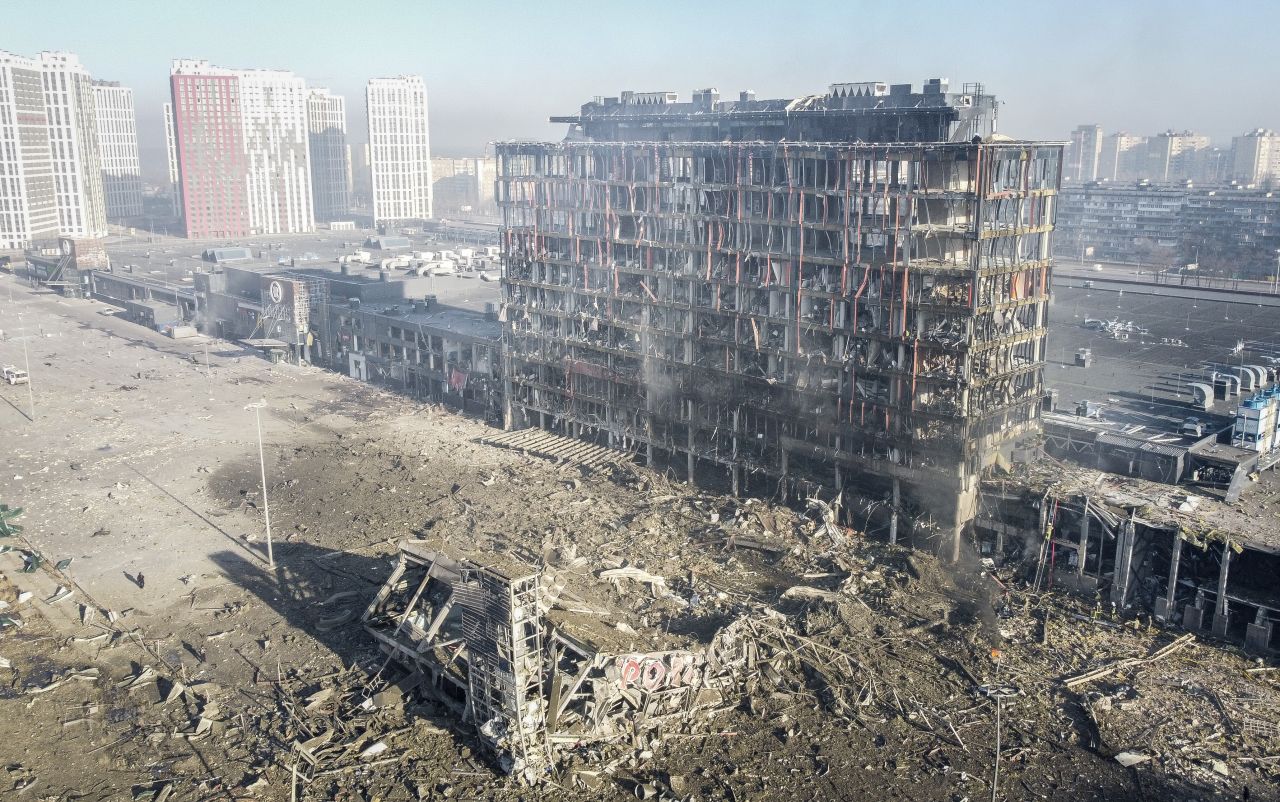
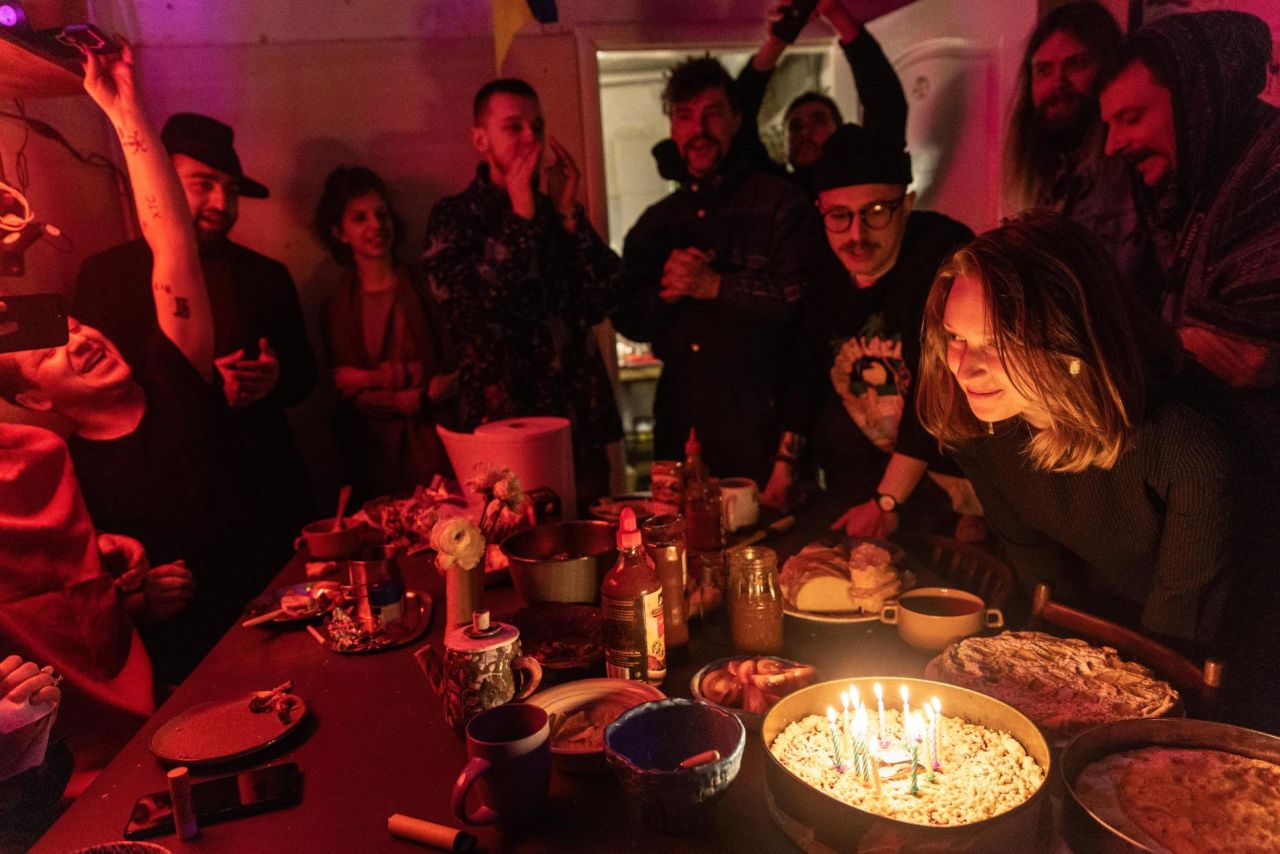
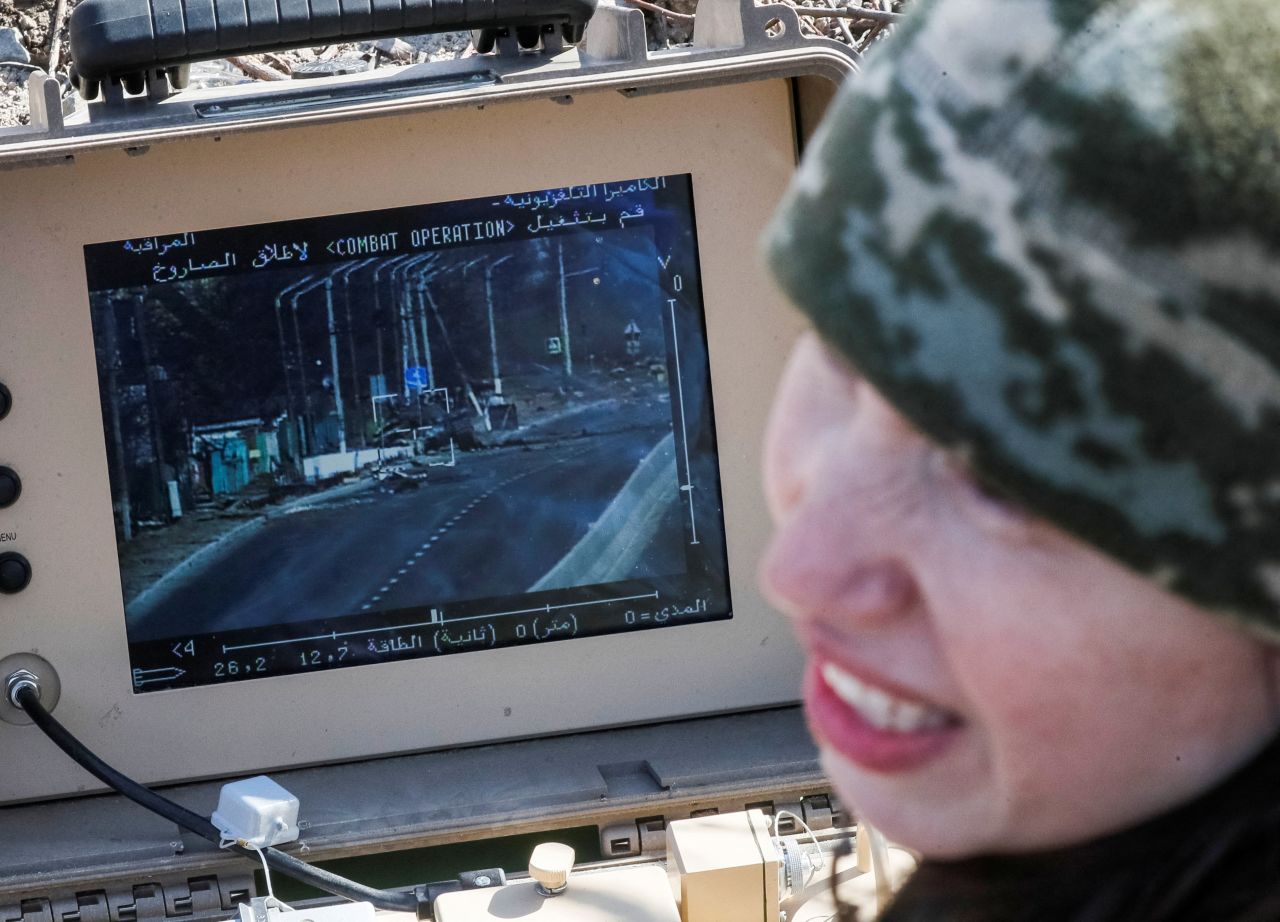
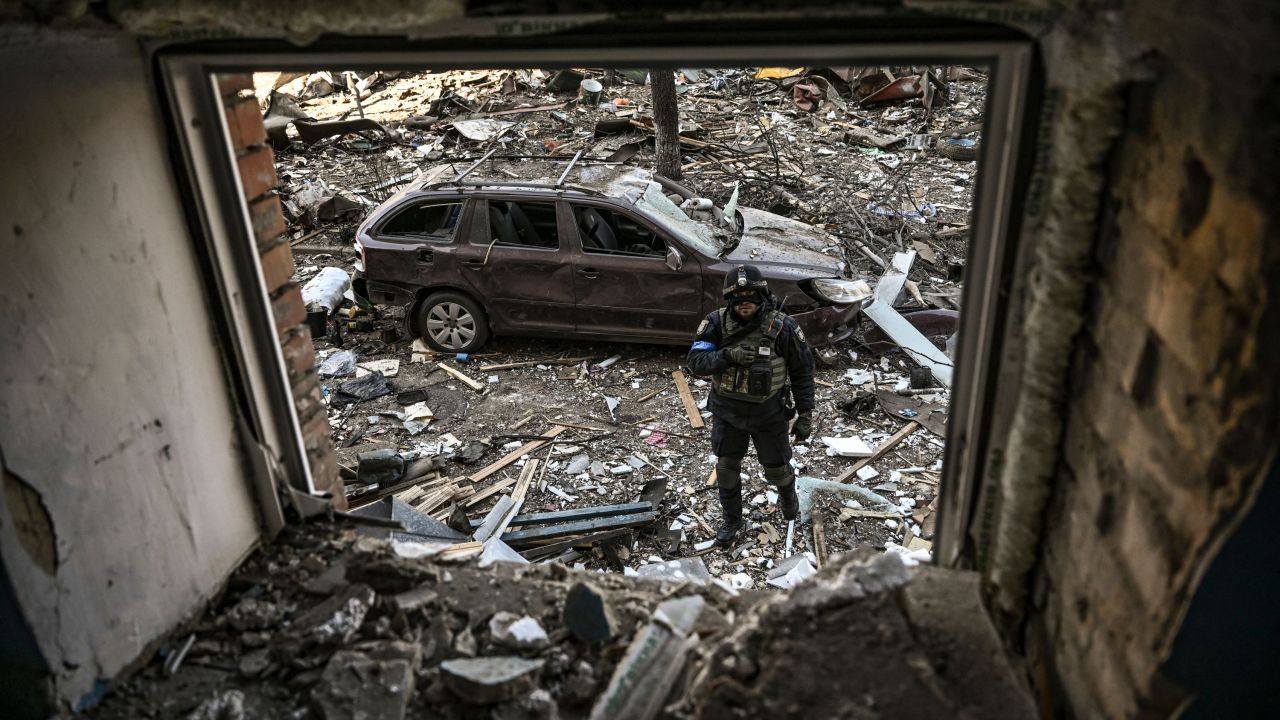
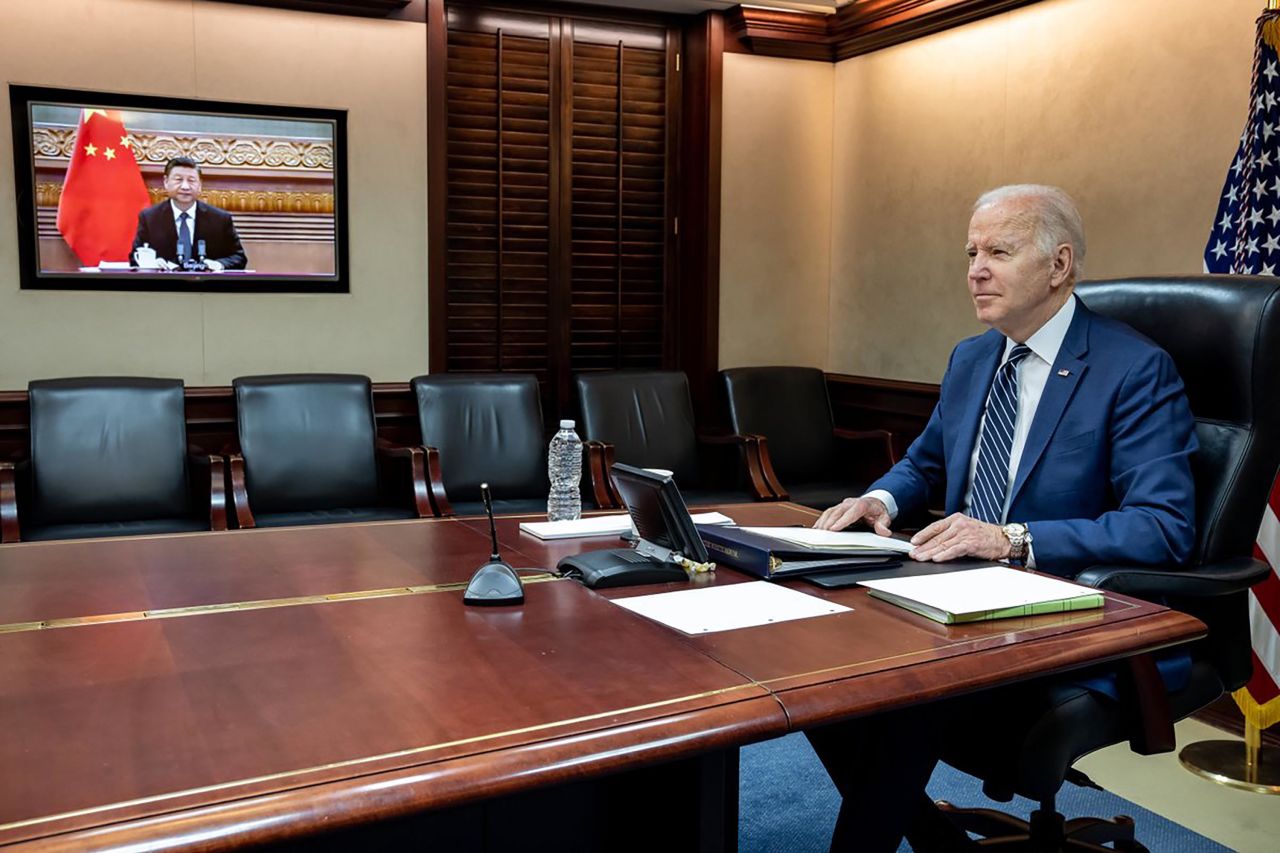 the 110-minute call to dissuade Xi from assisting Russia in its war on Ukraine.” class=”image_gallery-image__dam-img image_gallery-image__dam-img–loading” onload=’this.classList.remove(‘image_gallery-image__dam-img–loading’)’ height=”2000″ width=”3000″/>
the 110-minute call to dissuade Xi from assisting Russia in its war on Ukraine.” class=”image_gallery-image__dam-img image_gallery-image__dam-img–loading” onload=’this.classList.remove(‘image_gallery-image__dam-img–loading’)’ height=”2000″ width=”3000″/>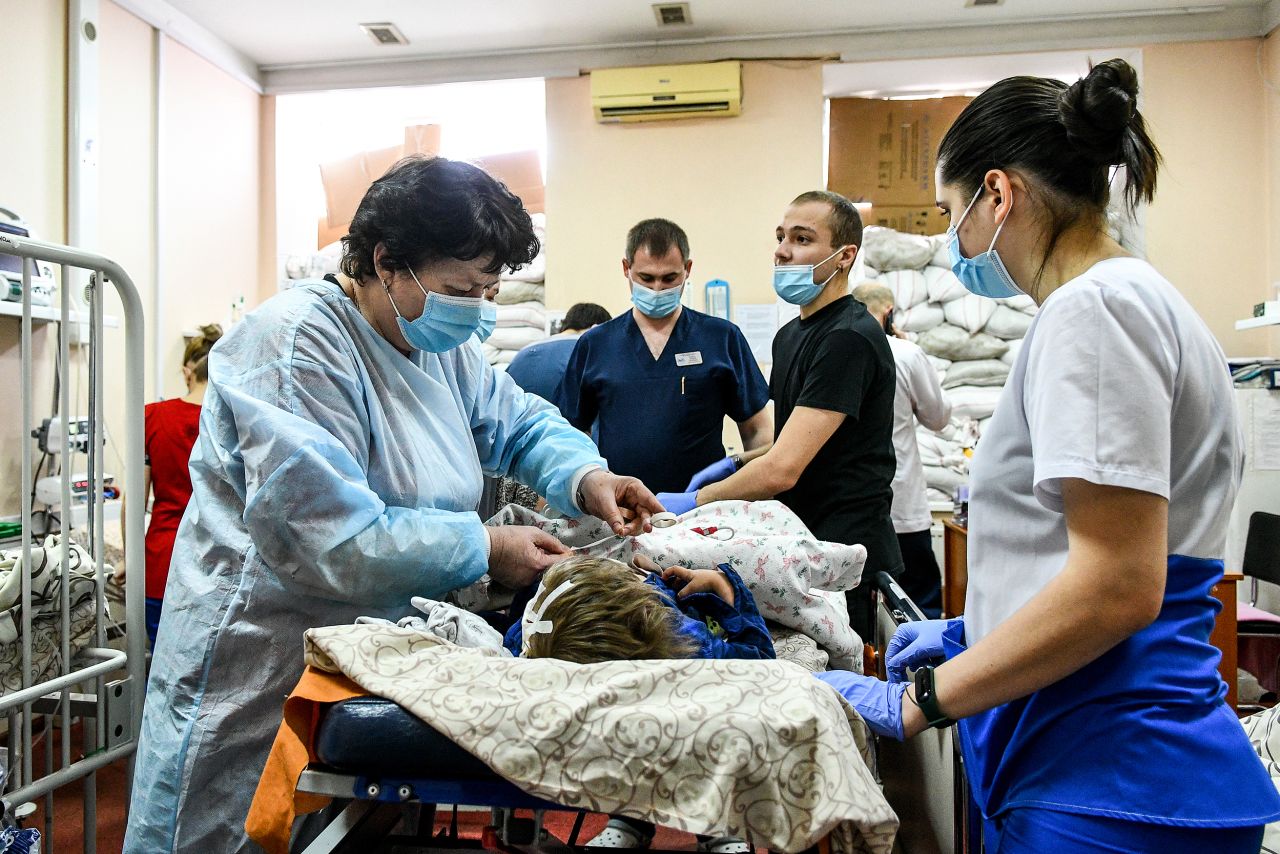
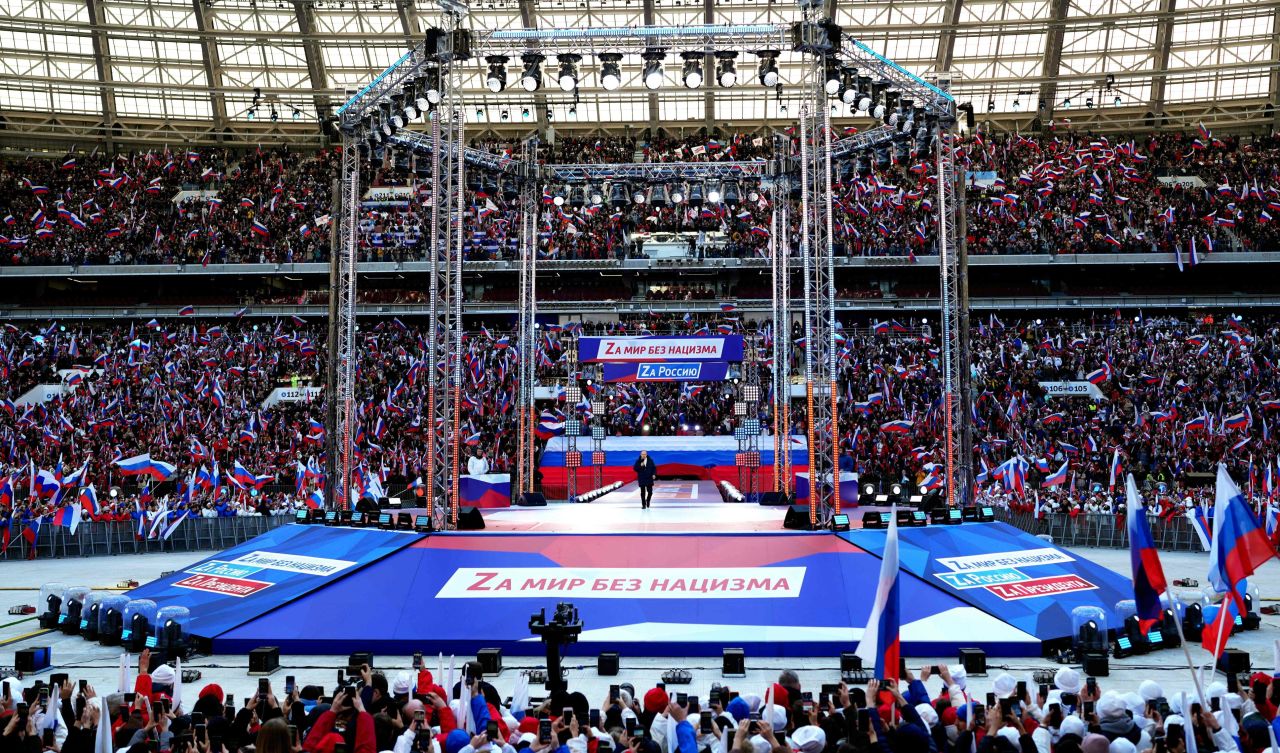 the celebration, which commemorated the eighth year of Russia’s annexation of Crimea.” class=”image_gallery-image__dam-img image_gallery-image__dam-img–loading” onload=’this.classList.remove(‘image_gallery-image__dam-img–loading’)’ height=”2279″ width=”3876″/>
the celebration, which commemorated the eighth year of Russia’s annexation of Crimea.” class=”image_gallery-image__dam-img image_gallery-image__dam-img–loading” onload=’this.classList.remove(‘image_gallery-image__dam-img–loading’)’ height=”2279″ width=”3876″/>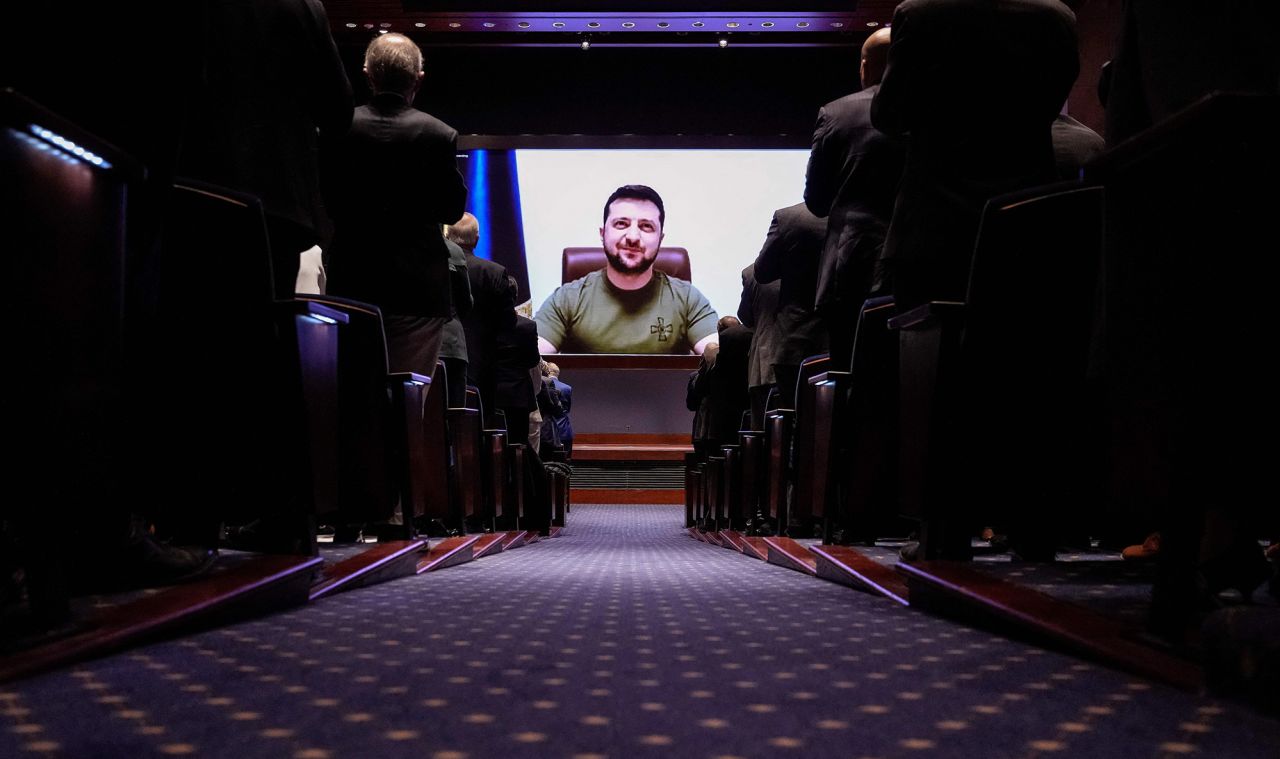 The historic speech occurred as the United States is under pressure to provide more military assistance to the embattled country.” class=”image_gallery-image__dam-img image_gallery-image__dam-img–loading” onload=’this.classList.remove(‘image_gallery-image__dam-img–loading’)’ height=”1186″ width=”2000″/>
The historic speech occurred as the United States is under pressure to provide more military assistance to the embattled country.” class=”image_gallery-image__dam-img image_gallery-image__dam-img–loading” onload=’this.classList.remove(‘image_gallery-image__dam-img–loading’)’ height=”1186″ width=”2000″/>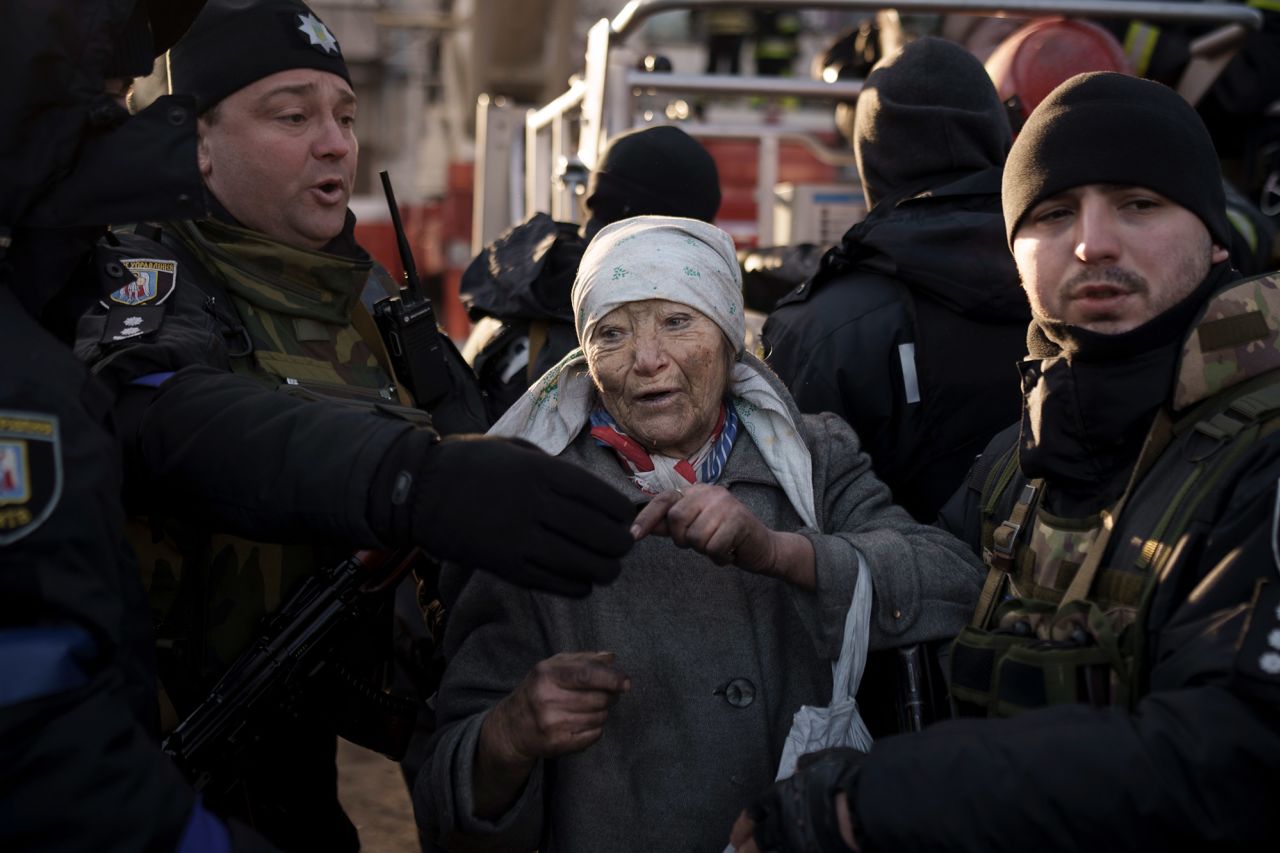
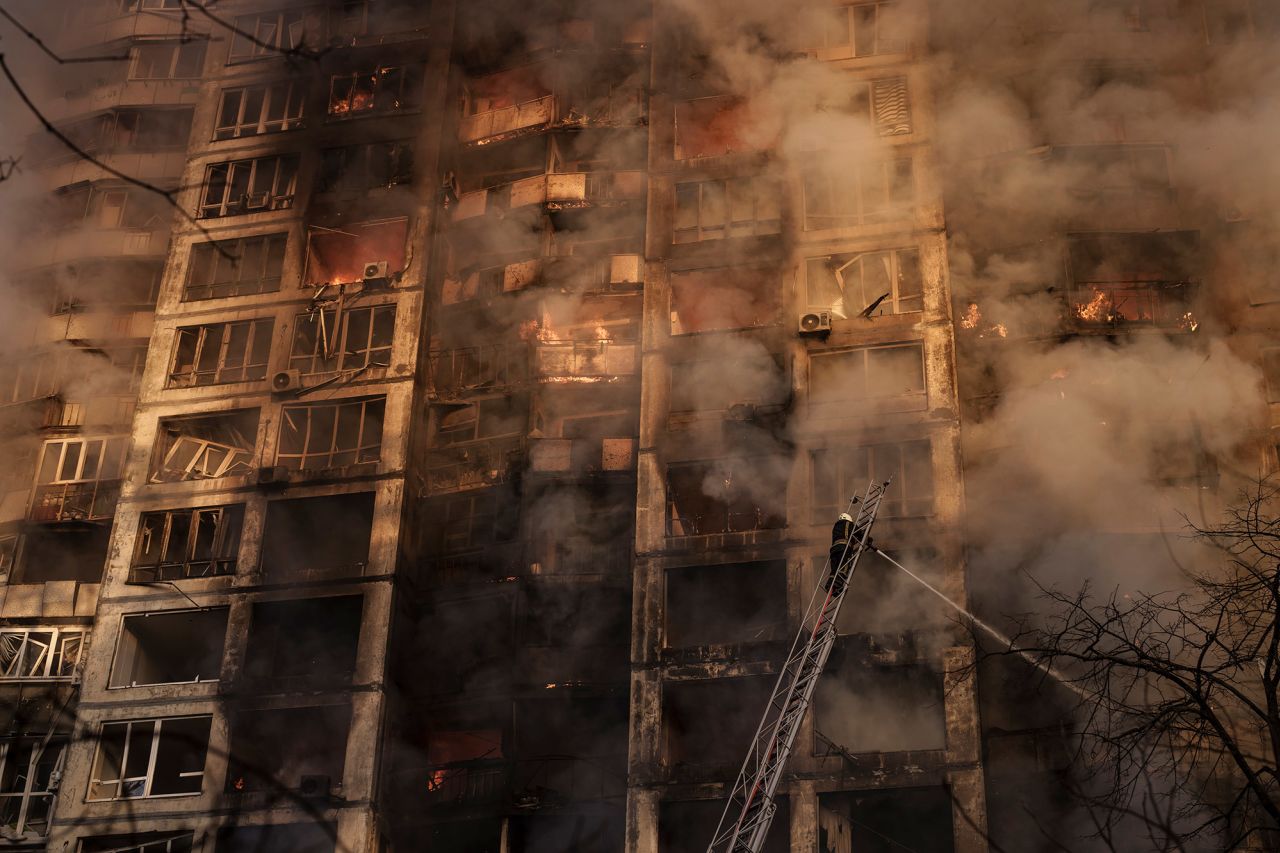
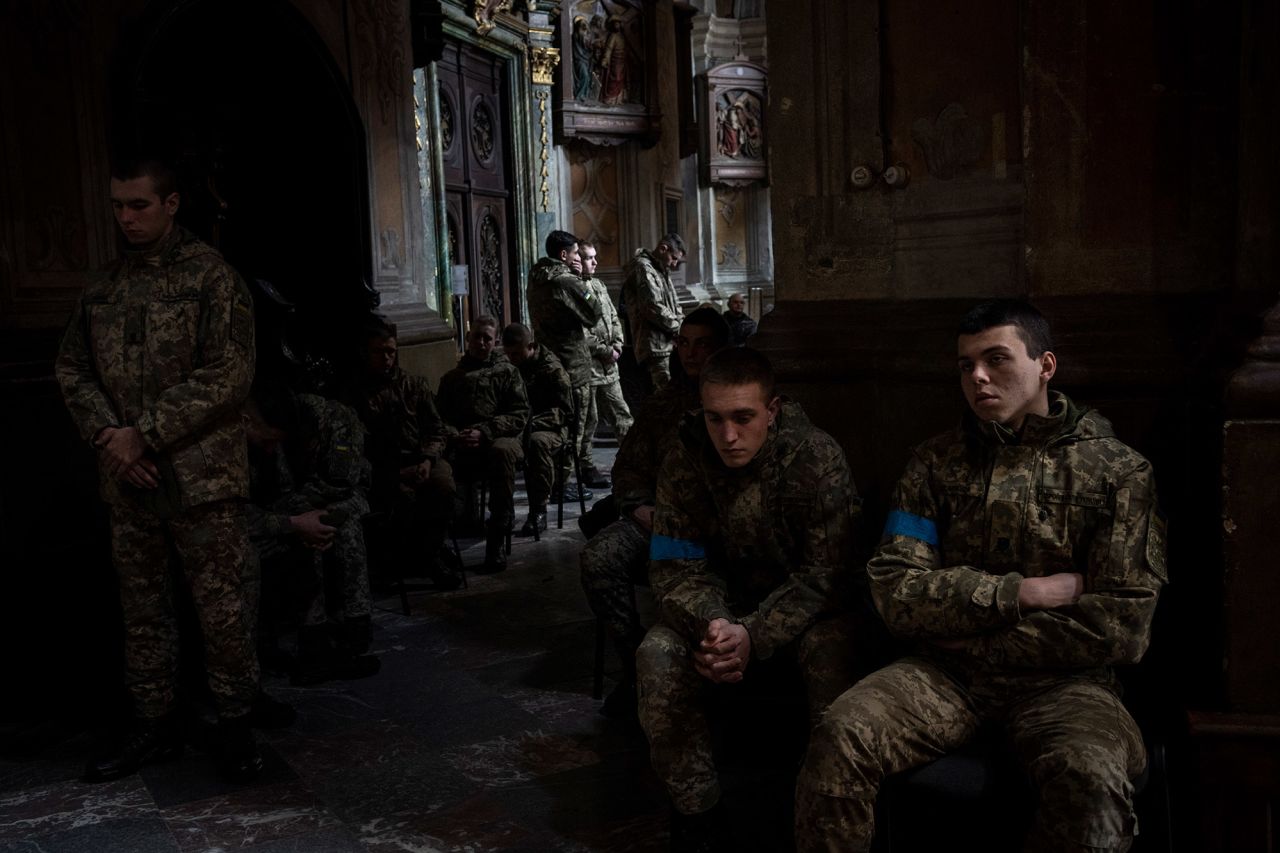 an airstrike on the Yavoriv military base near the Polish border. Local authorities say 35 people were killed.” class=”image_gallery-image__dam-img image_gallery-image__dam-img–loading” onload=’this.classList.remove(‘image_gallery-image__dam-img–loading’)’ height=”1333″ width=”2000″/>
an airstrike on the Yavoriv military base near the Polish border. Local authorities say 35 people were killed.” class=”image_gallery-image__dam-img image_gallery-image__dam-img–loading” onload=’this.classList.remove(‘image_gallery-image__dam-img–loading’)’ height=”1333″ width=”2000″/>



 besieged by Russian forces.” class=”image_gallery-image__dam-img image_gallery-image__dam-img–loading” onload=’this.classList.remove(‘image_gallery-image__dam-img–loading’)’ height=”909″ width=”1616″/>
besieged by Russian forces.” class=”image_gallery-image__dam-img image_gallery-image__dam-img–loading” onload=’this.classList.remove(‘image_gallery-image__dam-img–loading’)’ height=”909″ width=”1616″/> their newborn daughter, Veronika, at a hospital in Mariupol on March 11. Vishegirskaya survived the
their newborn daughter, Veronika, at a hospital in Mariupol on March 11. Vishegirskaya survived the  a funeral service for three Ukrainian soldiers in Lviv on March 11. Senior Soldier Andrii Stefanyshyn, 39; Senior Lt. Taras Didukh, 25; and Sgt. Dmytro Kabakov, 58, were laid to rest at the Saints Peter and Paul Garrison Church. Even in this sacred space, the sounds of war intruded: an air raid siren audible under the sound of prayer and weeping. Yet no one stirred. Residents are now inured to the near-daily warnings of an air attack.” class=”image_gallery-image__dam-img image_gallery-image__dam-img–loading” onload=’this.classList.remove(‘image_gallery-image__dam-img–loading’)’ height=”1331″ width=”2000″/>
a funeral service for three Ukrainian soldiers in Lviv on March 11. Senior Soldier Andrii Stefanyshyn, 39; Senior Lt. Taras Didukh, 25; and Sgt. Dmytro Kabakov, 58, were laid to rest at the Saints Peter and Paul Garrison Church. Even in this sacred space, the sounds of war intruded: an air raid siren audible under the sound of prayer and weeping. Yet no one stirred. Residents are now inured to the near-daily warnings of an air attack.” class=”image_gallery-image__dam-img image_gallery-image__dam-img–loading” onload=’this.classList.remove(‘image_gallery-image__dam-img–loading’)’ height=”1331″ width=”2000″/> Lavrov falsely claimed that his country “did not attack” its neighbor.” class=”image_gallery-image__dam-img image_gallery-image__dam-img–loading” onload=’this.classList.remove(‘image_gallery-image__dam-img–loading’)’ height=”1278″ width=”2000″/>
Lavrov falsely claimed that his country “did not attack” its neighbor.” class=”image_gallery-image__dam-img image_gallery-image__dam-img–loading” onload=’this.classList.remove(‘image_gallery-image__dam-img–loading’)’ height=”1278″ width=”2000″/> Due to heavy fighting, Irpin has been without heat, water or electricity for several days.” class=”image_gallery-image__dam-img image_gallery-image__dam-img–loading” onload=’this.classList.remove(‘image_gallery-image__dam-img–loading’)’ height=”1333″ width=”2000″/>
Due to heavy fighting, Irpin has been without heat, water or electricity for several days.” class=”image_gallery-image__dam-img image_gallery-image__dam-img–loading” onload=’this.classList.remove(‘image_gallery-image__dam-img–loading’)’ height=”1333″ width=”2000″/> bombed maternity hospital in Mariupol on March 9. The woman and her baby later died,
bombed maternity hospital in Mariupol on March 9. The woman and her baby later died,  unable to hold proper burials.” class=”image_gallery-image__dam-img image_gallery-image__dam-img–loading” onload=’this.classList.remove(‘image_gallery-image__dam-img–loading’)’ height=”2667″ width=”4000″/>
unable to hold proper burials.” class=”image_gallery-image__dam-img image_gallery-image__dam-img–loading” onload=’this.classList.remove(‘image_gallery-image__dam-img–loading’)’ height=”2667″ width=”4000″/> stretched for miles as people tried to escape fighting in districts to the north and northwest of Kyiv.” class=”image_gallery-image__dam-img image_gallery-image__dam-img–loading” onload=’this.classList.remove(‘image_gallery-image__dam-img–loading’)’ height=”1333″ width=”2000″/>
stretched for miles as people tried to escape fighting in districts to the north and northwest of Kyiv.” class=”image_gallery-image__dam-img image_gallery-image__dam-img–loading” onload=’this.classList.remove(‘image_gallery-image__dam-img–loading’)’ height=”1333″ width=”2000″/> addresses British lawmakers via video on March 8. “We will not give up and we will not lose. We will fight until the end at sea, in the air. We will continue fighting for our land, whatever the cost,” he said in his comments translated by an interpreter. The House of Commons gave Zelensky a standing ovation at the end of his address.” class=”image_gallery-image__dam-img image_gallery-image__dam-img–loading” onload=’this.classList.remove(‘image_gallery-image__dam-img–loading’)’ height=”1333″ width=”2000″/>
addresses British lawmakers via video on March 8. “We will not give up and we will not lose. We will fight until the end at sea, in the air. We will continue fighting for our land, whatever the cost,” he said in his comments translated by an interpreter. The House of Commons gave Zelensky a standing ovation at the end of his address.” class=”image_gallery-image__dam-img image_gallery-image__dam-img–loading” onload=’this.classList.remove(‘image_gallery-image__dam-img–loading’)’ height=”1333″ width=”2000″/>

 a Russian military strike.” class=”image_gallery-image__dam-img image_gallery-image__dam-img–loading” onload=’this.classList.remove(‘image_gallery-image__dam-img–loading’)’ height=”1297″ width=”2000″/>
a Russian military strike.” class=”image_gallery-image__dam-img image_gallery-image__dam-img–loading” onload=’this.classList.remove(‘image_gallery-image__dam-img–loading’)’ height=”1297″ width=”2000″/>


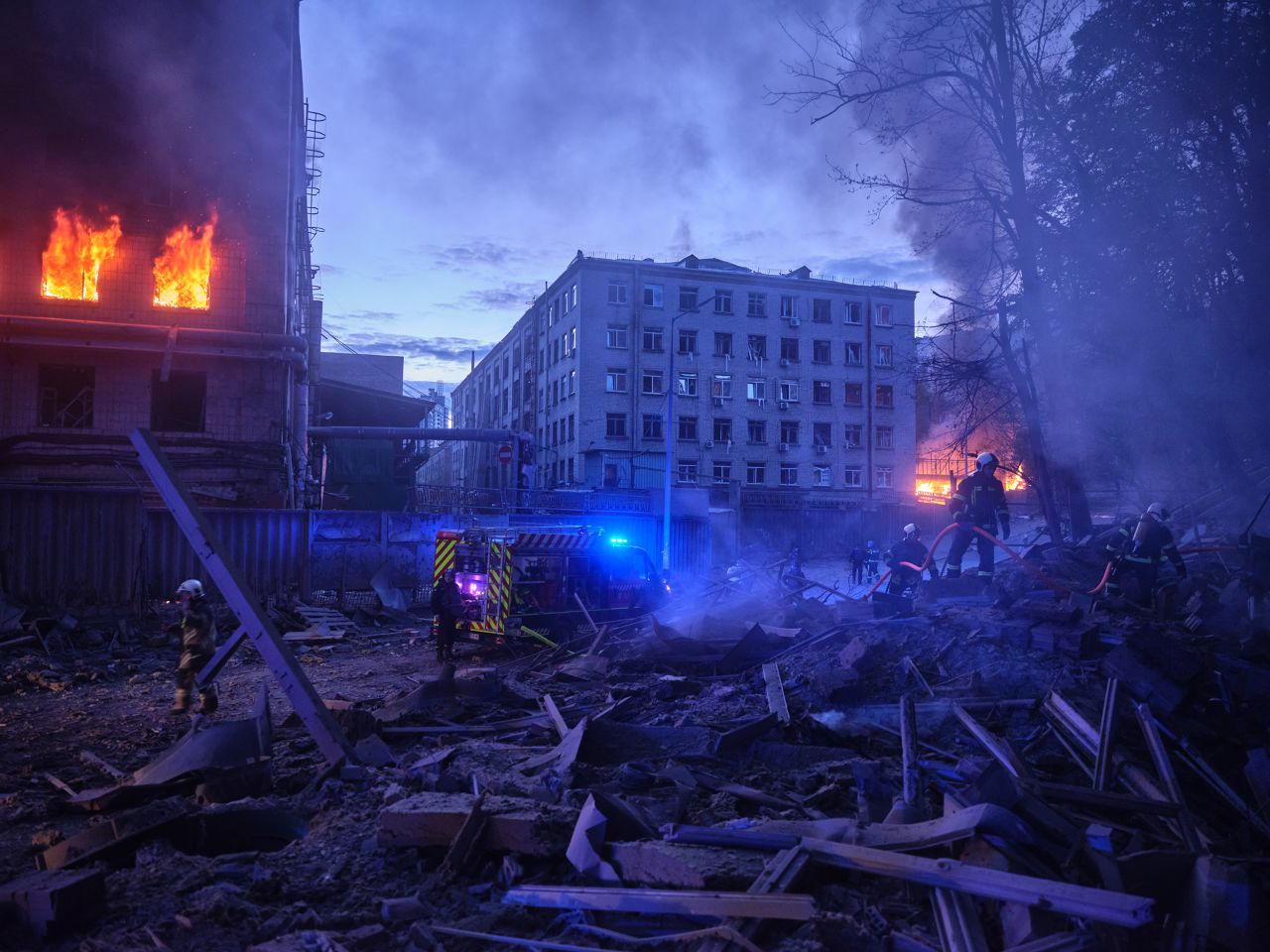 Russian missile attack on Kyiv on Thursday, April 28, which occurred as the United Nations Secretary General Antonio Guterres was finishing a visit to the Ukrainian capital.” class=”image_gallery-image__dam-img image_gallery-image__dam-img–loading” onload=’this.classList.remove(‘image_gallery-image__dam-img–loading’)’ height=”1875″ width=”2500″/>
Russian missile attack on Kyiv on Thursday, April 28, which occurred as the United Nations Secretary General Antonio Guterres was finishing a visit to the Ukrainian capital.” class=”image_gallery-image__dam-img image_gallery-image__dam-img–loading” onload=’this.classList.remove(‘image_gallery-image__dam-img–loading’)’ height=”1875″ width=”2500″/>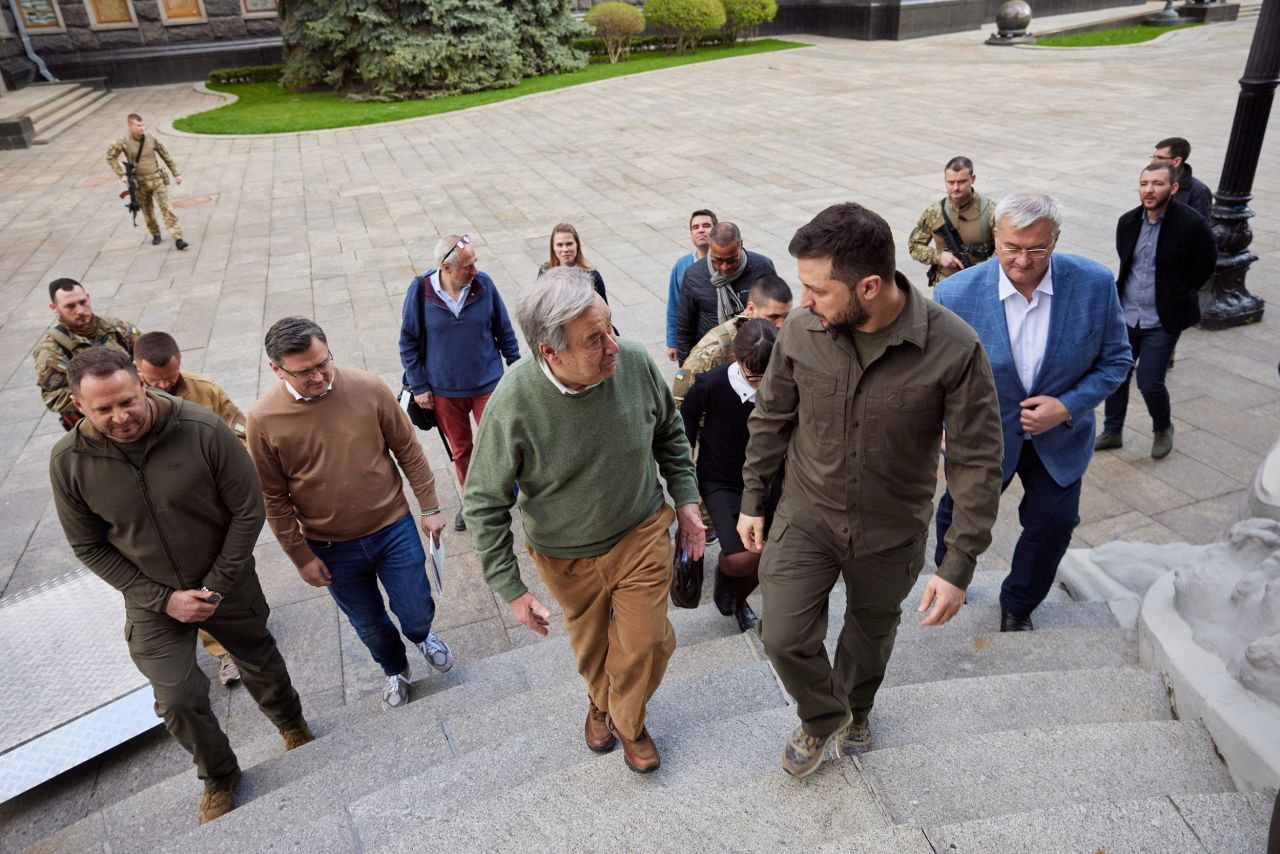 their meeting, in Kyiv, on April 28. ” class=”image_gallery-image__dam-img image_gallery-image__dam-img–loading” onload=’this.classList.remove(‘image_gallery-image__dam-img–loading’)’ height=”1668″ width=”2500″/>
their meeting, in Kyiv, on April 28. ” class=”image_gallery-image__dam-img image_gallery-image__dam-img–loading” onload=’this.classList.remove(‘image_gallery-image__dam-img–loading’)’ height=”1668″ width=”2500″/> Residents wrapped statues in protective sheets to try to safeguard historic monuments across the city.” class=”image_gallery-image__dam-img image_gallery-image__dam-img–loading” onload=’this.classList.remove(‘image_gallery-image__dam-img–loading’)’ height=”2000″ width=”3000″/>
Residents wrapped statues in protective sheets to try to safeguard historic monuments across the city.” class=”image_gallery-image__dam-img image_gallery-image__dam-img–loading” onload=’this.classList.remove(‘image_gallery-image__dam-img–loading’)’ height=”2000″ width=”3000″/>
 18-month-old son, Kirill, who was wounded by shelling in Mariupol on March 4. Medical workers frantically tried to save the boy’s life, but he didn’t survive.” class=”image_gallery-image__dam-img image_gallery-image__dam-img–loading” onload=’this.classList.remove(‘image_gallery-image__dam-img–loading’)’ height=”2000″ width=”3000″/>
18-month-old son, Kirill, who was wounded by shelling in Mariupol on March 4. Medical workers frantically tried to save the boy’s life, but he didn’t survive.” class=”image_gallery-image__dam-img image_gallery-image__dam-img–loading” onload=’this.classList.remove(‘image_gallery-image__dam-img–loading’)’ height=”2000″ width=”3000″/>
 According to the Washington Post, he was a member of Ukraine’s Territorial Defense Forces, which is comprised mostly of volunteers.” class=”image_gallery-image__dam-img image_gallery-image__dam-img–loading” onload=’this.classList.remove(‘image_gallery-image__dam-img–loading’)’ height=”1334″ width=”1941″/>
According to the Washington Post, he was a member of Ukraine’s Territorial Defense Forces, which is comprised mostly of volunteers.” class=”image_gallery-image__dam-img image_gallery-image__dam-img–loading” onload=’this.classList.remove(‘image_gallery-image__dam-img–loading’)’ height=”1334″ width=”1941″/>


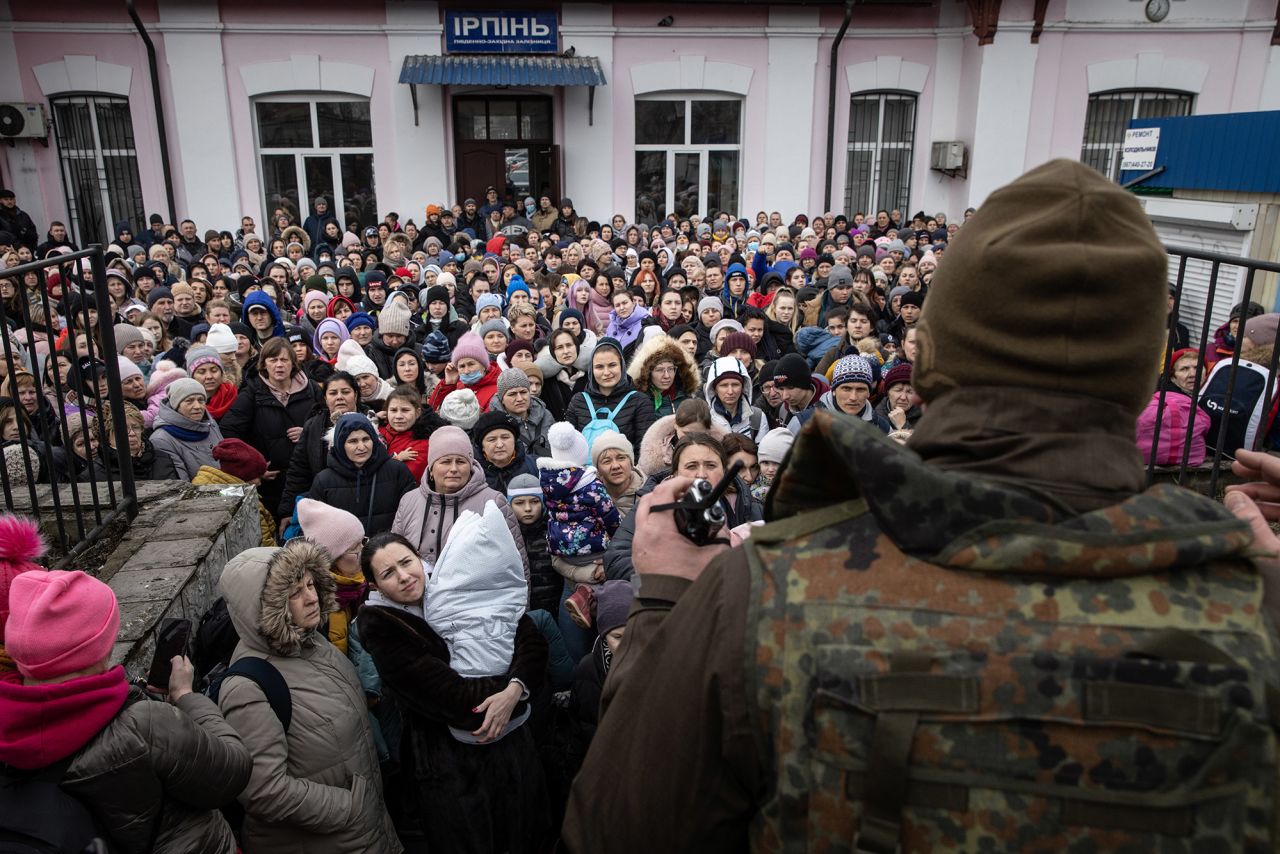
 Russian forces have “occupied” the power plant.” class=”image_gallery-image__dam-img image_gallery-image__dam-img–loading” onload=’this.classList.remove(‘image_gallery-image__dam-img–loading’)’ height=”2014″ width=”3584″/>
Russian forces have “occupied” the power plant.” class=”image_gallery-image__dam-img image_gallery-image__dam-img–loading” onload=’this.classList.remove(‘image_gallery-image__dam-img–loading’)’ height=”2014″ width=”3584″/>
 a senior US defense official told reporters.” class=”image_gallery-image__dam-img image_gallery-image__dam-img–loading” onload=’this.classList.remove(‘image_gallery-image__dam-img–loading’)’ height=”1202″ width=”2000″/>
a senior US defense official told reporters.” class=”image_gallery-image__dam-img image_gallery-image__dam-img–loading” onload=’this.classList.remove(‘image_gallery-image__dam-img–loading’)’ height=”1202″ width=”2000″/> Video of the incident was widely shared on social media.” class=”image_gallery-image__dam-img image_gallery-image__dam-img–loading” onload=’this.classList.remove(‘image_gallery-image__dam-img–loading’)’ height=”1334″ width=”2000″/>
Video of the incident was widely shared on social media.” class=”image_gallery-image__dam-img image_gallery-image__dam-img–loading” onload=’this.classList.remove(‘image_gallery-image__dam-img–loading’)’ height=”1334″ width=”2000″/>








 take shelter in a subway station in Kyiv on March 2.” class=”image_gallery-image__dam-img image_gallery-image__dam-img–loading” onload=’this.classList.remove(‘image_gallery-image__dam-img–loading’)’ height=”1667″ width=”2500″/>
take shelter in a subway station in Kyiv on March 2.” class=”image_gallery-image__dam-img image_gallery-image__dam-img–loading” onload=’this.classList.remove(‘image_gallery-image__dam-img–loading’)’ height=”1667″ width=”2500″/>




 an exclusive interview with CNN and Reuters on March 1. Zelensky said that as long as Moscow’s attacks on Ukrainian cities continued, little progress could be made in talks between the two nations. “It’s important to stop bombing people, and then we can move on and sit at the negotiation table,” he said.” class=”image_gallery-image__dam-img image_gallery-image__dam-img–loading” onload=’this.classList.remove(‘image_gallery-image__dam-img–loading’)’ height=”1334″ width=”2000″/>
an exclusive interview with CNN and Reuters on March 1. Zelensky said that as long as Moscow’s attacks on Ukrainian cities continued, little progress could be made in talks between the two nations. “It’s important to stop bombing people, and then we can move on and sit at the negotiation table,” he said.” class=”image_gallery-image__dam-img image_gallery-image__dam-img–loading” onload=’this.classList.remove(‘image_gallery-image__dam-img–loading’)’ height=”1334″ width=”2000″/> Russian forces fired rockets near the tower and struck a Holocaust memorial site in Kyiv hours after warning of “high-precision” strikes on other facilities linked to Ukrainian security agencies.” class=”image_gallery-image__dam-img image_gallery-image__dam-img–loading” onload=’this.classList.remove(‘image_gallery-image__dam-img–loading’)’ height=”1667″ width=”2500″/>
Russian forces fired rockets near the tower and struck a Holocaust memorial site in Kyiv hours after warning of “high-precision” strikes on other facilities linked to Ukrainian security agencies.” class=”image_gallery-image__dam-img image_gallery-image__dam-img–loading” onload=’this.classList.remove(‘image_gallery-image__dam-img–loading’)’ height=”1667″ width=”2500″/>
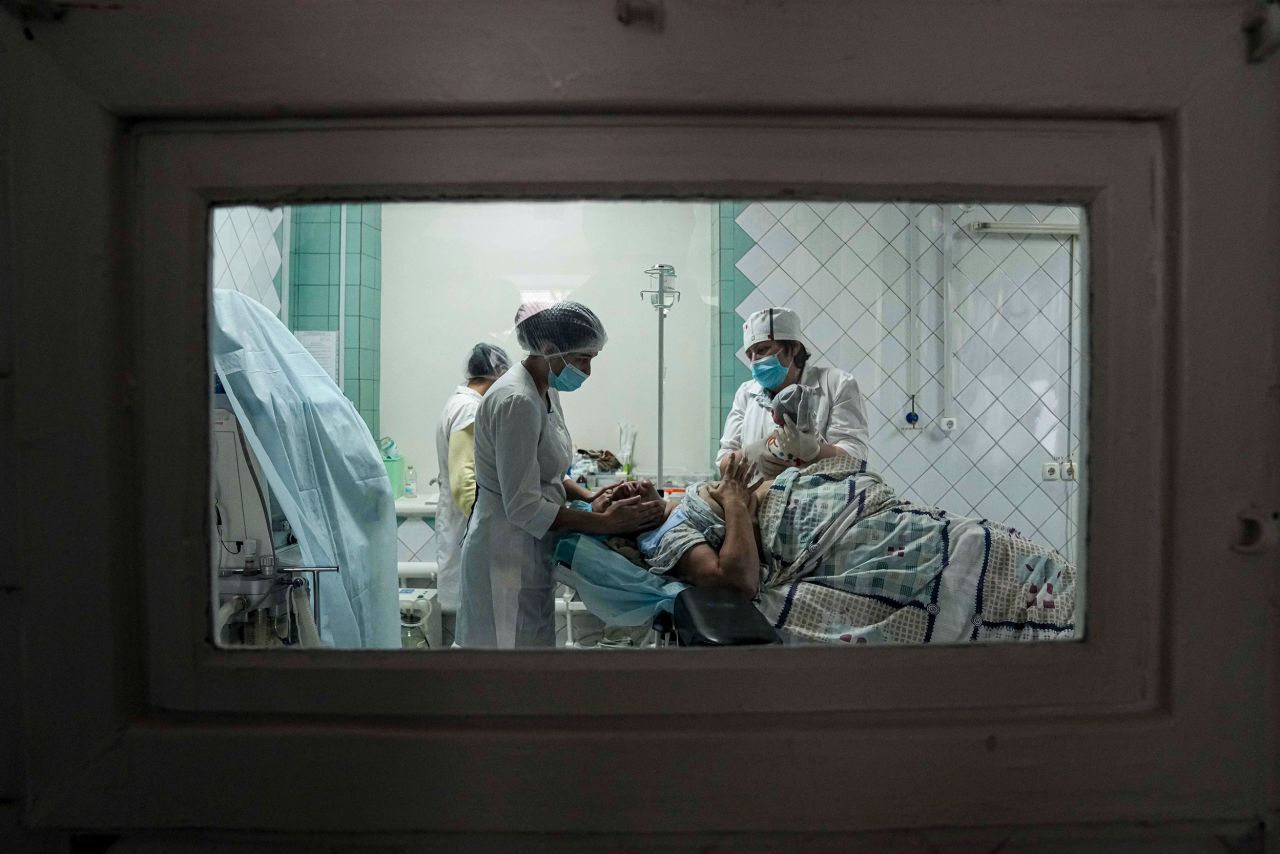






 hold talks in Belarus on February 28. Both sides discussed a potential “ceasefire and the end of combat actions on the territory of Ukraine,” Ukrainian presidential adviser Mikhaylo Podolyak told reporters. Without going into detail, Podolyak said that both sides would return to their capitals for consultations over whether to implement a number of “decisions.”” class=”image_gallery-image__dam-img image_gallery-image__dam-img–loading” onload=’this.classList.remove(‘image_gallery-image__dam-img–loading’)’ height=”1475″ width=”2500″/>
hold talks in Belarus on February 28. Both sides discussed a potential “ceasefire and the end of combat actions on the territory of Ukraine,” Ukrainian presidential adviser Mikhaylo Podolyak told reporters. Without going into detail, Podolyak said that both sides would return to their capitals for consultations over whether to implement a number of “decisions.”” class=”image_gallery-image__dam-img image_gallery-image__dam-img–loading” onload=’this.classList.remove(‘image_gallery-image__dam-img–loading’)’ height=”1475″ width=”2500″/>

 according to the Associated Press was killed by Russian shelling in a residential area, lies on a medical cart at a hospital in Mariupol on February 27. The girl, whose name was not immediately known,
according to the Associated Press was killed by Russian shelling in a residential area, lies on a medical cart at a hospital in Mariupol on February 27. The girl, whose name was not immediately known, 





 extended a citywide curfew.” class=”image_gallery-image__dam-img image_gallery-image__dam-img–loading” onload=’this.classList.remove(‘image_gallery-image__dam-img–loading’)’ height=”2000″ width=”3000″/>
extended a citywide curfew.” class=”image_gallery-image__dam-img image_gallery-image__dam-img–loading” onload=’this.classList.remove(‘image_gallery-image__dam-img–loading’)’ height=”2000″ width=”3000″/>


 that was damaged by shelling.” class=”image_gallery-image__dam-img image_gallery-image__dam-img–loading” onload=’this.classList.remove(‘image_gallery-image__dam-img–loading’)’ height=”1305″ width=”2000″/>
that was damaged by shelling.” class=”image_gallery-image__dam-img image_gallery-image__dam-img–loading” onload=’this.classList.remove(‘image_gallery-image__dam-img–loading’)’ height=”1305″ width=”2000″/>

 The dramatic scene was captured on video, and CNN confirmed its authenticity. The moment drew comparisons to the iconic
The dramatic scene was captured on video, and CNN confirmed its authenticity. The moment drew comparisons to the iconic  told CNN that more than 120,000 people had left Ukraine while 850,000 were internally displaced.” class=”image_gallery-image__dam-img image_gallery-image__dam-img–loading” onload=’this.classList.remove(‘image_gallery-image__dam-img–loading’)’ height=”1333″ width=”2000″/>
told CNN that more than 120,000 people had left Ukraine while 850,000 were internally displaced.” class=”image_gallery-image__dam-img image_gallery-image__dam-img–loading” onload=’this.classList.remove(‘image_gallery-image__dam-img–loading’)’ height=”1333″ width=”2000″/>
 Explosions were seen and heard in parts of the capital as Ukrainians battled to hold back advancing Russian troops.” class=”image_gallery-image__dam-img image_gallery-image__dam-img–loading” onload=’this.classList.remove(‘image_gallery-image__dam-img–loading’)’ height=”1125″ width=”2000″/>
Explosions were seen and heard in parts of the capital as Ukrainians battled to hold back advancing Russian troops.” class=”image_gallery-image__dam-img image_gallery-image__dam-img–loading” onload=’this.classList.remove(‘image_gallery-image__dam-img–loading’)’ height=”1125″ width=”2000″/>
 Newly married couple Yaryna Arieva and Sviatoslav Fursin pose for photo in Kyiv on February 25 after they joined the Territorial Defense Forces.” class=”image_gallery-image__dam-img image_gallery-image__dam-img–loading” onload=’this.classList.remove(‘image_gallery-image__dam-img–loading’)’ height=”1333″ width=”2000″/>
Newly married couple Yaryna Arieva and Sviatoslav Fursin pose for photo in Kyiv on February 25 after they joined the Territorial Defense Forces.” class=”image_gallery-image__dam-img image_gallery-image__dam-img–loading” onload=’this.classList.remove(‘image_gallery-image__dam-img–loading’)’ height=”1333″ width=”2000″/>





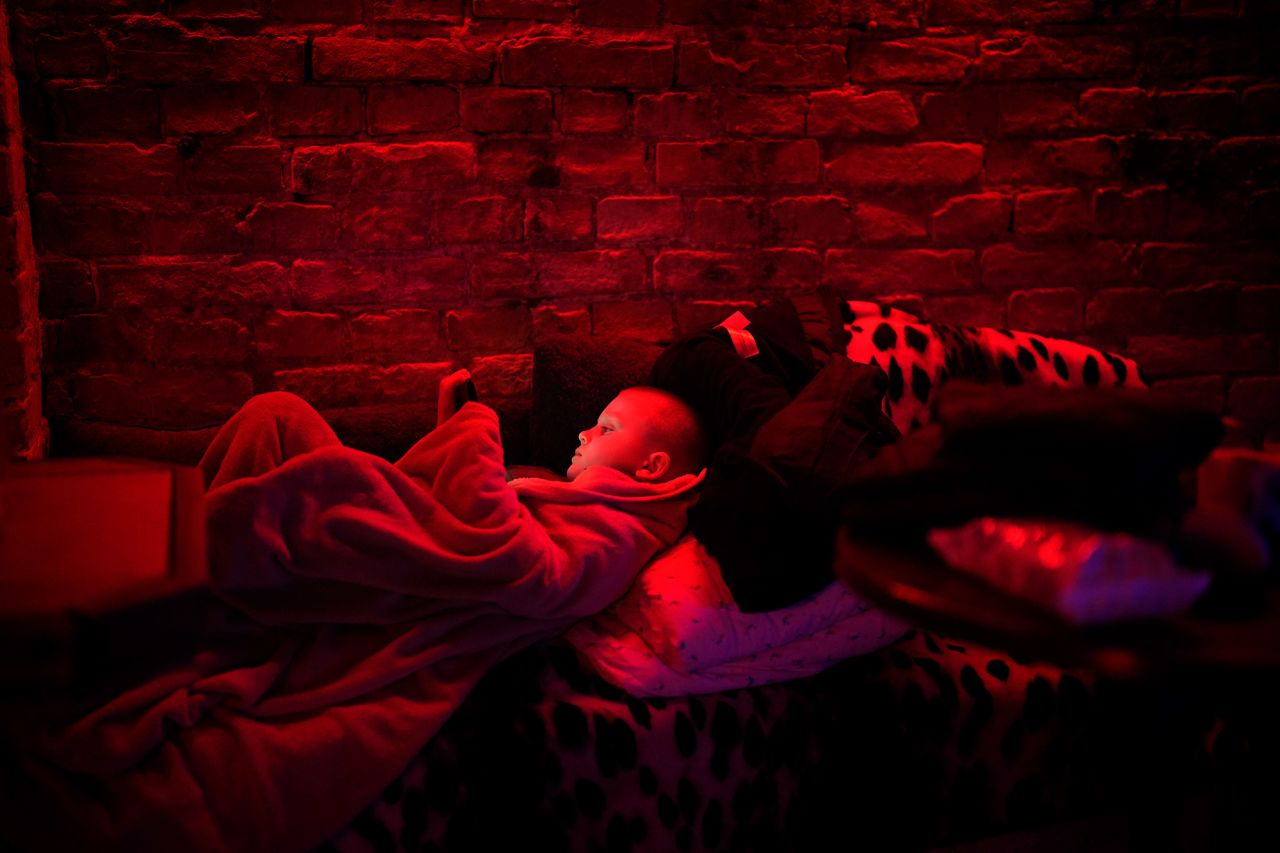
 their wedding ceremony at the St. Michael’s Cathedral in Kyiv on February 24. They had planned on getting married in May, but they rushed to tie the knot due to the attacks by Russian forces. “We maybe can die, and we just wanted to be together before all of that,” Arieva said.” class=”image_gallery-image__dam-img image_gallery-image__dam-img–loading” onload=’this.classList.remove(‘image_gallery-image__dam-img–loading’)’ height=”1875″ width=”2500″/>
their wedding ceremony at the St. Michael’s Cathedral in Kyiv on February 24. They had planned on getting married in May, but they rushed to tie the knot due to the attacks by Russian forces. “We maybe can die, and we just wanted to be together before all of that,” Arieva said.” class=”image_gallery-image__dam-img image_gallery-image__dam-img–loading” onload=’this.classList.remove(‘image_gallery-image__dam-img–loading’)’ height=”1875″ width=”2500″/>

 address the Russian invasion on February 24. “Putin is the aggressor. Putin chose this war. And now he and his country will bear the consequences,” Biden said, laying out a set of measures that will “impose severe cost on the Russian economy, both immediately and over time.”” class=”image_gallery-image__dam-img image_gallery-image__dam-img–loading” onload=’this.classList.remove(‘image_gallery-image__dam-img–loading’)’ height=”1667″ width=”2500″/>
address the Russian invasion on February 24. “Putin is the aggressor. Putin chose this war. And now he and his country will bear the consequences,” Biden said, laying out a set of measures that will “impose severe cost on the Russian economy, both immediately and over time.”” class=”image_gallery-image__dam-img image_gallery-image__dam-img–loading” onload=’this.classList.remove(‘image_gallery-image__dam-img–loading’)’ height=”1667″ width=”2500″/> Airports were also hit in Boryspil, Kharkiv, Ozerne, Kulbakino, Kramatorsk and Chornobaivka.” class=”image_gallery-image__dam-img image_gallery-image__dam-img–loading” onload=’this.classList.remove(‘image_gallery-image__dam-img–loading’)’ height=”3257″ width=”4885″/>
Airports were also hit in Boryspil, Kharkiv, Ozerne, Kulbakino, Kramatorsk and Chornobaivka.” class=”image_gallery-image__dam-img image_gallery-image__dam-img–loading” onload=’this.classList.remove(‘image_gallery-image__dam-img–loading’)’ height=”3257″ width=”4885″/>
 seized control of the the plant, the site of the world’s worst nuclear disaster.” class=”image_gallery-image__dam-img image_gallery-image__dam-img–loading” onload=’this.classList.remove(‘image_gallery-image__dam-img–loading’)’ height=”1581″ width=”2500″/>
seized control of the the plant, the site of the world’s worst nuclear disaster.” class=”image_gallery-image__dam-img image_gallery-image__dam-img–loading” onload=’this.classList.remove(‘image_gallery-image__dam-img–loading’)’ height=”1581″ width=”2500″/>
 In a video address, Zelensky announced that he was introducing martial law. He urged people to remain calm.” class=”image_gallery-image__dam-img image_gallery-image__dam-img–loading” onload=’this.classList.remove(‘image_gallery-image__dam-img–loading’)’ height=”2000″ width=”3000″/>
In a video address, Zelensky announced that he was introducing martial law. He urged people to remain calm.” class=”image_gallery-image__dam-img image_gallery-image__dam-img–loading” onload=’this.classList.remove(‘image_gallery-image__dam-img–loading’)’ height=”2000″ width=”3000″/>

 a barrage of artillery.” class=”image_gallery-image__dam-img image_gallery-image__dam-img–loading” onload=’this.classList.remove(‘image_gallery-image__dam-img–loading’)’ height=”1670″ width=”2500″/>
a barrage of artillery.” class=”image_gallery-image__dam-img image_gallery-image__dam-img–loading” onload=’this.classList.remove(‘image_gallery-image__dam-img–loading’)’ height=”1670″ width=”2500″/>
 exiting Kyiv on February 24. Heavy traffic appeared to be heading west, away from where explosions were heard early in the morning.” class=”image_gallery-image__dam-img image_gallery-image__dam-img–loading” onload=’this.classList.remove(‘image_gallery-image__dam-img–loading’)’ height=”1335″ width=”2000″/>
exiting Kyiv on February 24. Heavy traffic appeared to be heading west, away from where explosions were heard early in the morning.” class=”image_gallery-image__dam-img image_gallery-image__dam-img–loading” onload=’this.classList.remove(‘image_gallery-image__dam-img–loading’)’ height=”1335″ width=”2000″/>
 announces a military operation in the Donbas region of eastern Ukraine on February 24. “Whoever tries to interfere with us, and even more so to create threats to our country, to our people, should know that Russia’s response will be immediate and will lead you to such consequences as you have never experienced in your history,” he said.” class=”image_gallery-image__dam-img image_gallery-image__dam-img–loading” onload=’this.classList.remove(‘image_gallery-image__dam-img–loading’)’ height=”1219″ width=”2000″/>
announces a military operation in the Donbas region of eastern Ukraine on February 24. “Whoever tries to interfere with us, and even more so to create threats to our country, to our people, should know that Russia’s response will be immediate and will lead you to such consequences as you have never experienced in your history,” he said.” class=”image_gallery-image__dam-img image_gallery-image__dam-img–loading” onload=’this.classList.remove(‘image_gallery-image__dam-img–loading’)’ height=”1219″ width=”2000″/> An emergency meeting of the UN Security Council is held in New York to discuss the crisis on February 23. UN Secretary General Antonio Guterres told Russian President Vladimir Putin to stop “attacking Ukraine” and to give peace a chance.” class=”image_gallery-image__dam-img image_gallery-image__dam-img–loading” onload=’this.classList.remove(‘image_gallery-image__dam-img–loading’)’ height=”1125″ width=”2000″/>
An emergency meeting of the UN Security Council is held in New York to discuss the crisis on February 23. UN Secretary General Antonio Guterres told Russian President Vladimir Putin to stop “attacking Ukraine” and to give peace a chance.” class=”image_gallery-image__dam-img image_gallery-image__dam-img–loading” onload=’this.classList.remove(‘image_gallery-image__dam-img–loading’)’ height=”1125″ width=”2000″/>



 killed by a shrapnel wound on February 19 after several rounds of artillery fire were directed at Ukrainian positions near Myronivske.” class=”image_gallery-image__dam-img image_gallery-image__dam-img–loading” onload=’this.classList.remove(‘image_gallery-image__dam-img–loading’)’ height=”1334″ width=”2000″/>
killed by a shrapnel wound on February 19 after several rounds of artillery fire were directed at Ukrainian positions near Myronivske.” class=”image_gallery-image__dam-img image_gallery-image__dam-img–loading” onload=’this.classList.remove(‘image_gallery-image__dam-img–loading’)’ height=”1334″ width=”2000″/> Global markets tumbled the day after Putin ordered troops into parts of eastern Ukraine.” class=”image_gallery-image__dam-img image_gallery-image__dam-img–loading” onload=’this.classList.remove(‘image_gallery-image__dam-img–loading’)’ height=”1334″ width=”2000″/>
Global markets tumbled the day after Putin ordered troops into parts of eastern Ukraine.” class=”image_gallery-image__dam-img image_gallery-image__dam-img–loading” onload=’this.classList.remove(‘image_gallery-image__dam-img–loading’)’ height=”1334″ width=”2000″/>
 an address by Putin from their hotel room in Taganrog, Russia, on February 21. Putin blasted Kyiv’s growing security ties with the West, and in lengthy remarks about the history of the USSR and the formation of the Ukrainian Socialist Soviet Republic, he appeared to cast doubt on Ukraine’s right to self-determination.” class=”image_gallery-image__dam-img image_gallery-image__dam-img–loading” onload=’this.classList.remove(‘image_gallery-image__dam-img–loading’)’ height=”1573″ width=”2500″/>
an address by Putin from their hotel room in Taganrog, Russia, on February 21. Putin blasted Kyiv’s growing security ties with the West, and in lengthy remarks about the history of the USSR and the formation of the Ukrainian Socialist Soviet Republic, he appeared to cast doubt on Ukraine’s right to self-determination.” class=”image_gallery-image__dam-img image_gallery-image__dam-img–loading” onload=’this.classList.remove(‘image_gallery-image__dam-img–loading’)’ height=”1573″ width=”2500″/> Putin signs decrees recognizing the Donetsk People’s Republic and the Luhansk People’s Republic in a ceremony in Moscow on February 21. Earlier in the day, the heads of the self-proclaimed pro-Russian republics requested the Kremlin leader recognize their independence and sovereignty. Members of Putin’s Security Council supported the initiative in a meeting earlier in the day.” class=”image_gallery-image__dam-img image_gallery-image__dam-img–loading” onload=’this.classList.remove(‘image_gallery-image__dam-img–loading’)’ height=”1617″ width=”2500″/>
Putin signs decrees recognizing the Donetsk People’s Republic and the Luhansk People’s Republic in a ceremony in Moscow on February 21. Earlier in the day, the heads of the self-proclaimed pro-Russian republics requested the Kremlin leader recognize their independence and sovereignty. Members of Putin’s Security Council supported the initiative in a meeting earlier in the day.” class=”image_gallery-image__dam-img image_gallery-image__dam-img–loading” onload=’this.classList.remove(‘image_gallery-image__dam-img–loading’)’ height=”1617″ width=”2500″/>




 the position came under fire. No one was injured.” class=”image_gallery-image__dam-img image_gallery-image__dam-img–loading” onload=’this.classList.remove(‘image_gallery-image__dam-img–loading’)’ height=”1406″ width=”2500″/>
the position came under fire. No one was injured.” class=”image_gallery-image__dam-img image_gallery-image__dam-img–loading” onload=’this.classList.remove(‘image_gallery-image__dam-img–loading’)’ height=”1406″ width=”2500″/>




 a staged attack designed to stoke tensions in eastern Ukraine.” class=”image_gallery-image__dam-img image_gallery-image__dam-img–loading” onload=’this.classList.remove(‘image_gallery-image__dam-img–loading’)’ height=”1068″ width=”1600″/>
a staged attack designed to stoke tensions in eastern Ukraine.” class=”image_gallery-image__dam-img image_gallery-image__dam-img–loading” onload=’this.classList.remove(‘image_gallery-image__dam-img–loading’)’ height=”1068″ width=”1600″/> those who died in 2014 while protesting against the government of President Viktor Yanukovych, a pro-Russian leader who later fled the country.” class=”image_gallery-image__dam-img image_gallery-image__dam-img–loading” onload=’this.classList.remove(‘image_gallery-image__dam-img–loading’)’ height=”1307″ width=”2000″/>
those who died in 2014 while protesting against the government of President Viktor Yanukovych, a pro-Russian leader who later fled the country.” class=”image_gallery-image__dam-img image_gallery-image__dam-img–loading” onload=’this.classList.remove(‘image_gallery-image__dam-img–loading’)’ height=”1307″ width=”2000″/> damaged by shelling is seen in Stanytsia Luhanska, Ukraine, on February 17. No lives were lost, but it was a stark reminder of the stakes for people living near the front lines that separate Ukrainian government forces from Russian-backed separatists.” class=”image_gallery-image__dam-img image_gallery-image__dam-img–loading” onload=’this.classList.remove(‘image_gallery-image__dam-img–loading’)’ height=”1333″ width=”2000″/>
damaged by shelling is seen in Stanytsia Luhanska, Ukraine, on February 17. No lives were lost, but it was a stark reminder of the stakes for people living near the front lines that separate Ukrainian government forces from Russian-backed separatists.” class=”image_gallery-image__dam-img image_gallery-image__dam-img–loading” onload=’this.classList.remove(‘image_gallery-image__dam-img–loading’)’ height=”1333″ width=”2000″/>



 urged Americans in Ukraine to leave the country, warning that “things could go crazy quickly” in the region.” class=”image_gallery-image__dam-img image_gallery-image__dam-img–loading” onload=’this.classList.remove(‘image_gallery-image__dam-img–loading’)’ height=”1336″ width=”2000″/>
urged Americans in Ukraine to leave the country, warning that “things could go crazy quickly” in the region.” class=”image_gallery-image__dam-img image_gallery-image__dam-img–loading” onload=’this.classList.remove(‘image_gallery-image__dam-img–loading’)’ height=”1336″ width=”2000″/> were hit by cyberattacks that day, as were the websites of Ukraine’s defense ministry and army, according to Ukrainian government agencies.” class=”image_gallery-image__dam-img image_gallery-image__dam-img–loading” onload=’this.classList.remove(‘image_gallery-image__dam-img–loading’)’ height=”1334″ width=”2000″/>
were hit by cyberattacks that day, as were the websites of Ukraine’s defense ministry and army, according to Ukrainian government agencies.” class=”image_gallery-image__dam-img image_gallery-image__dam-img–loading” onload=’this.classList.remove(‘image_gallery-image__dam-img–loading’)’ height=”1334″ width=”2000″/>





